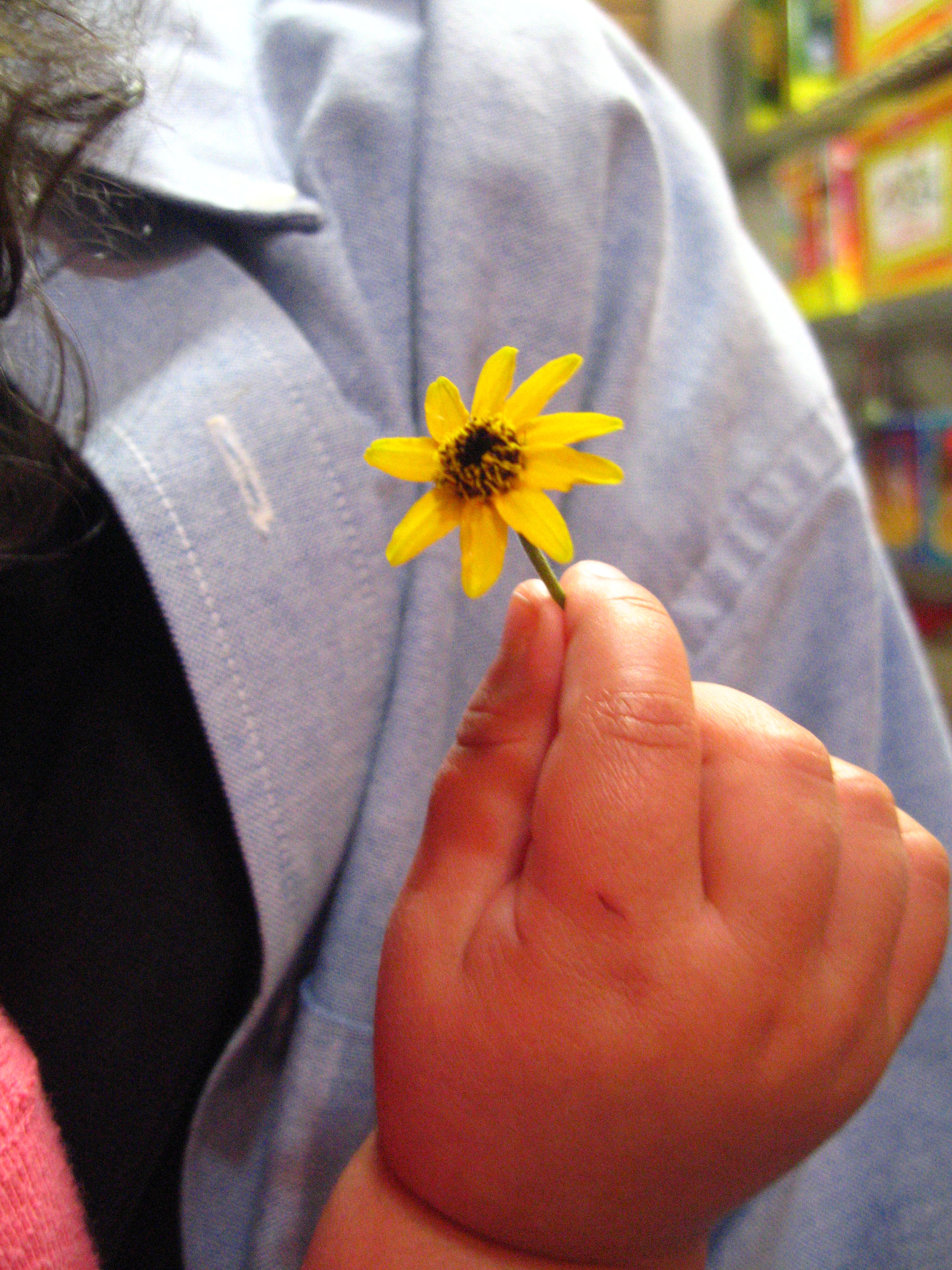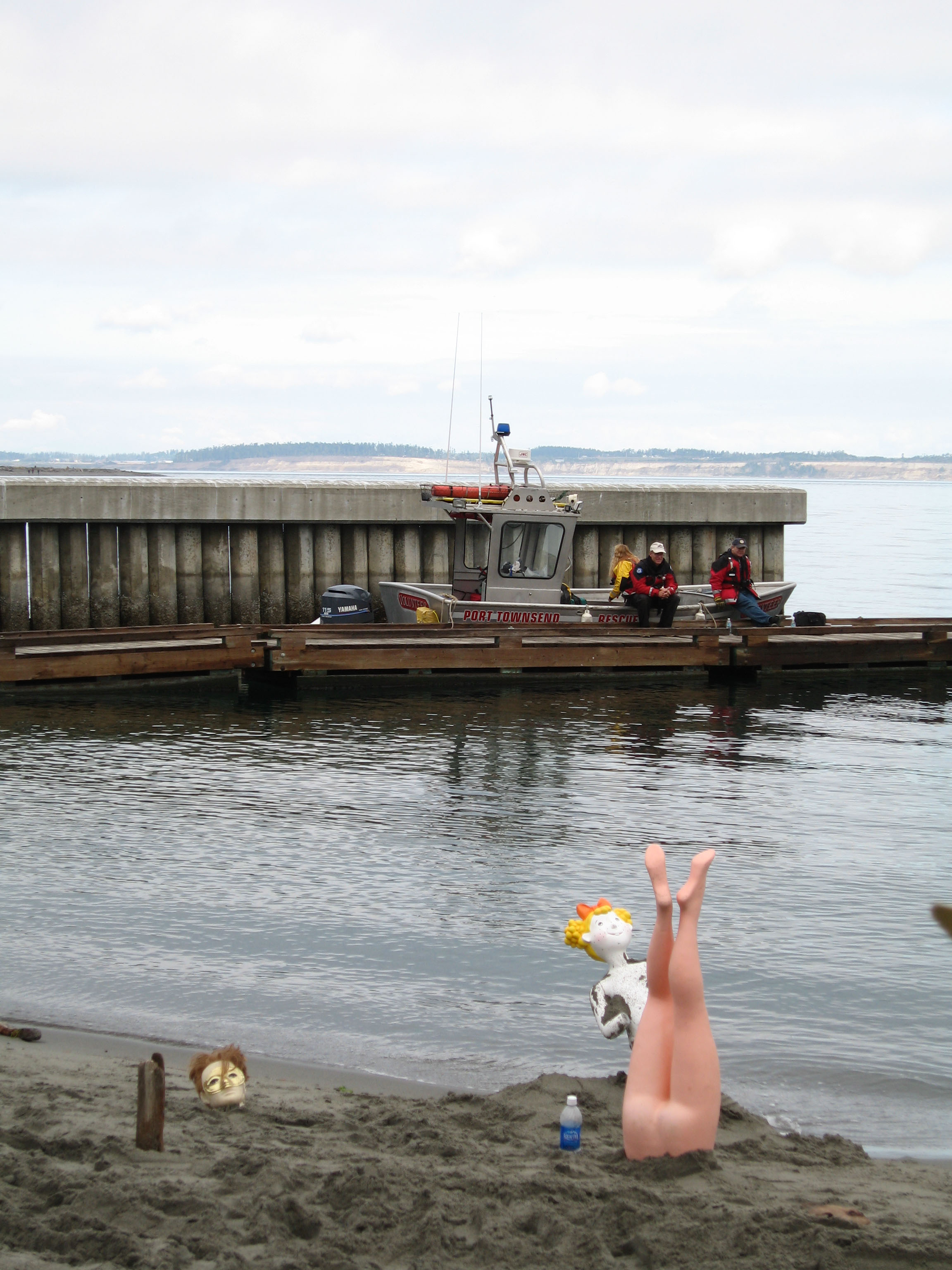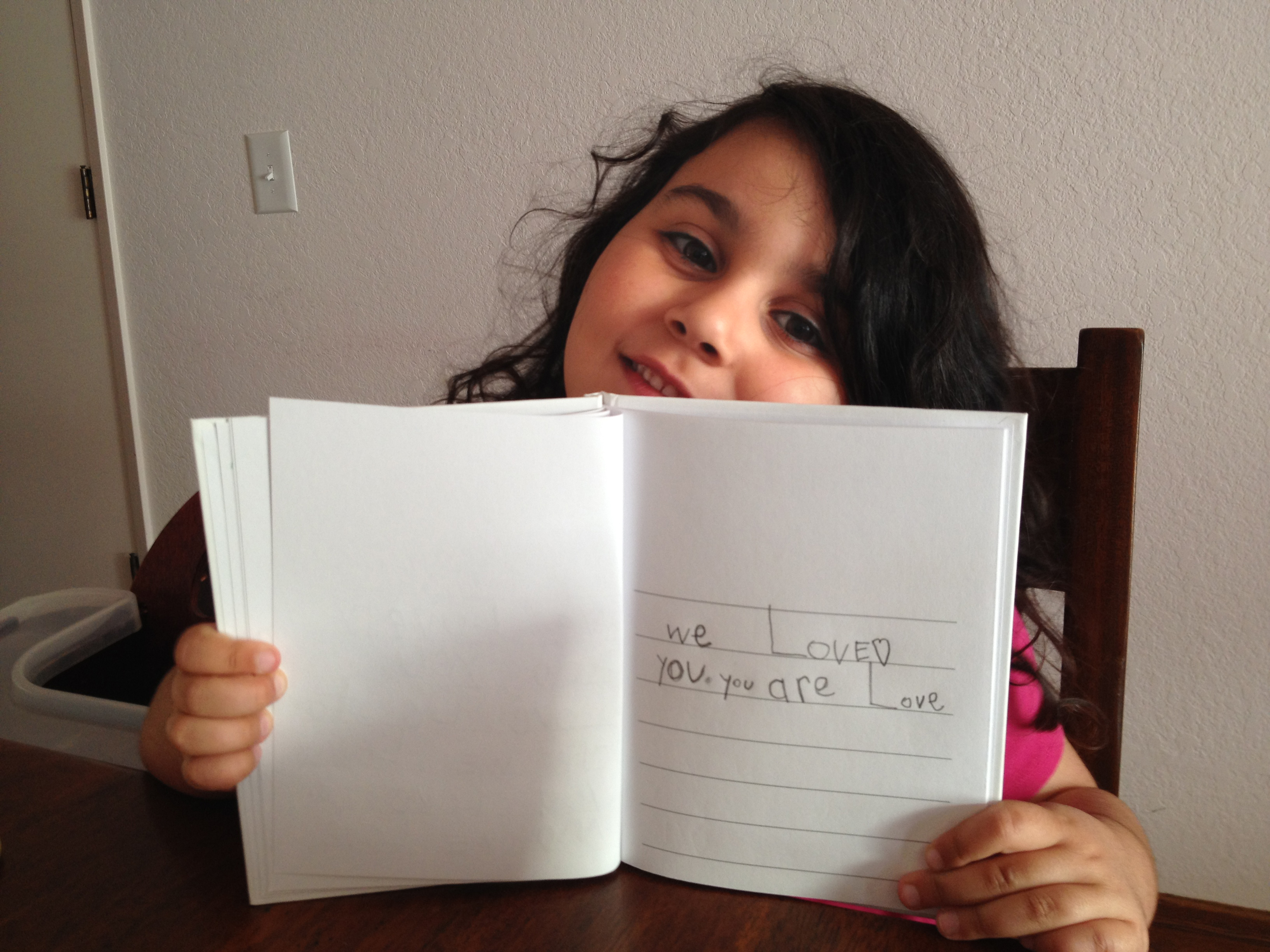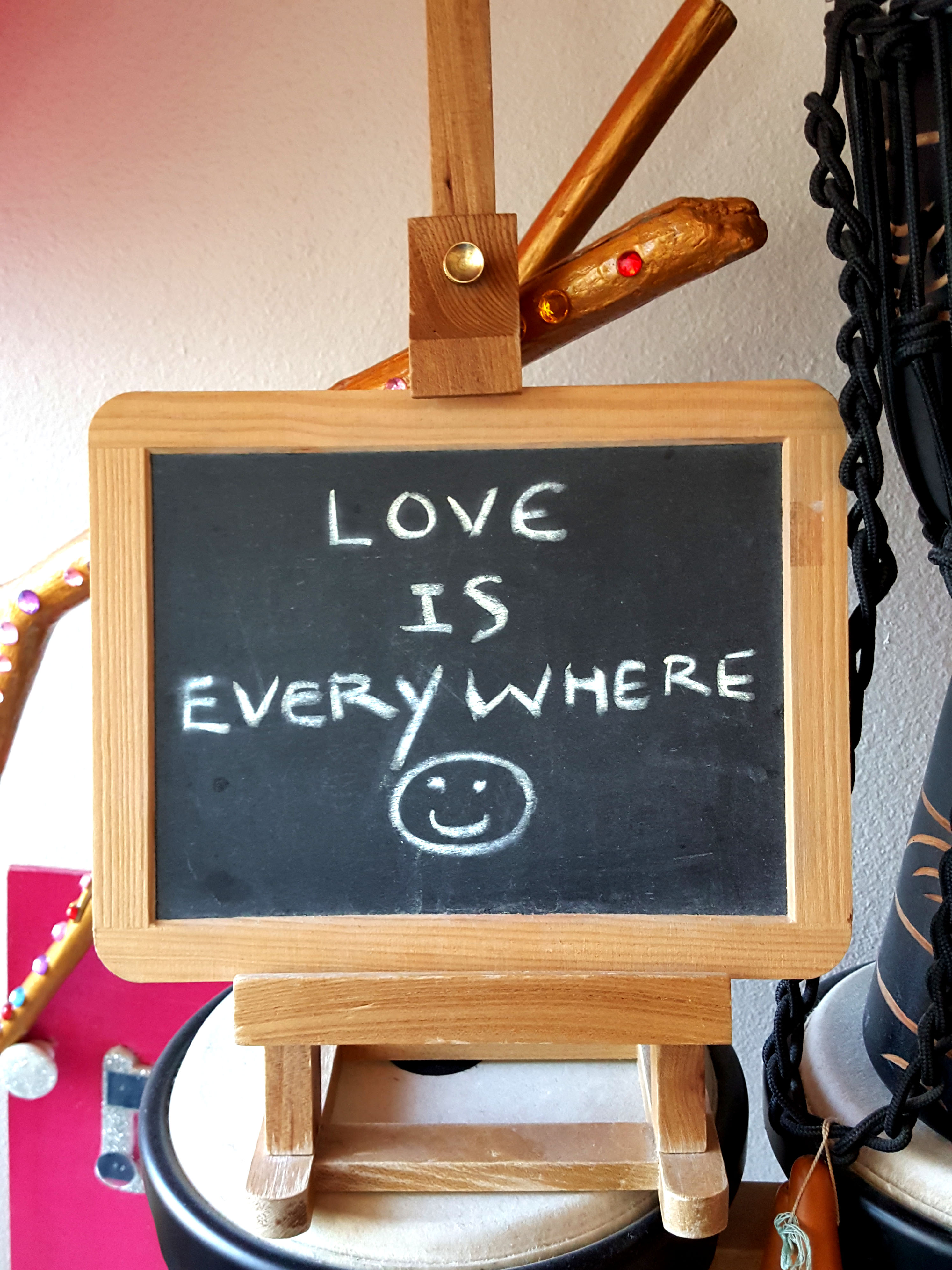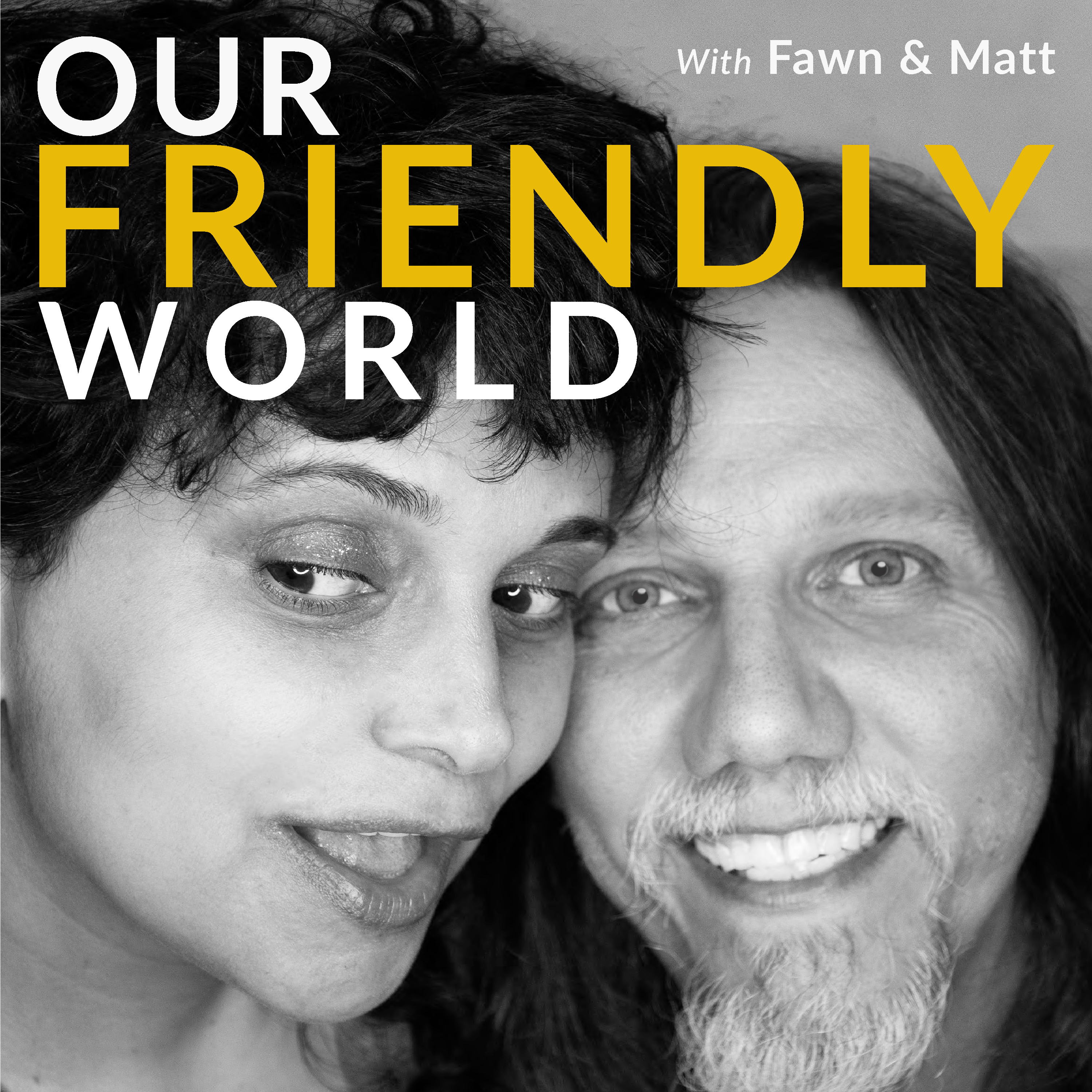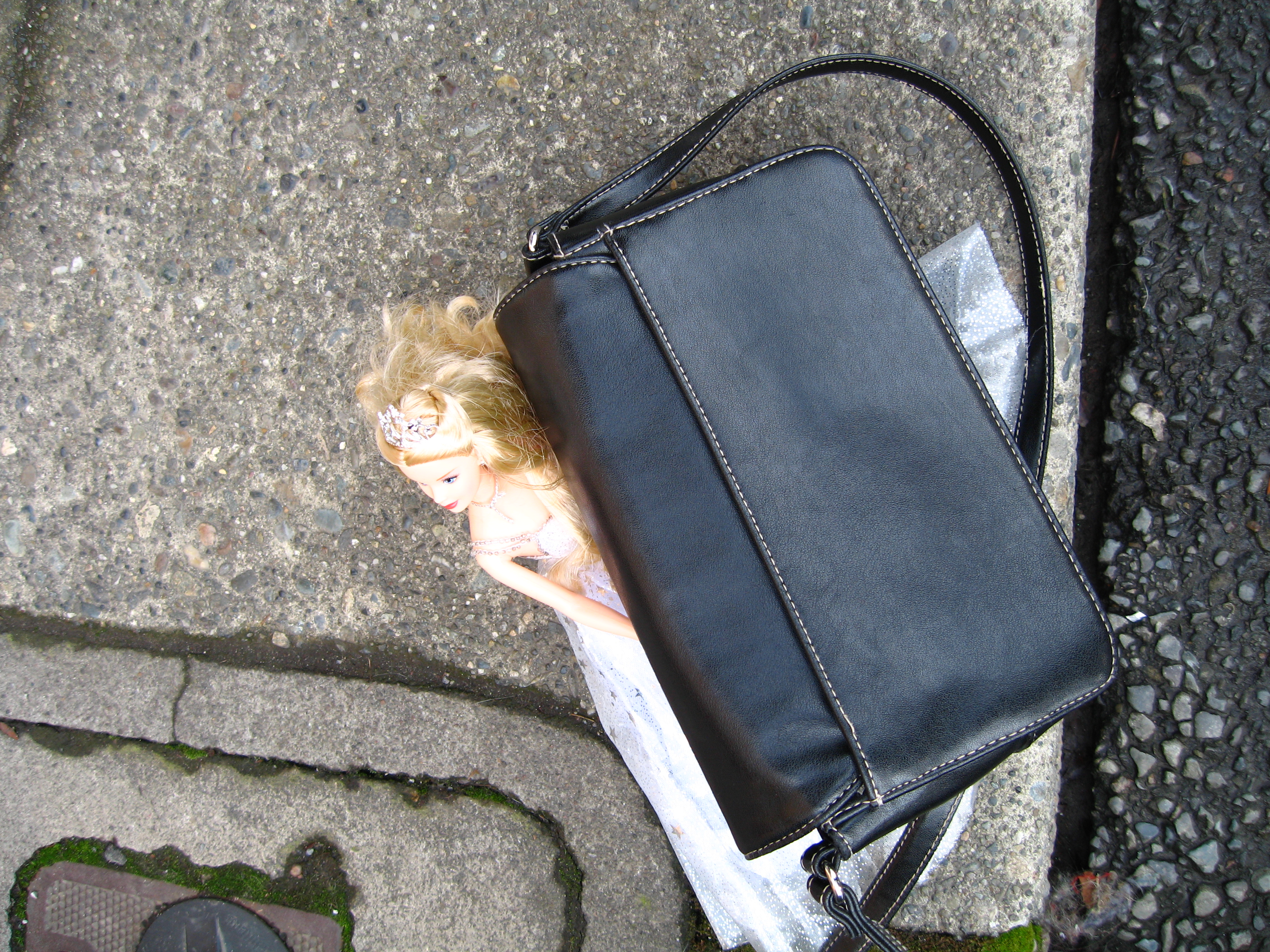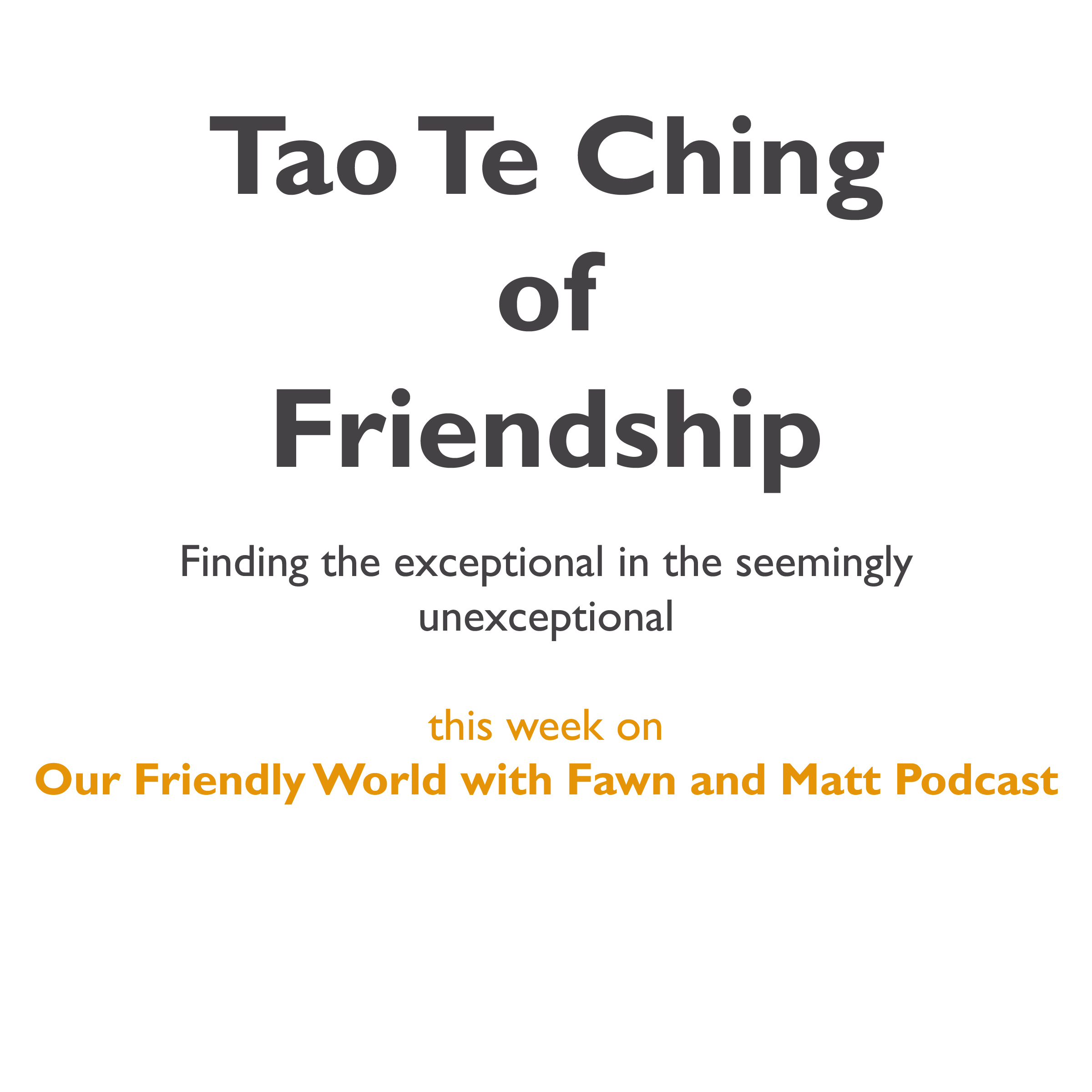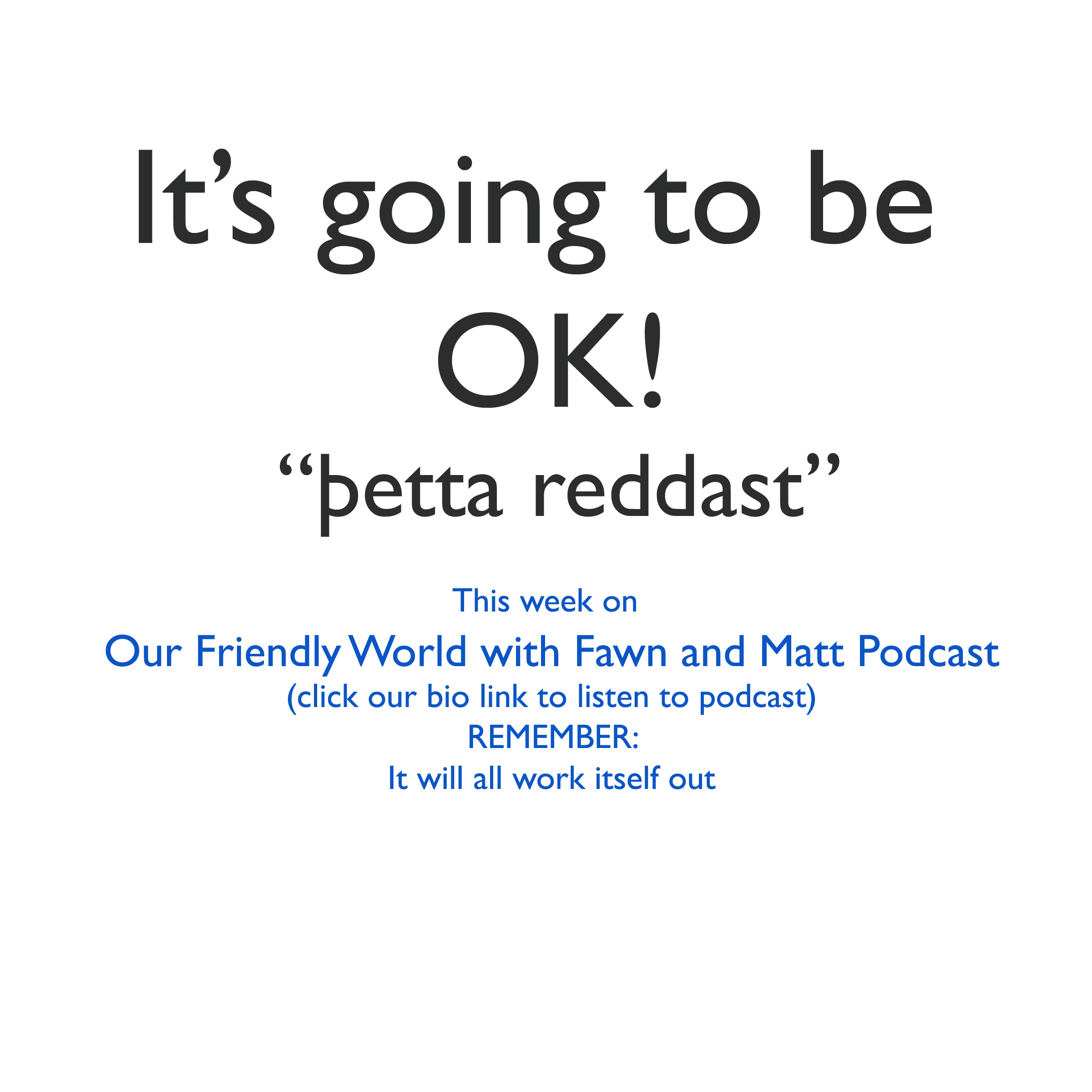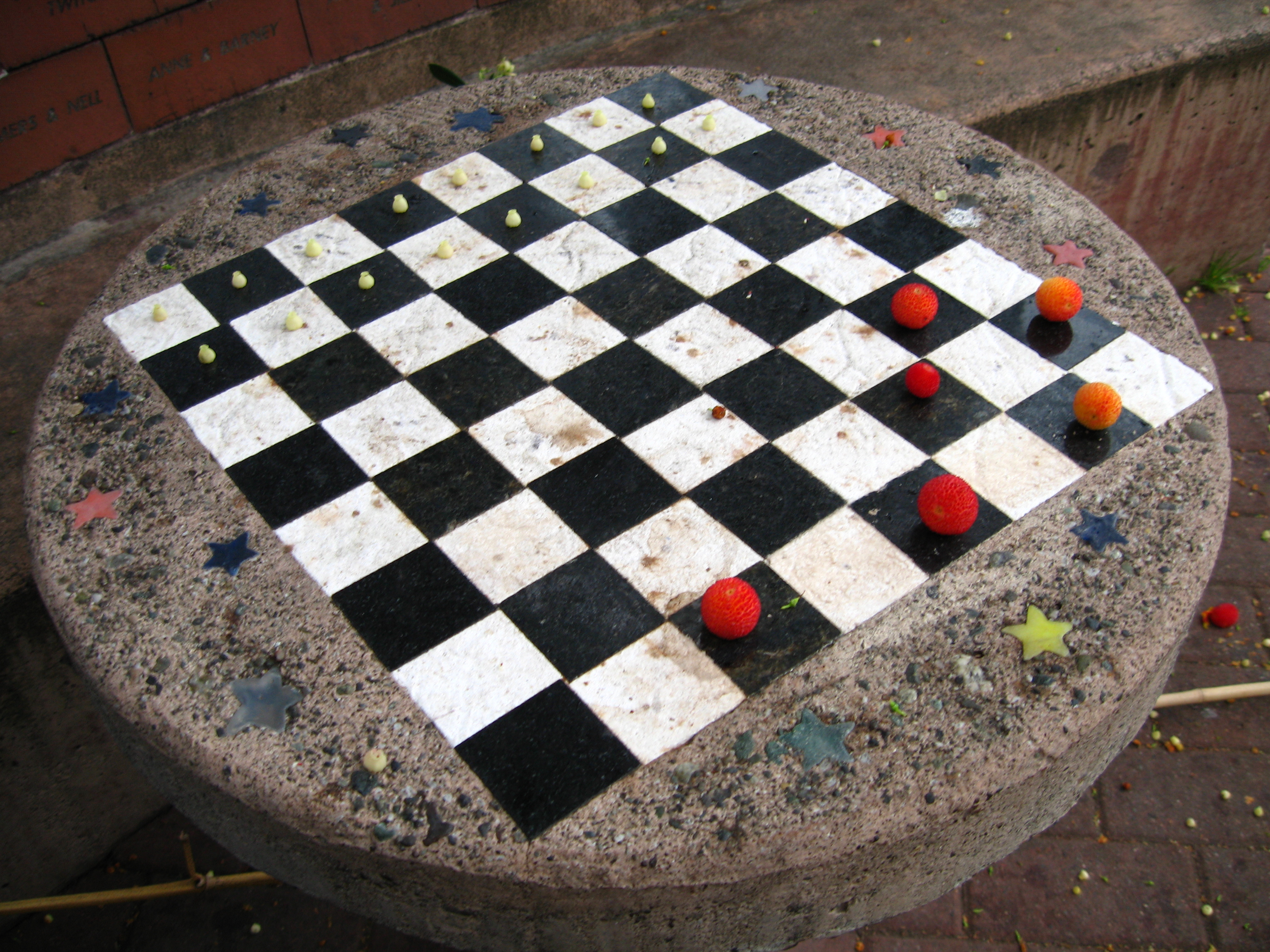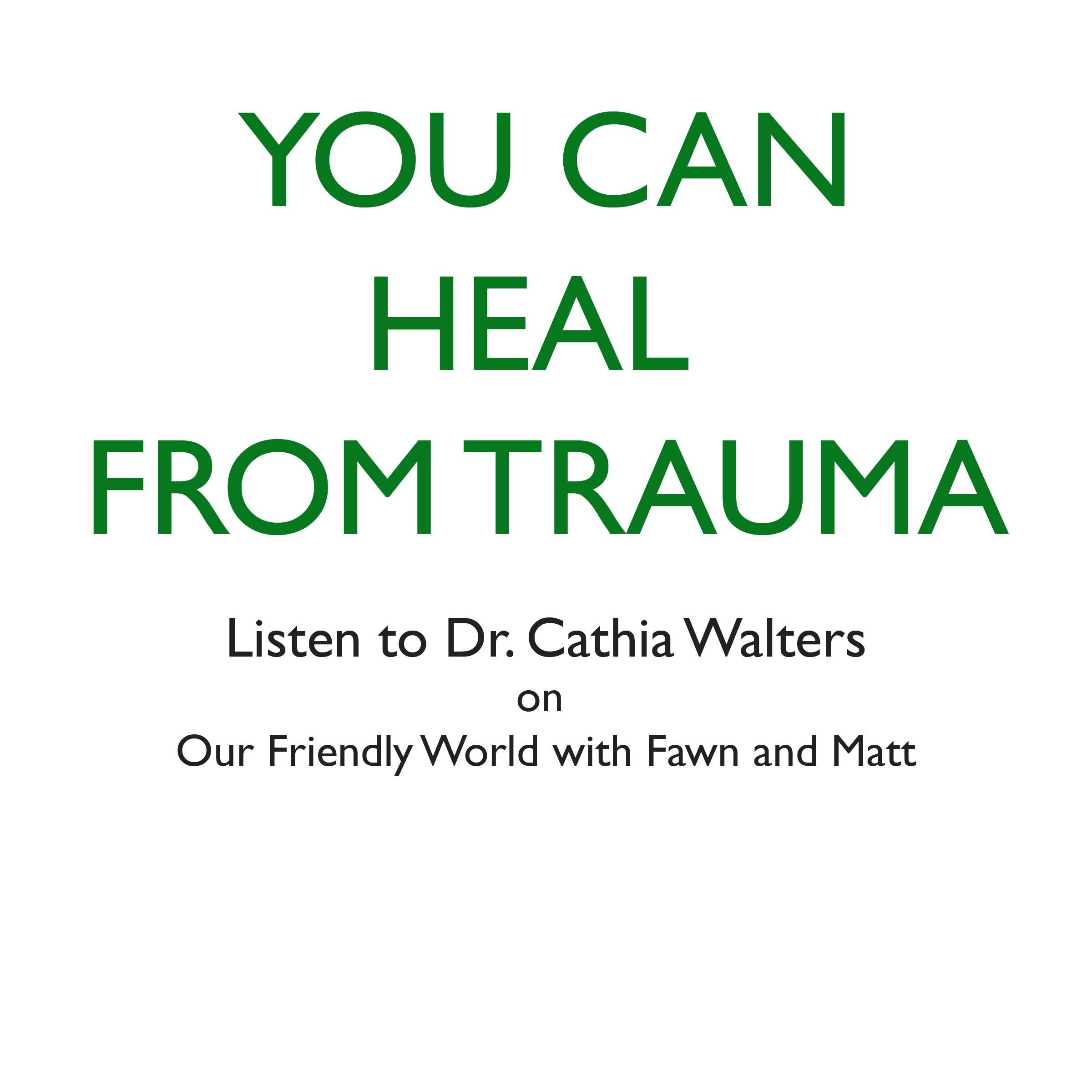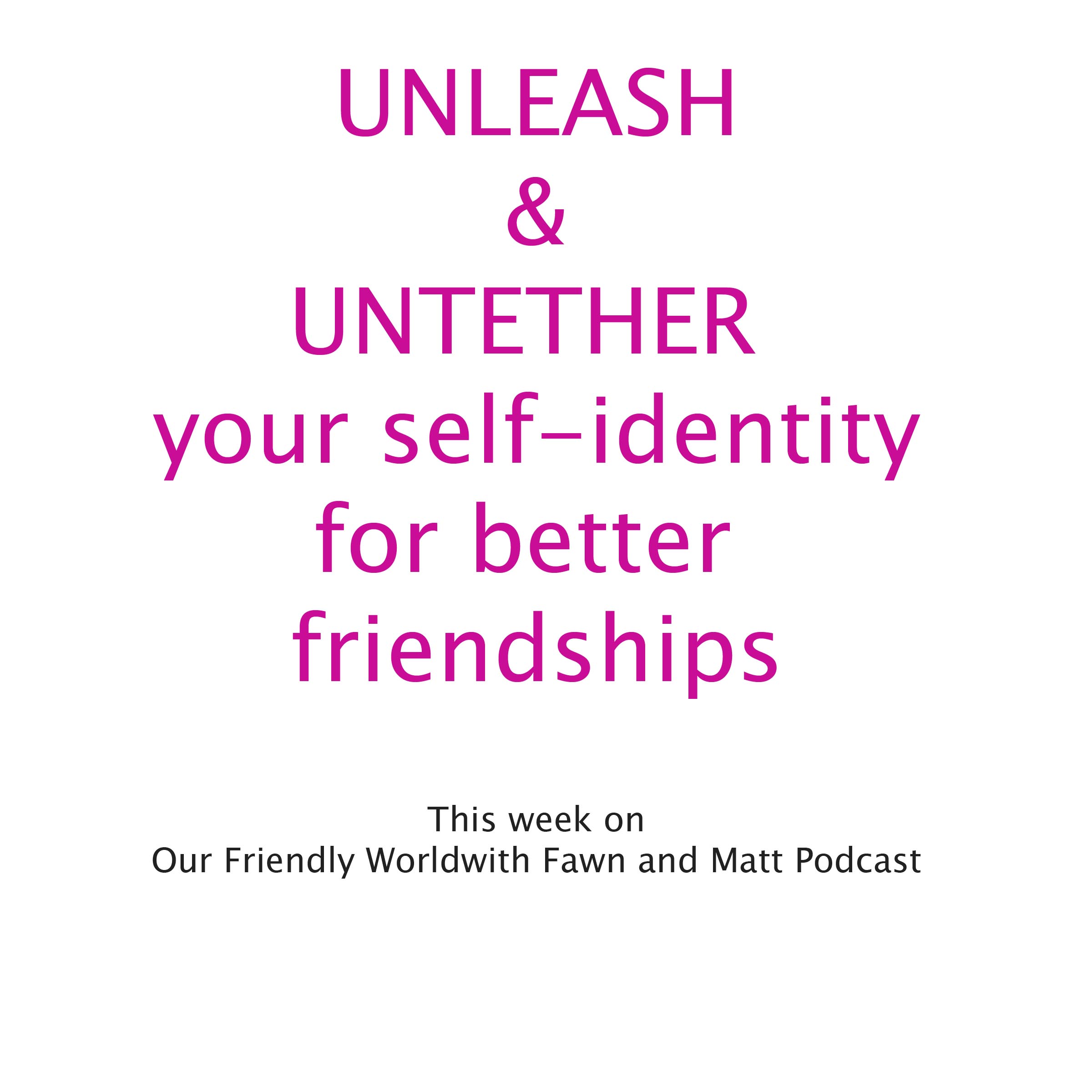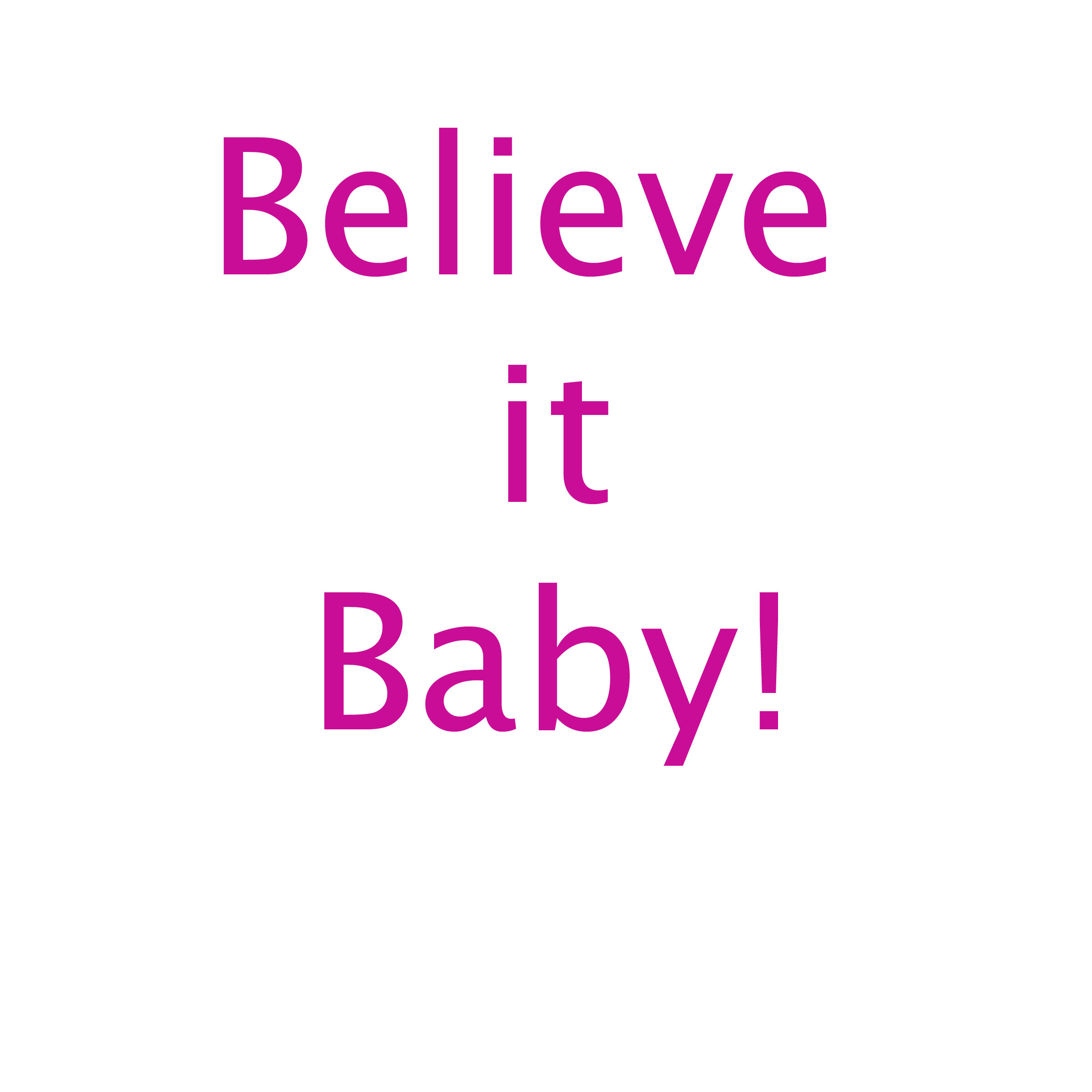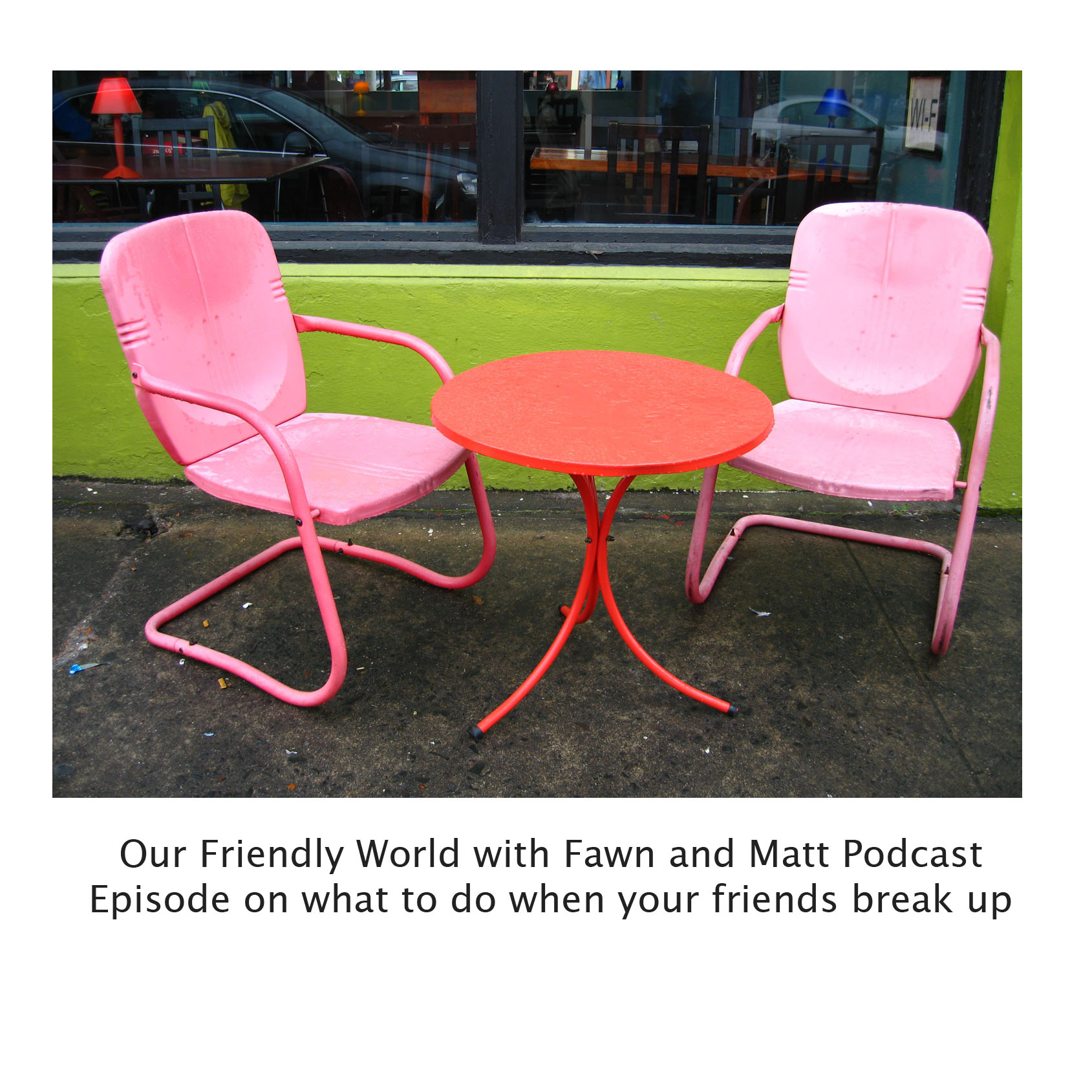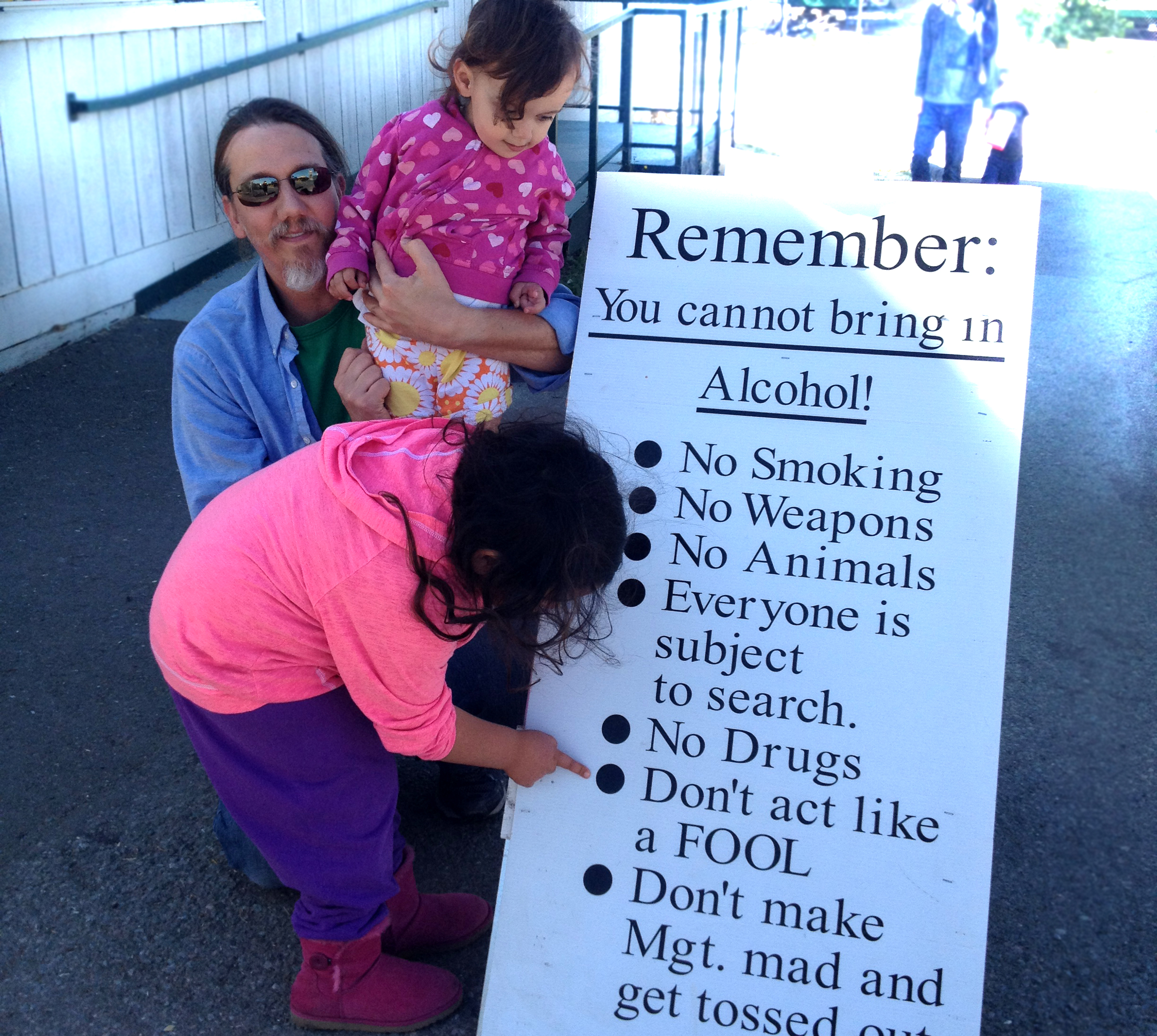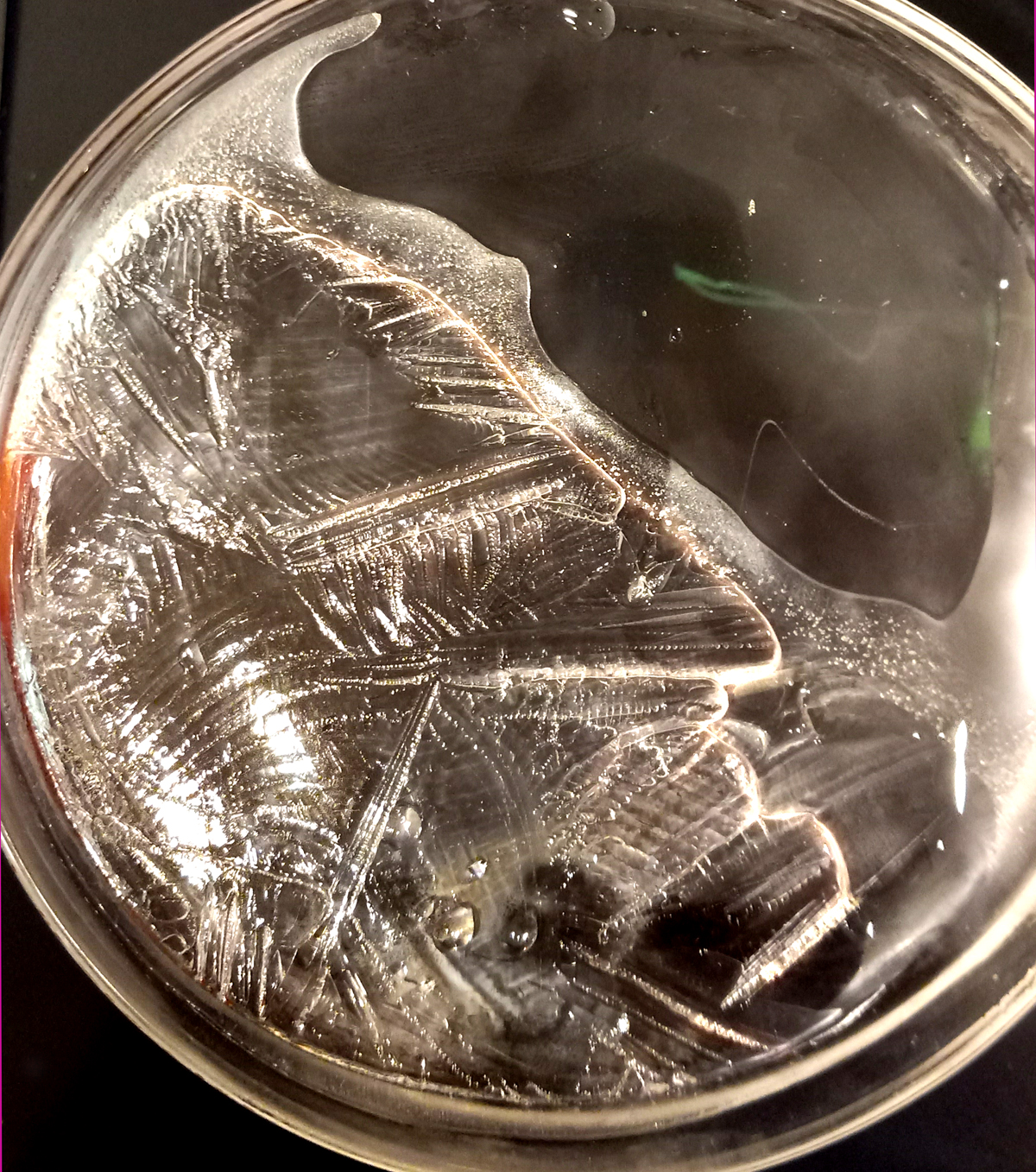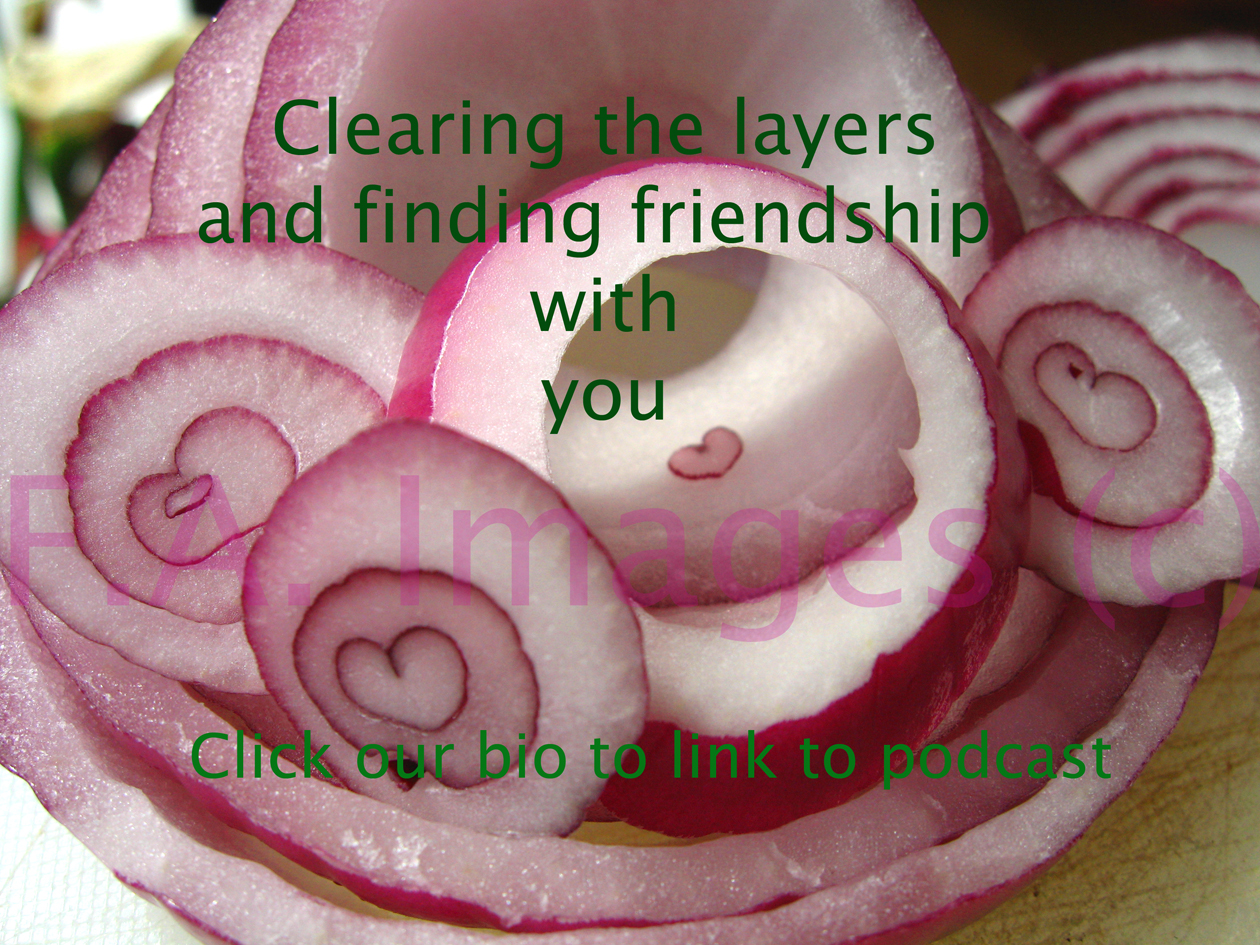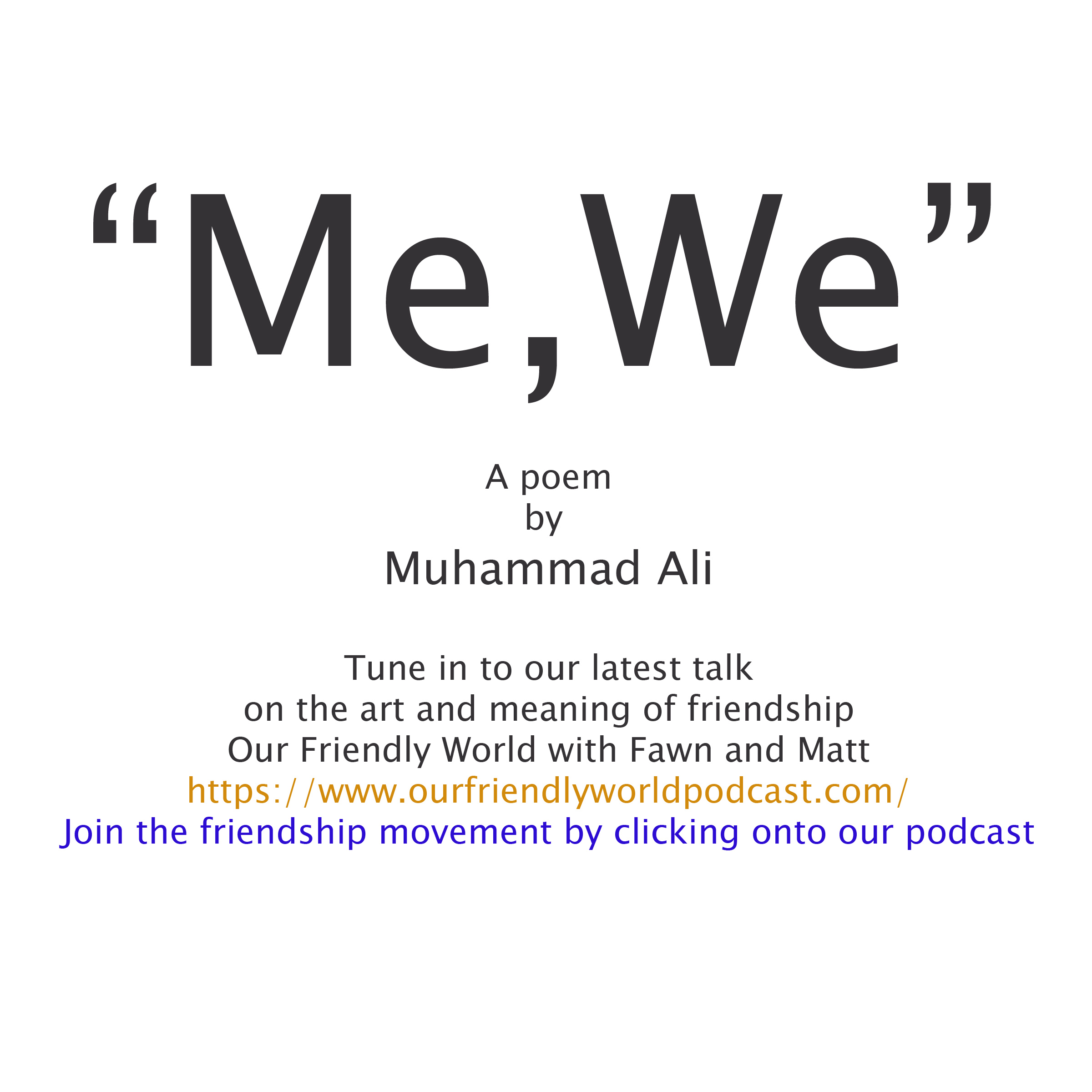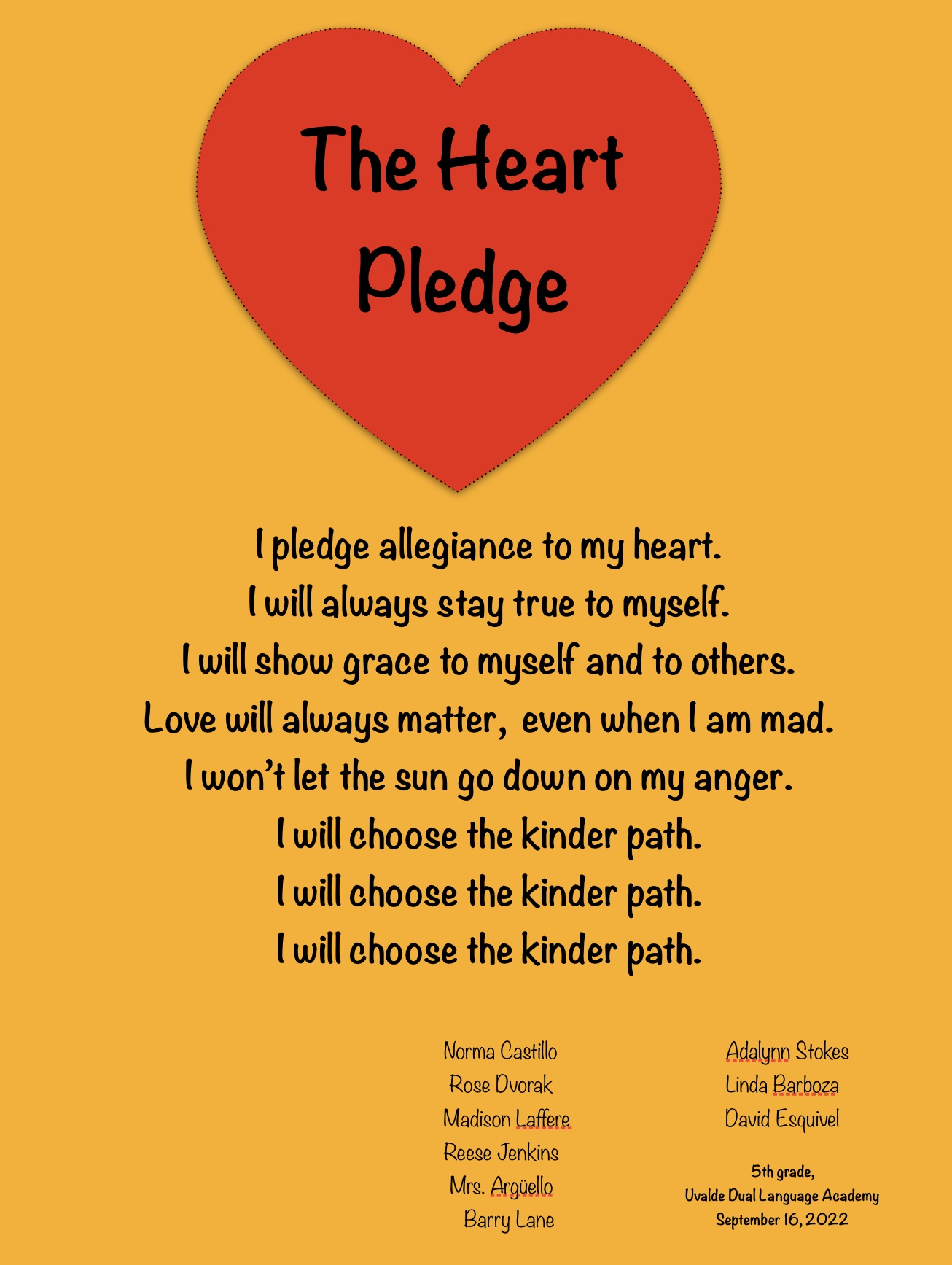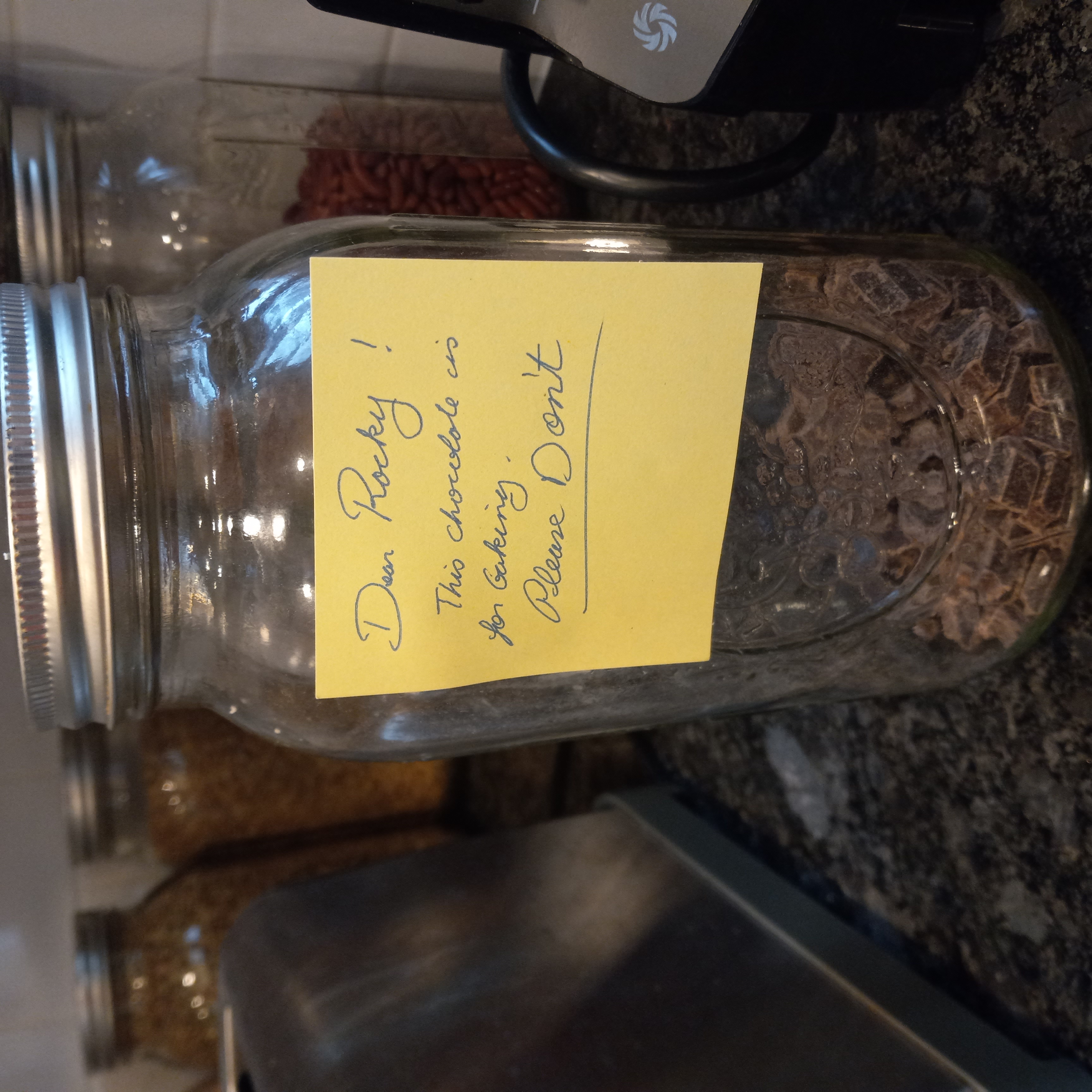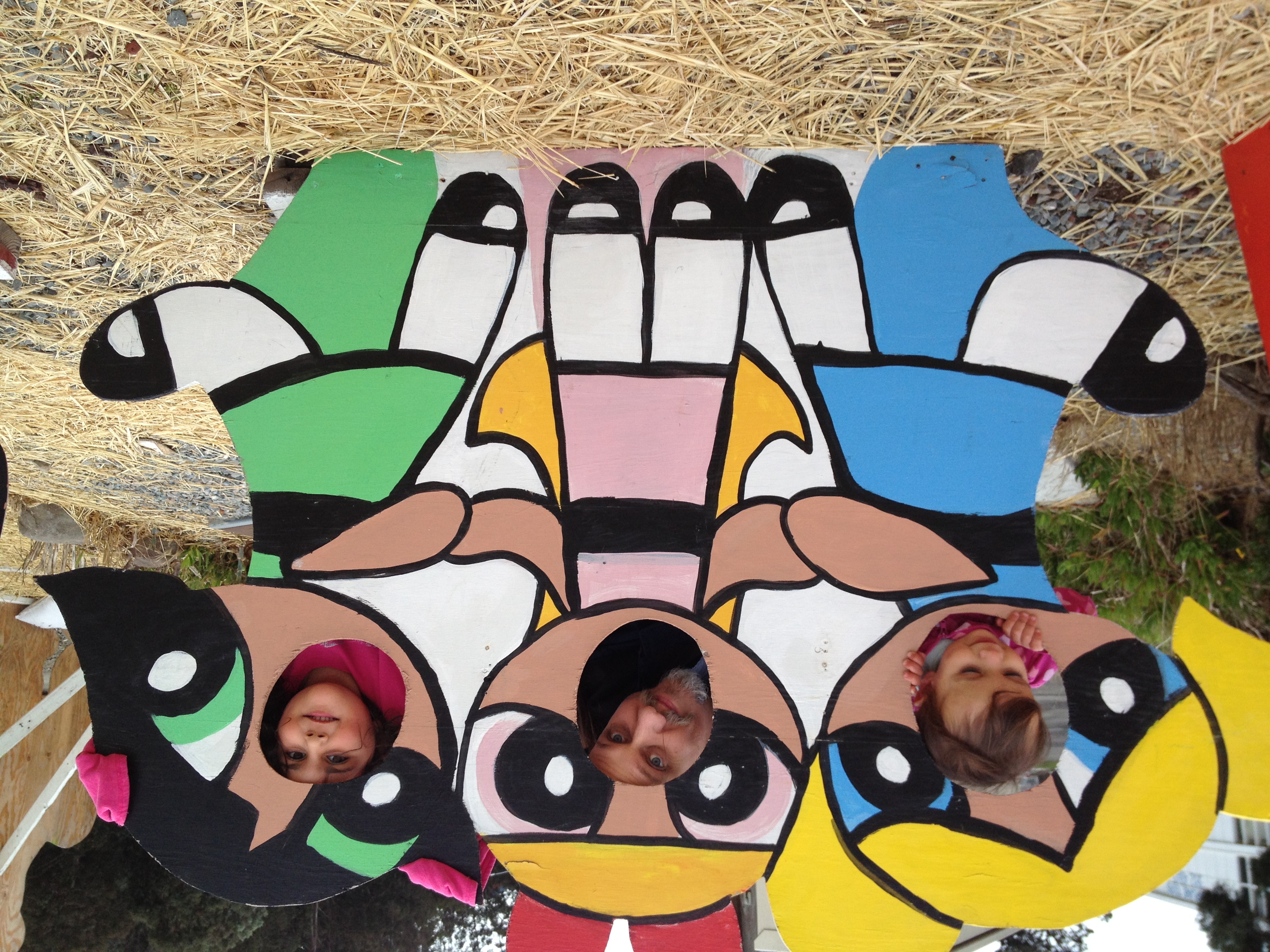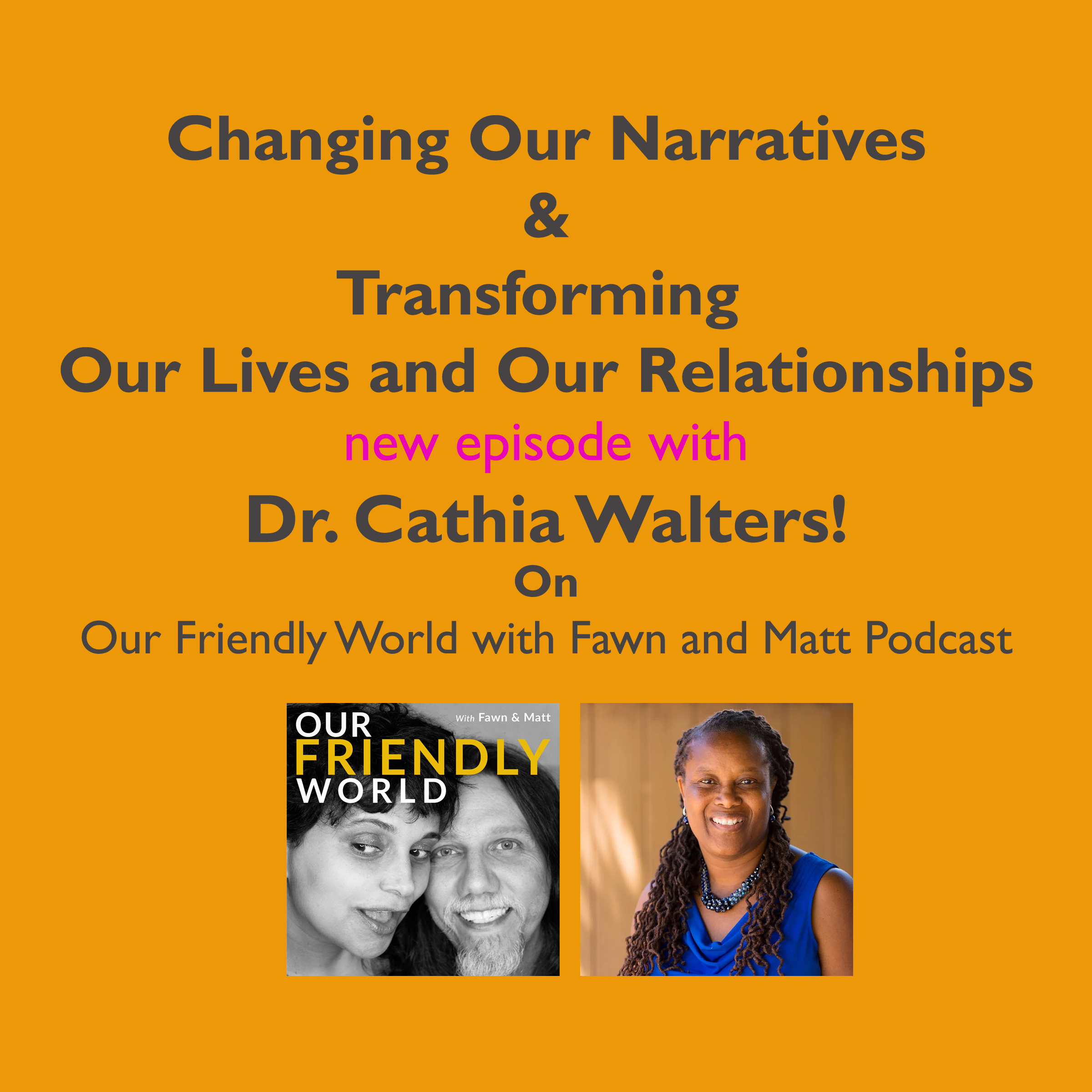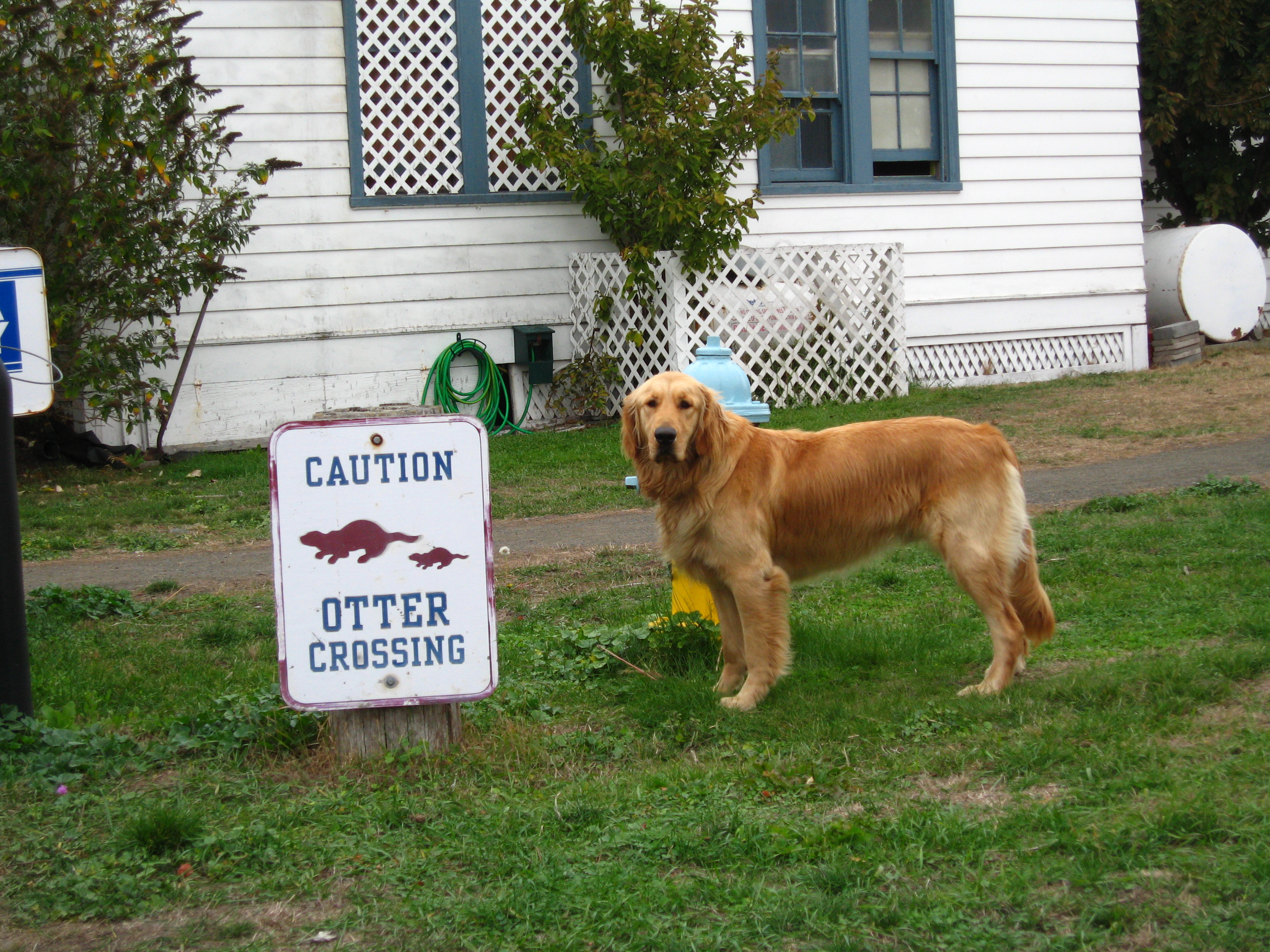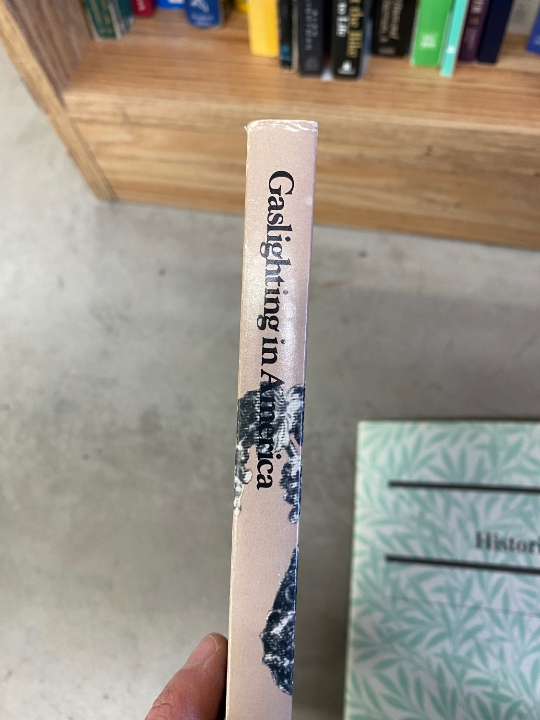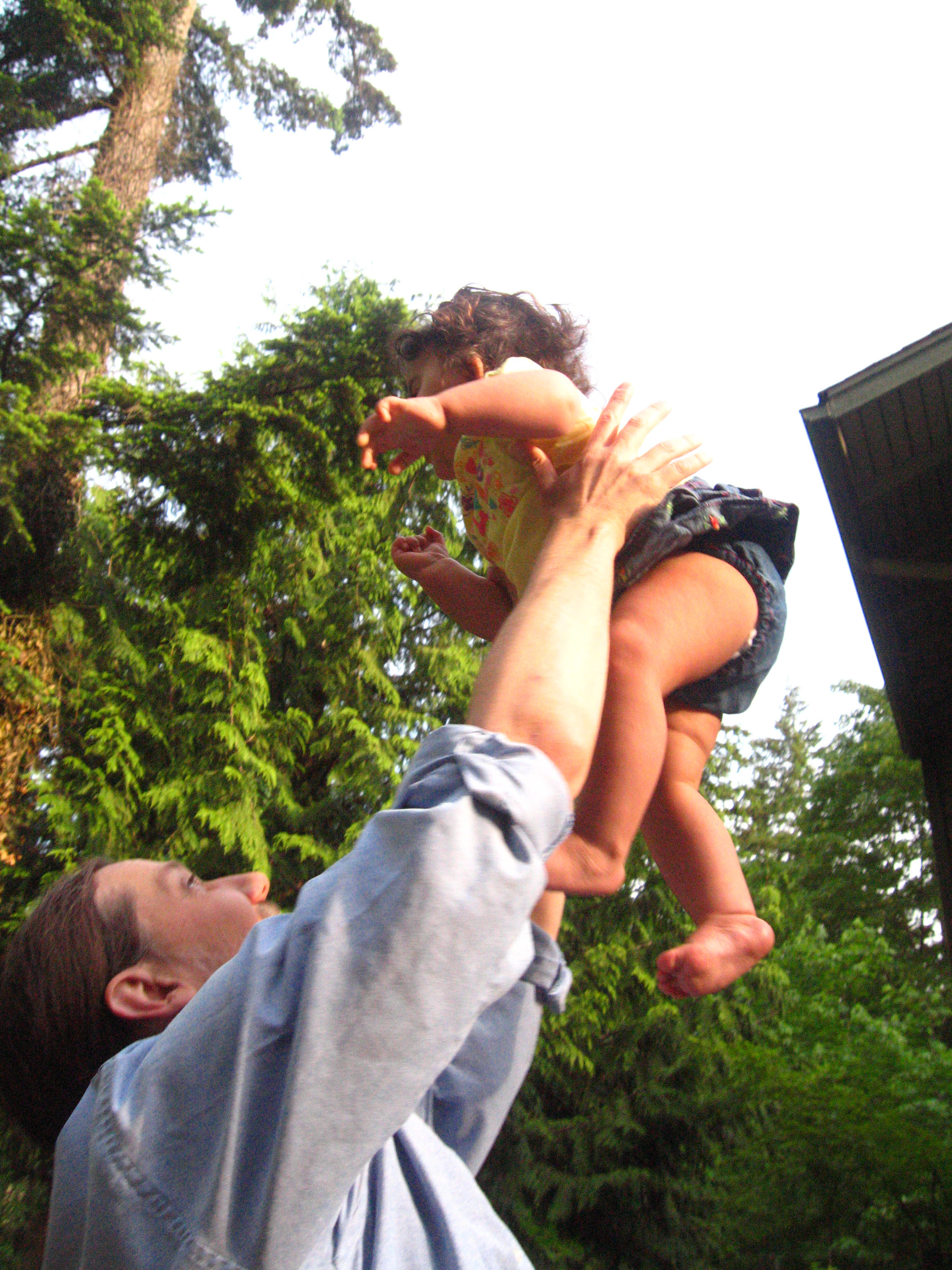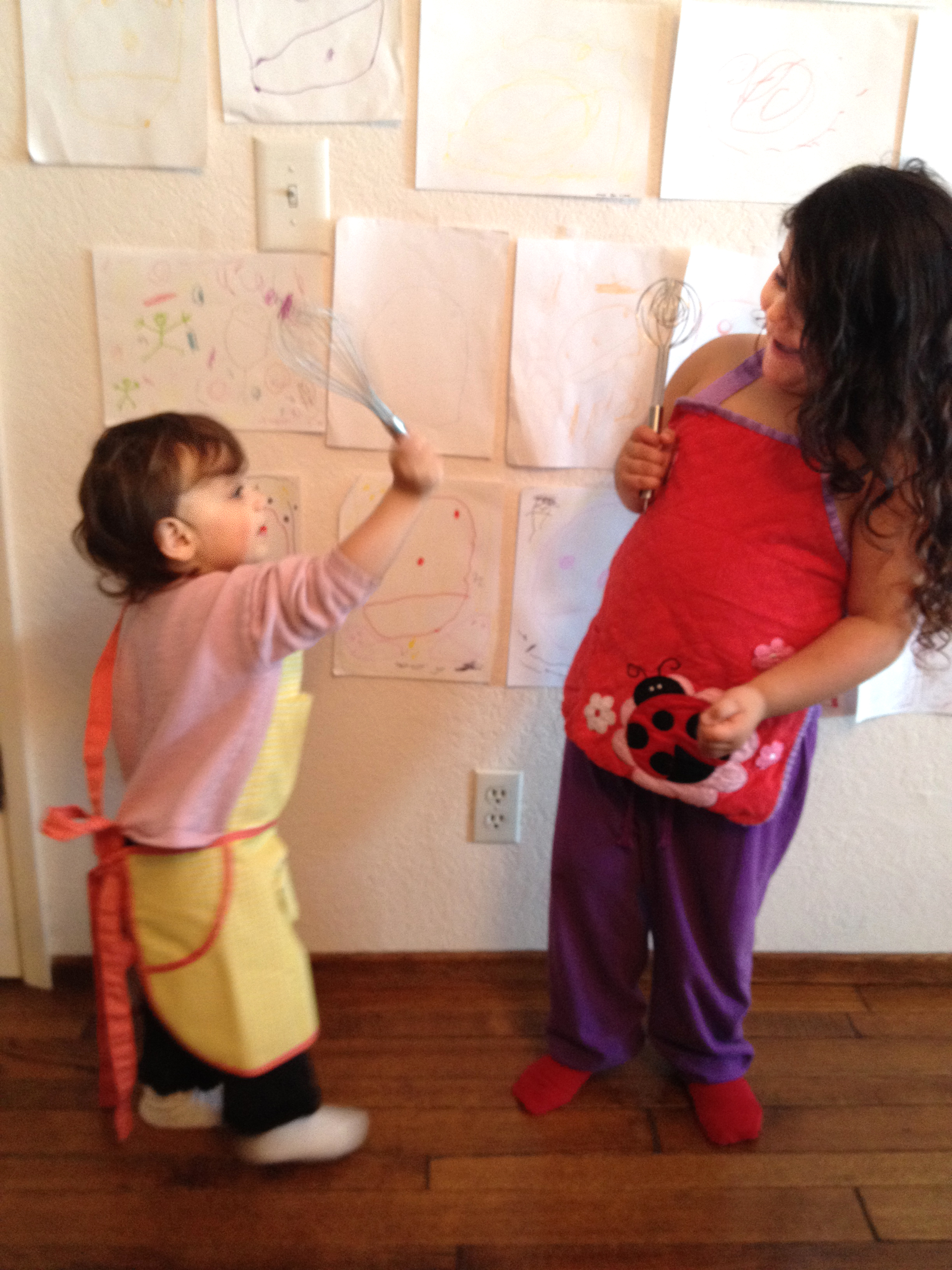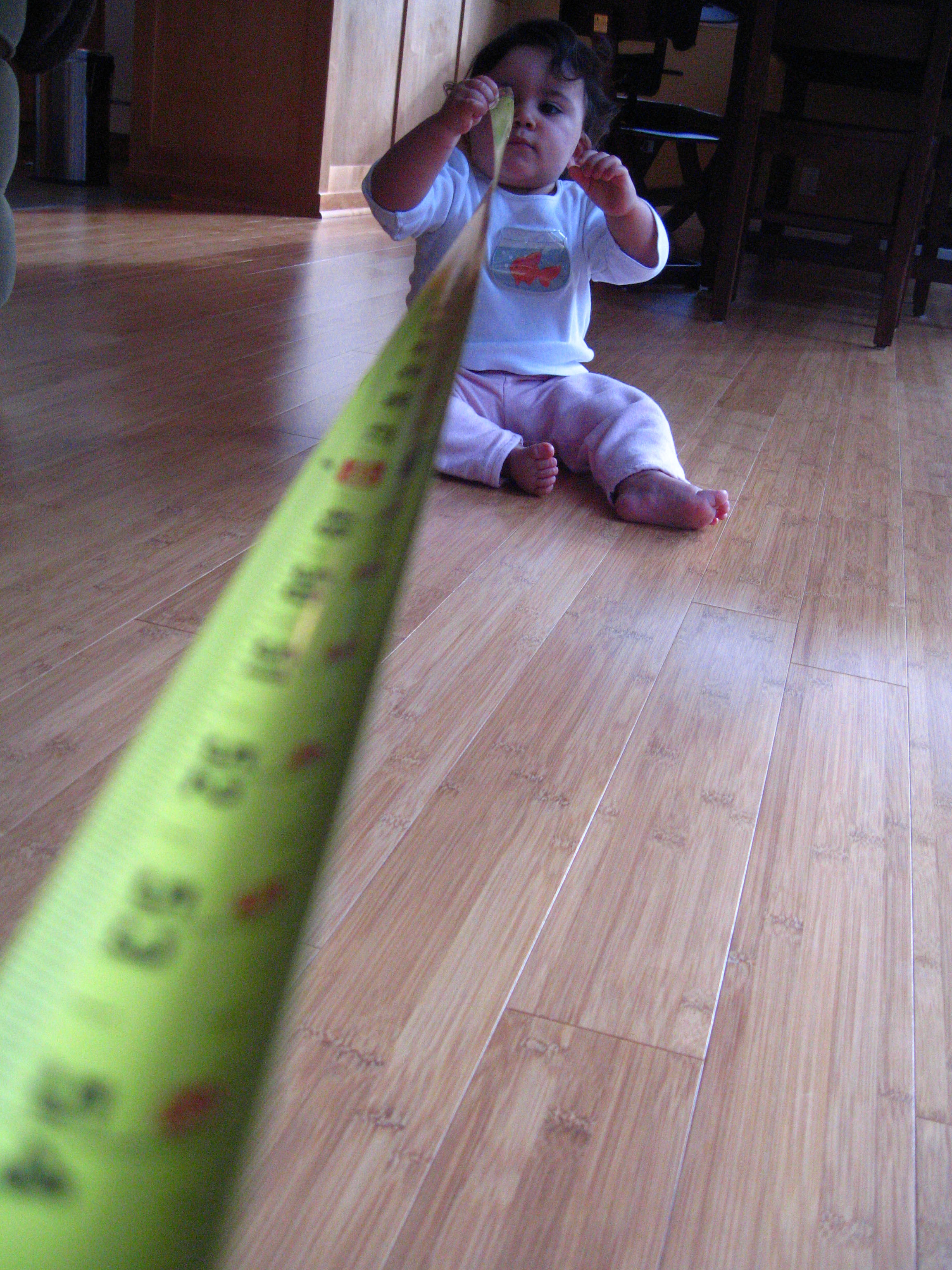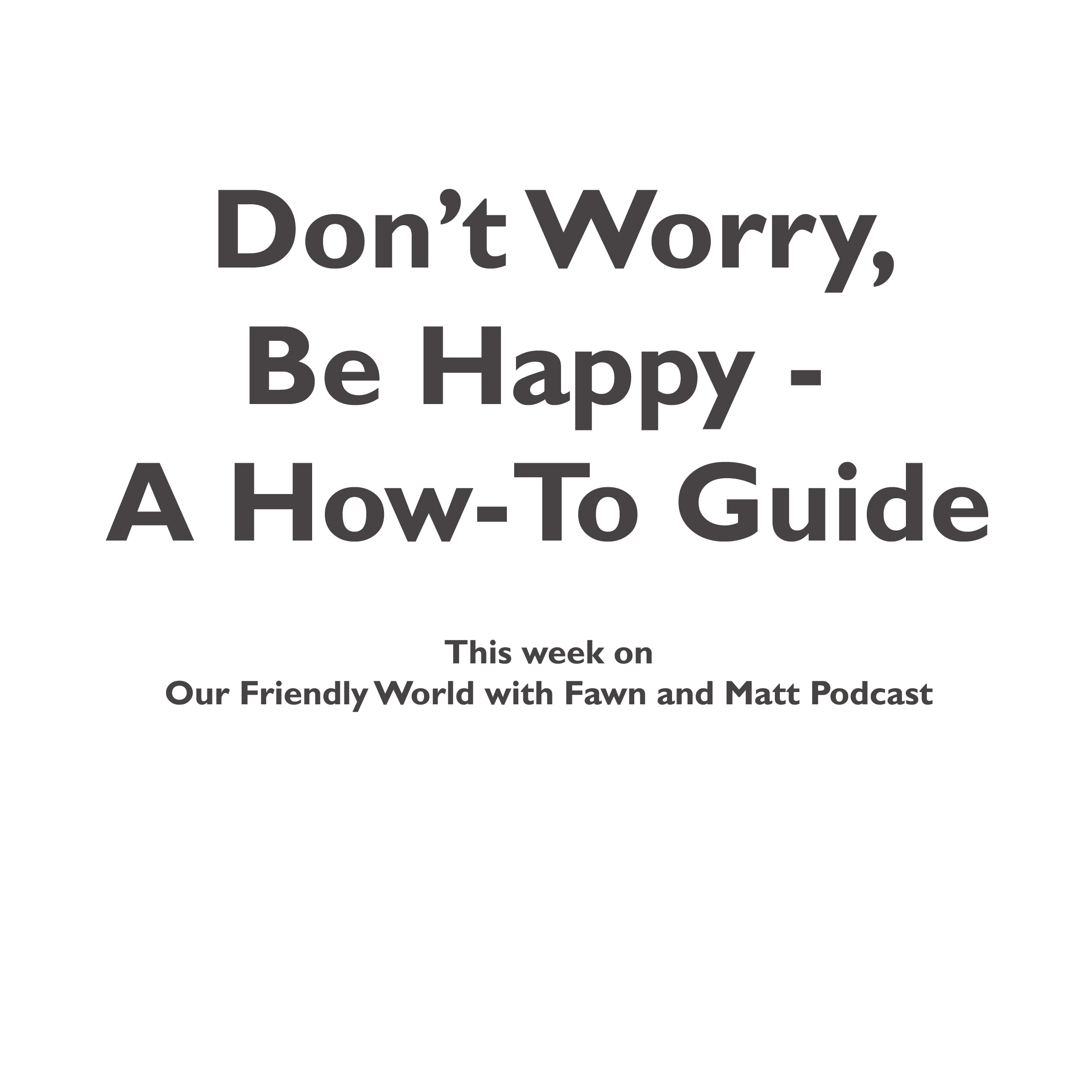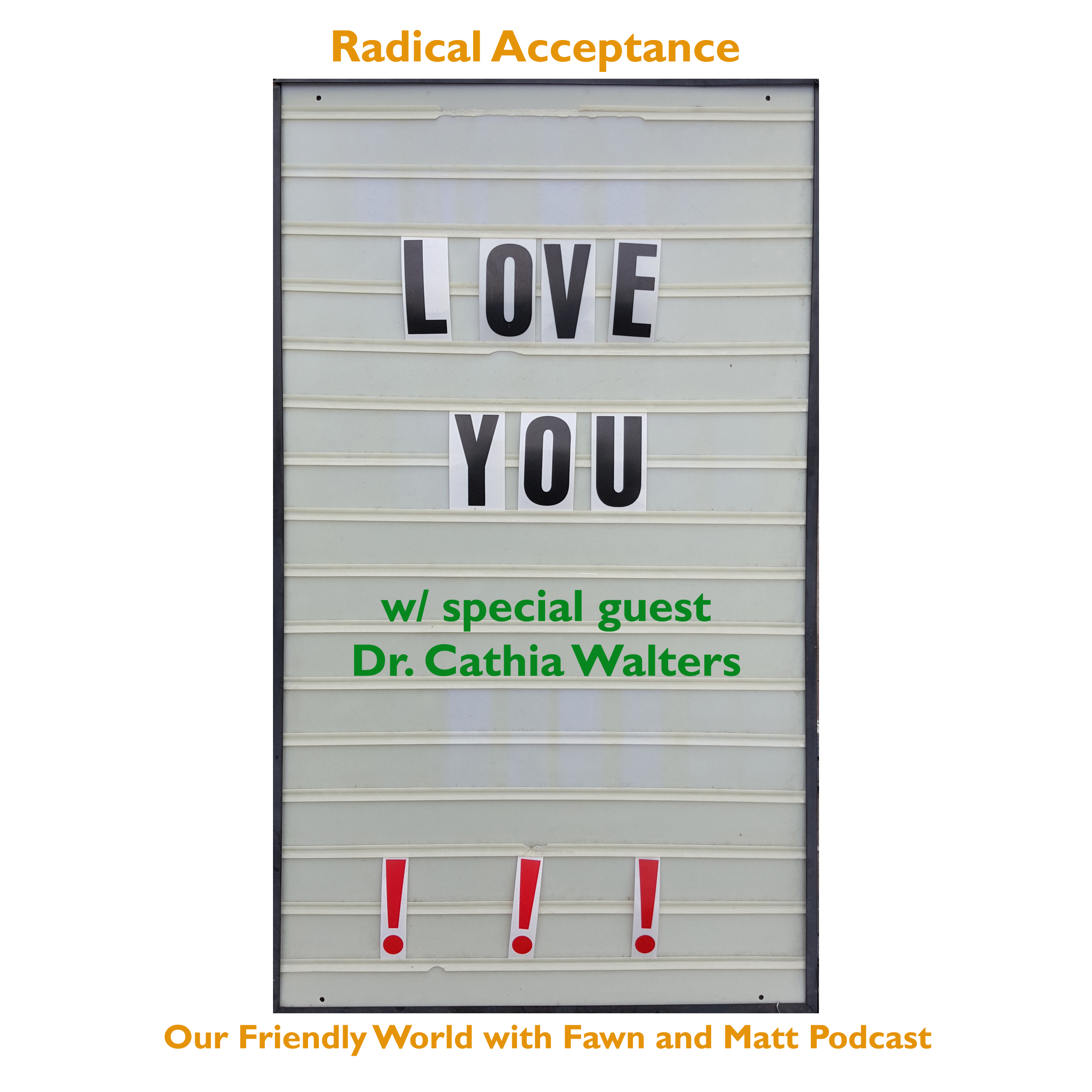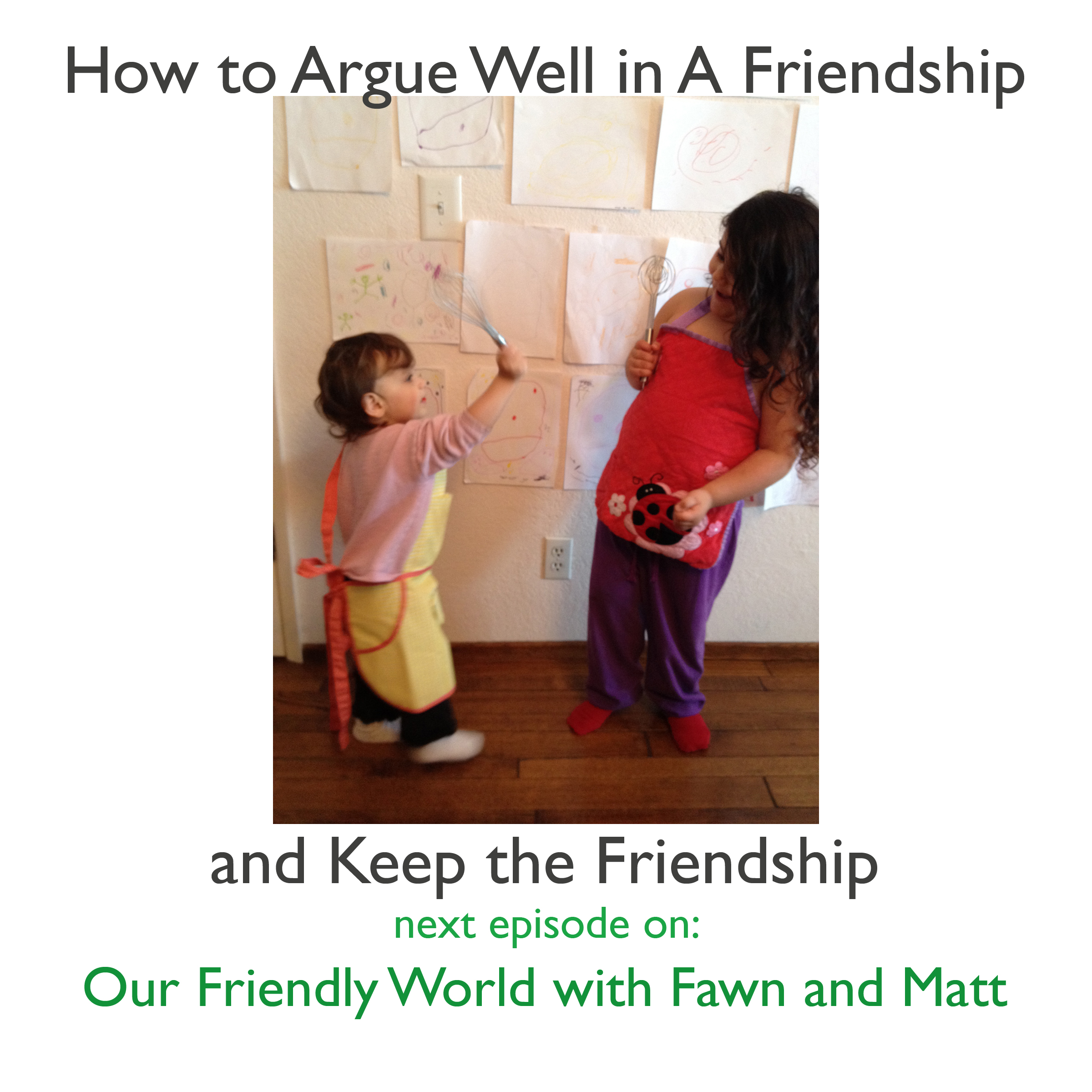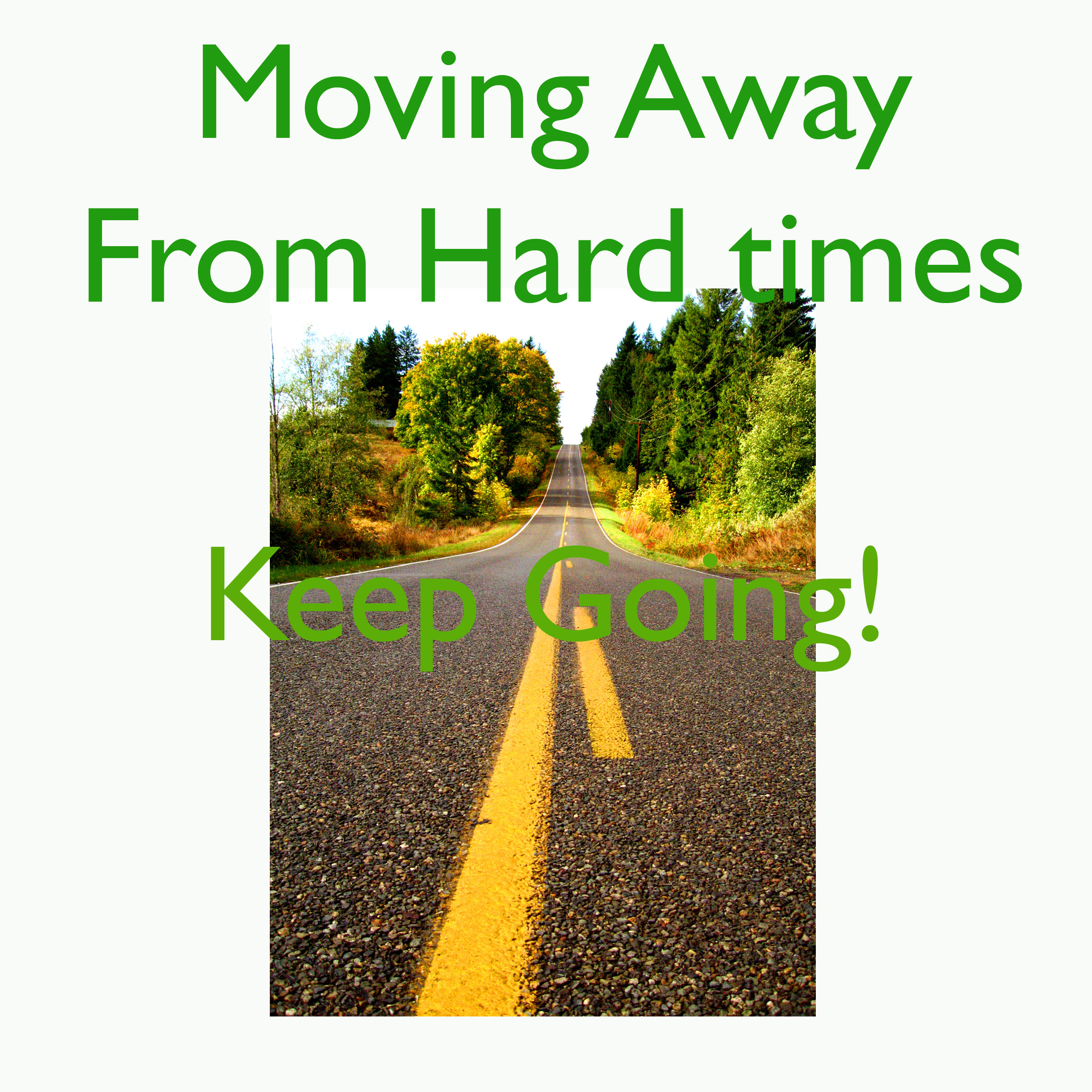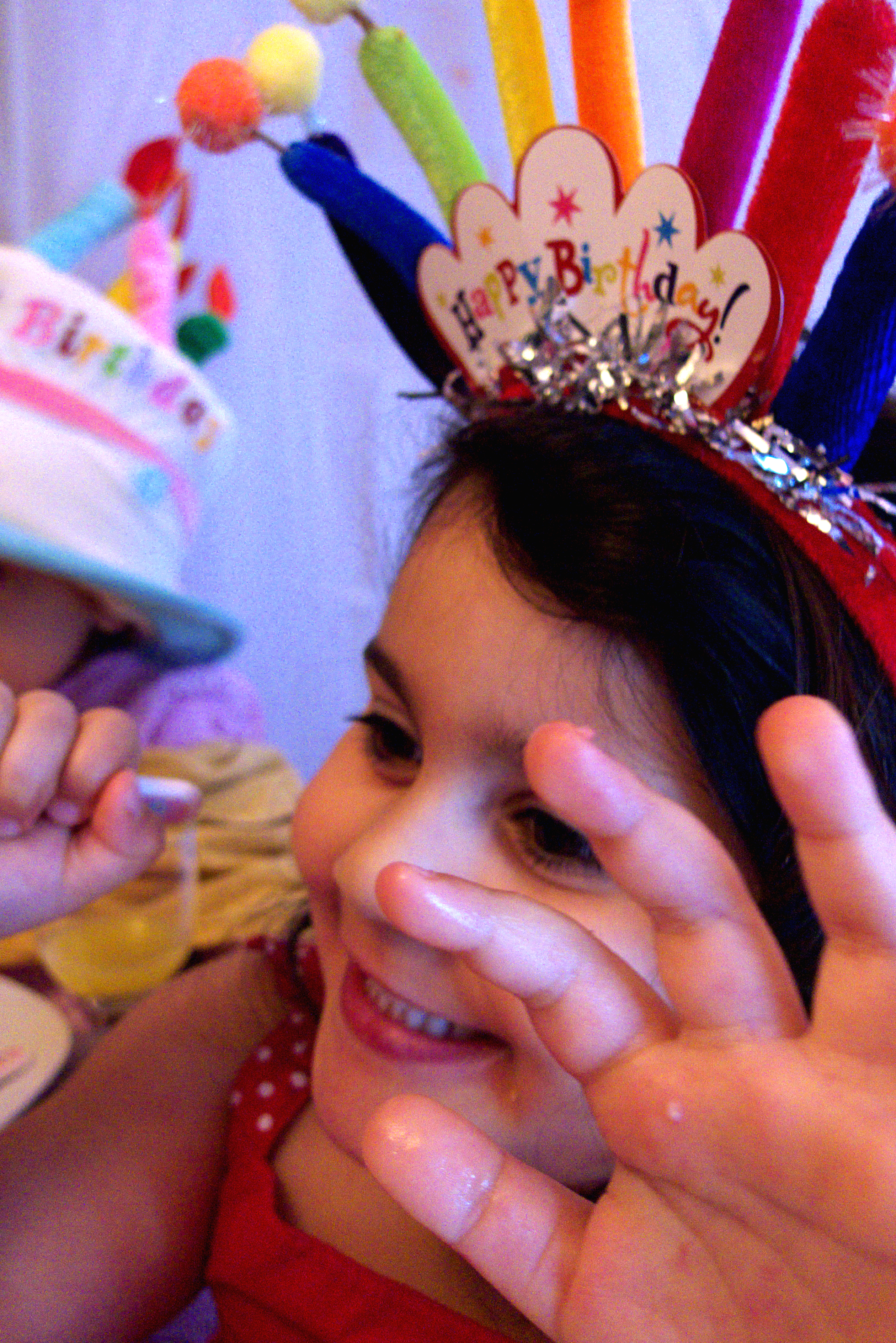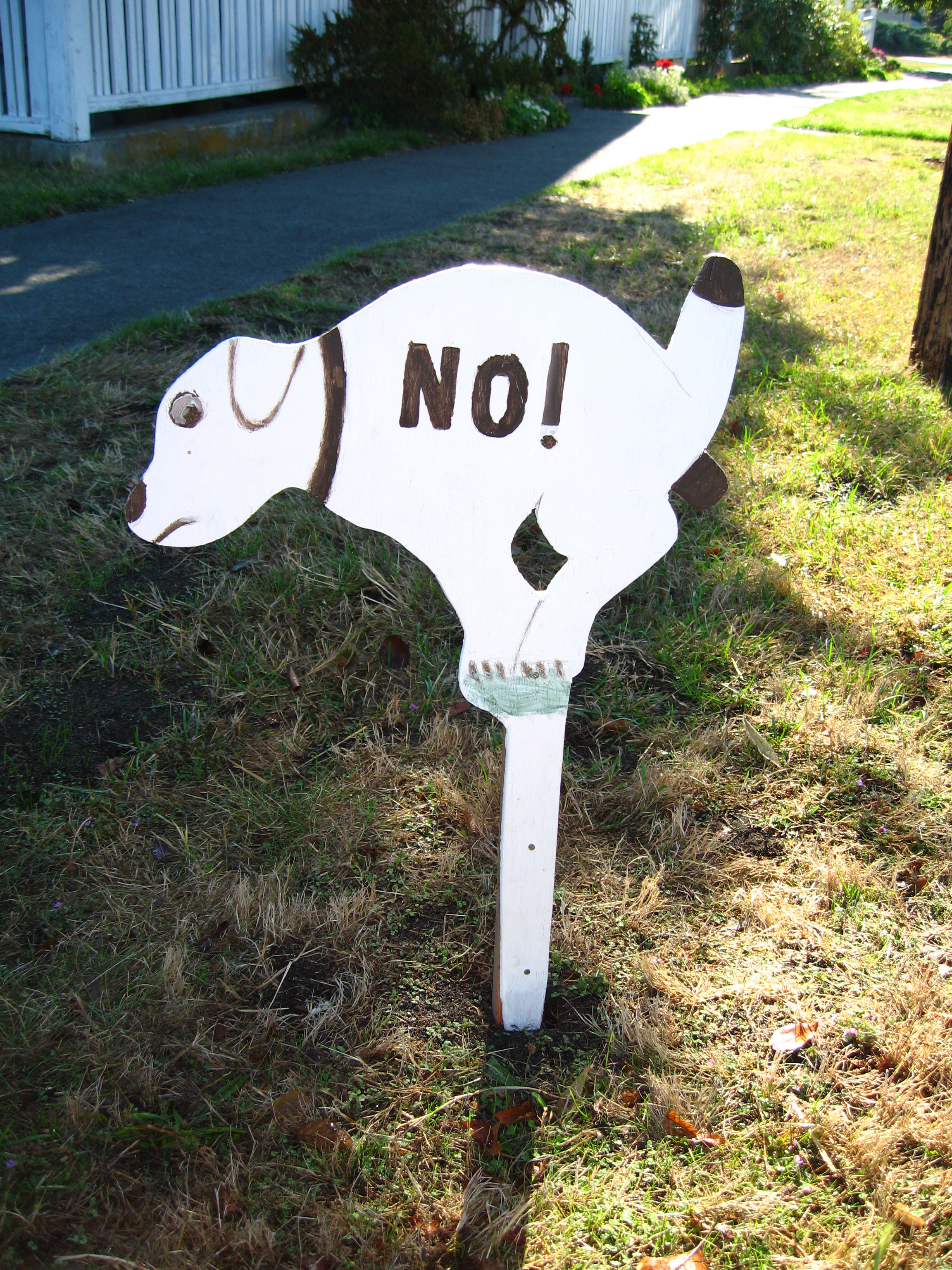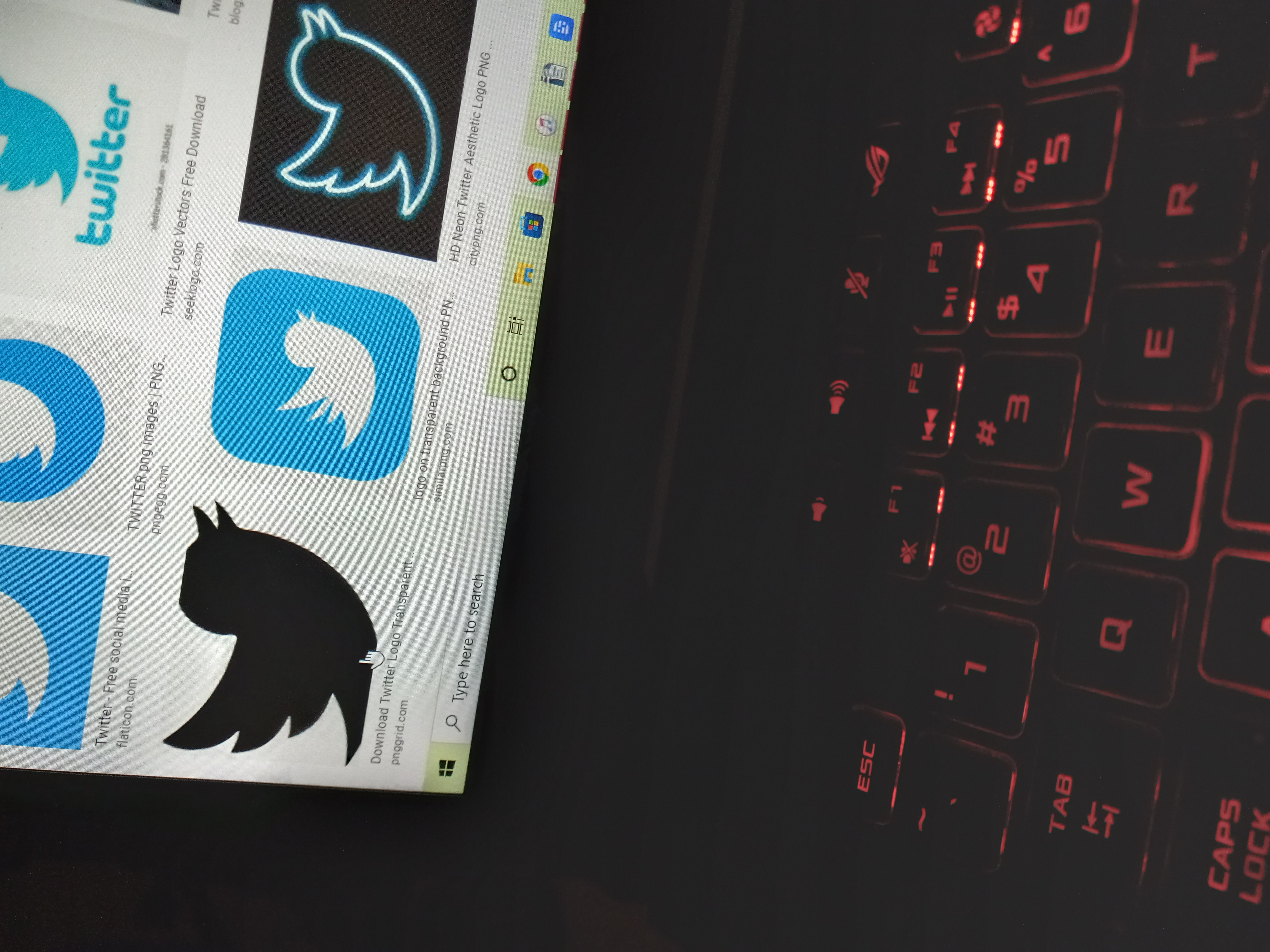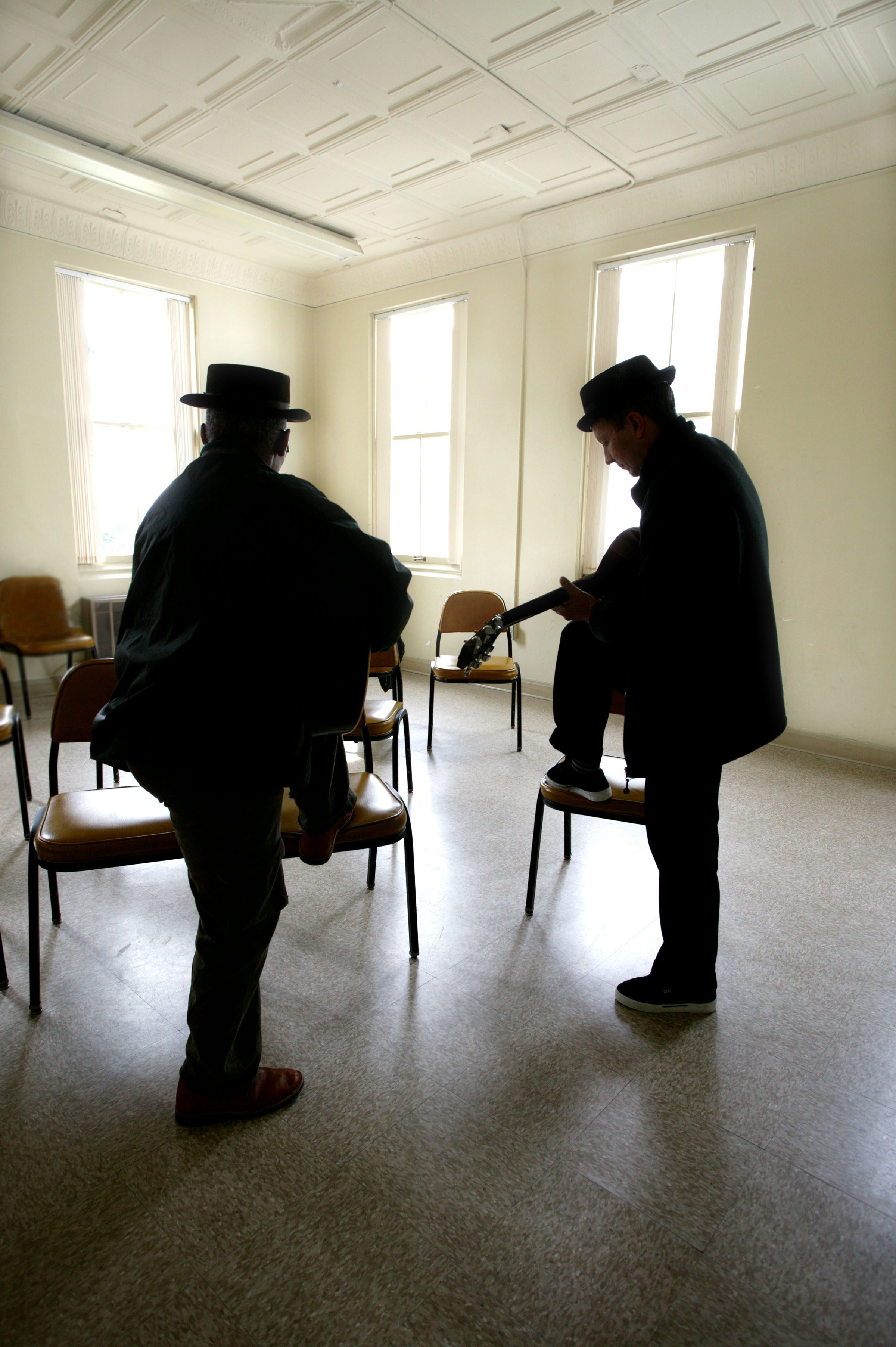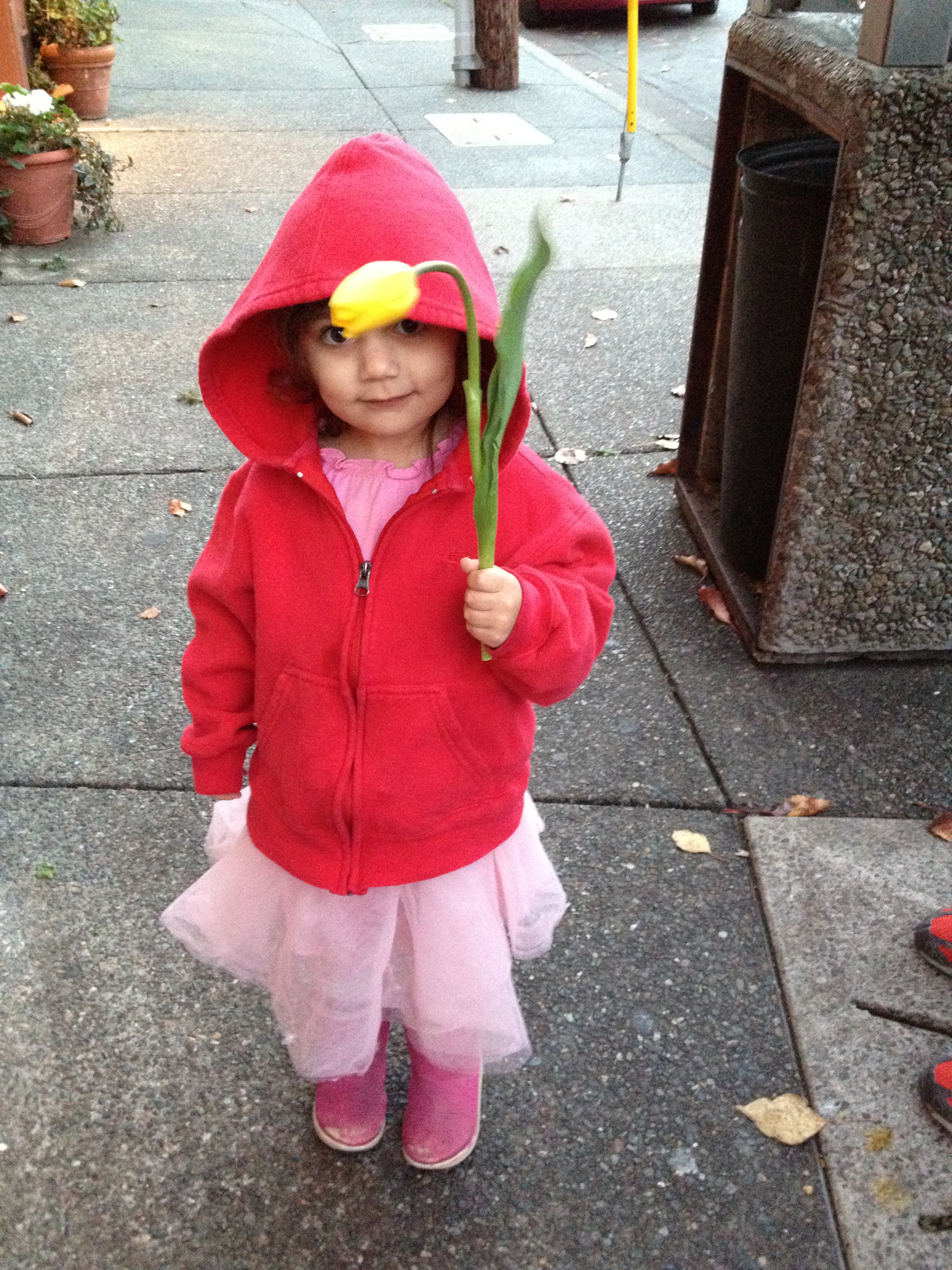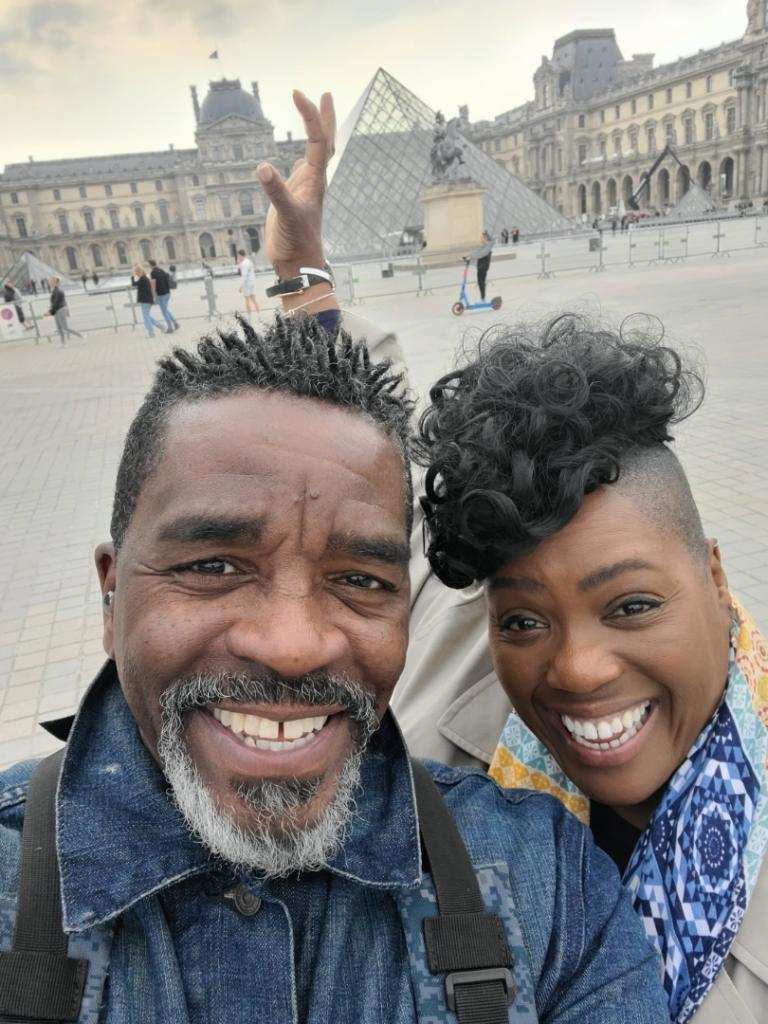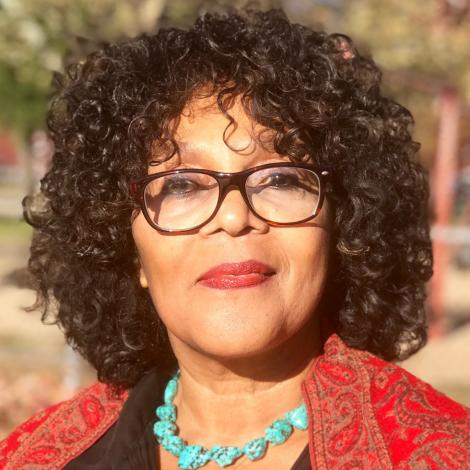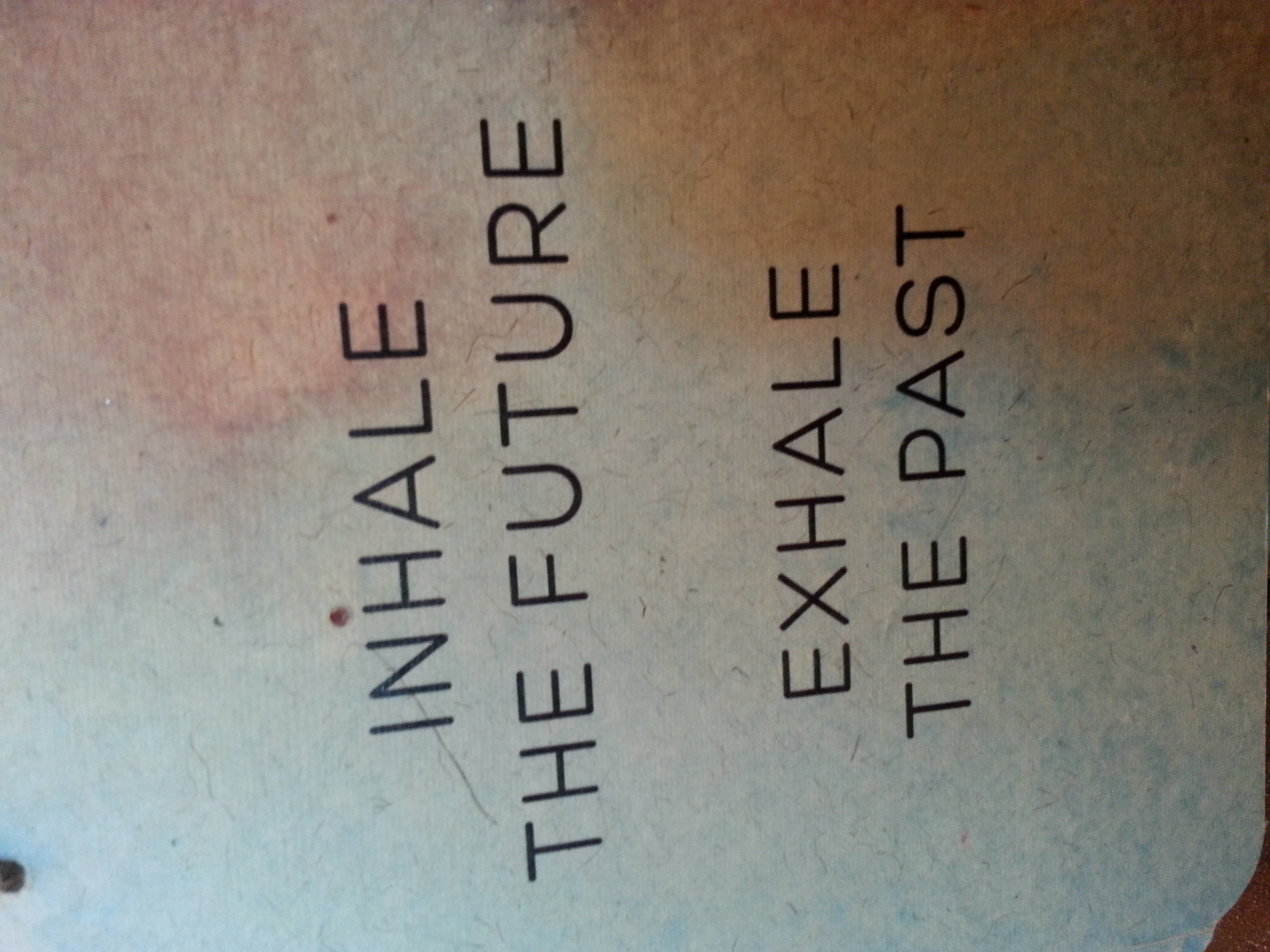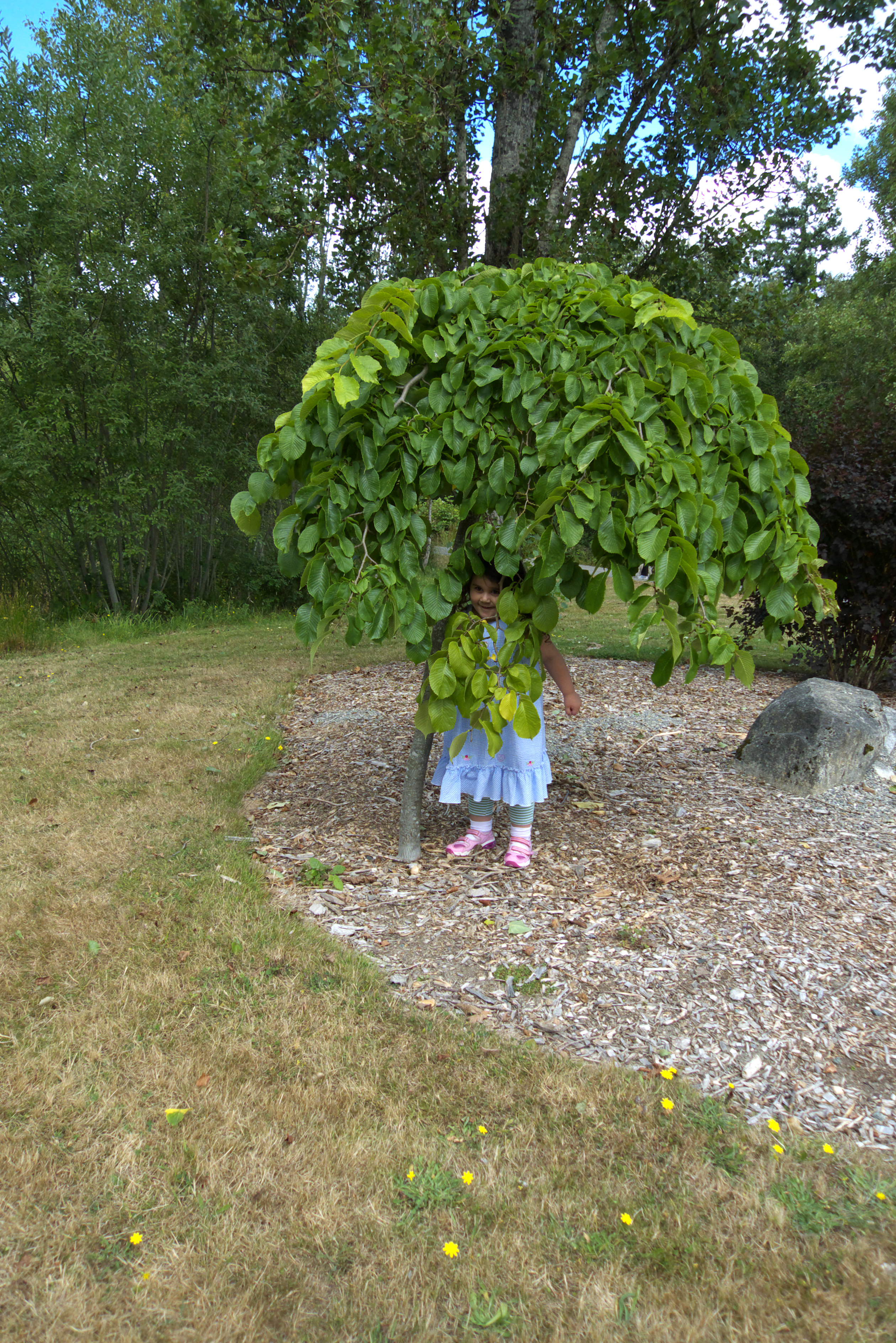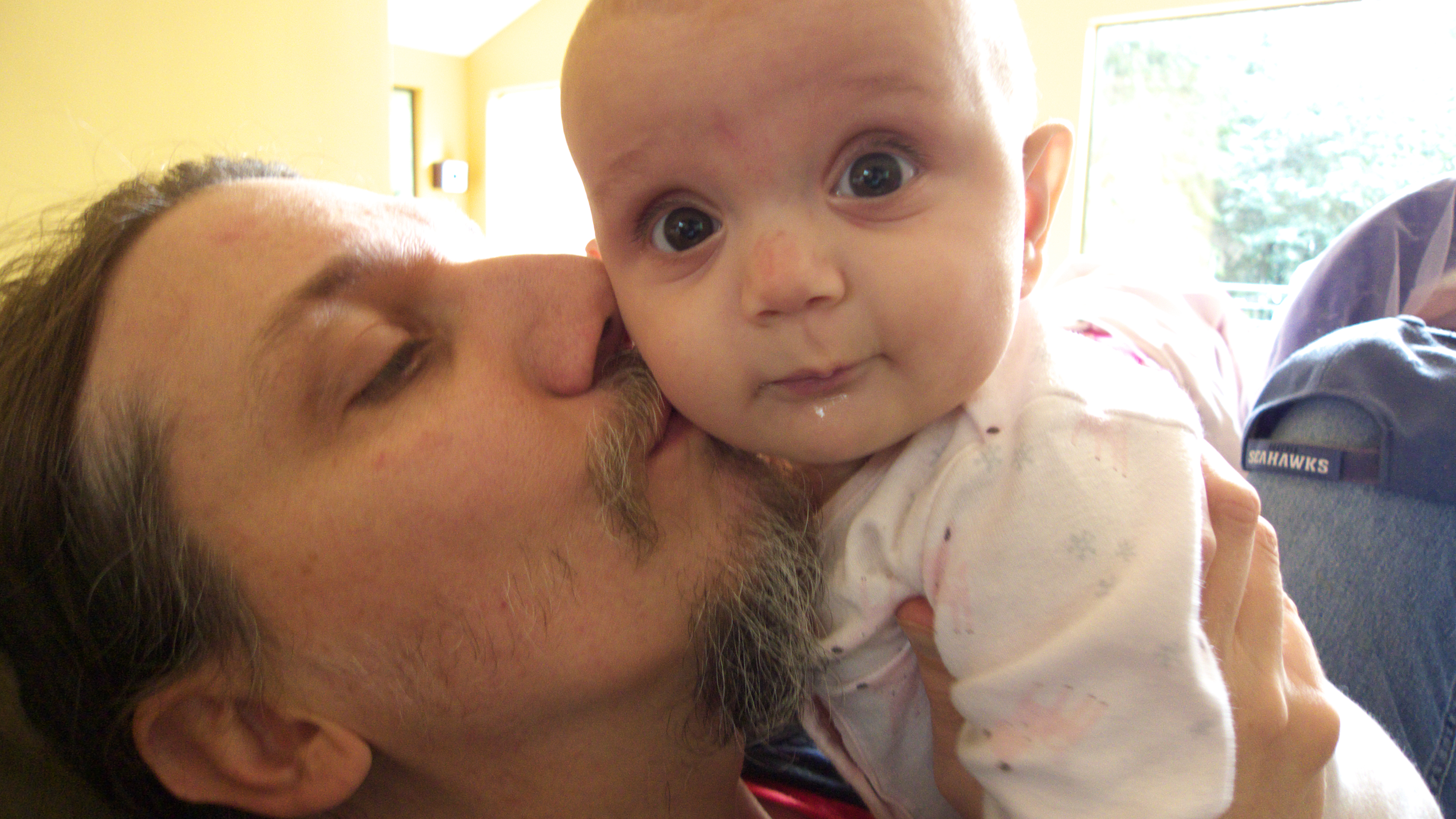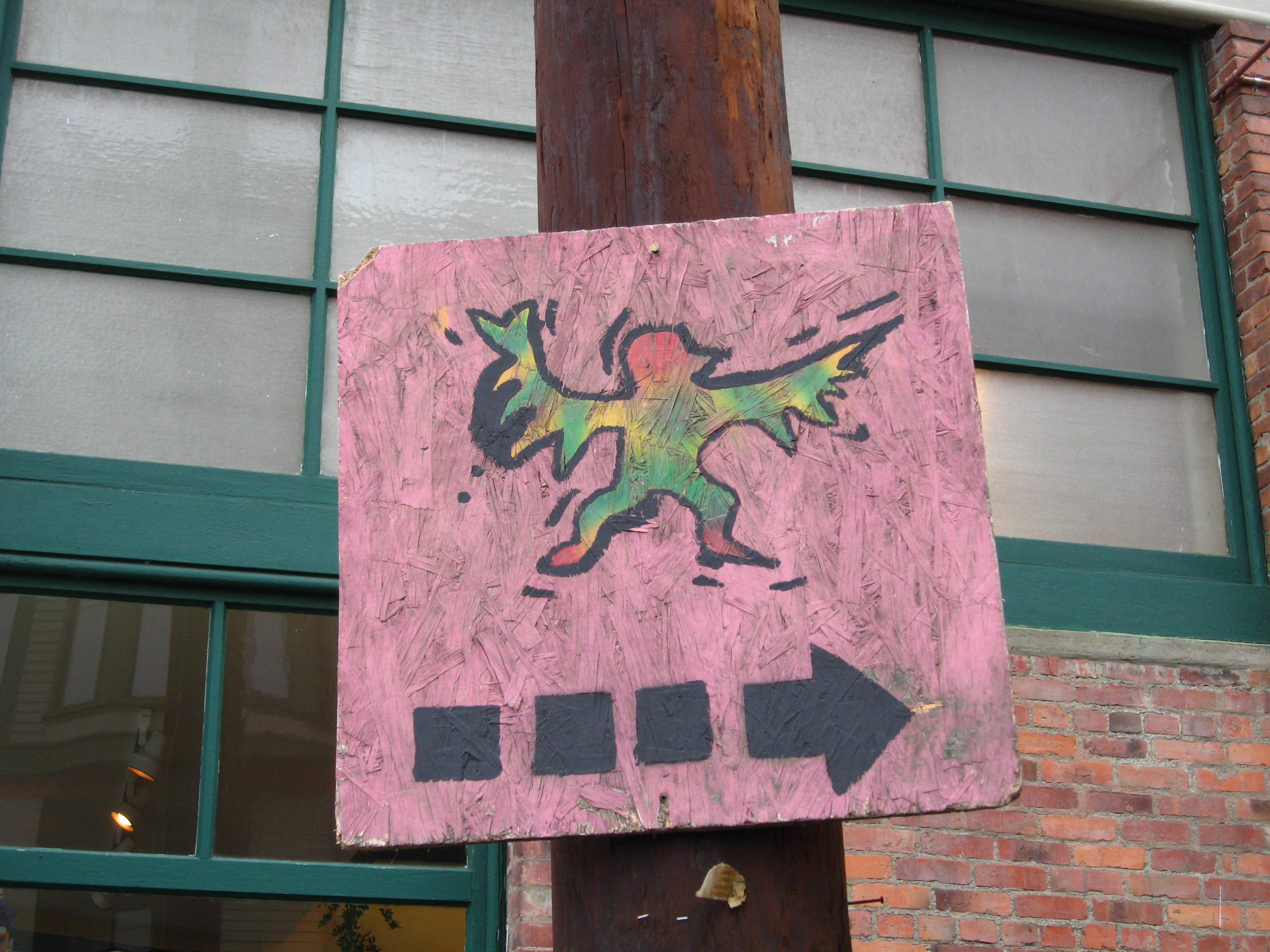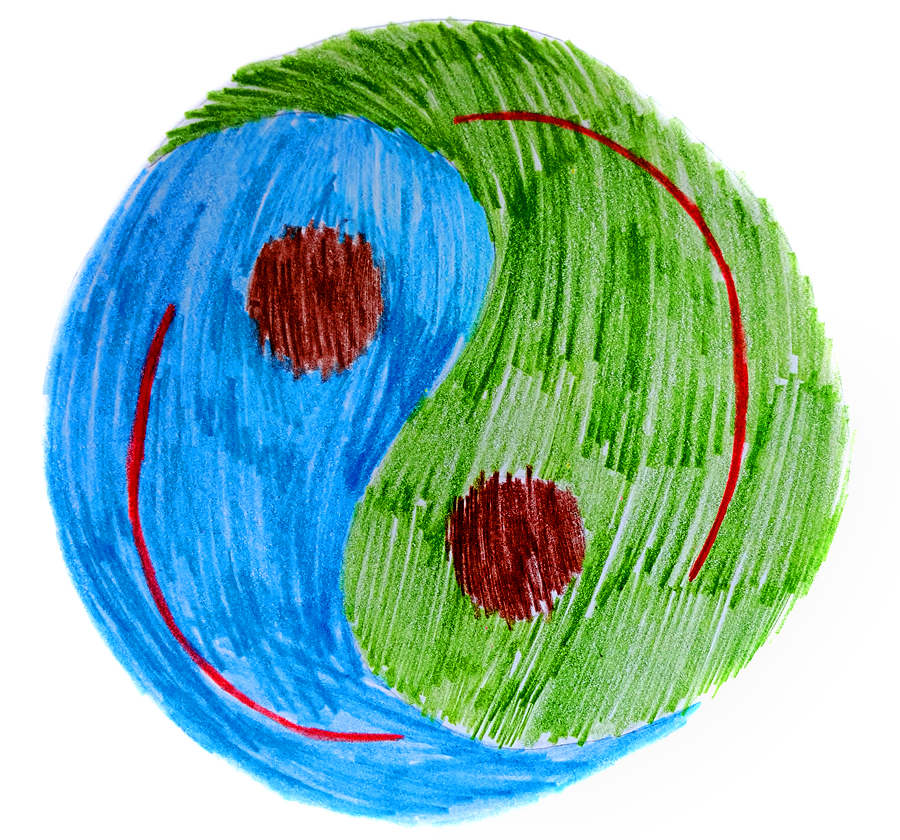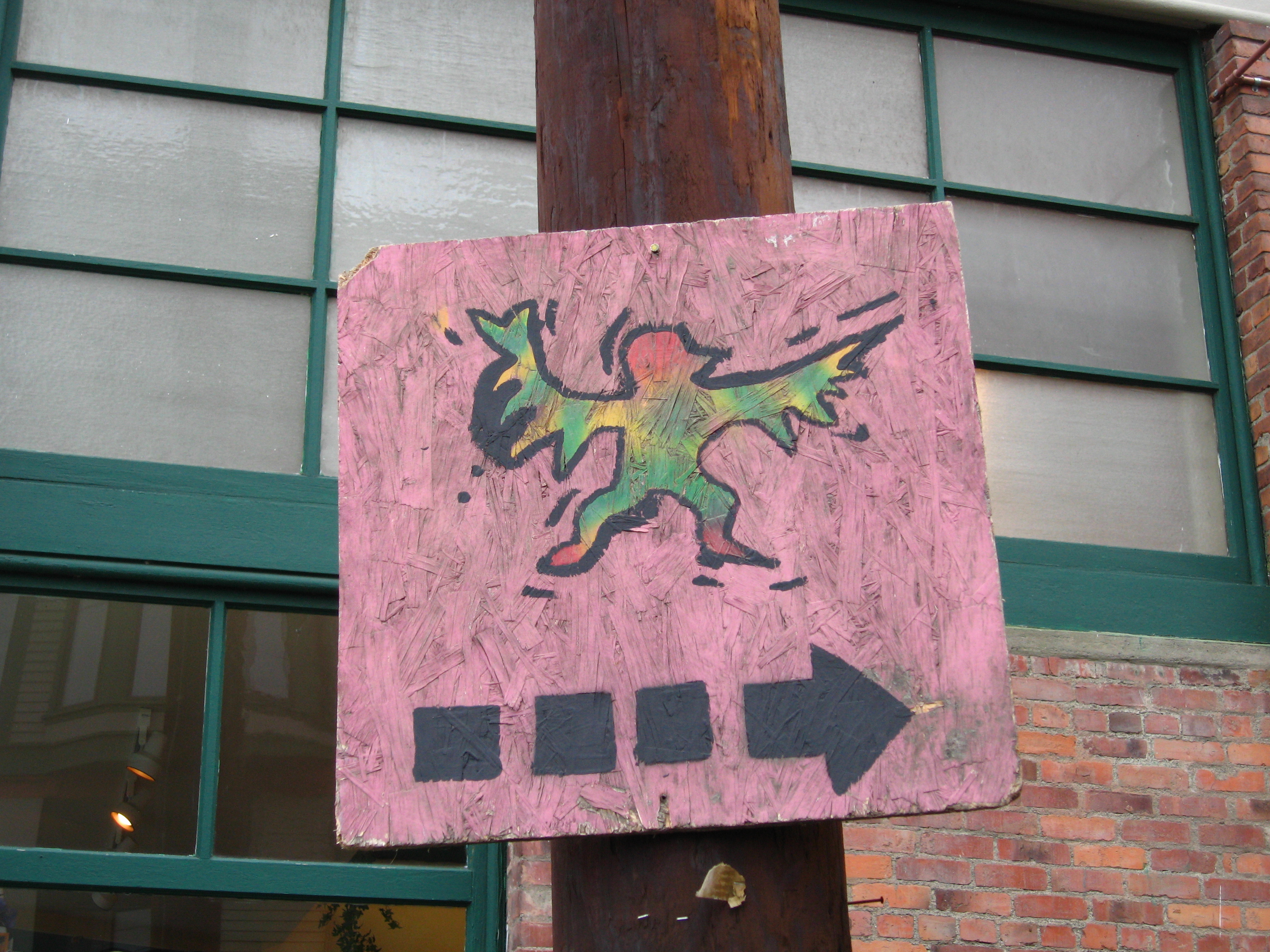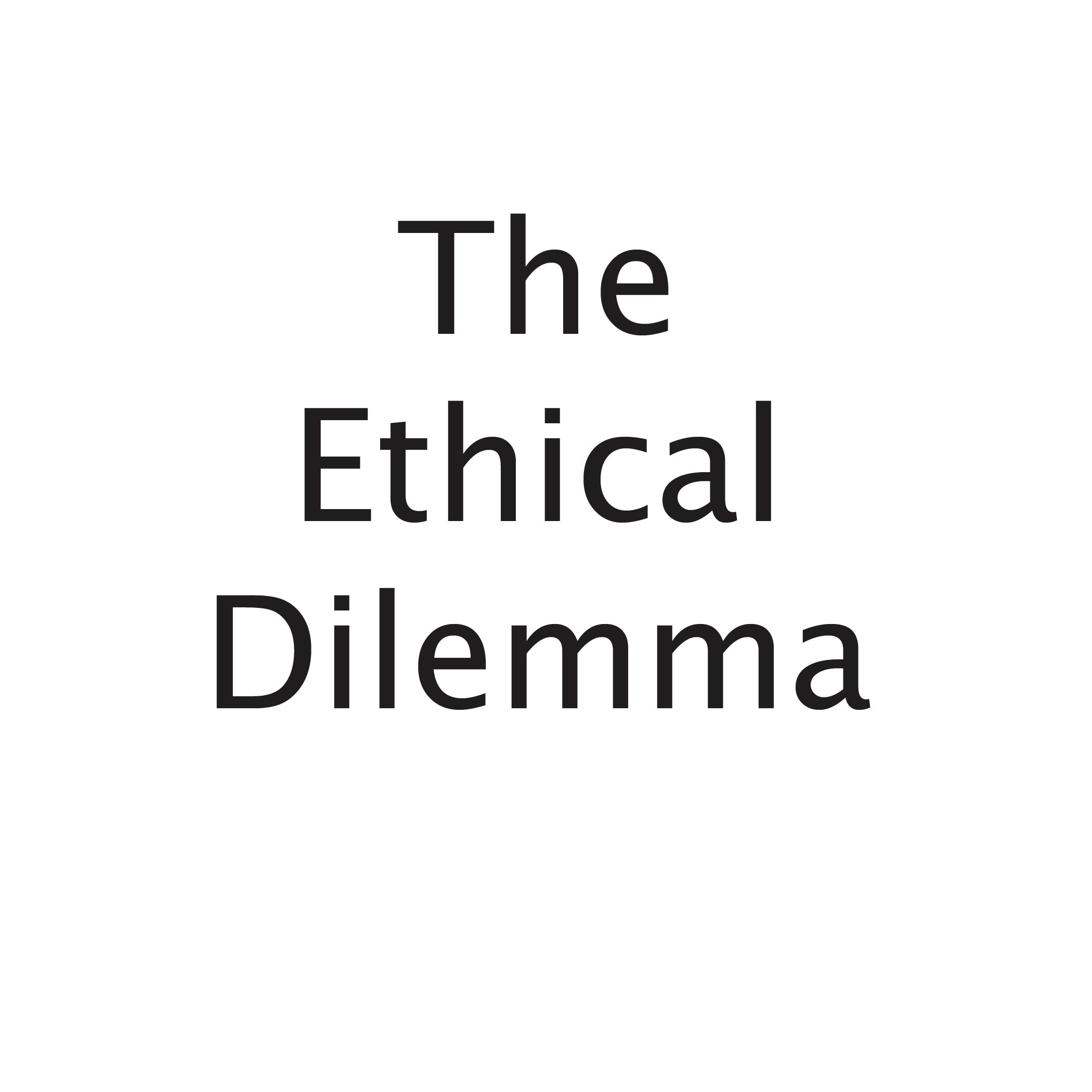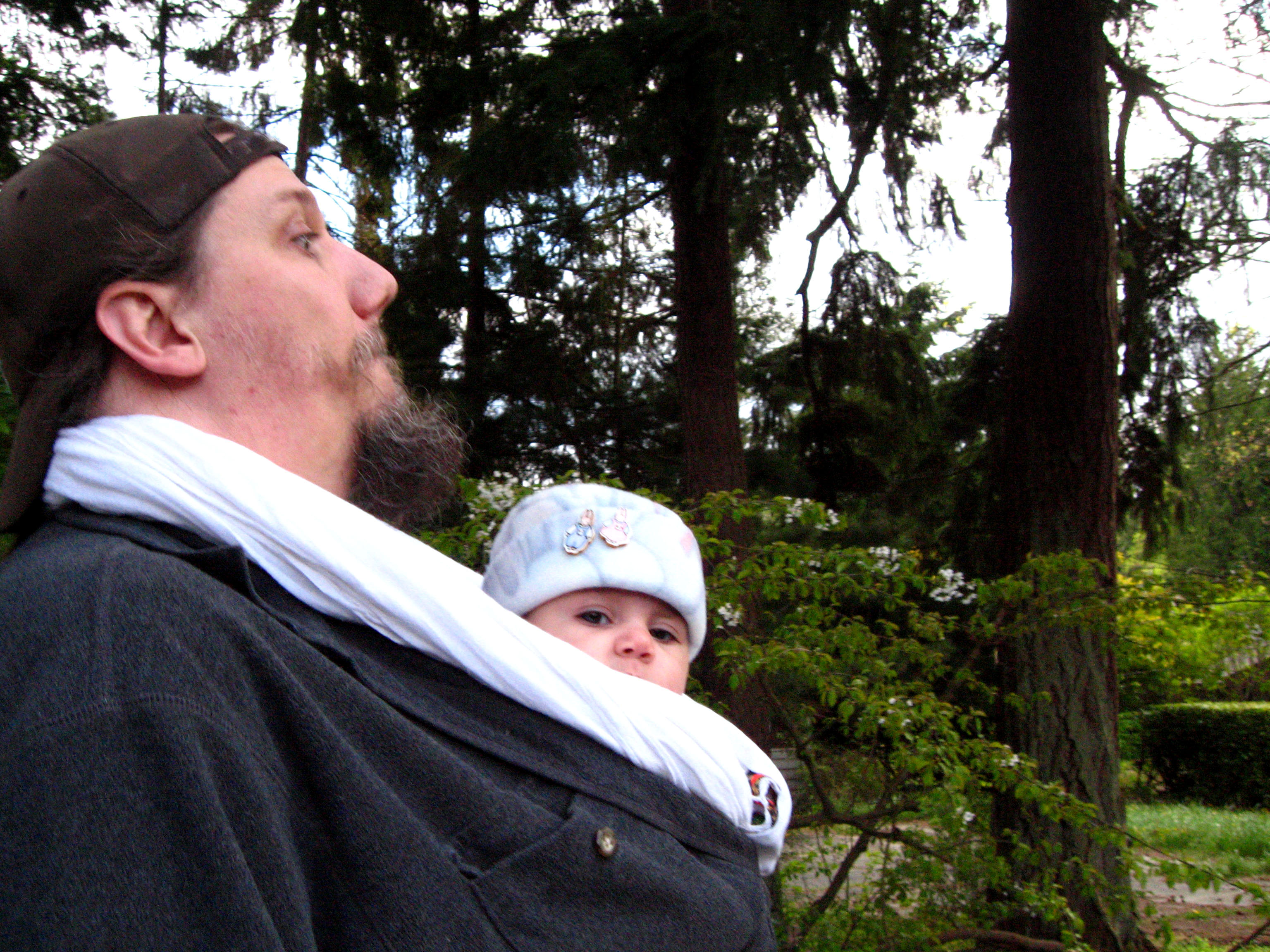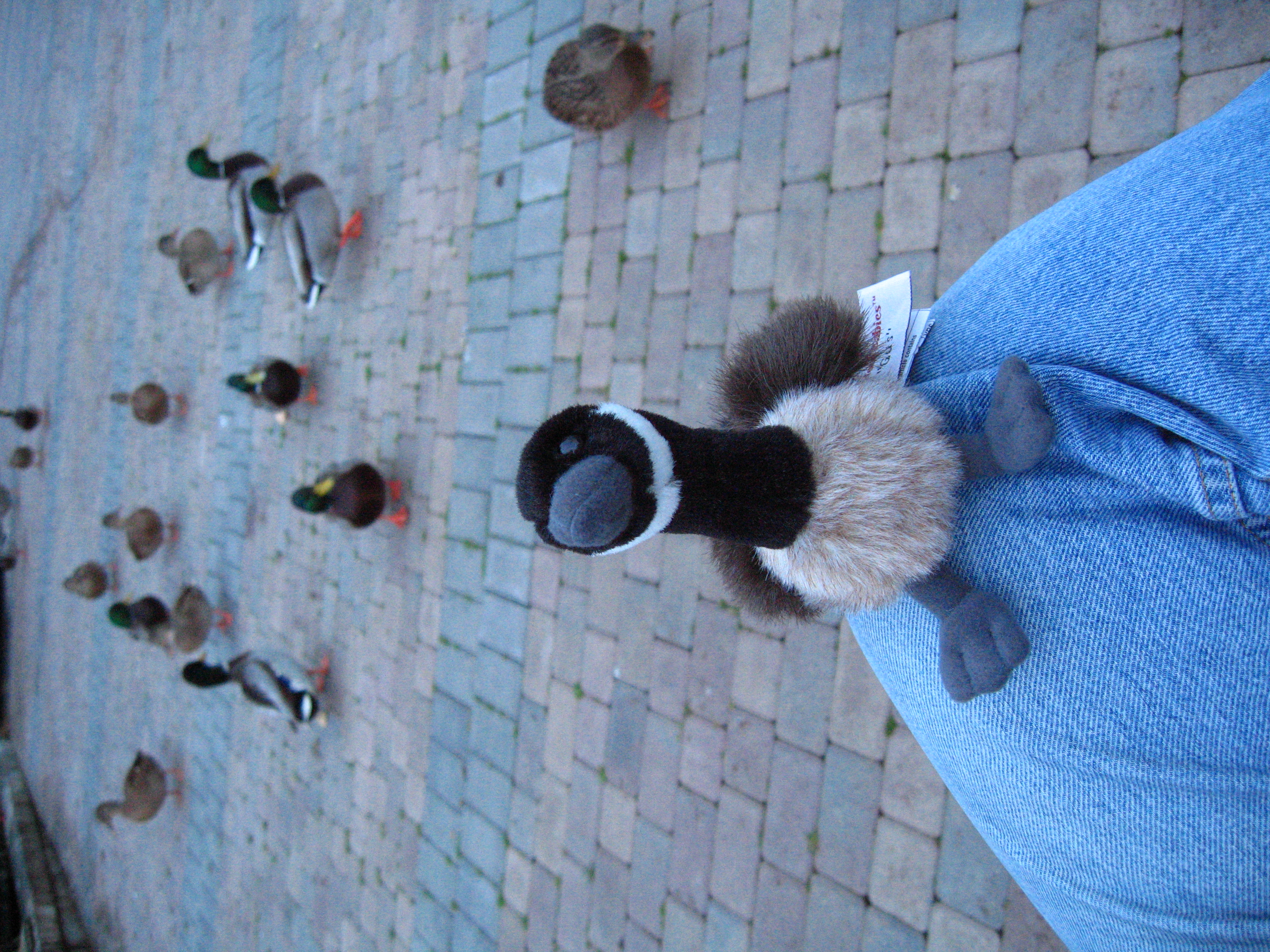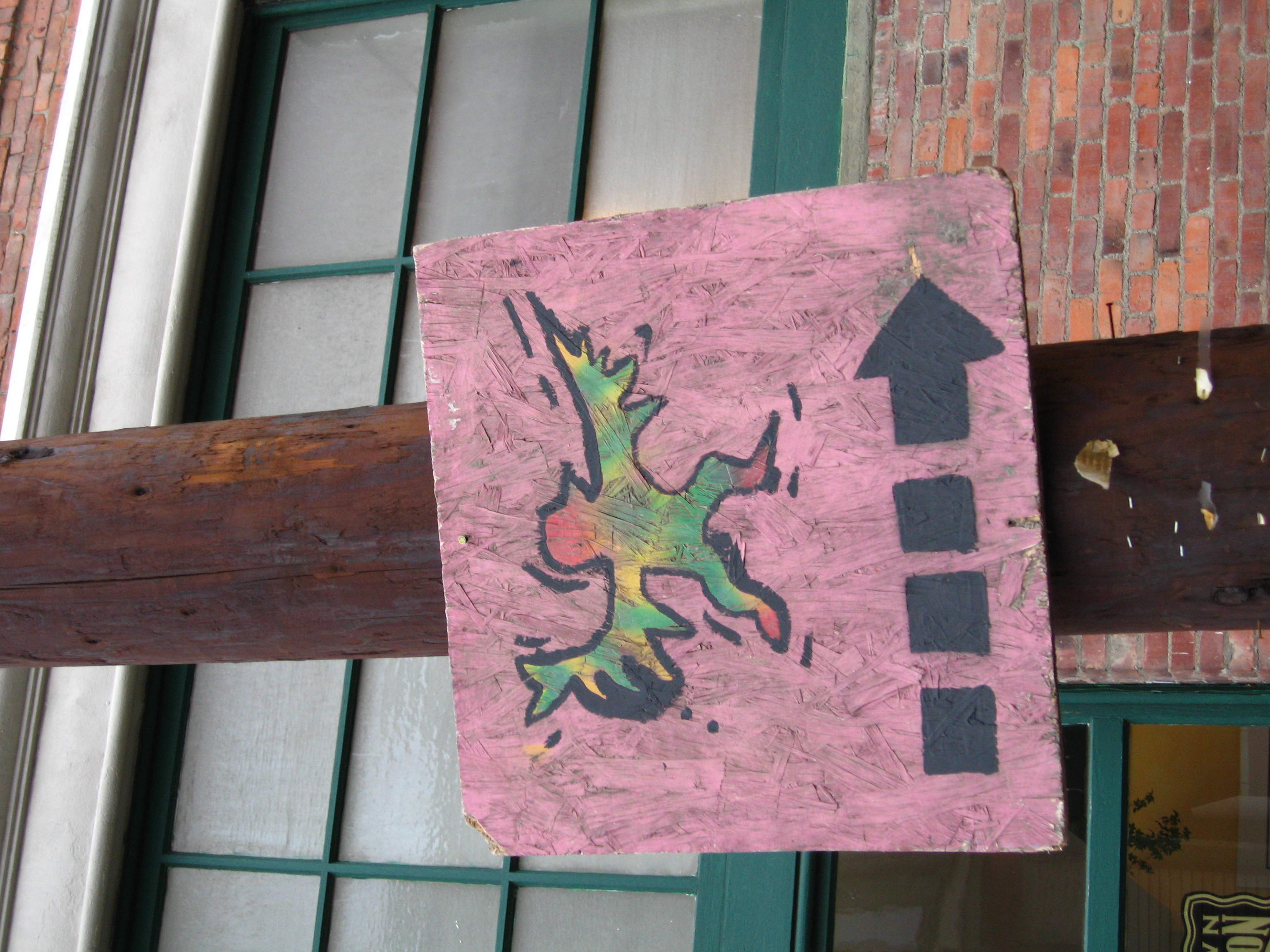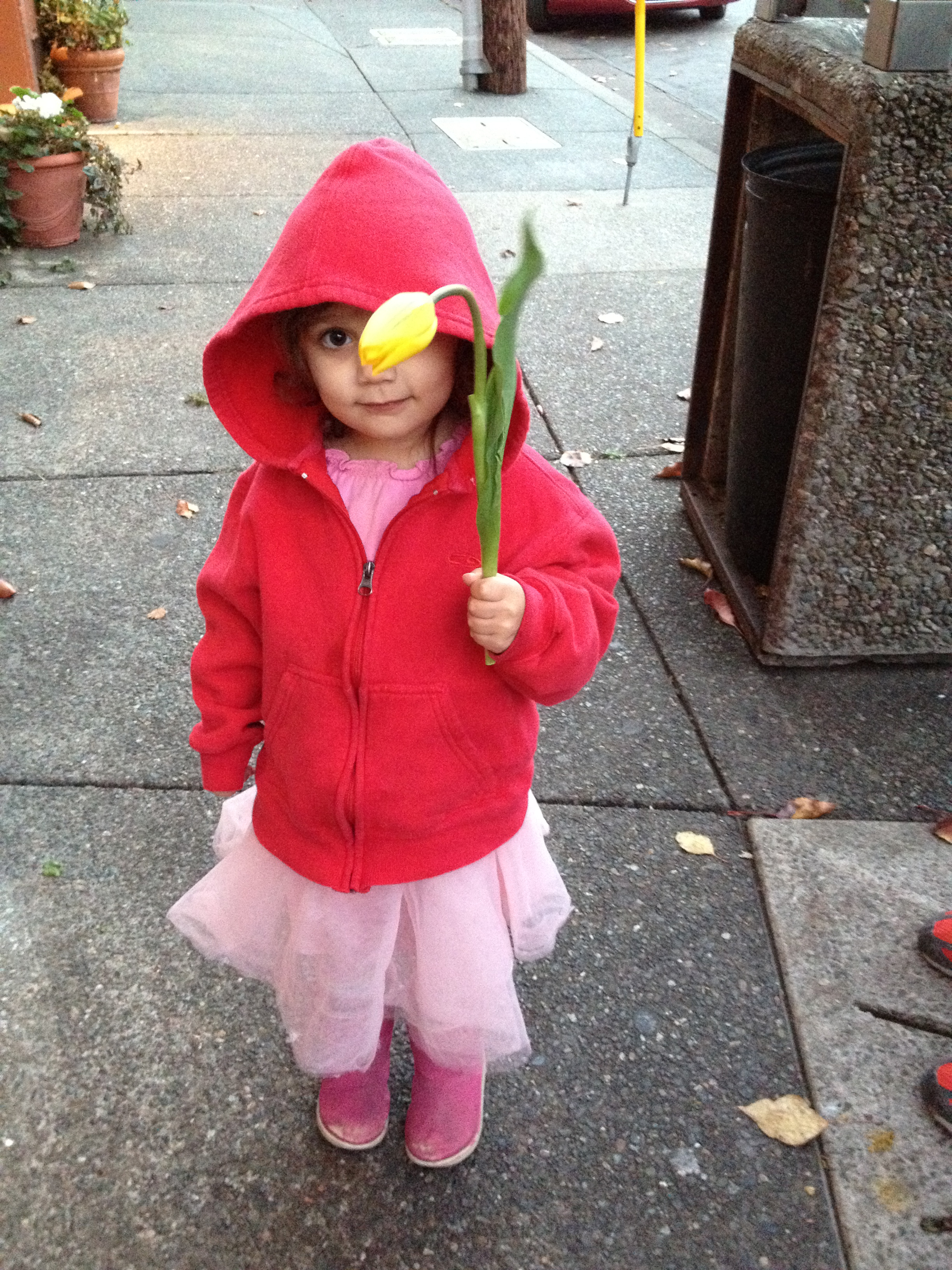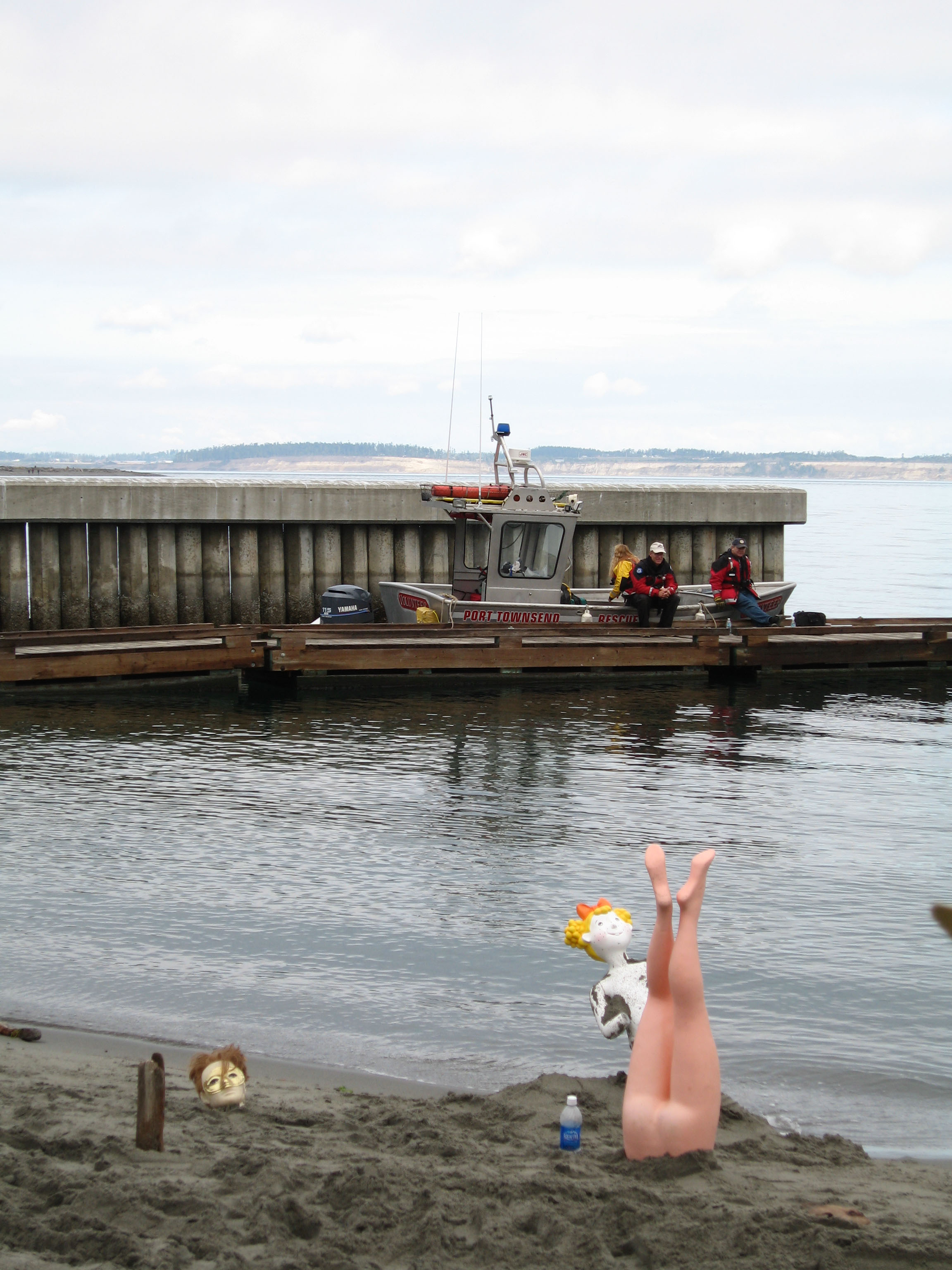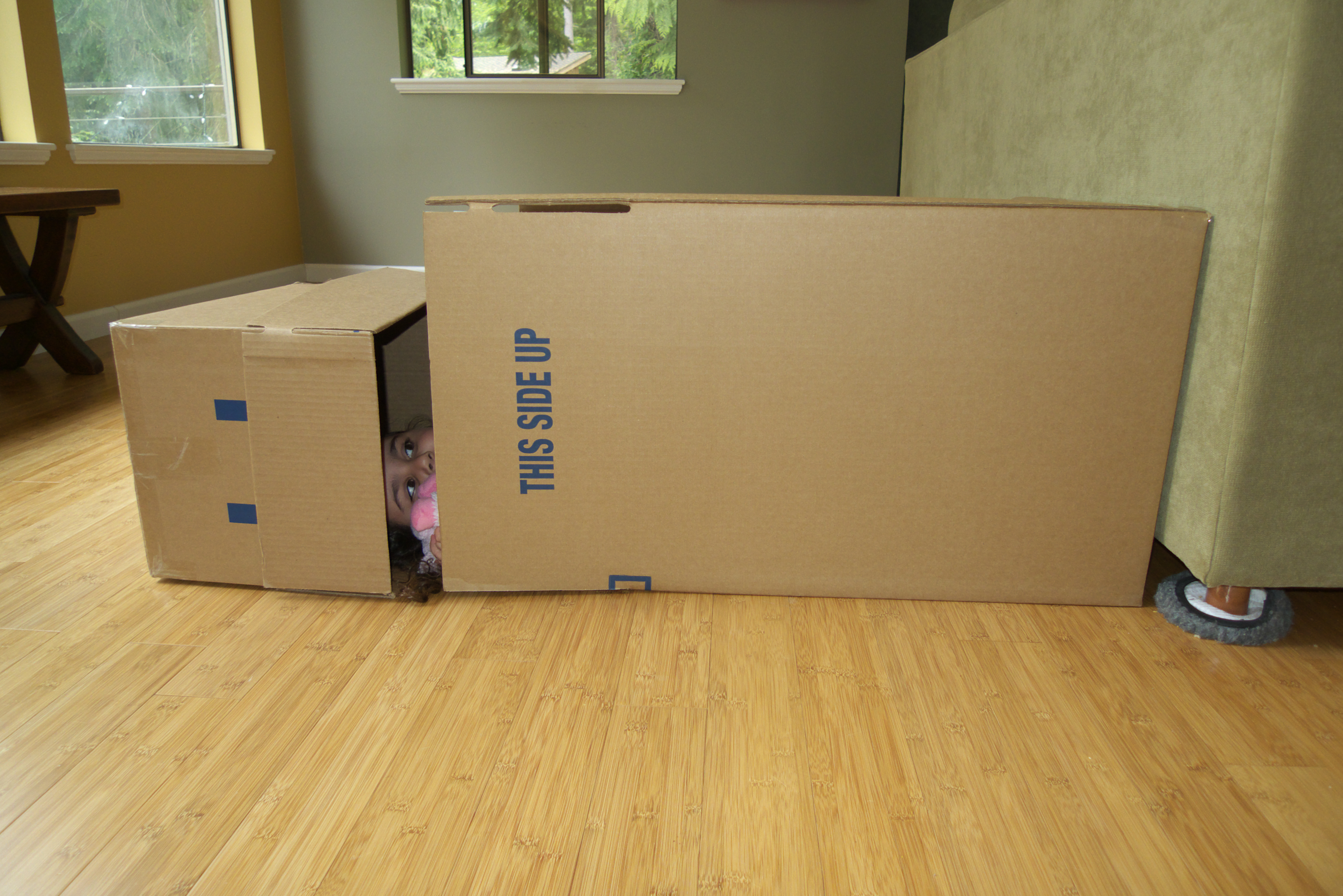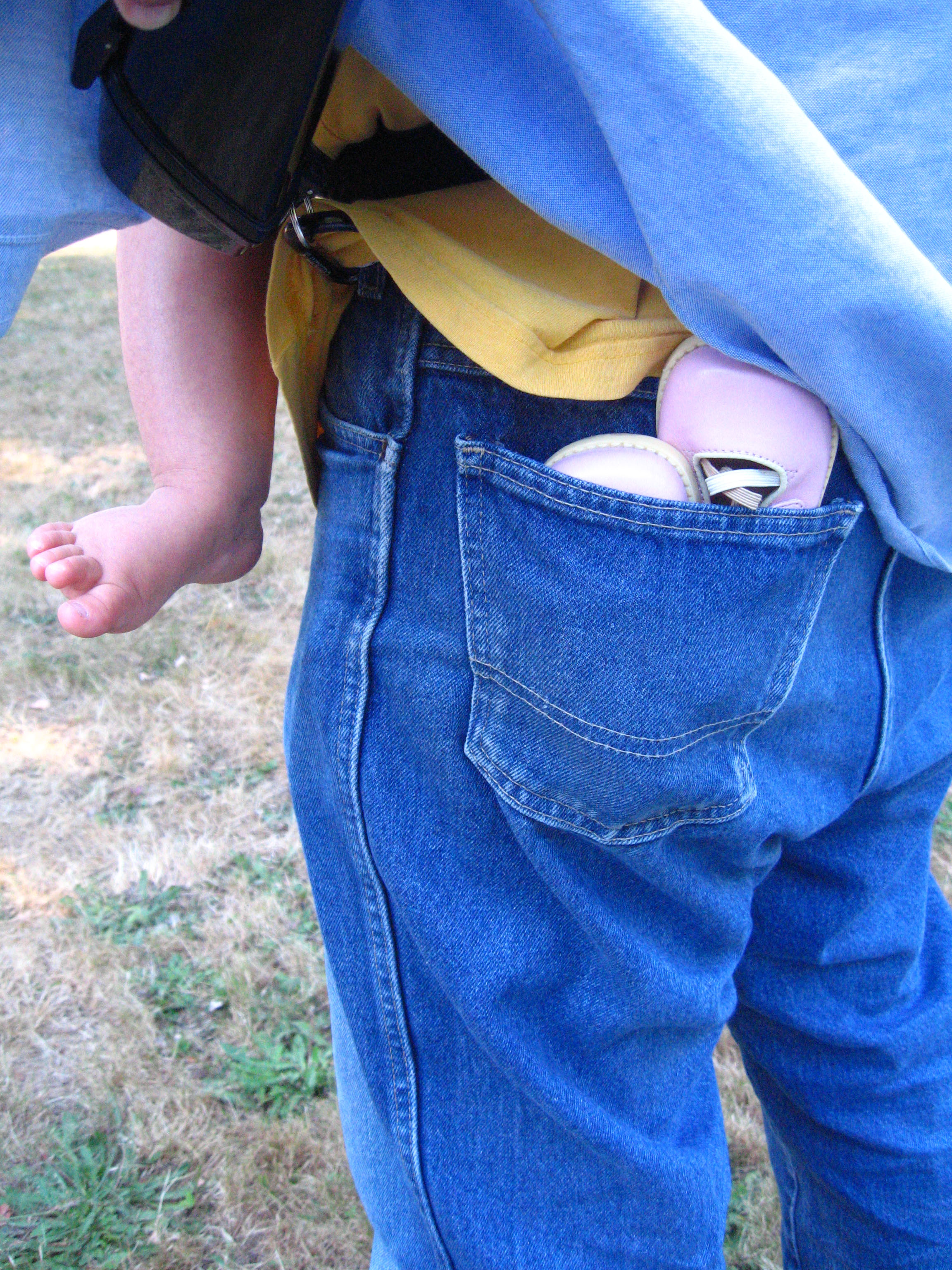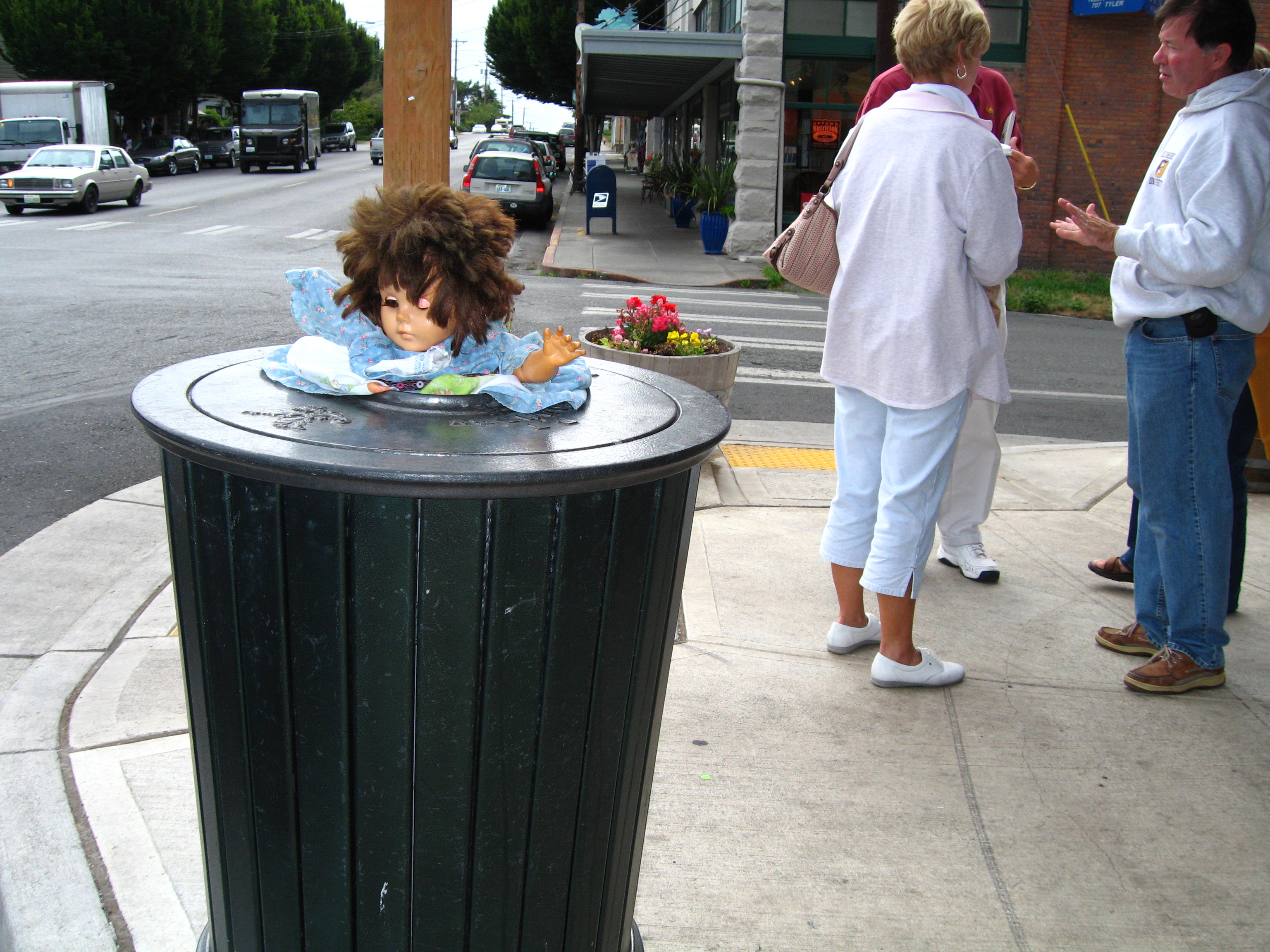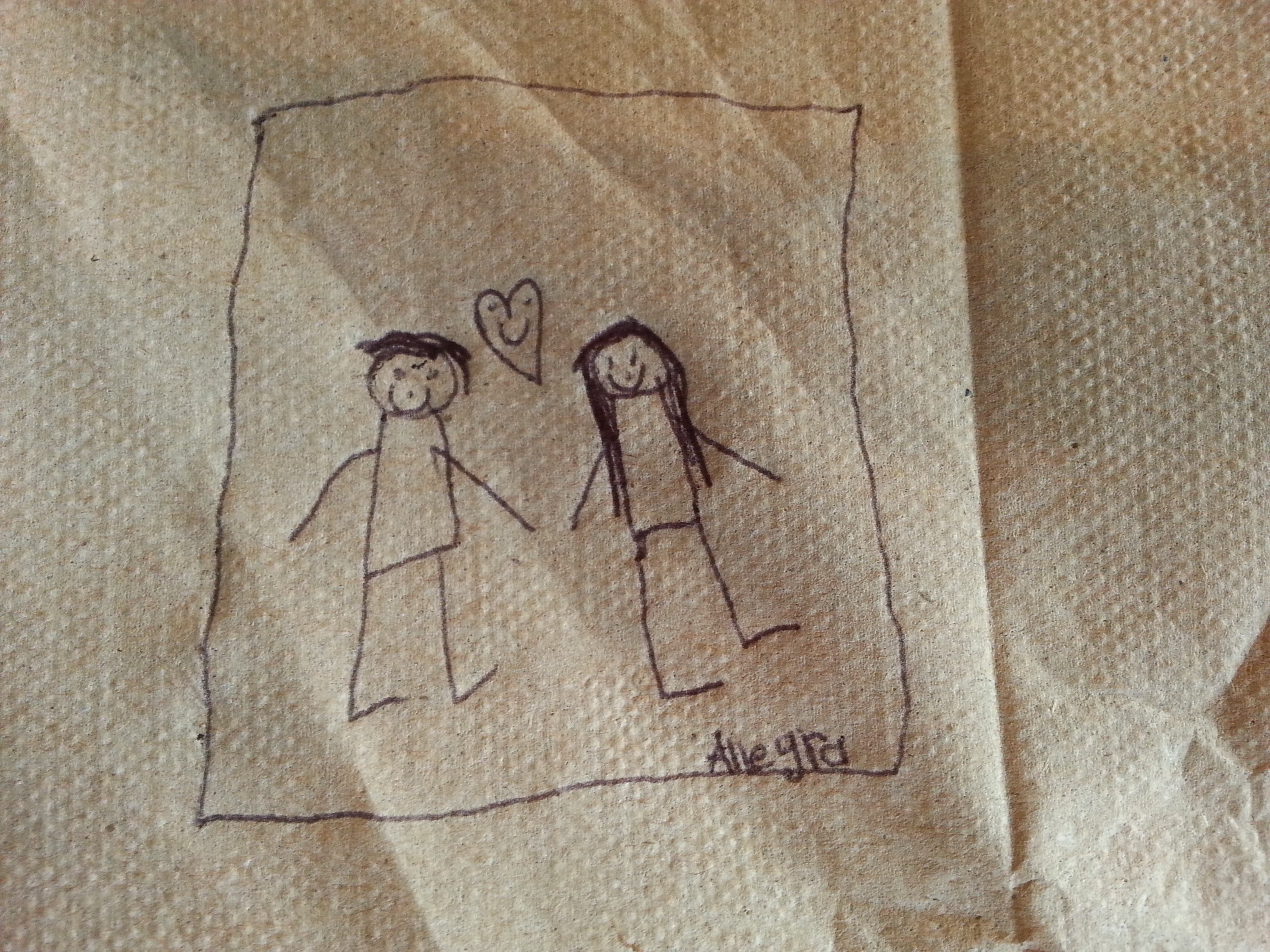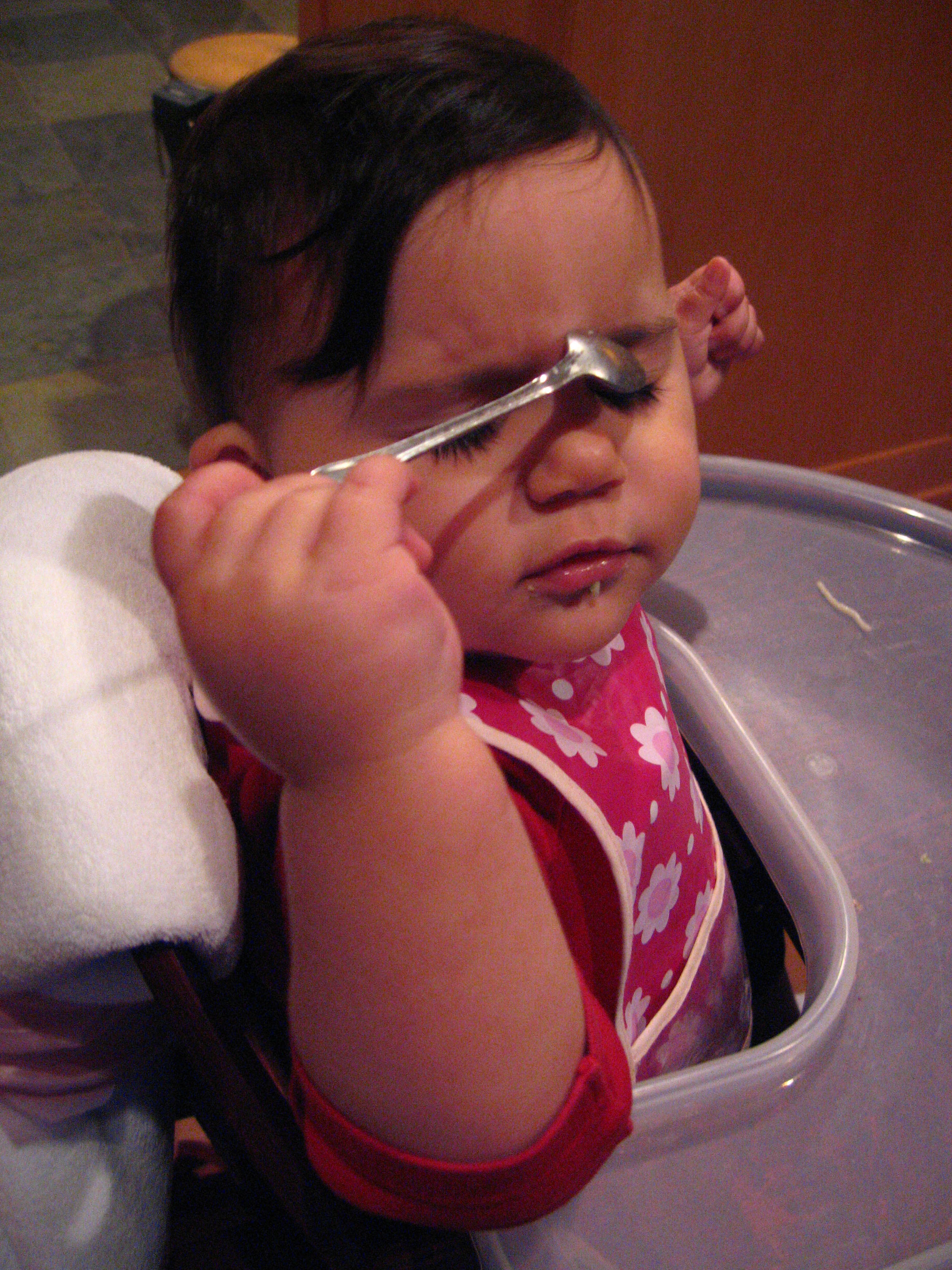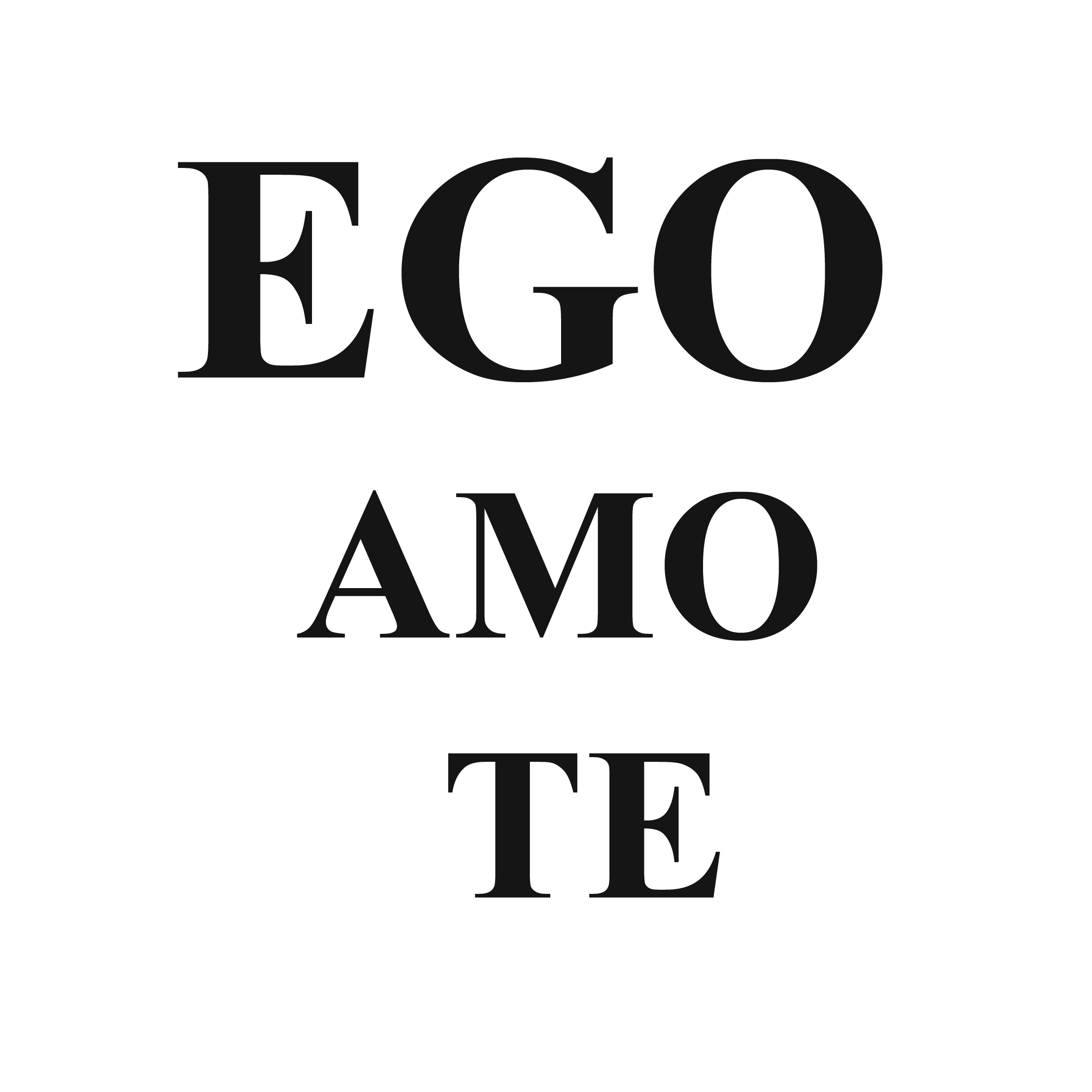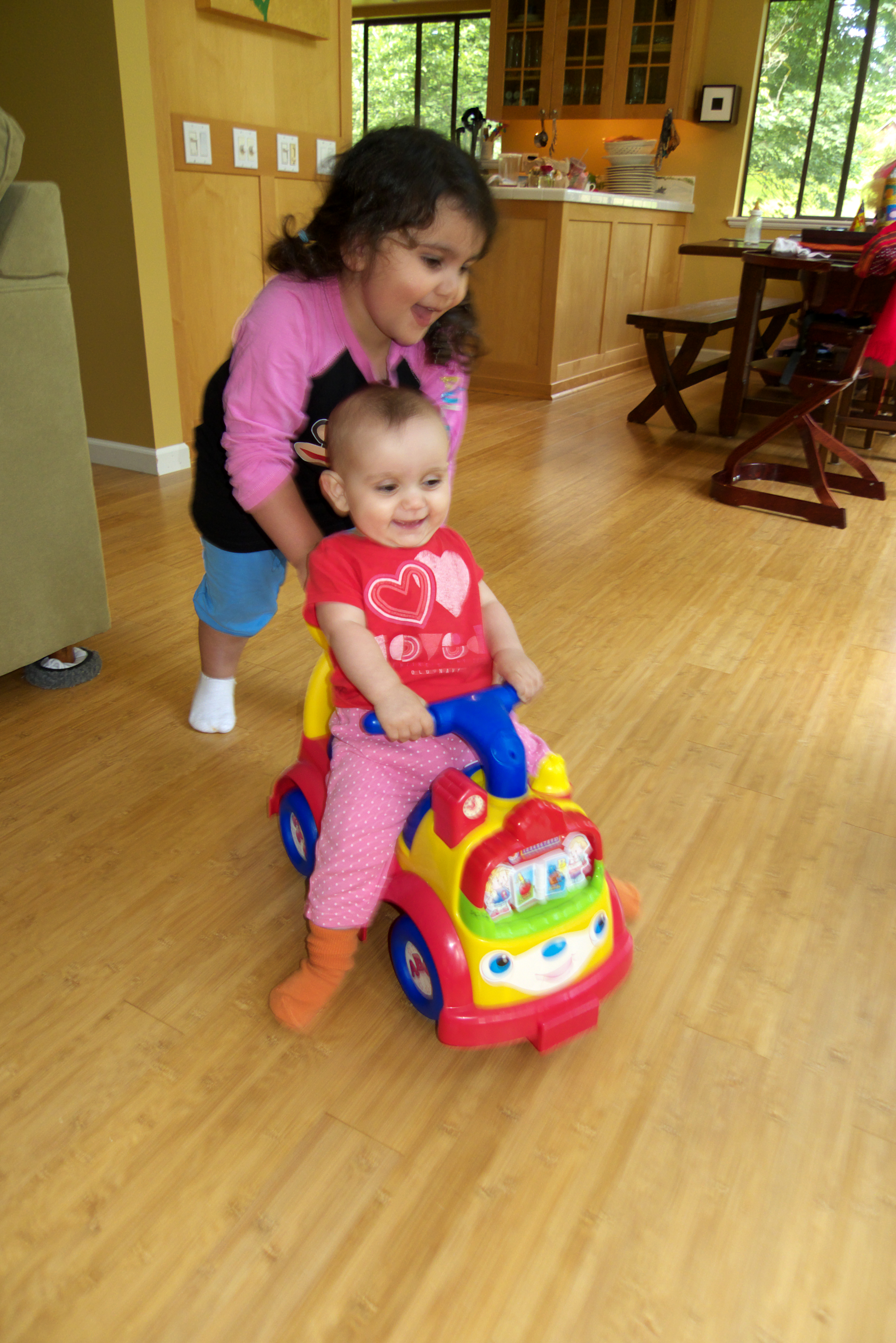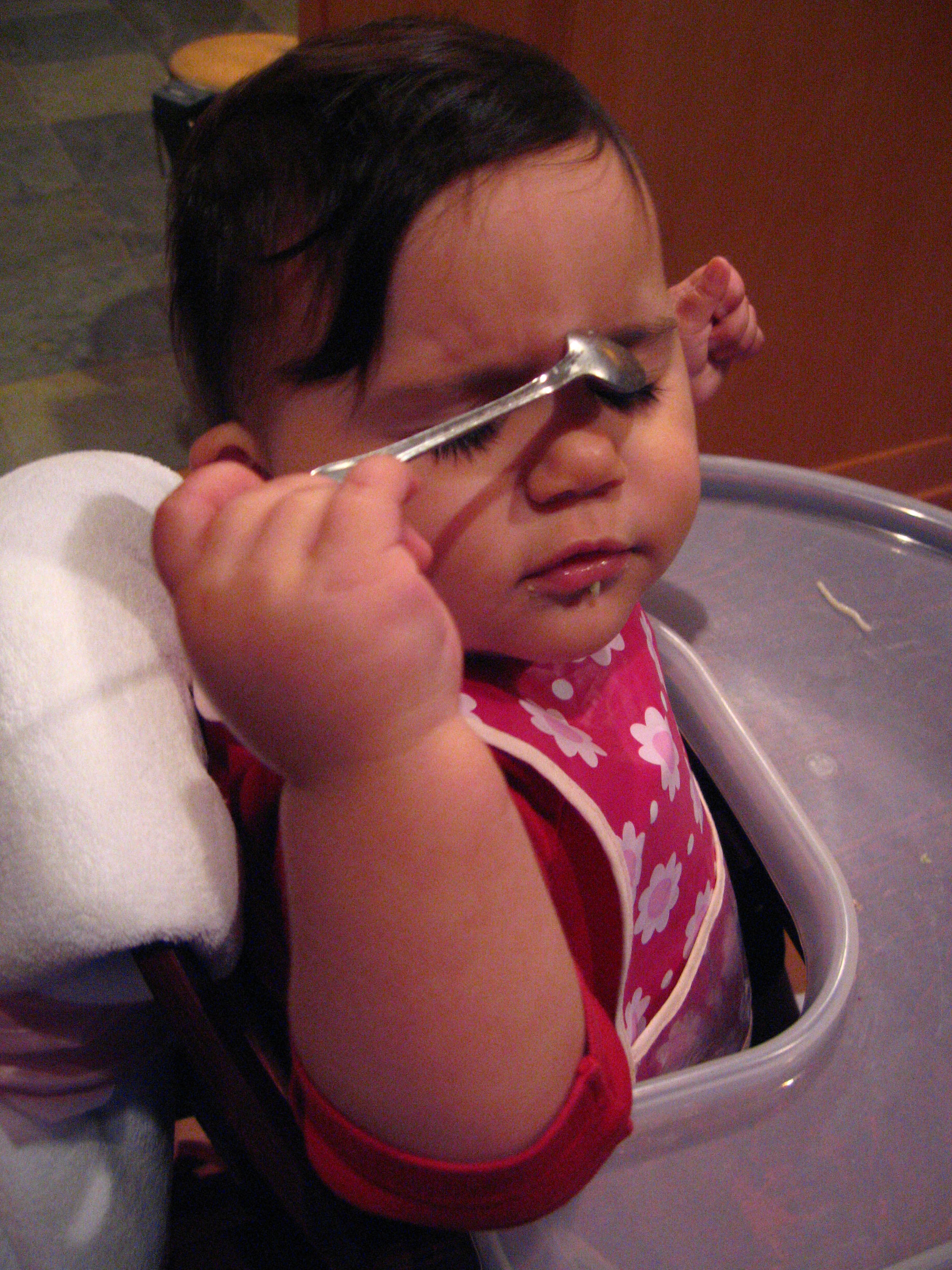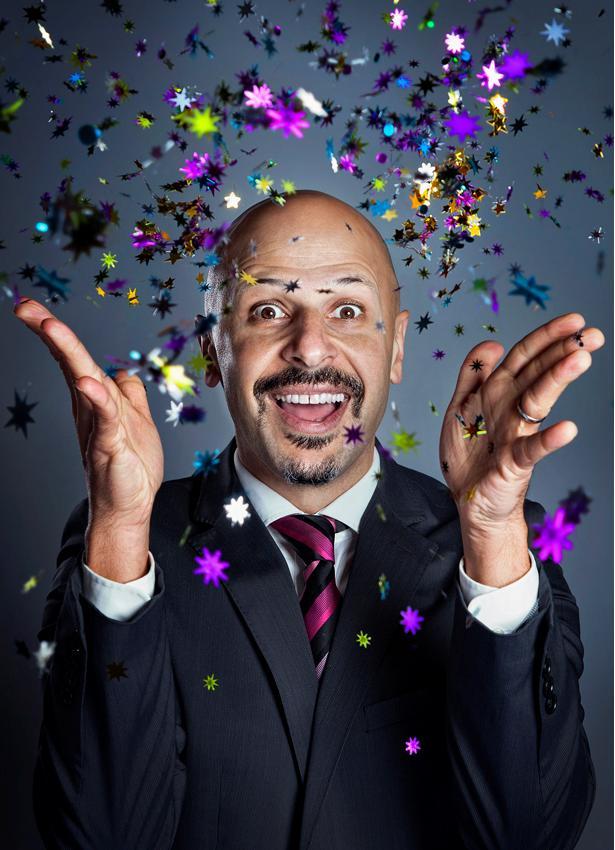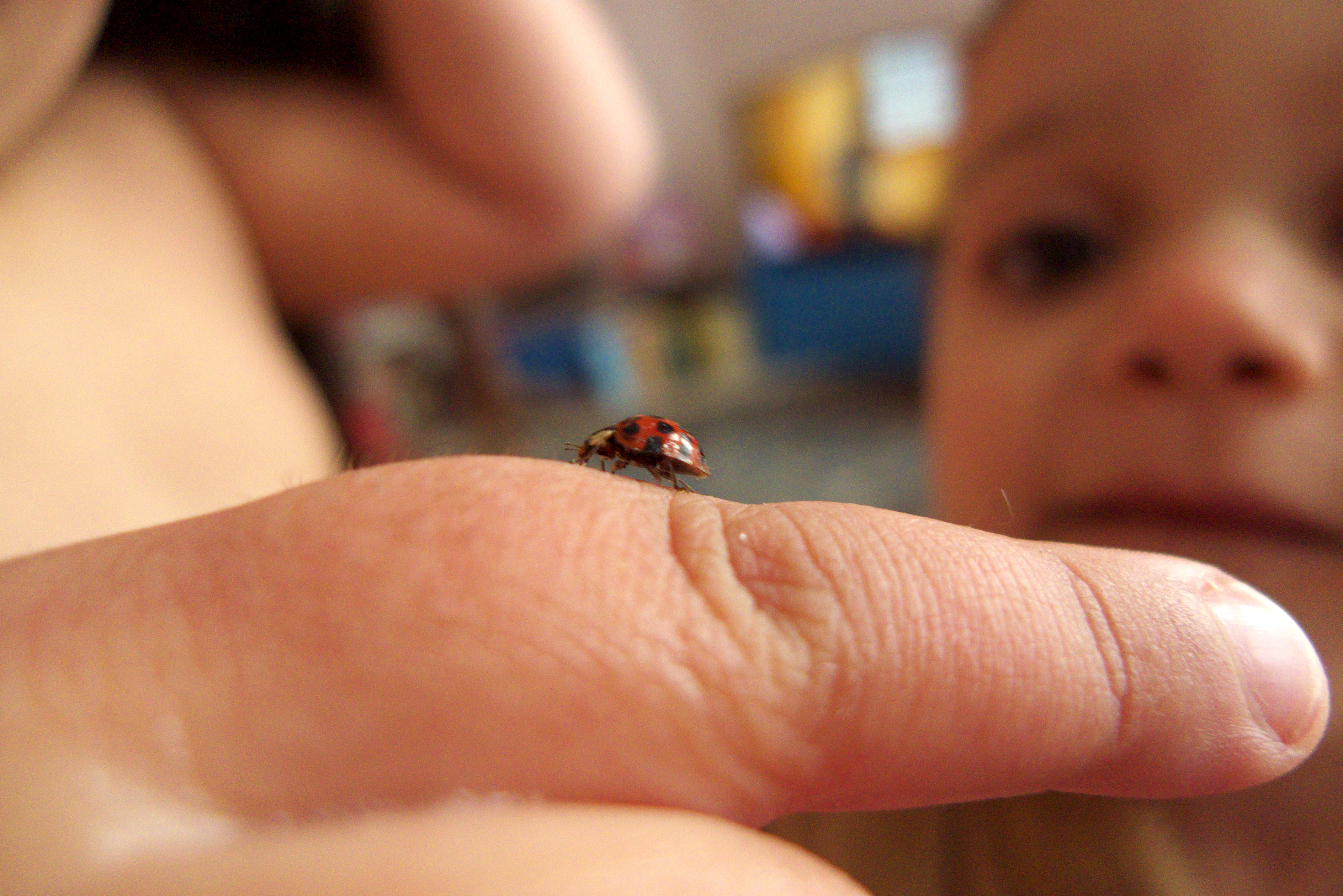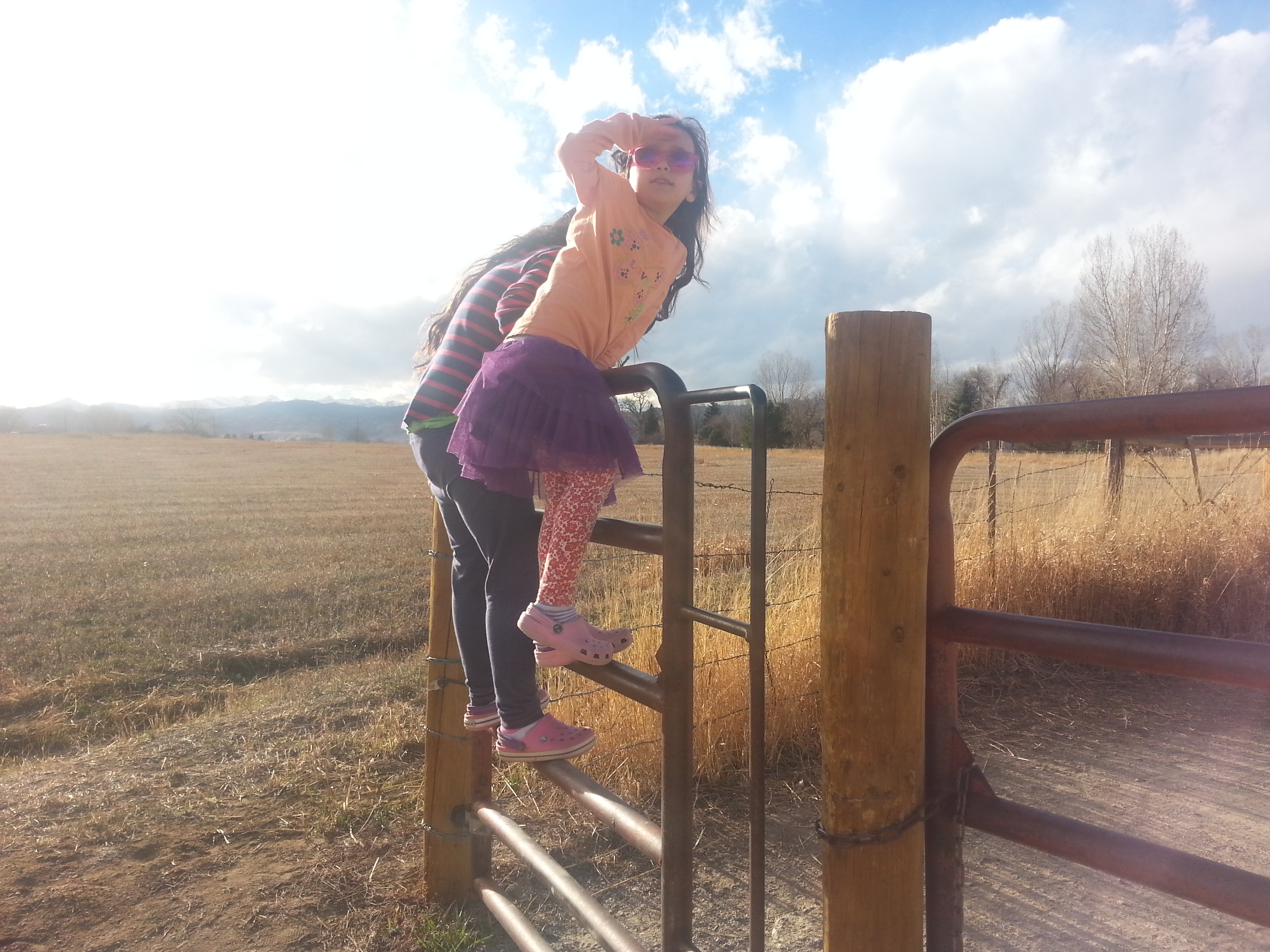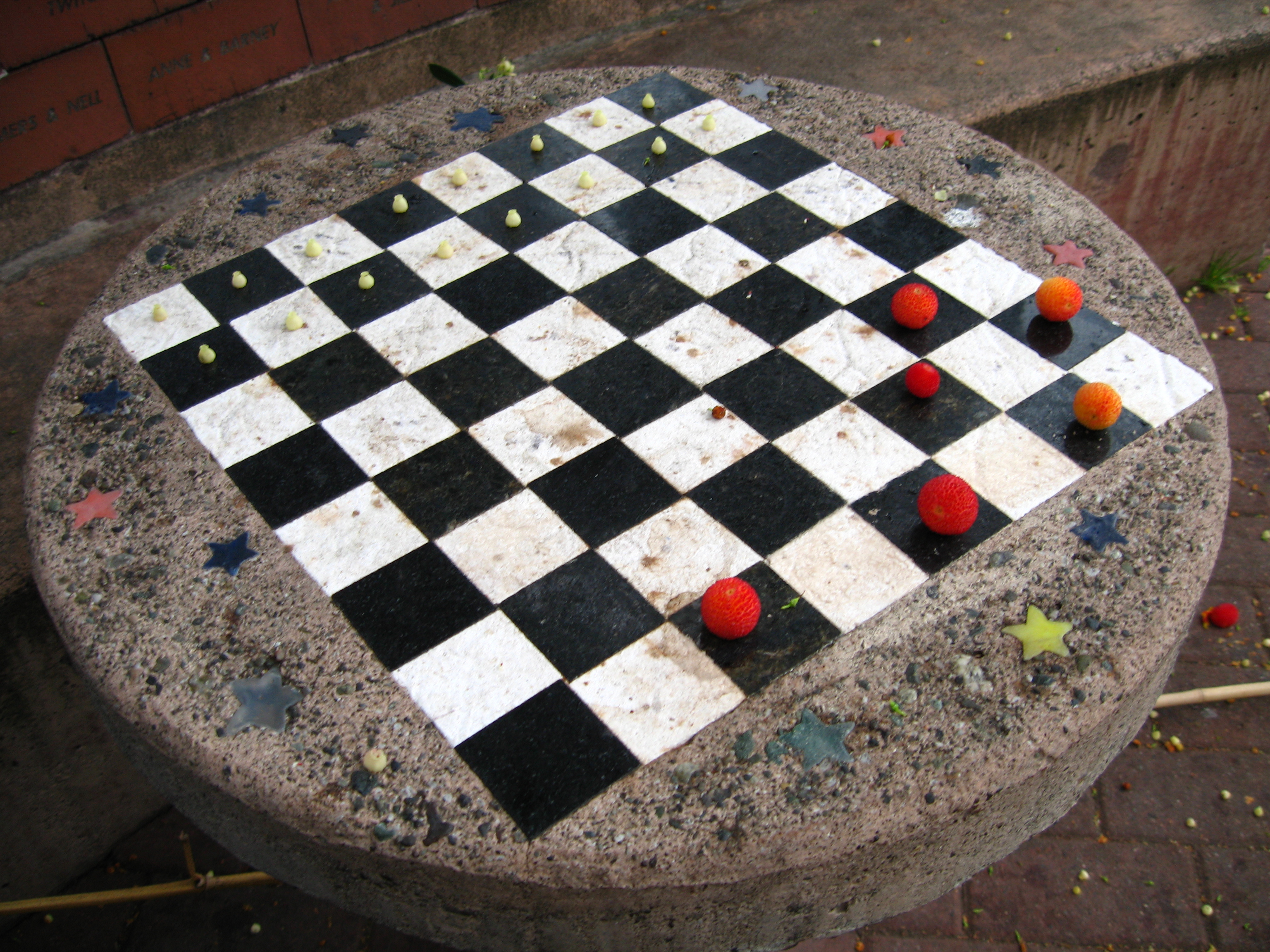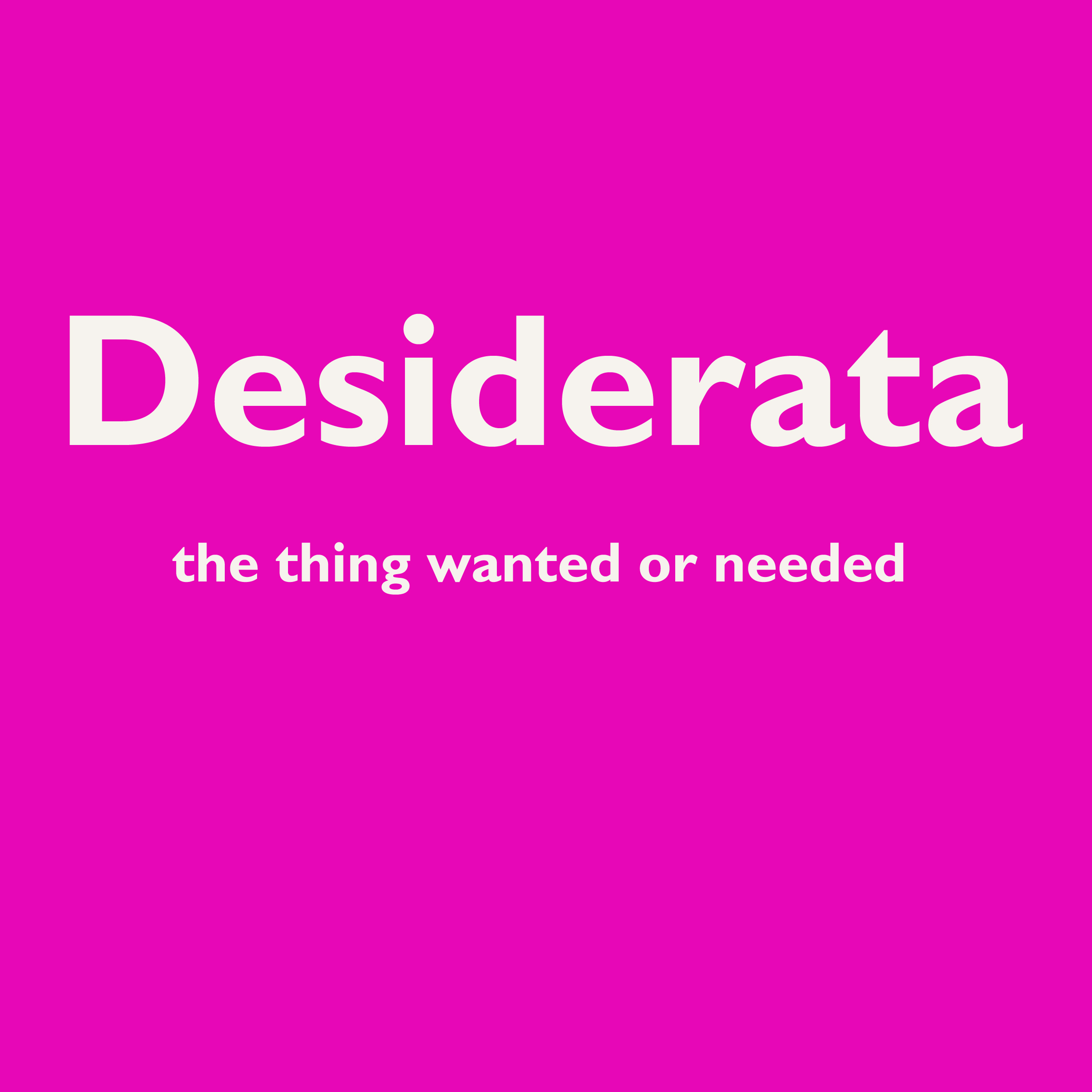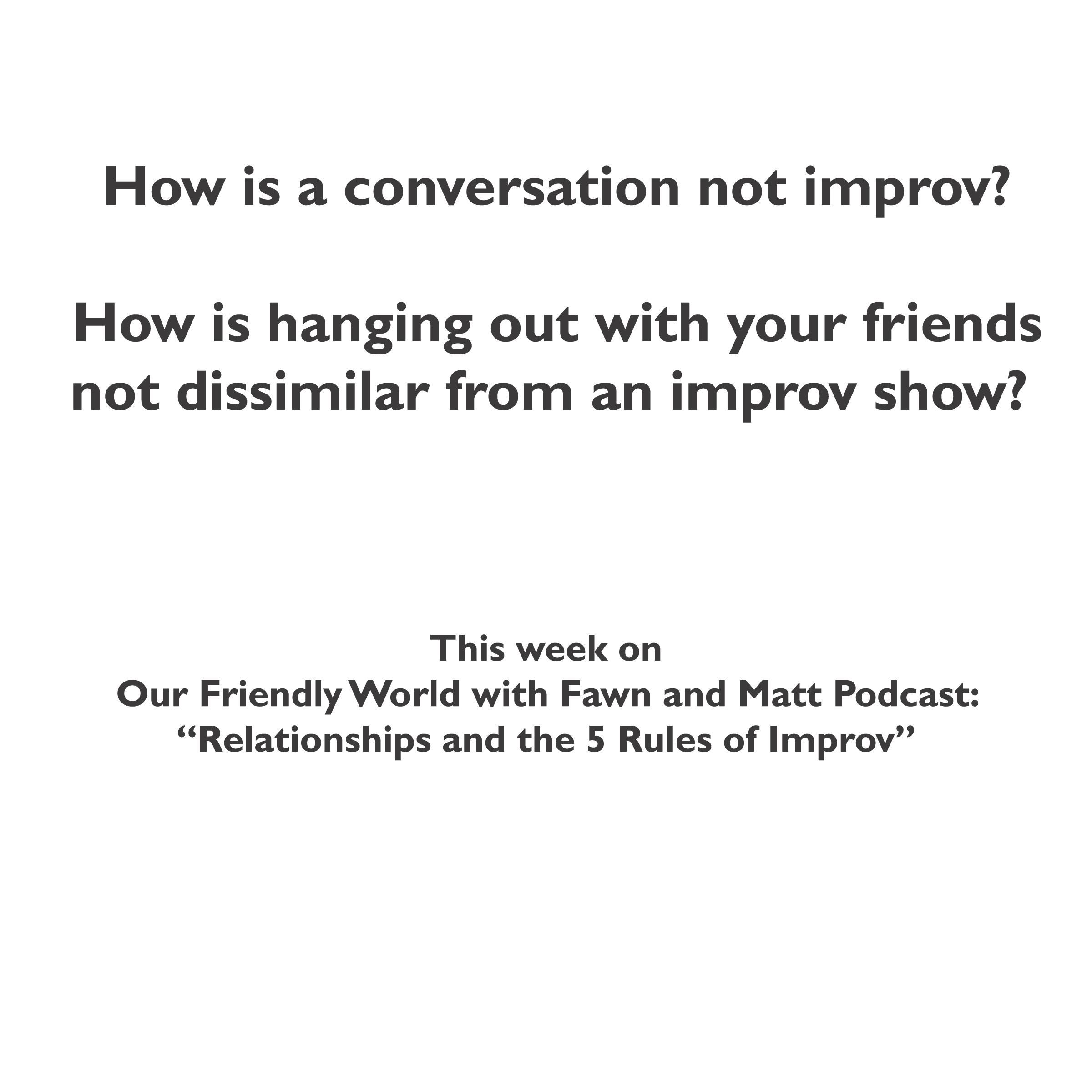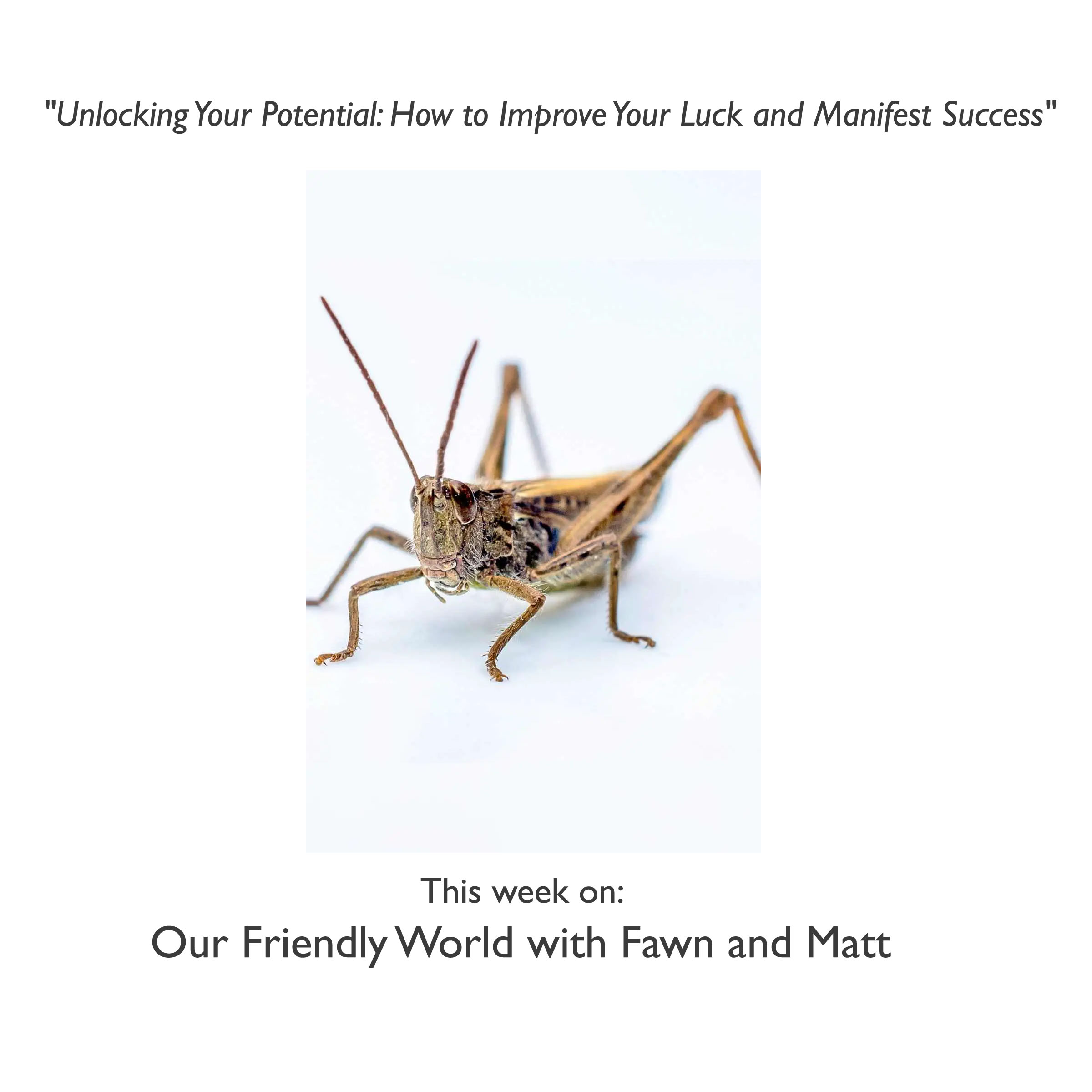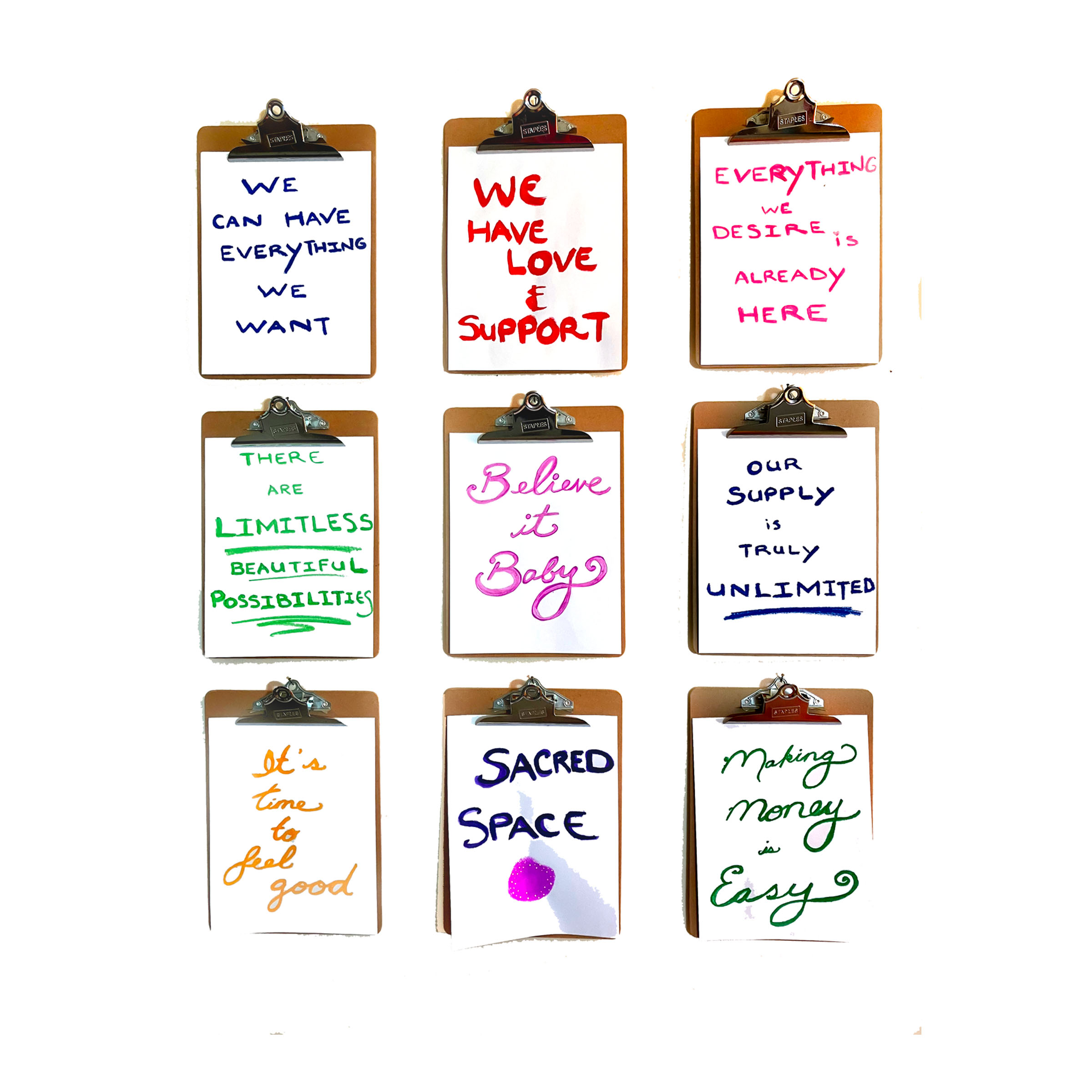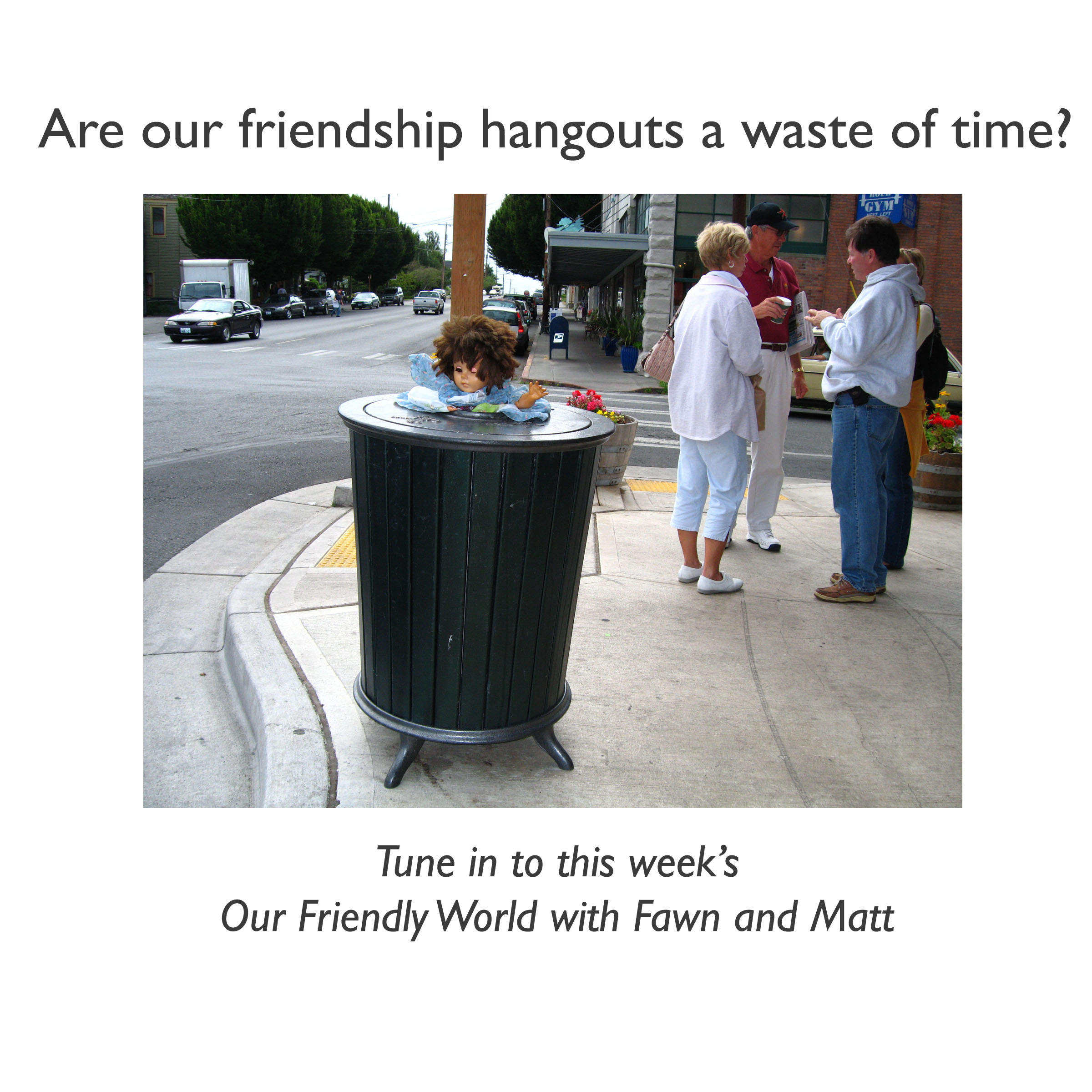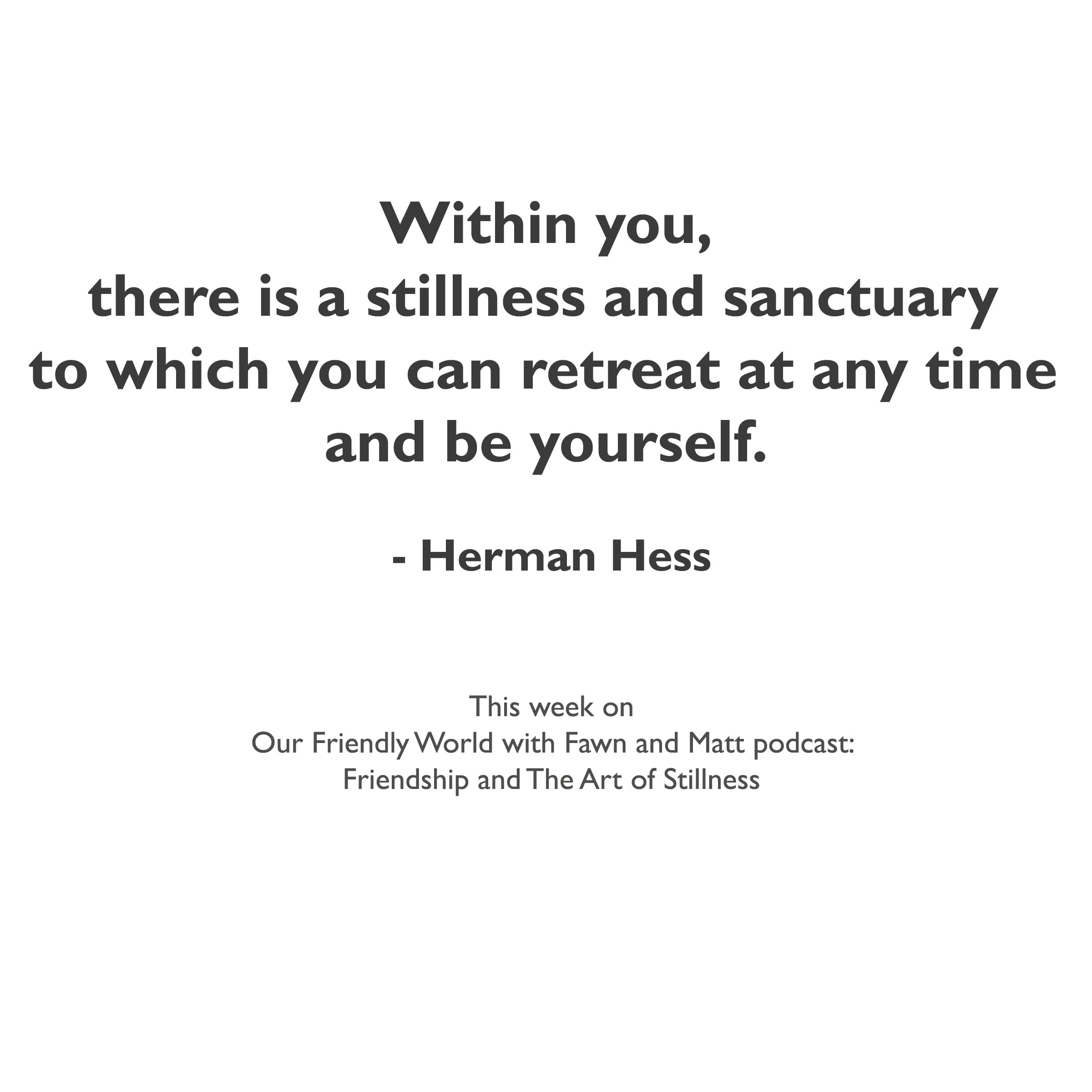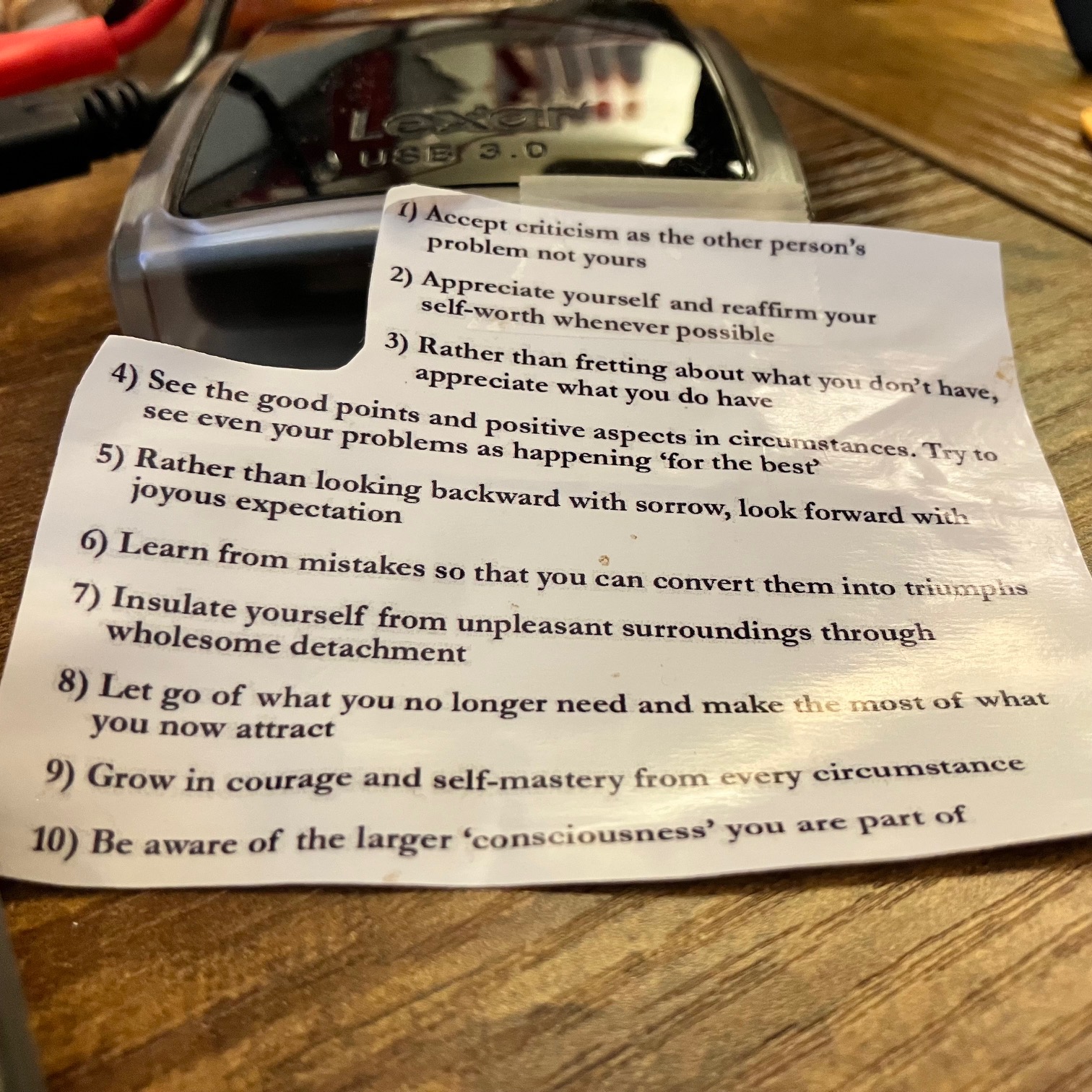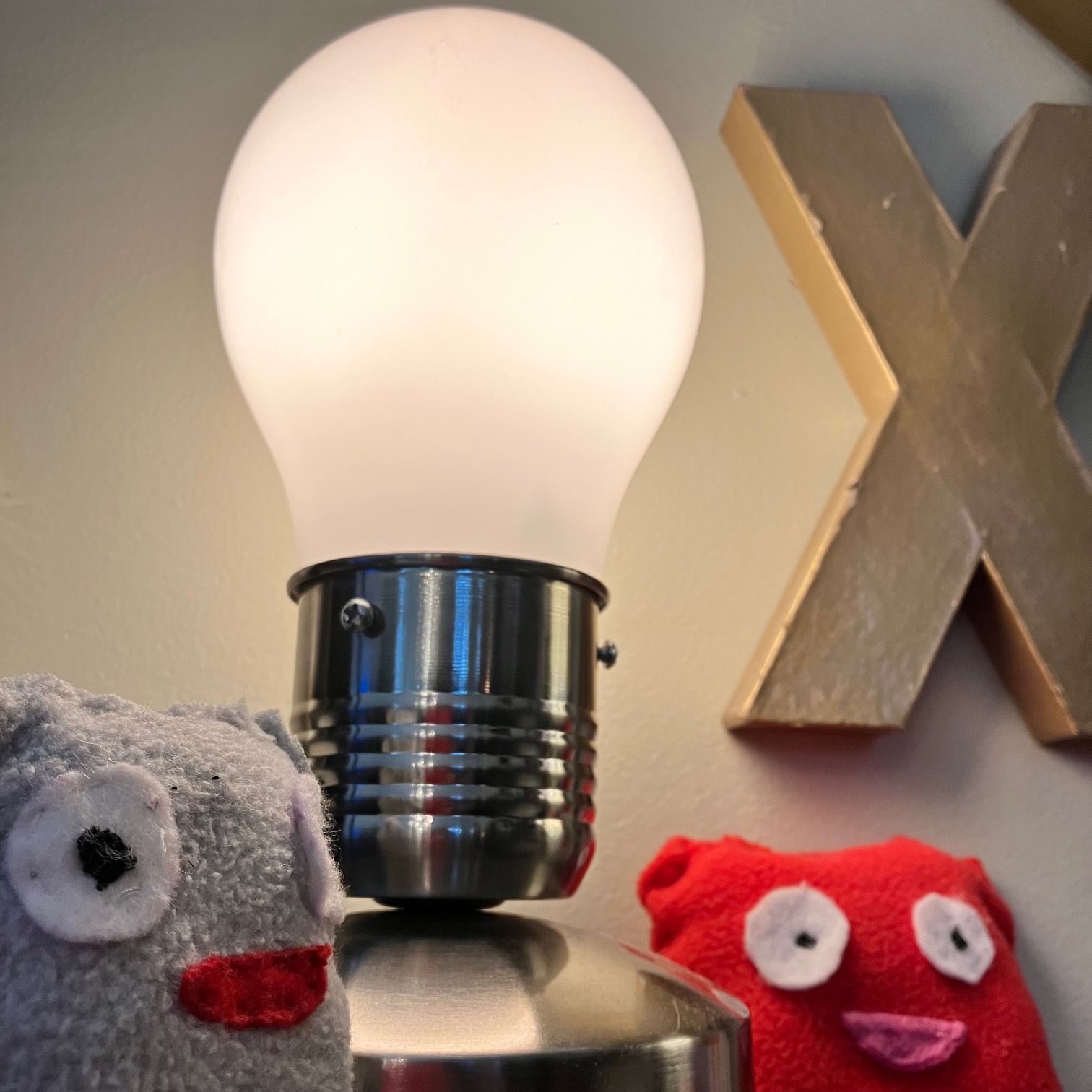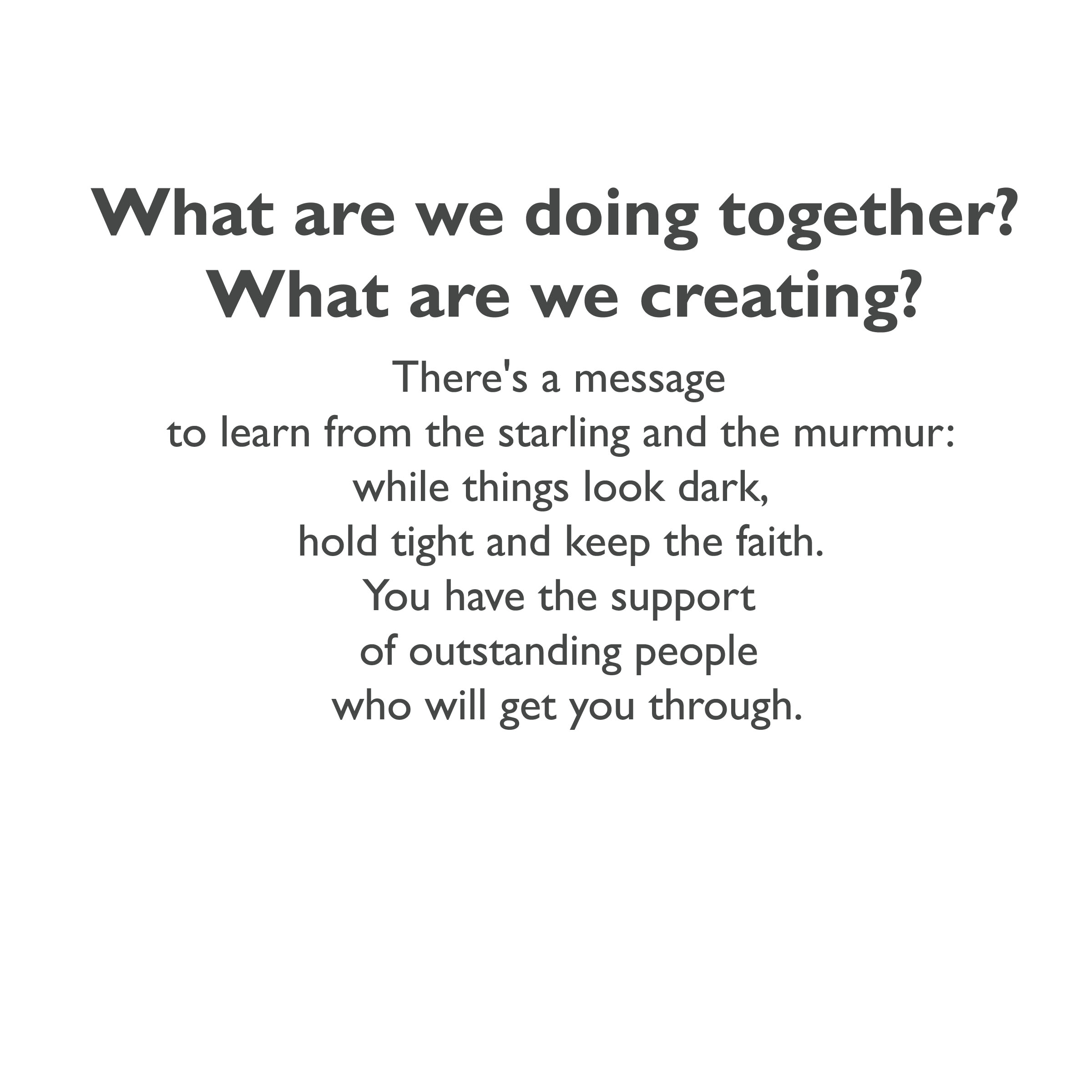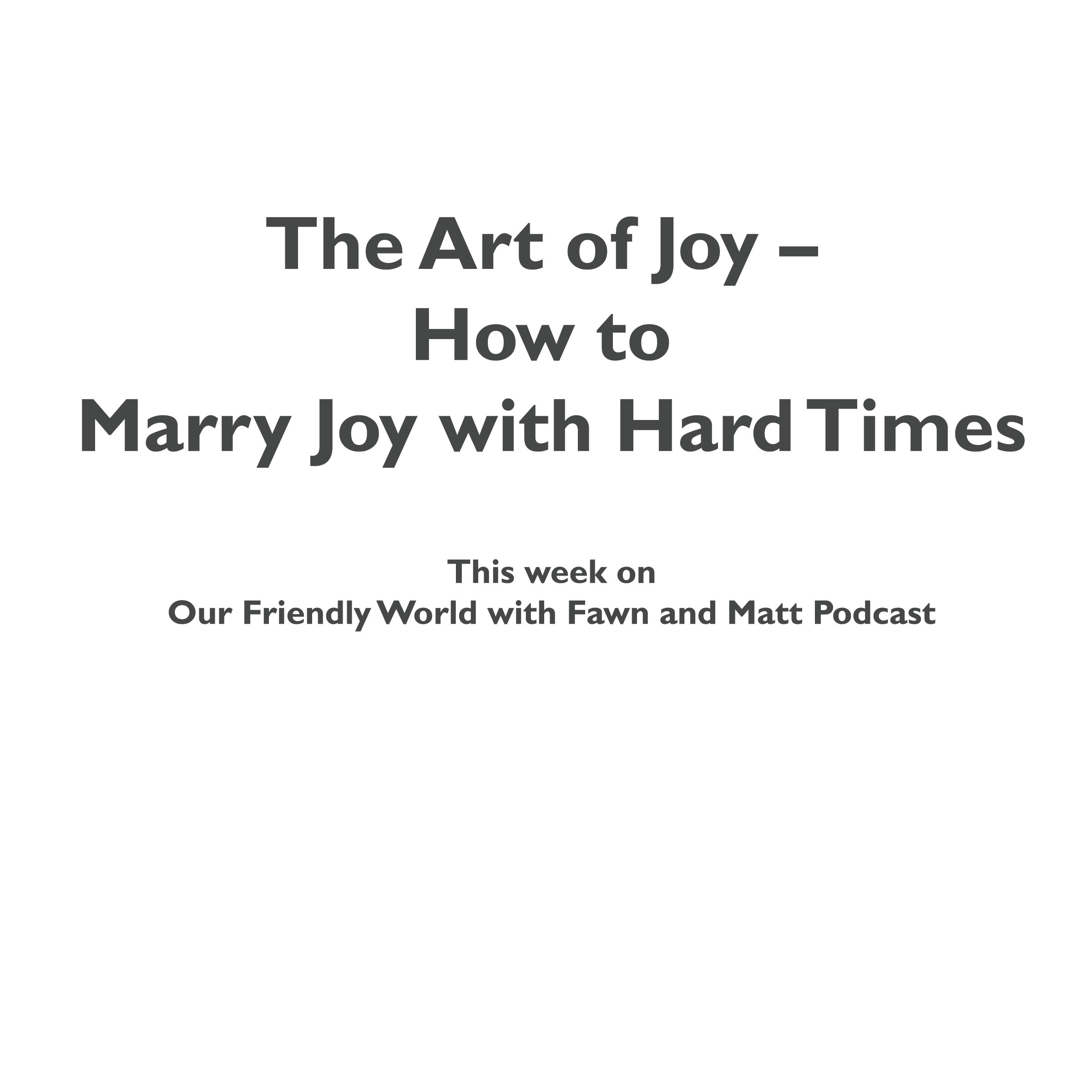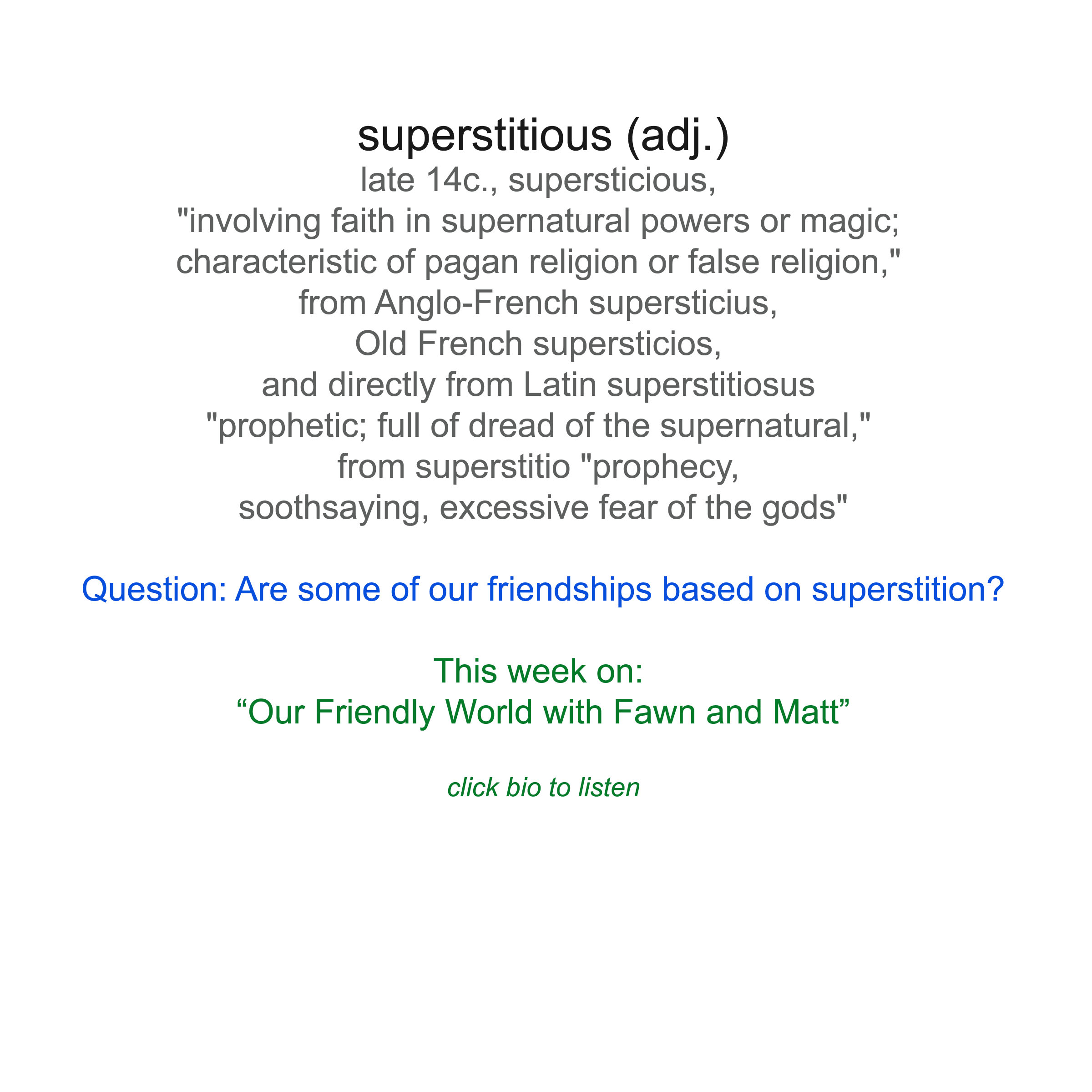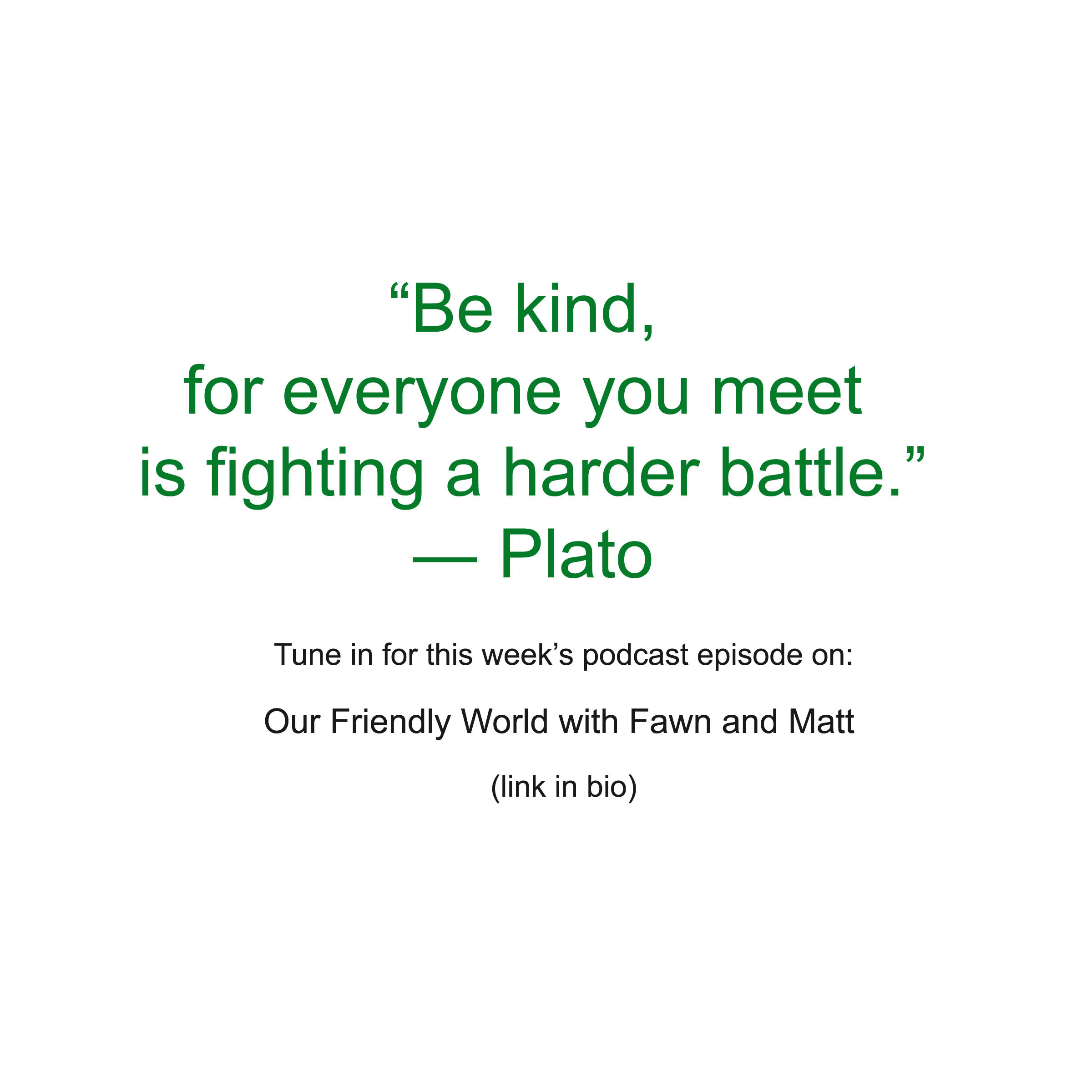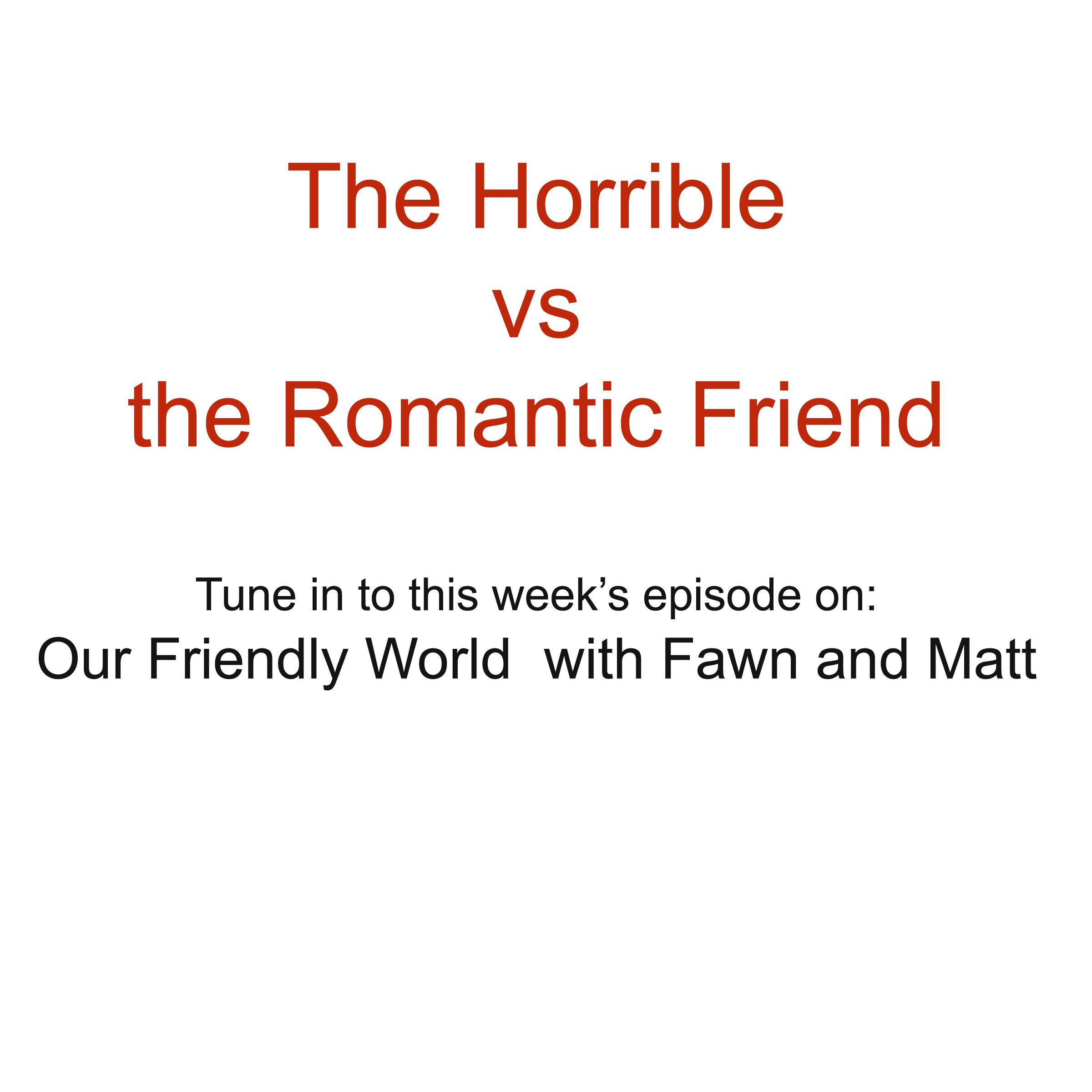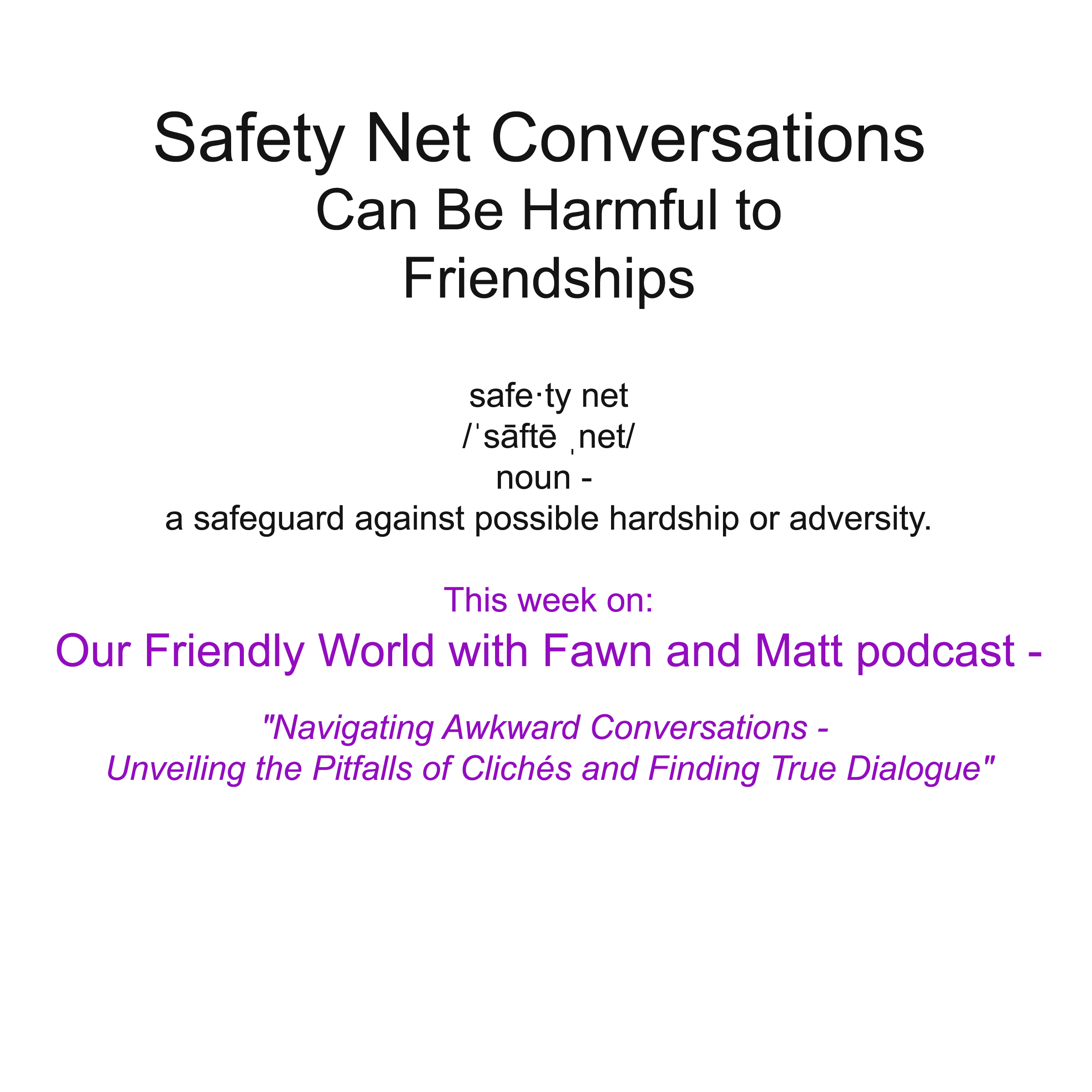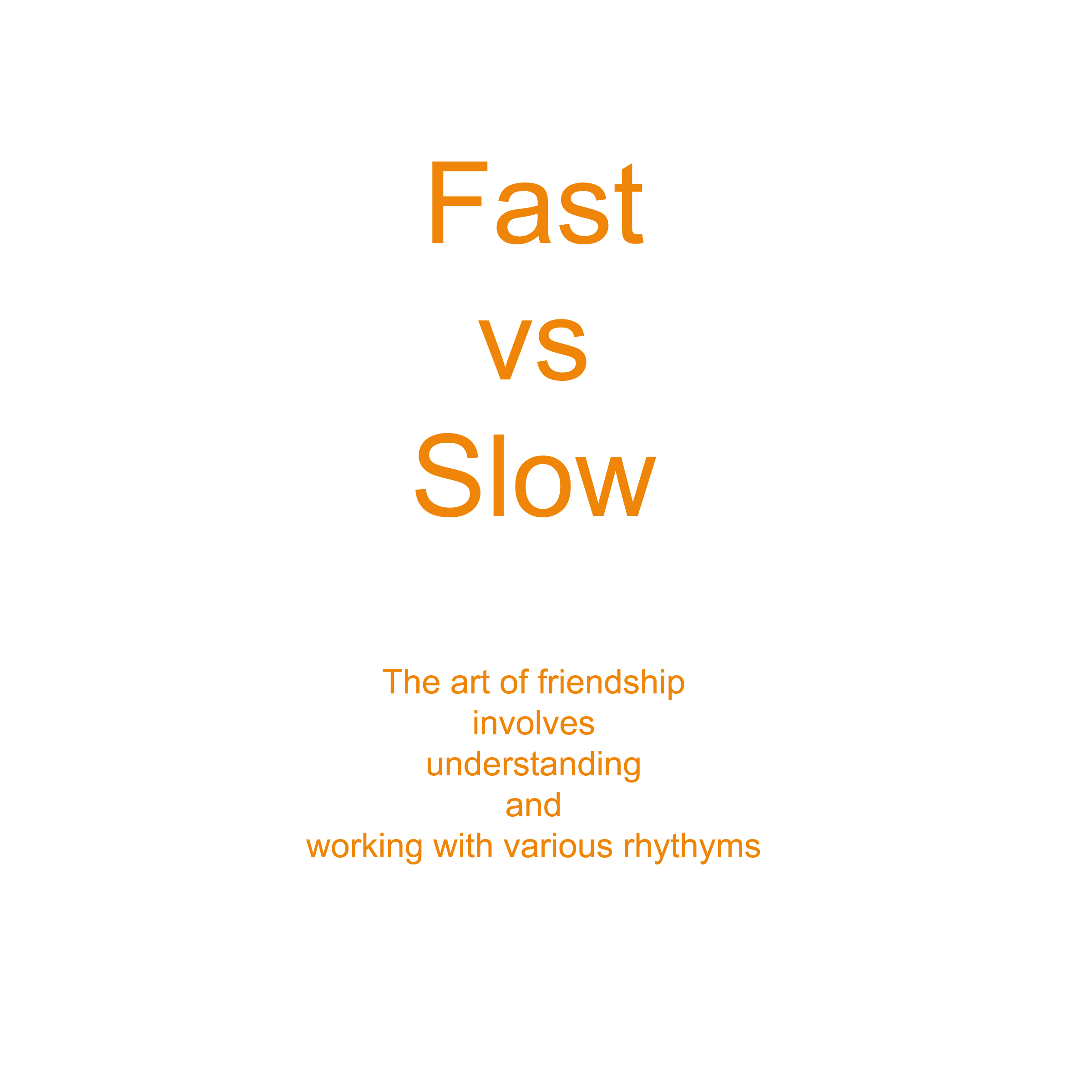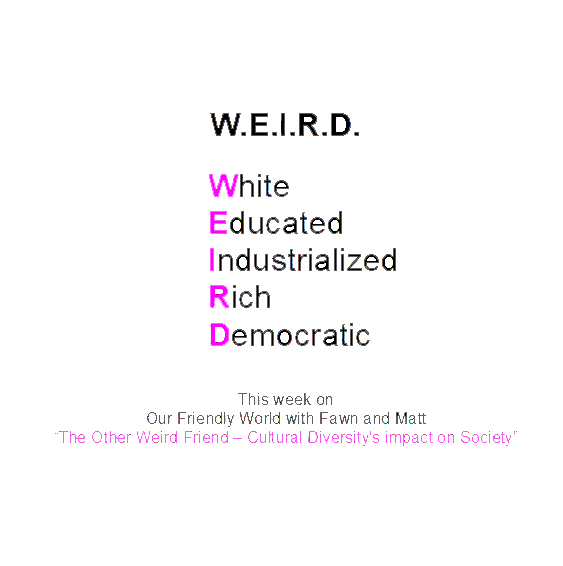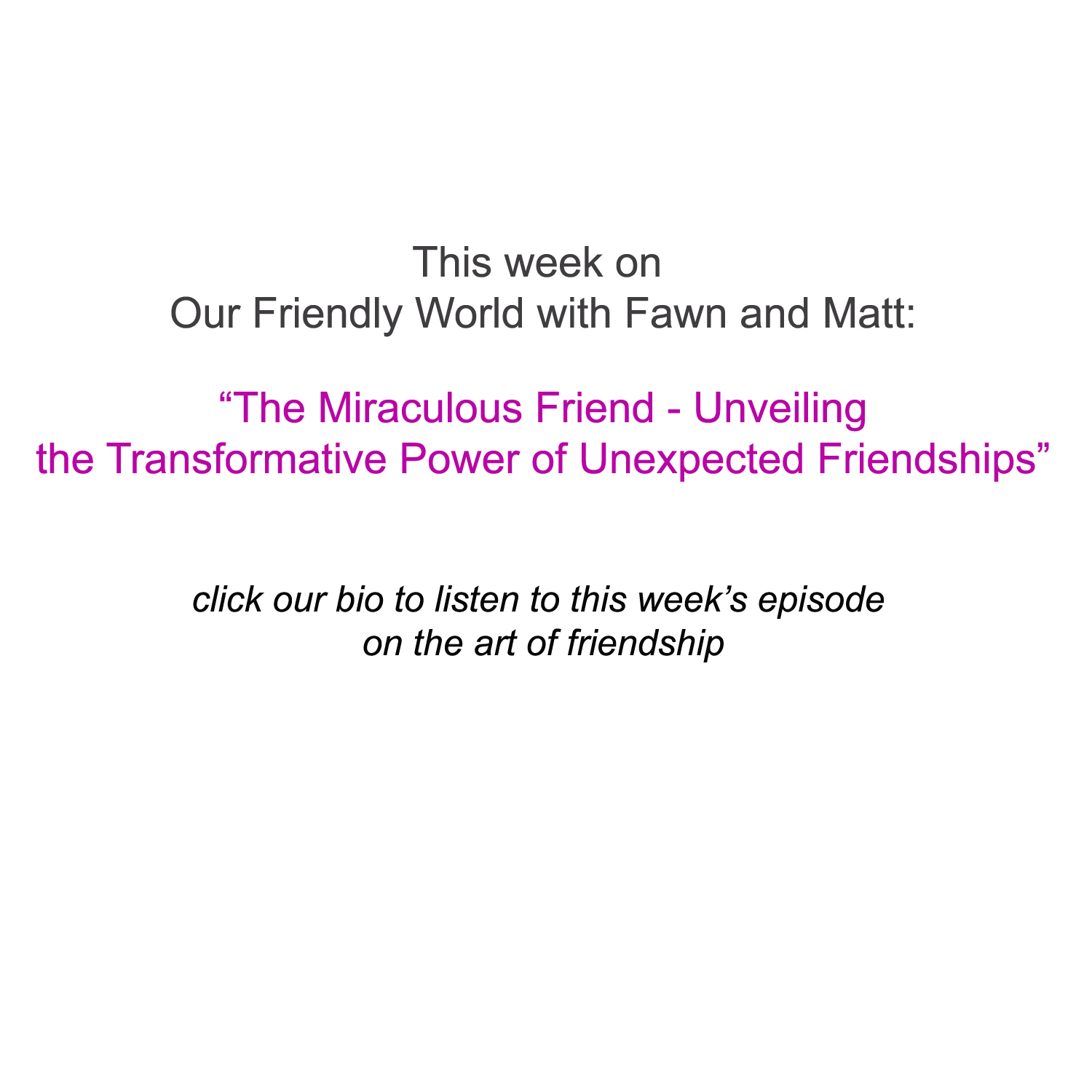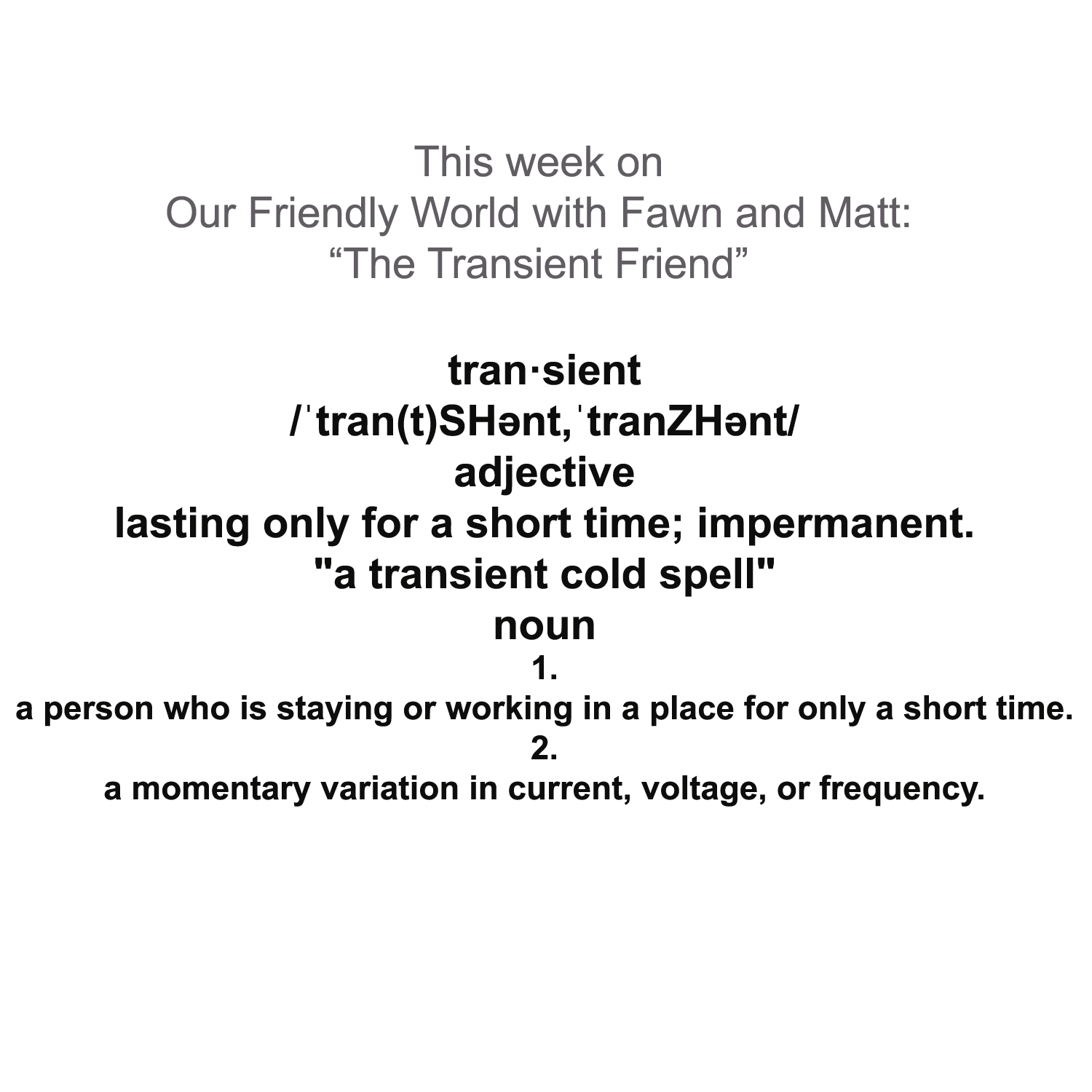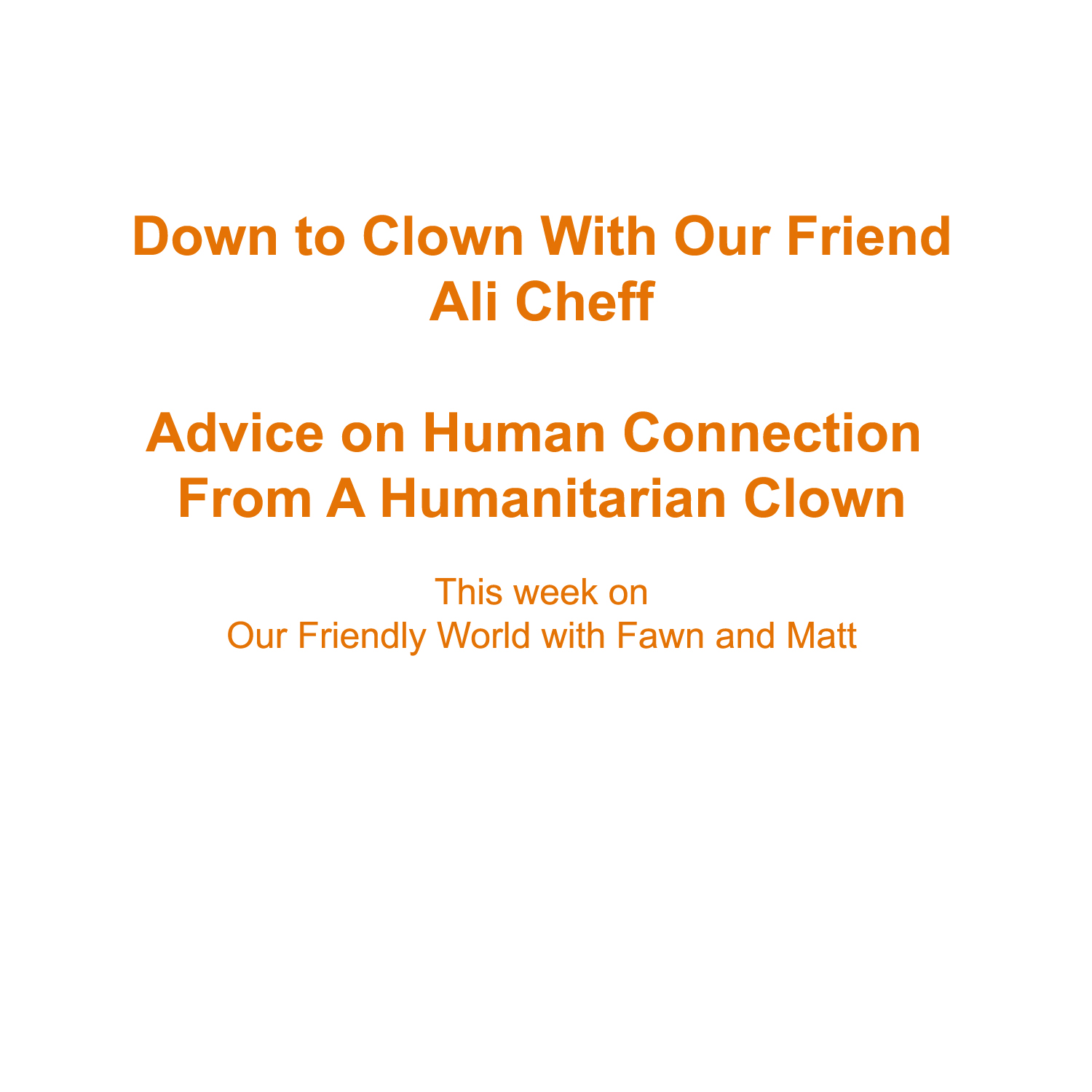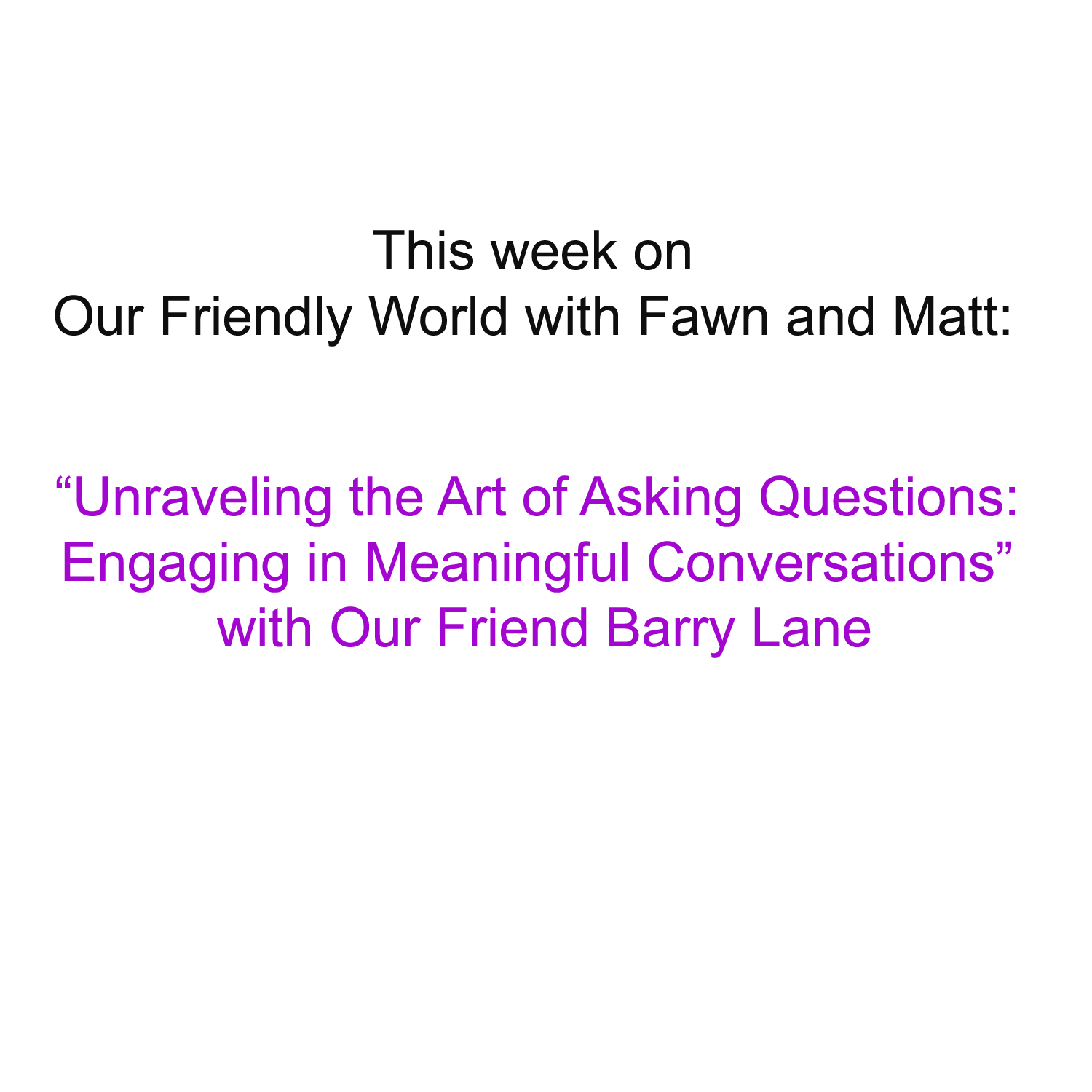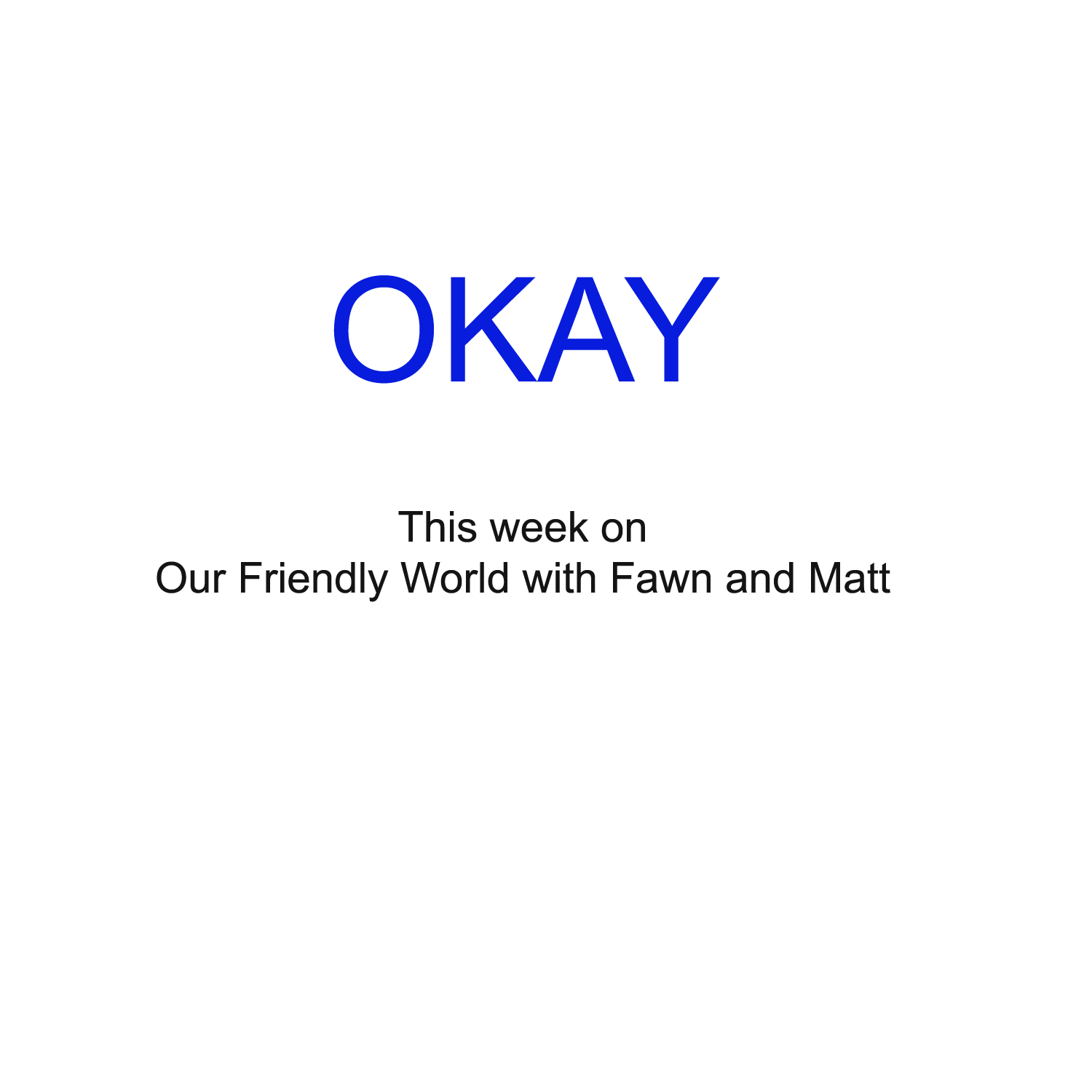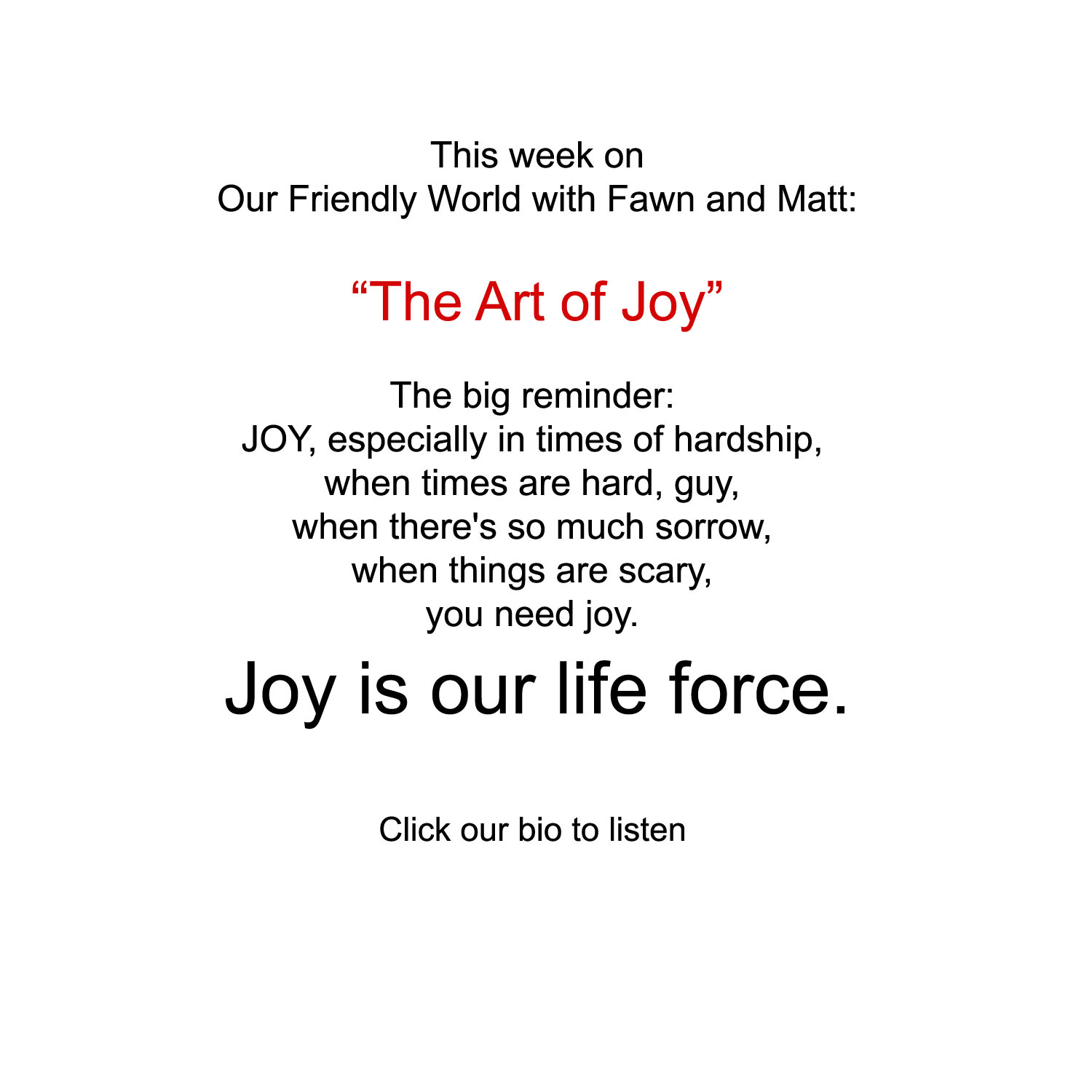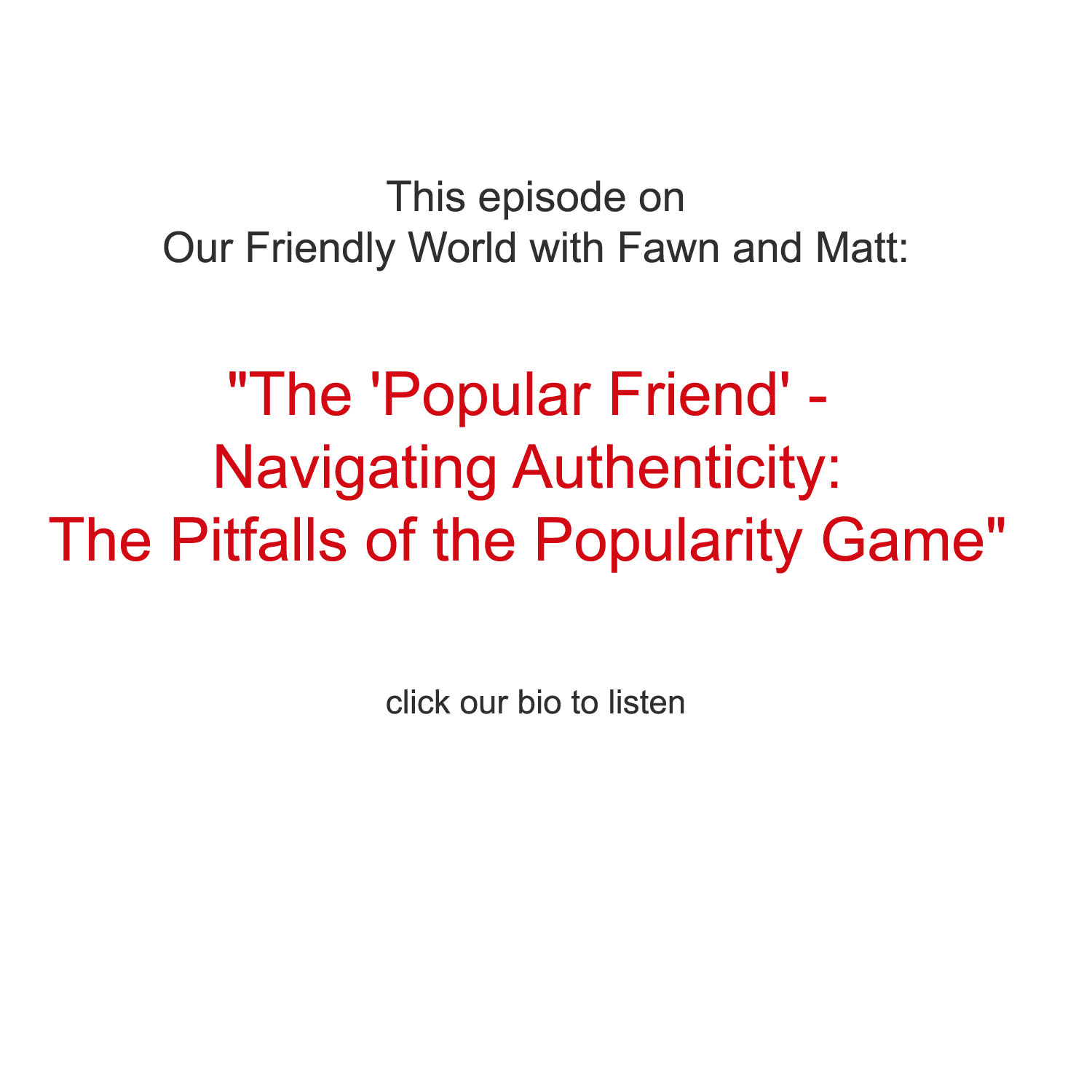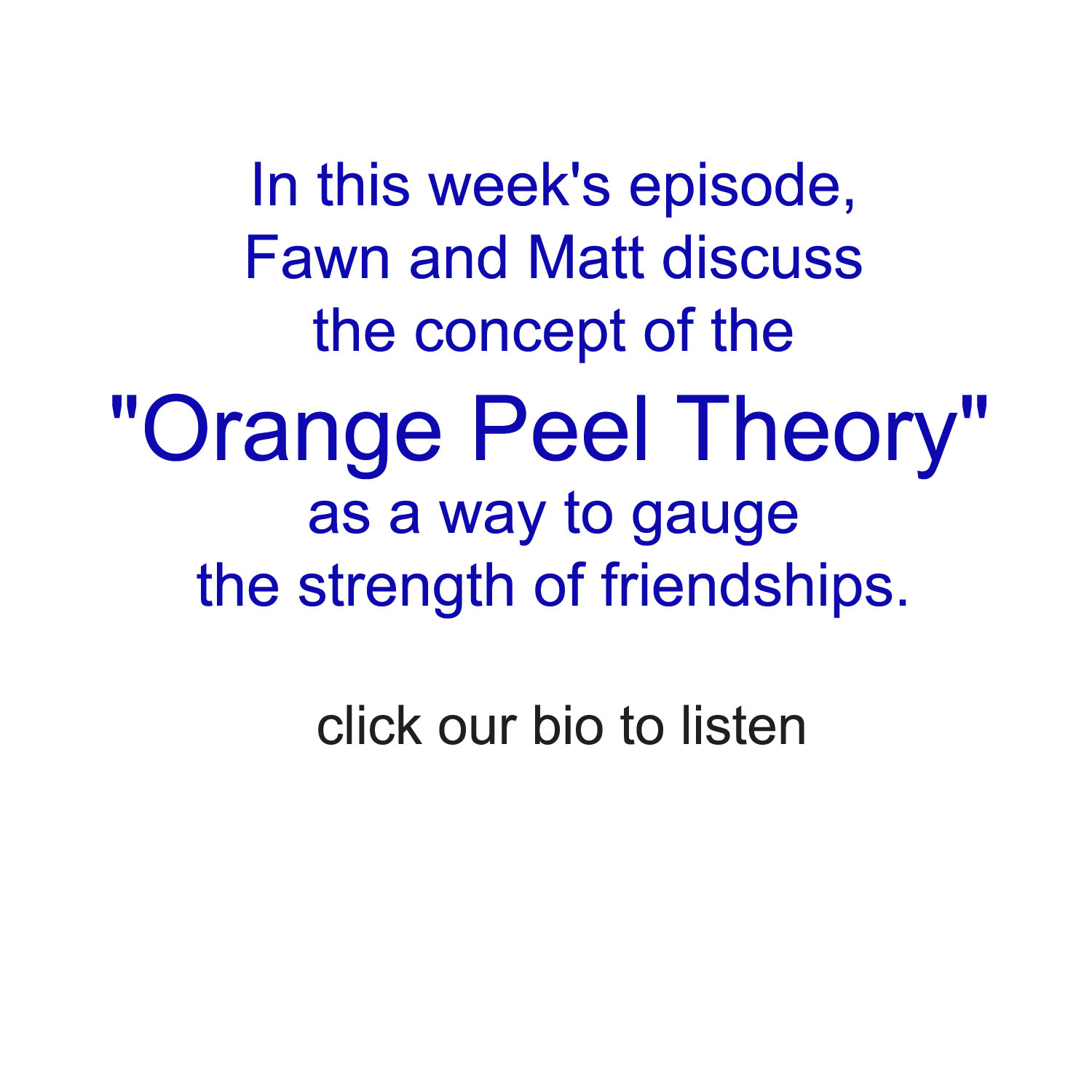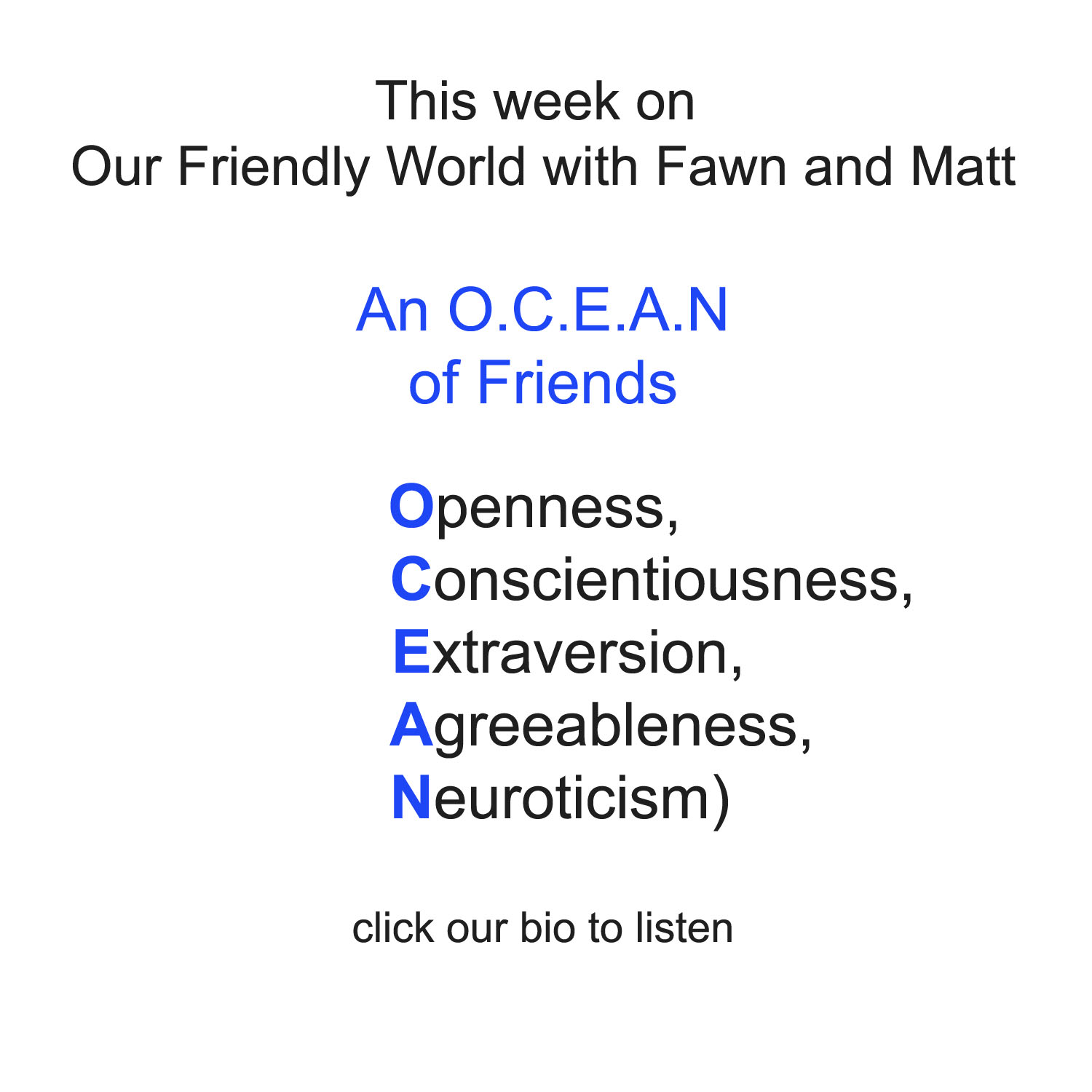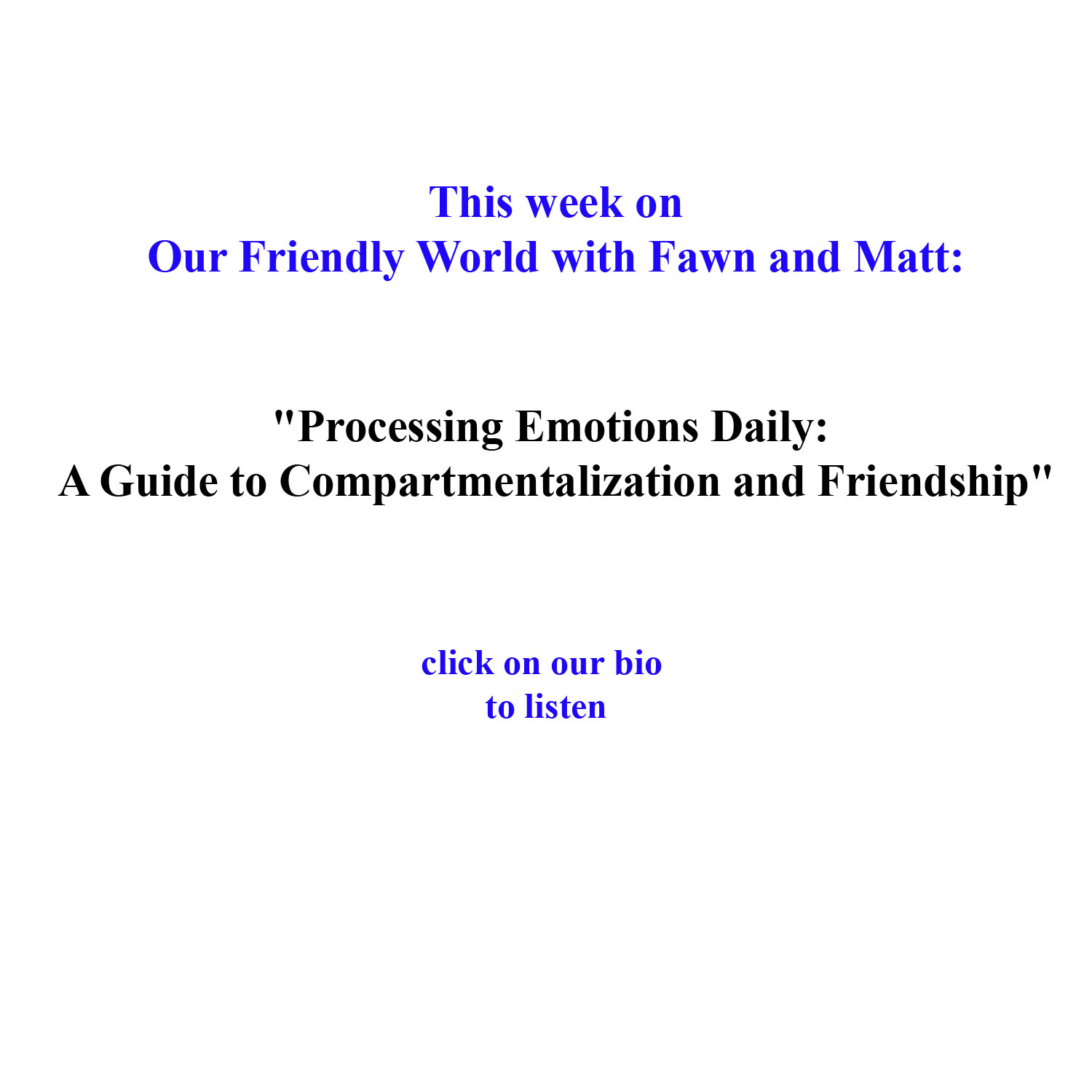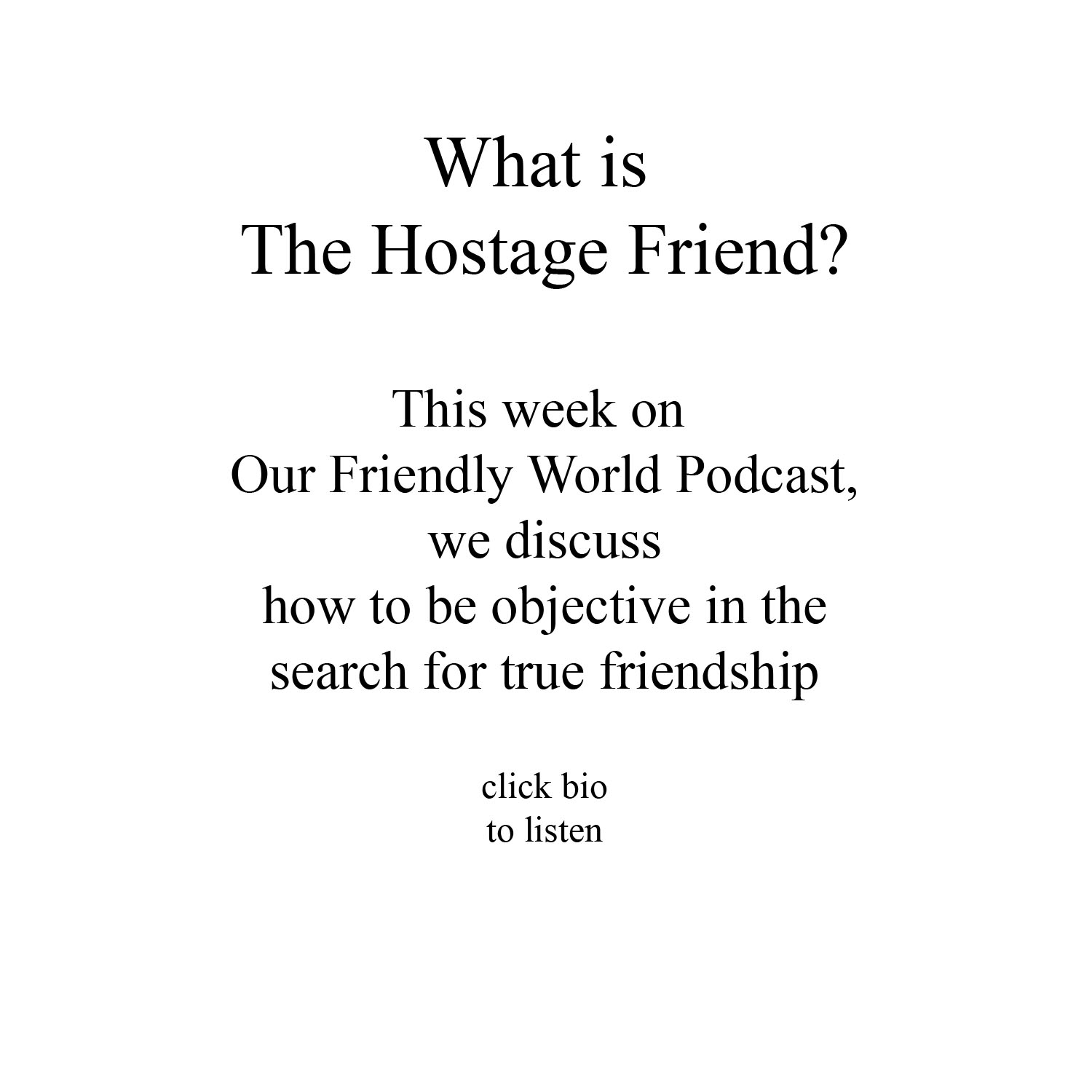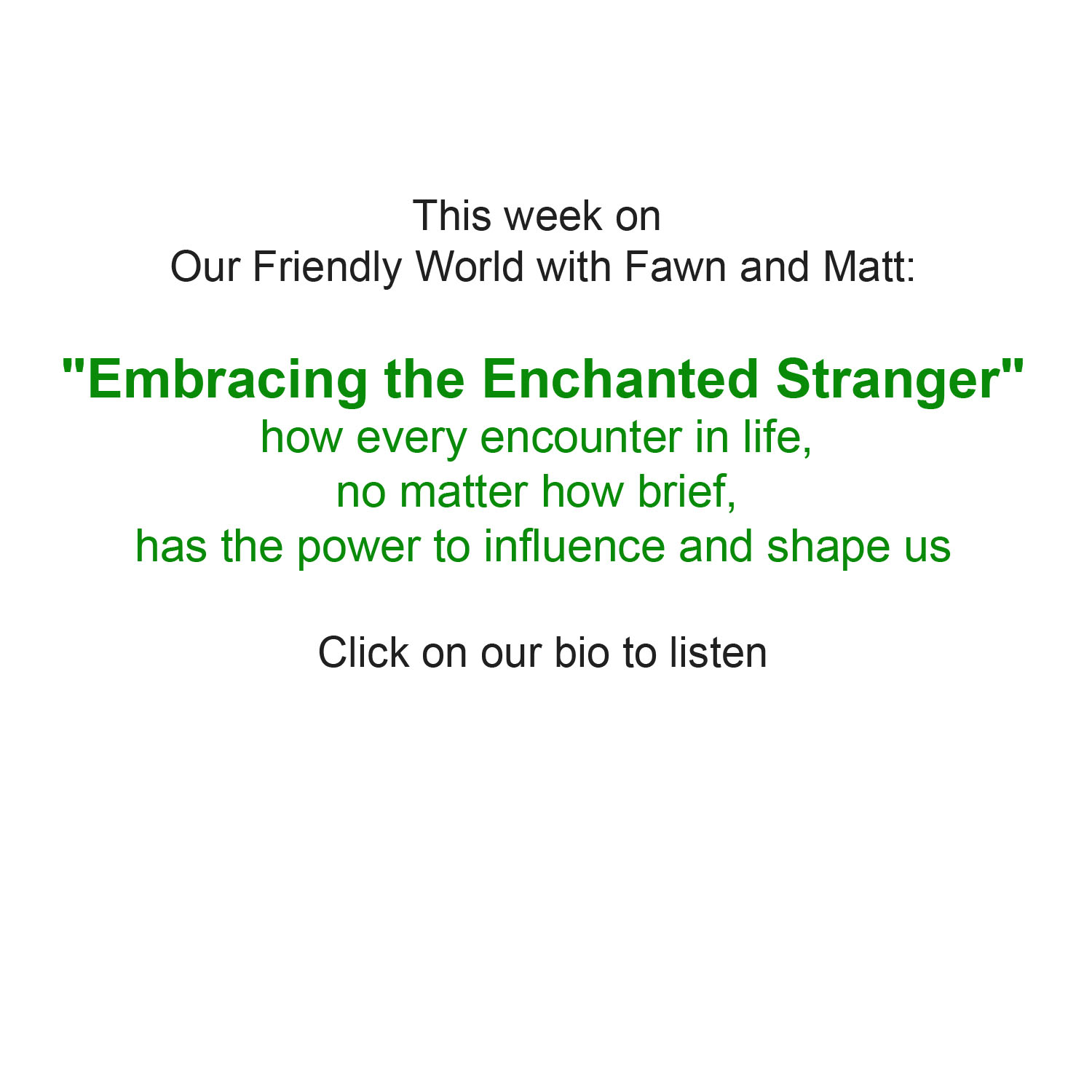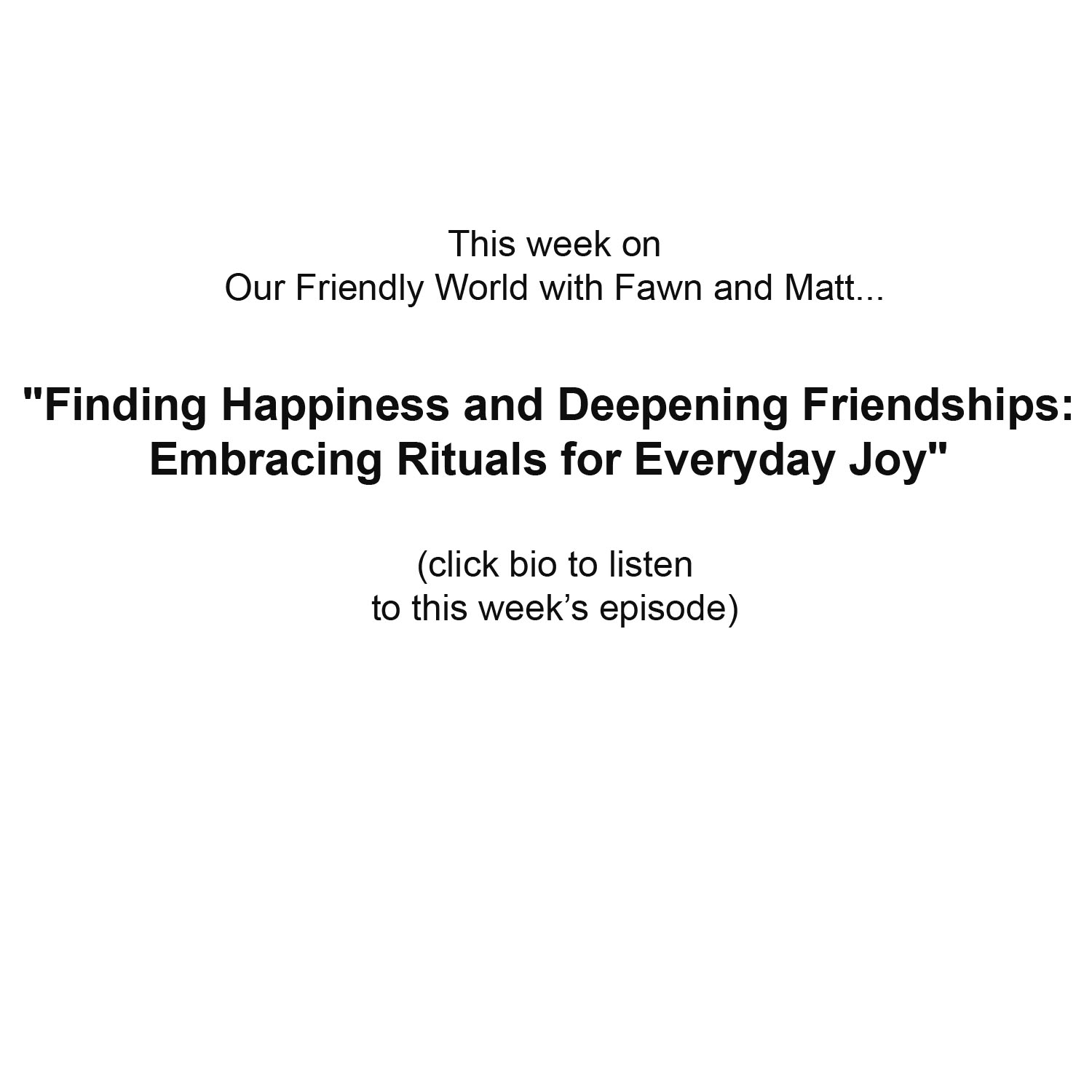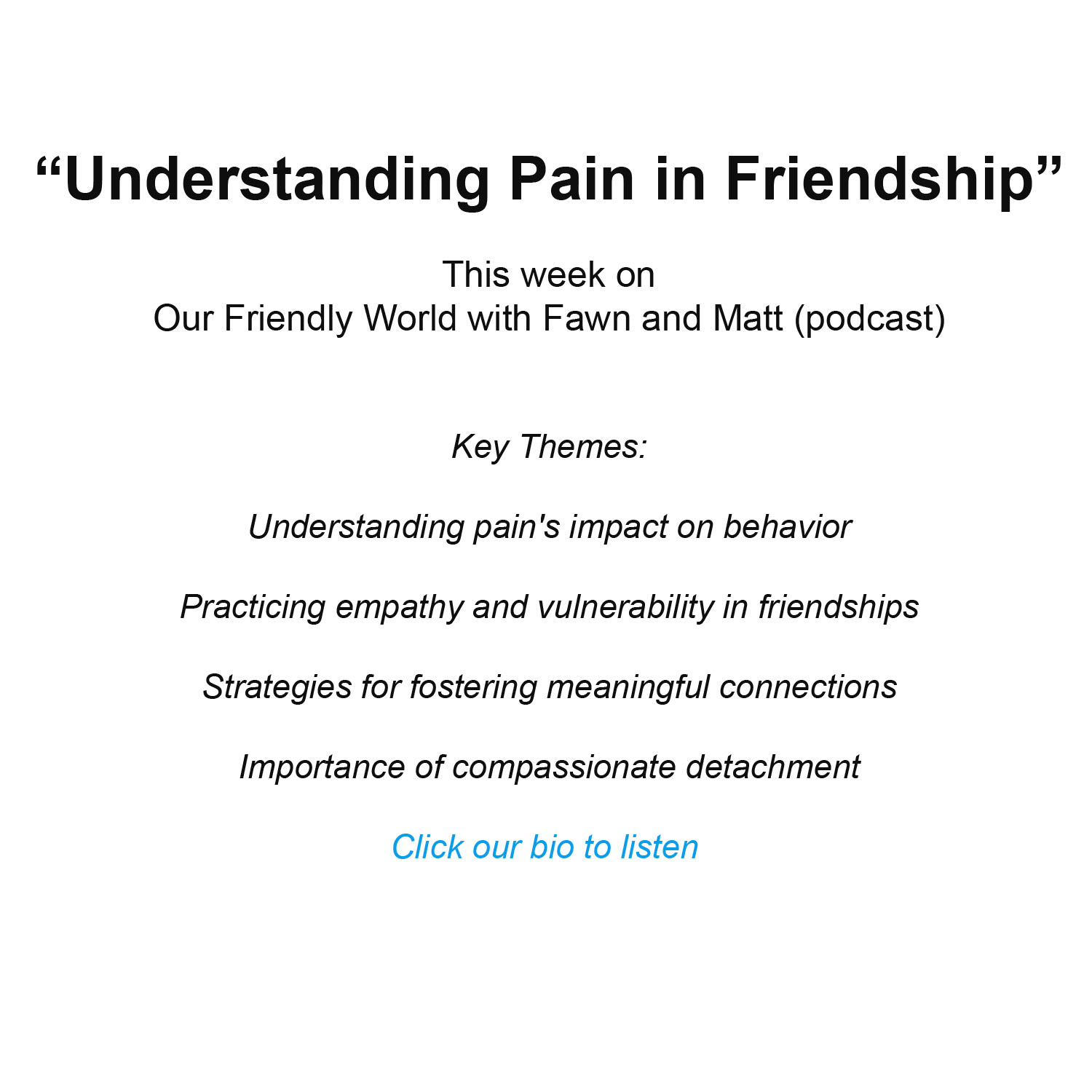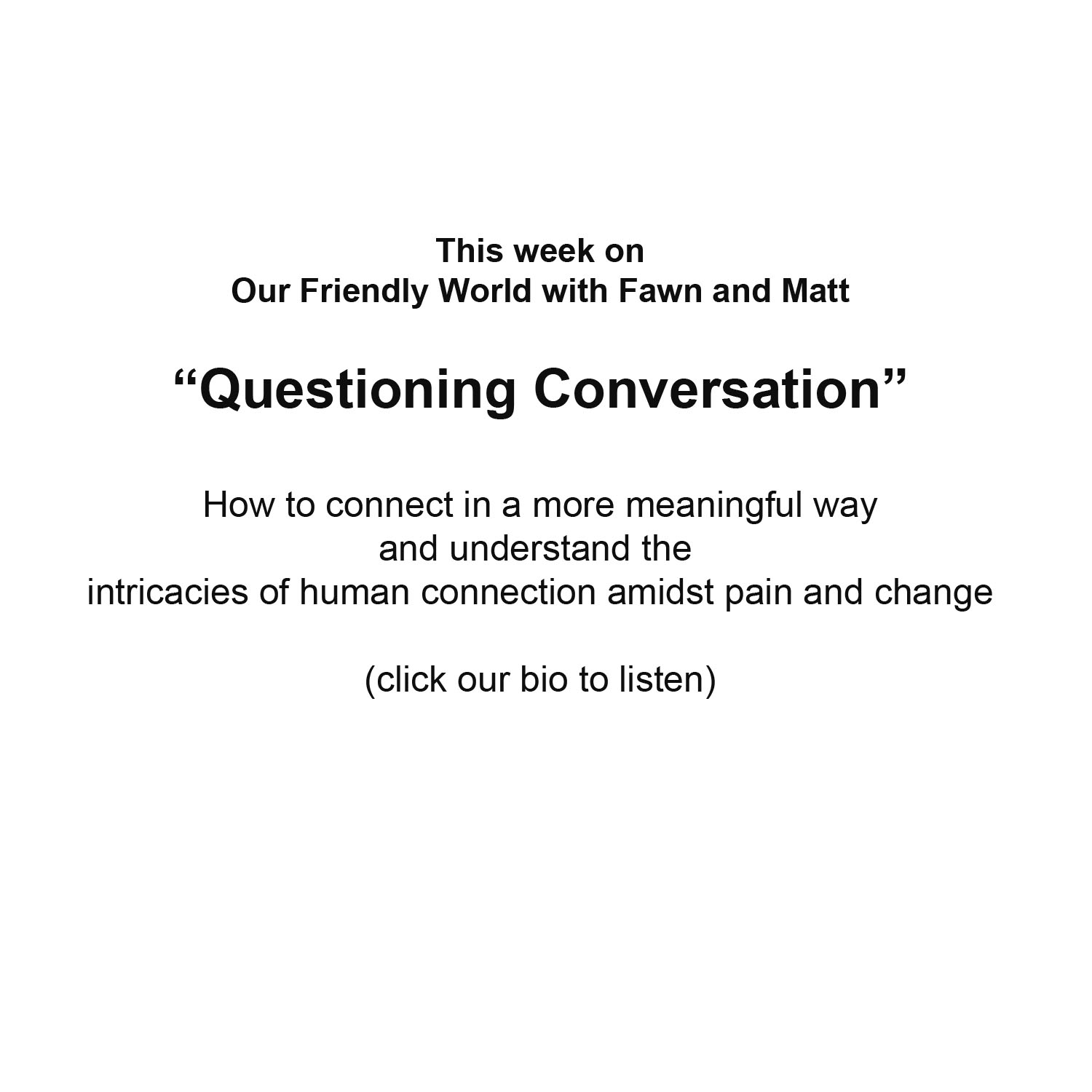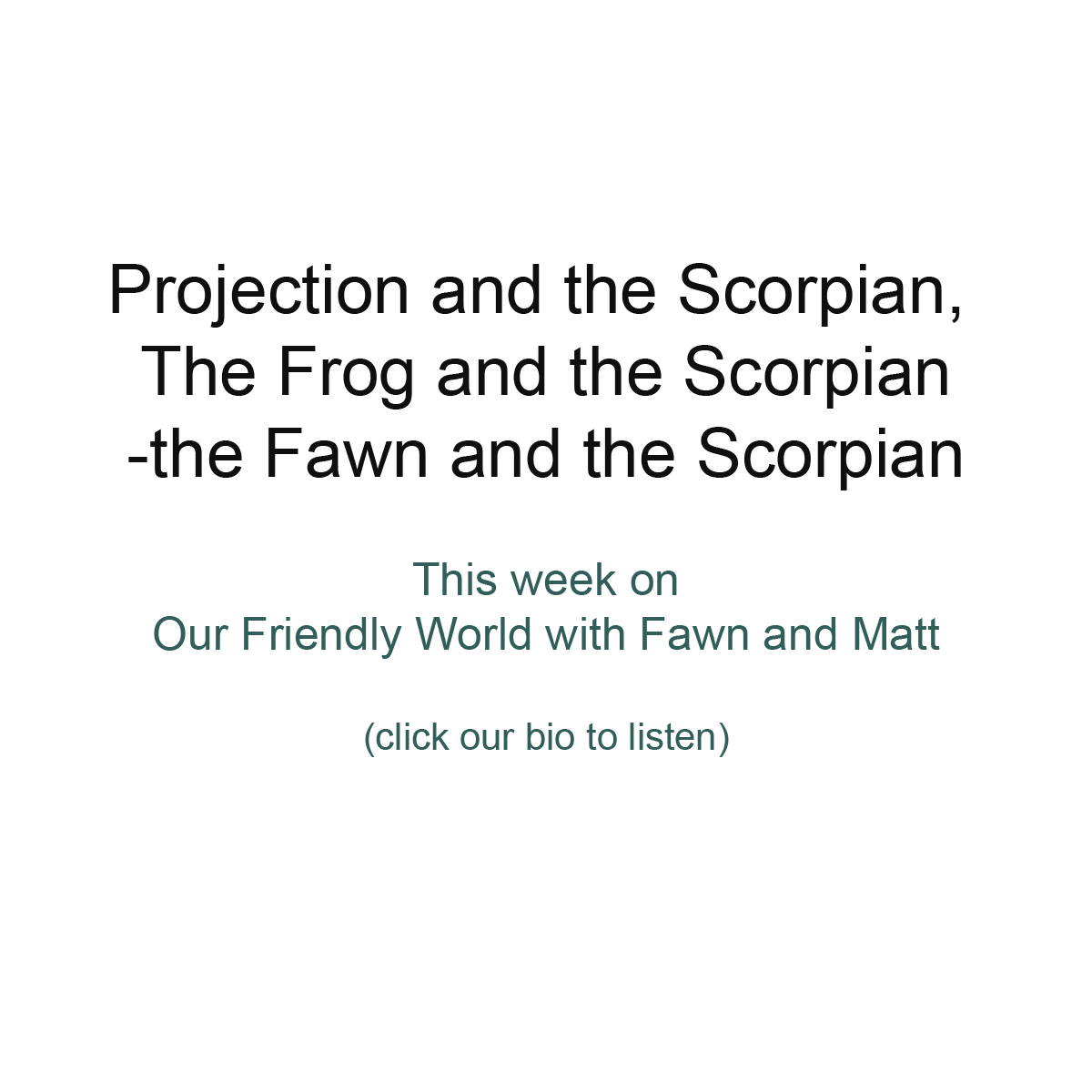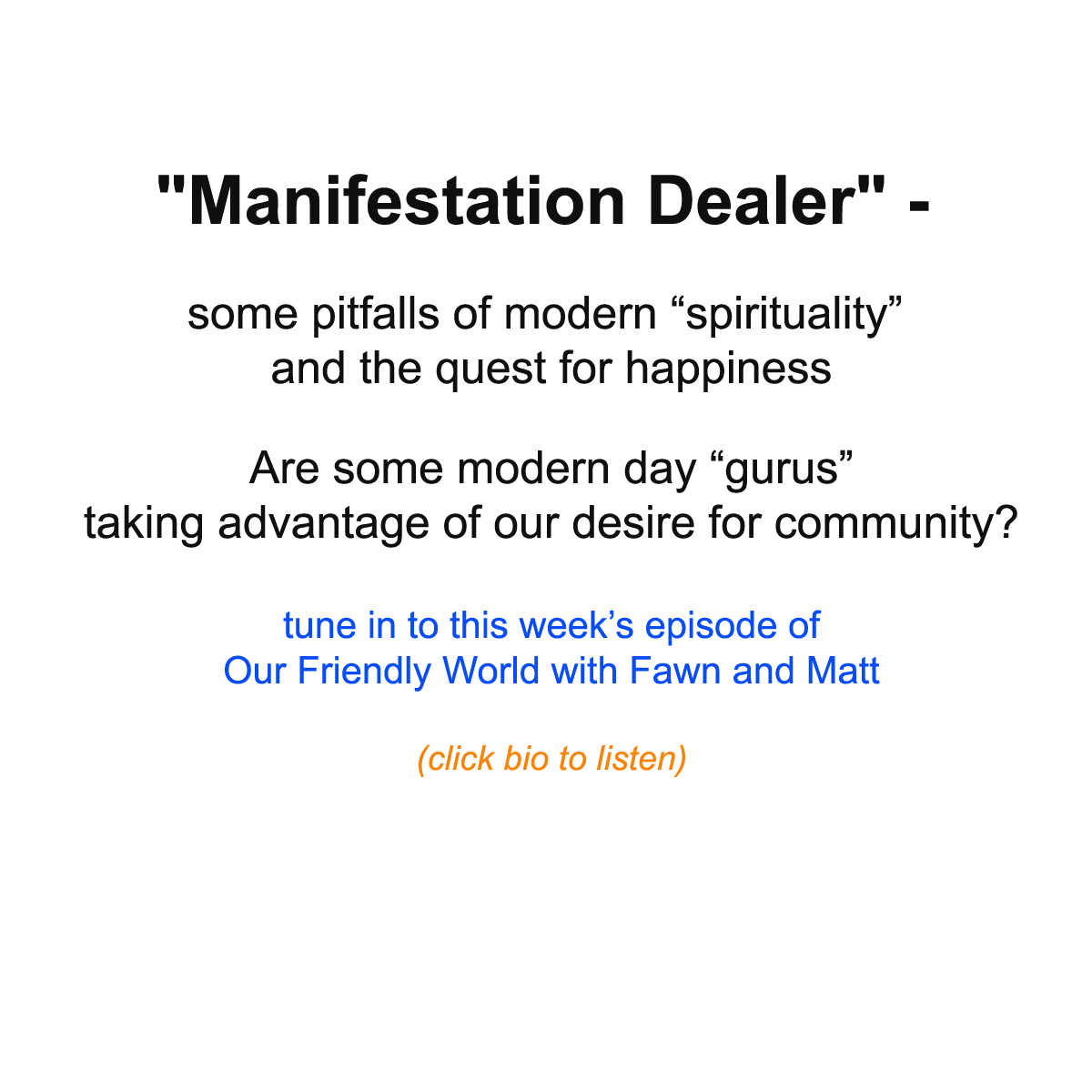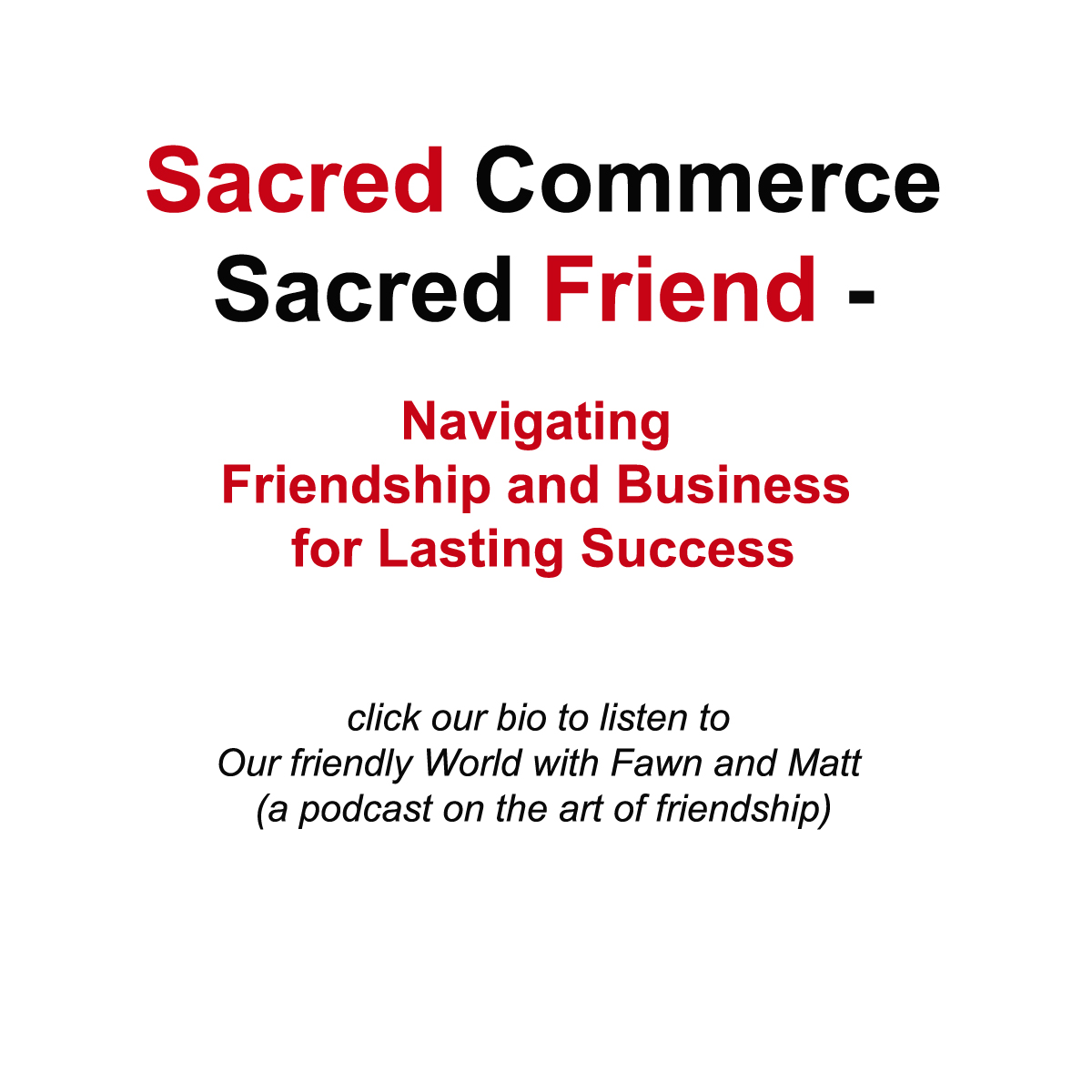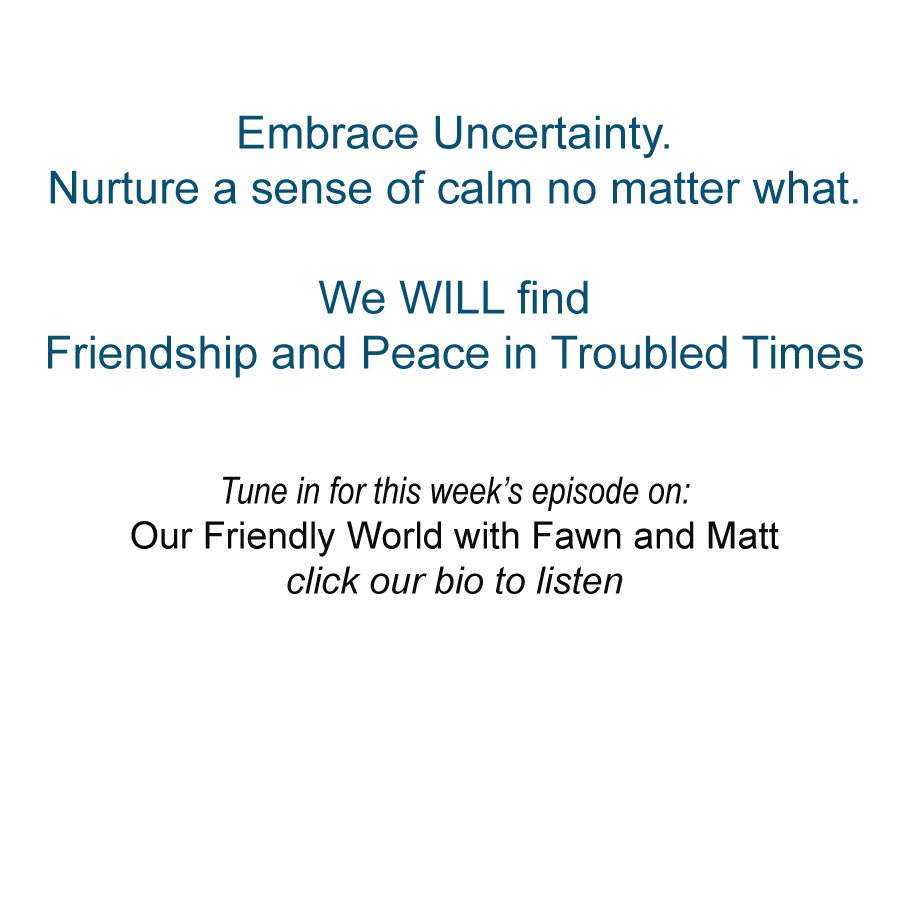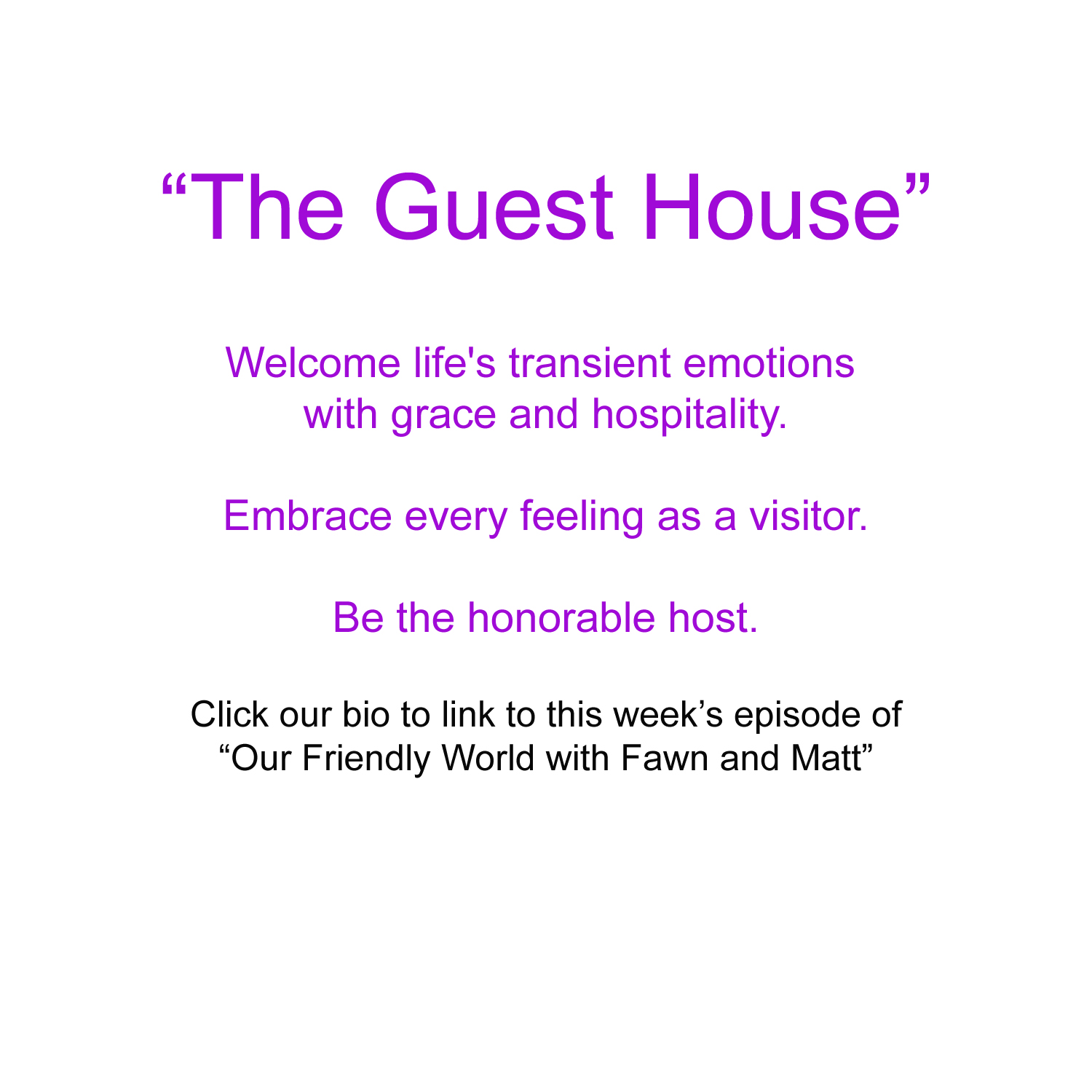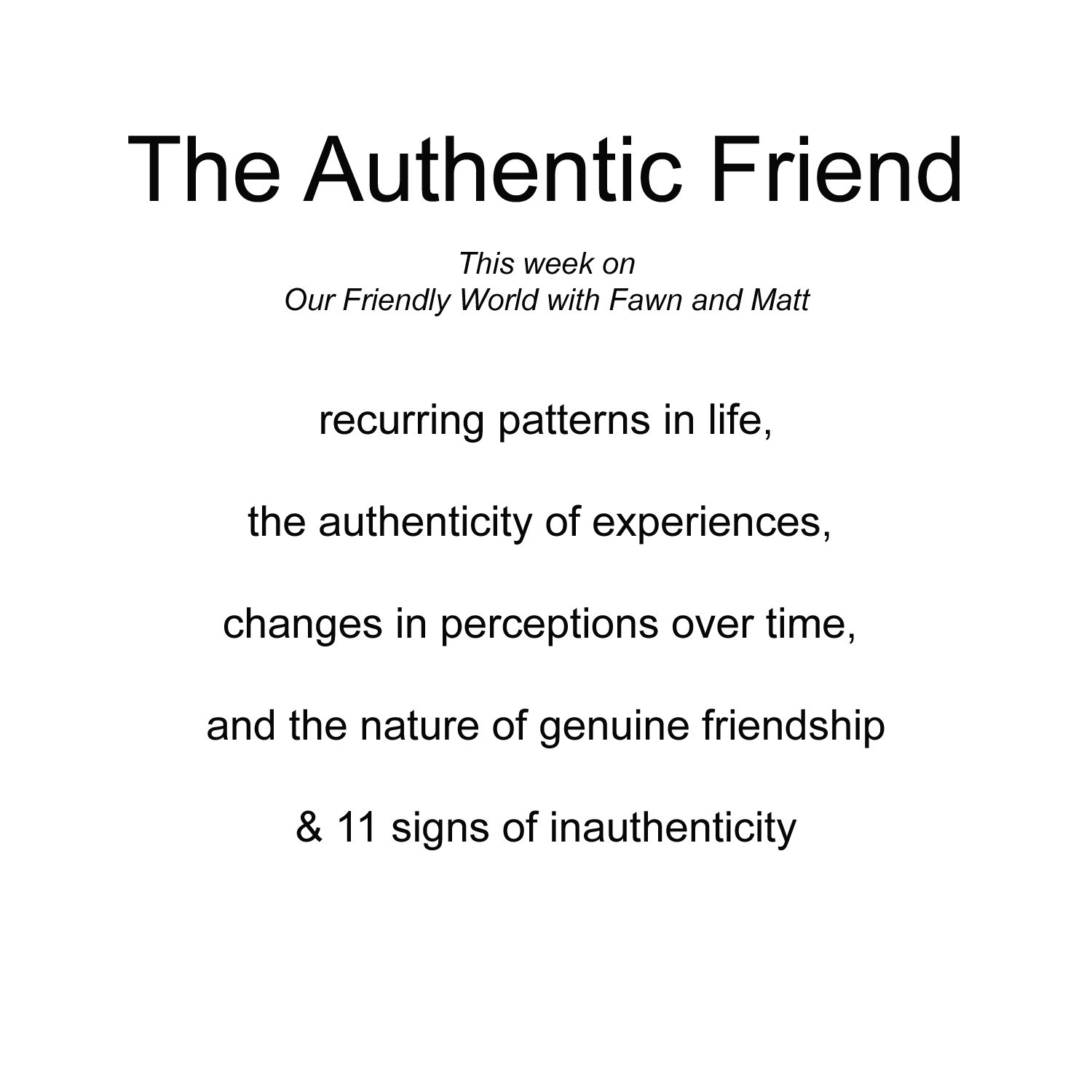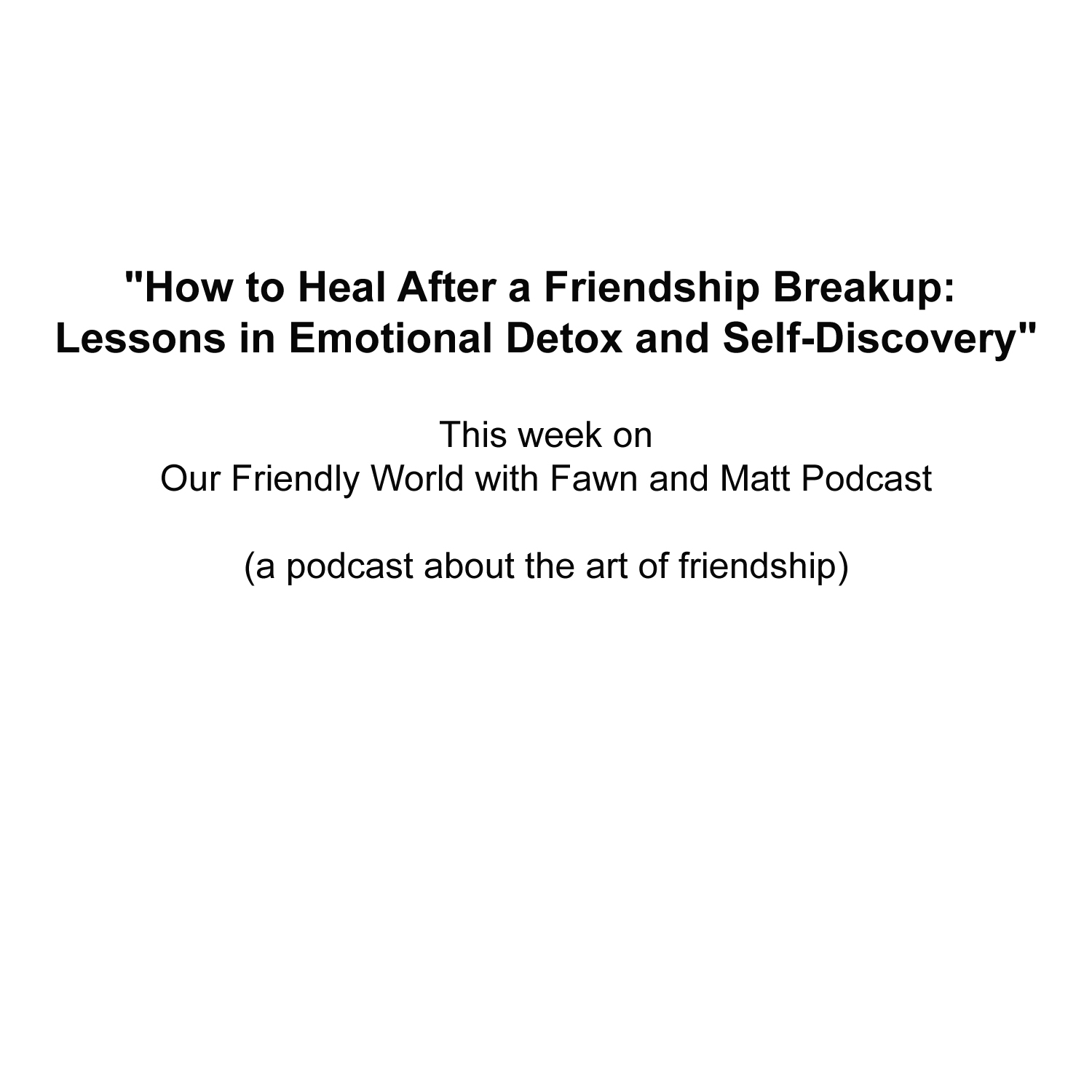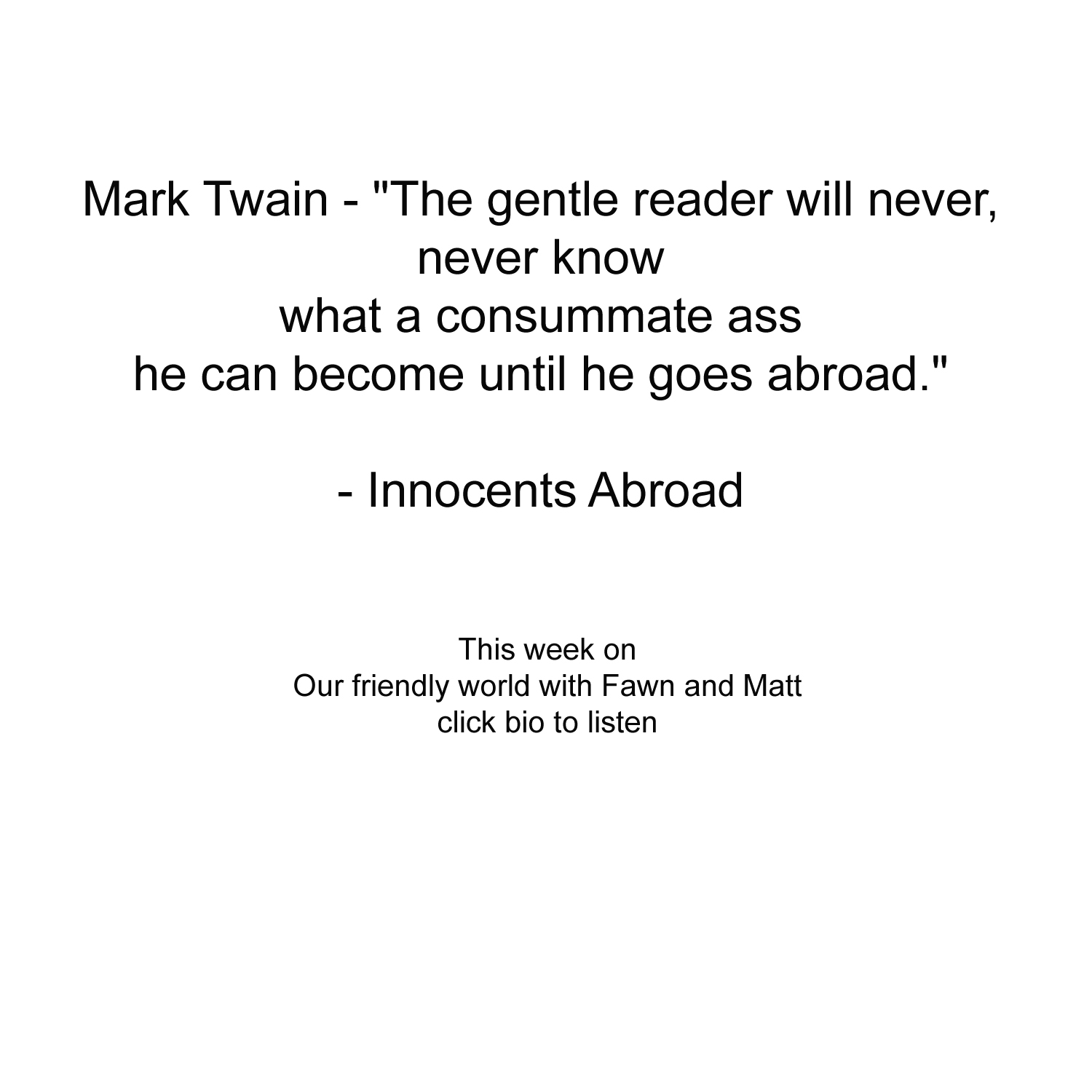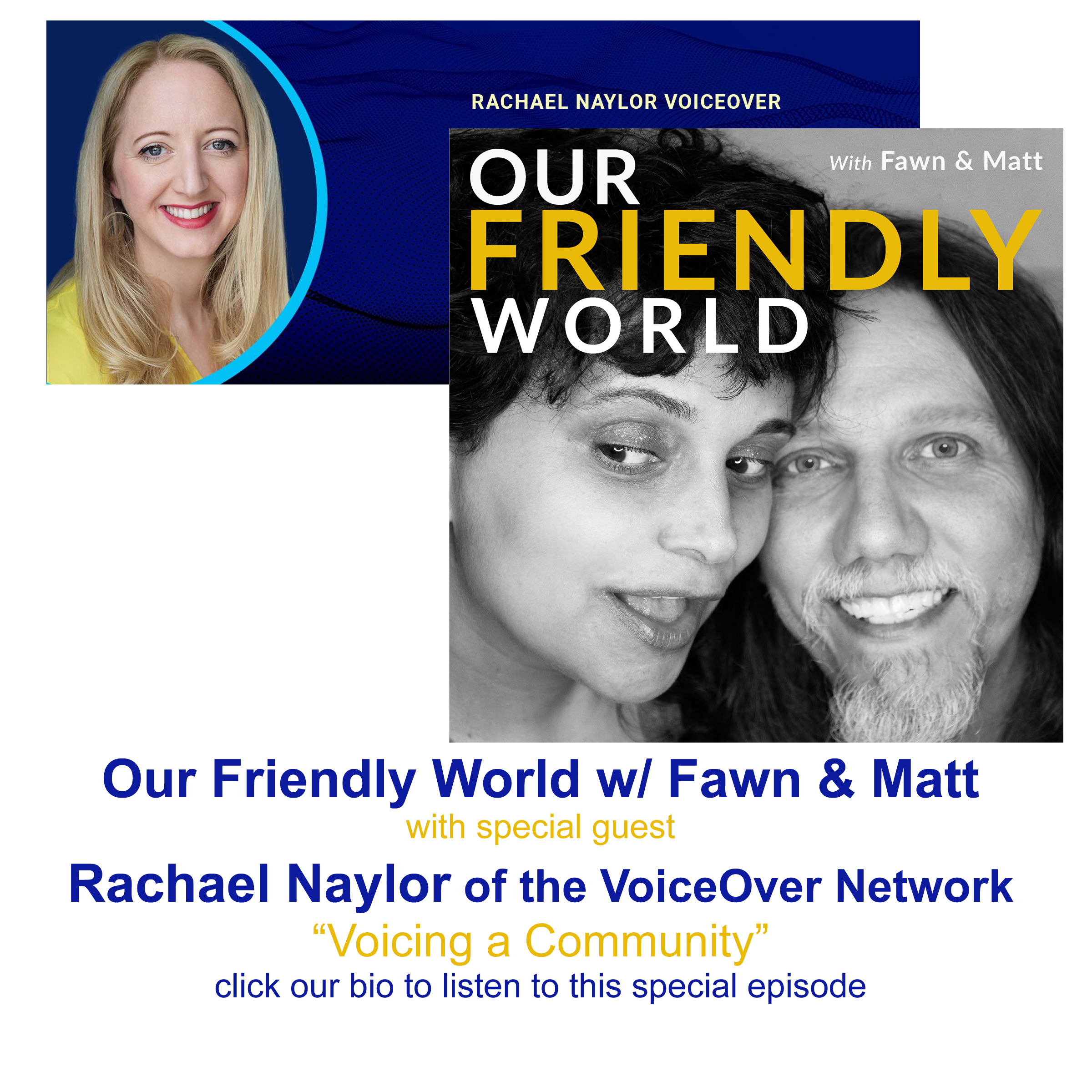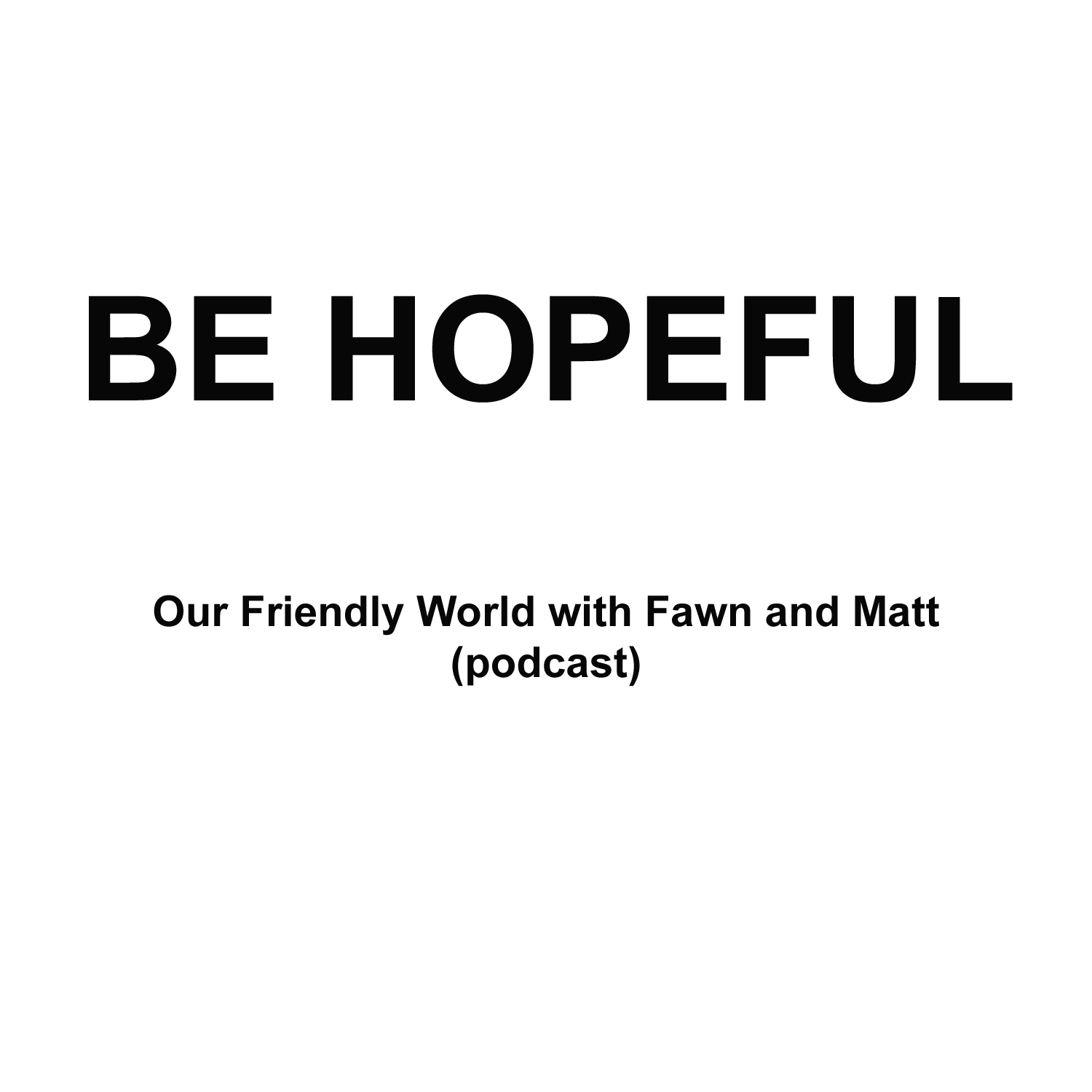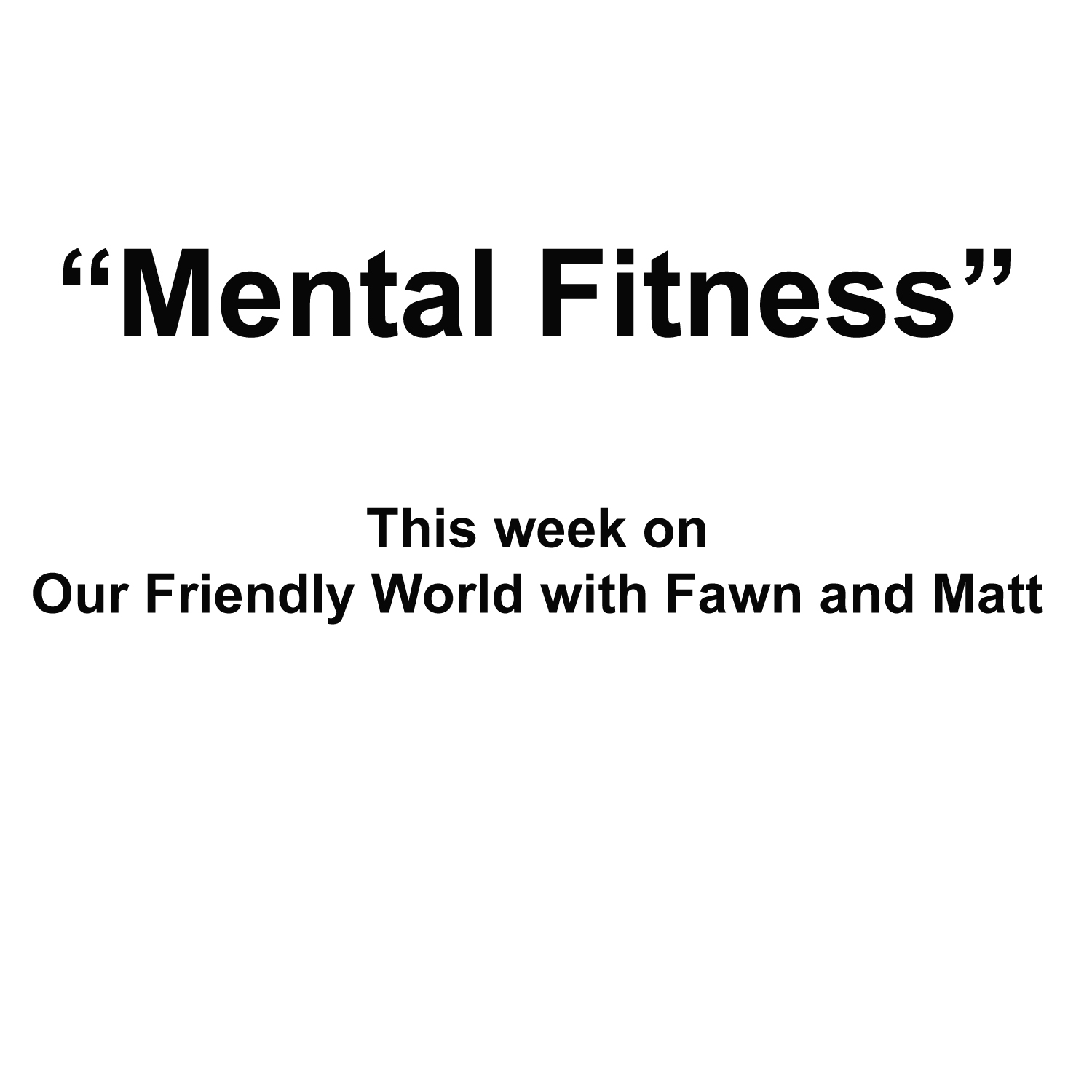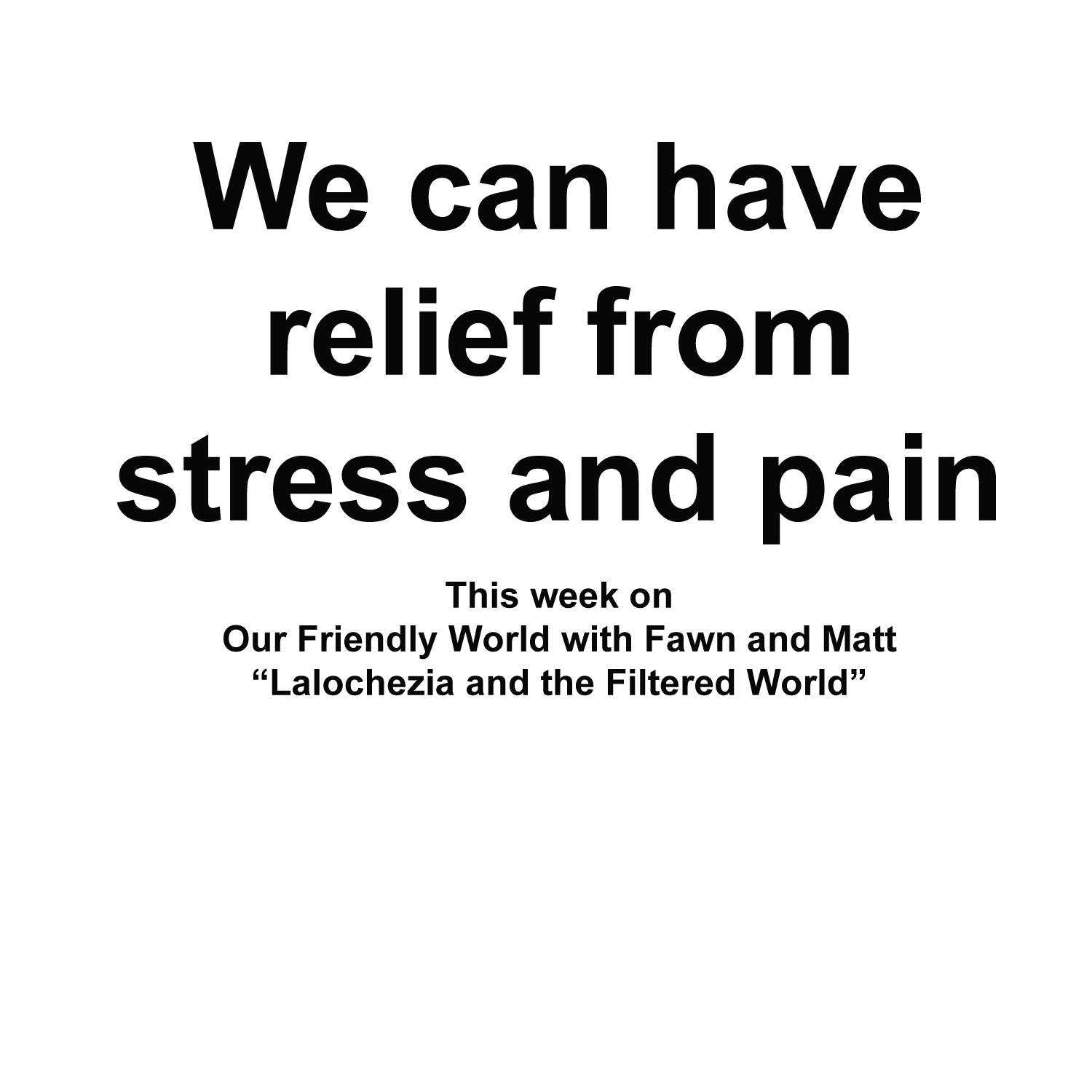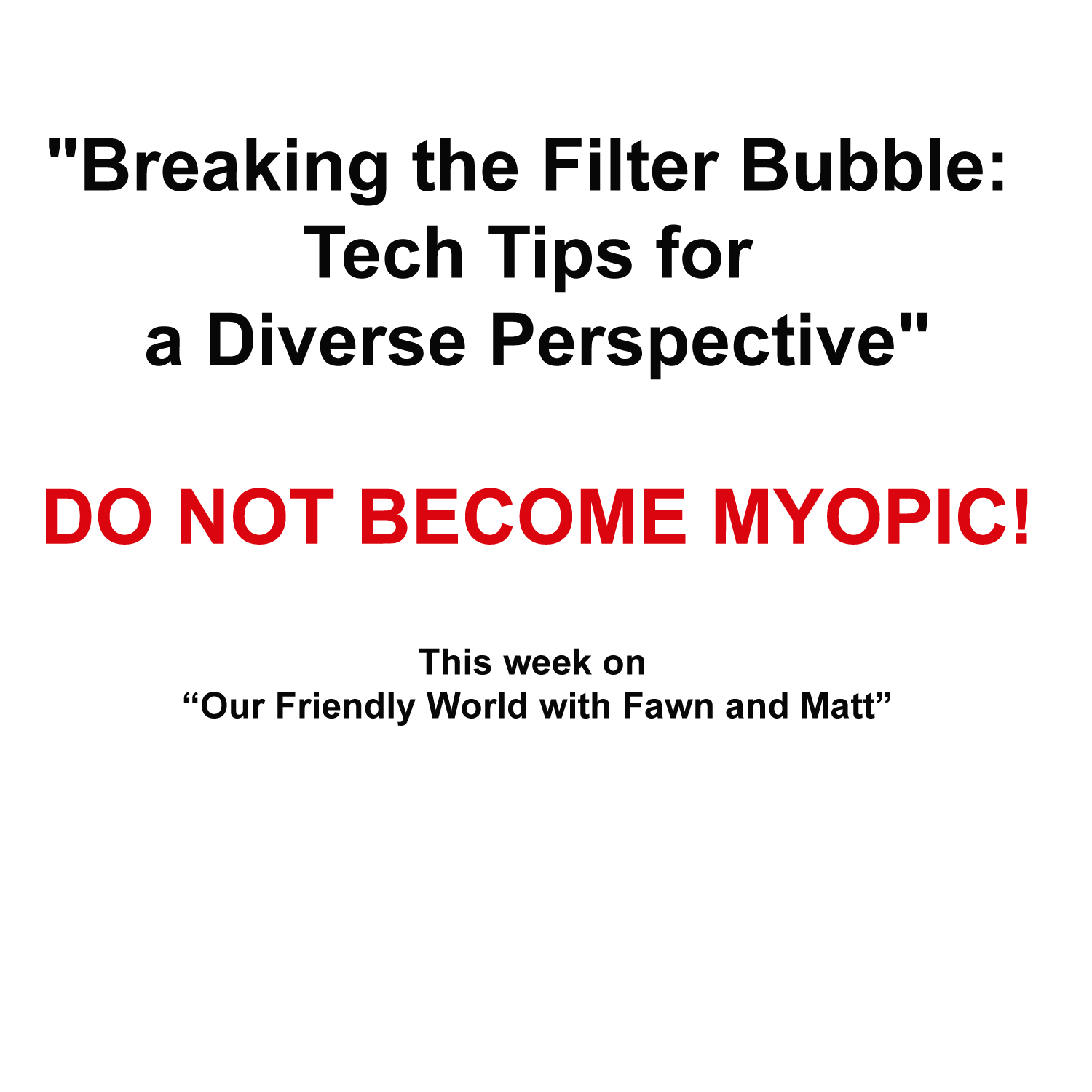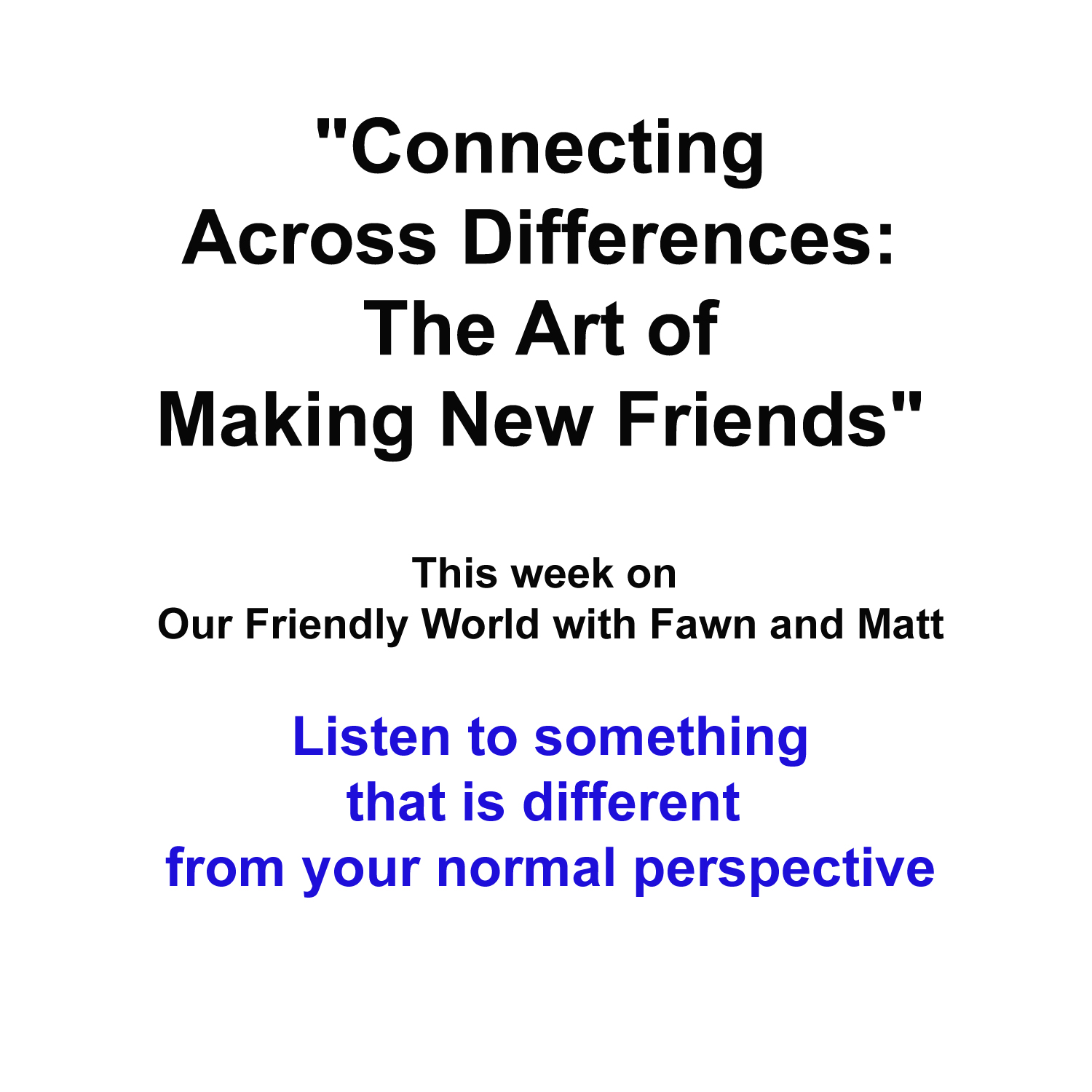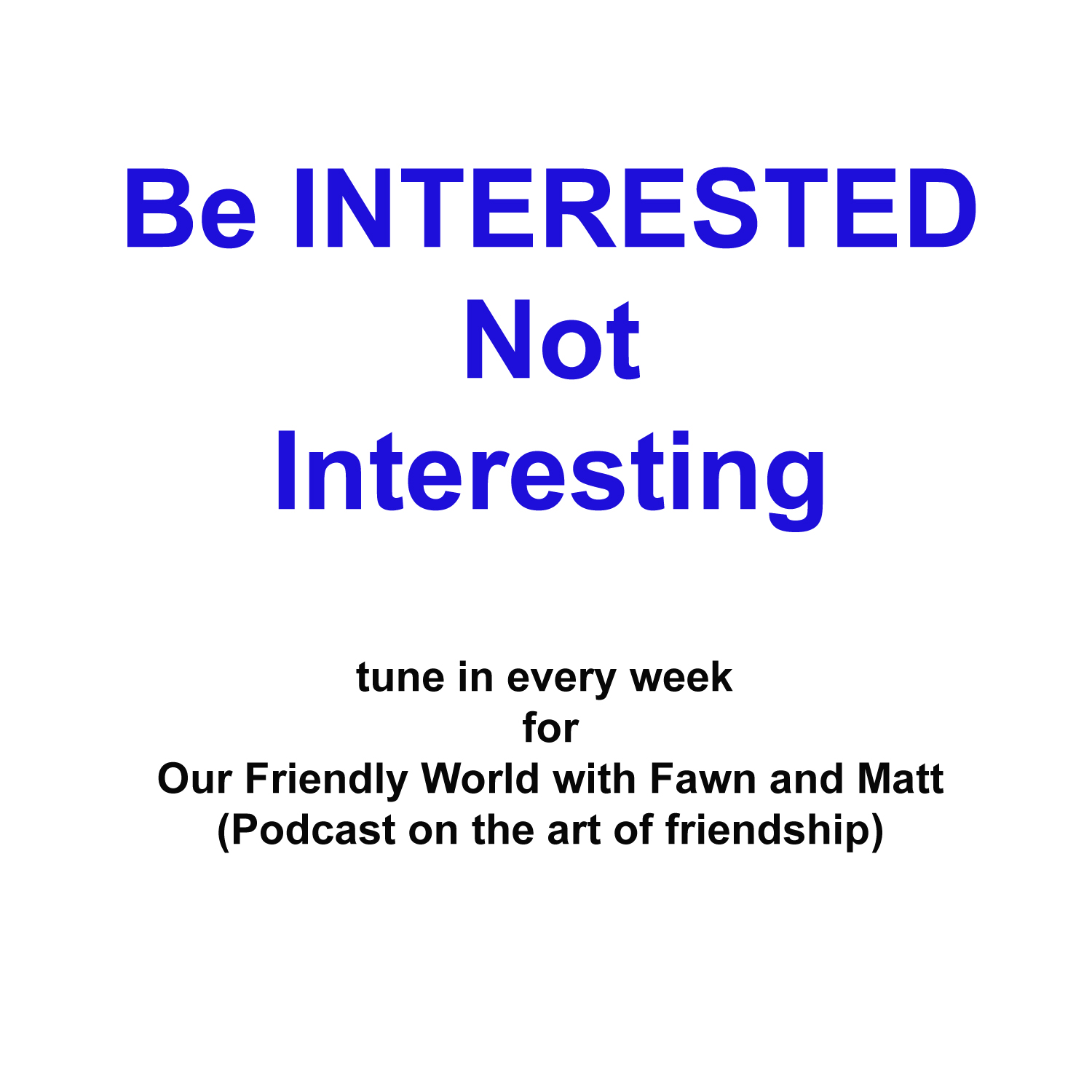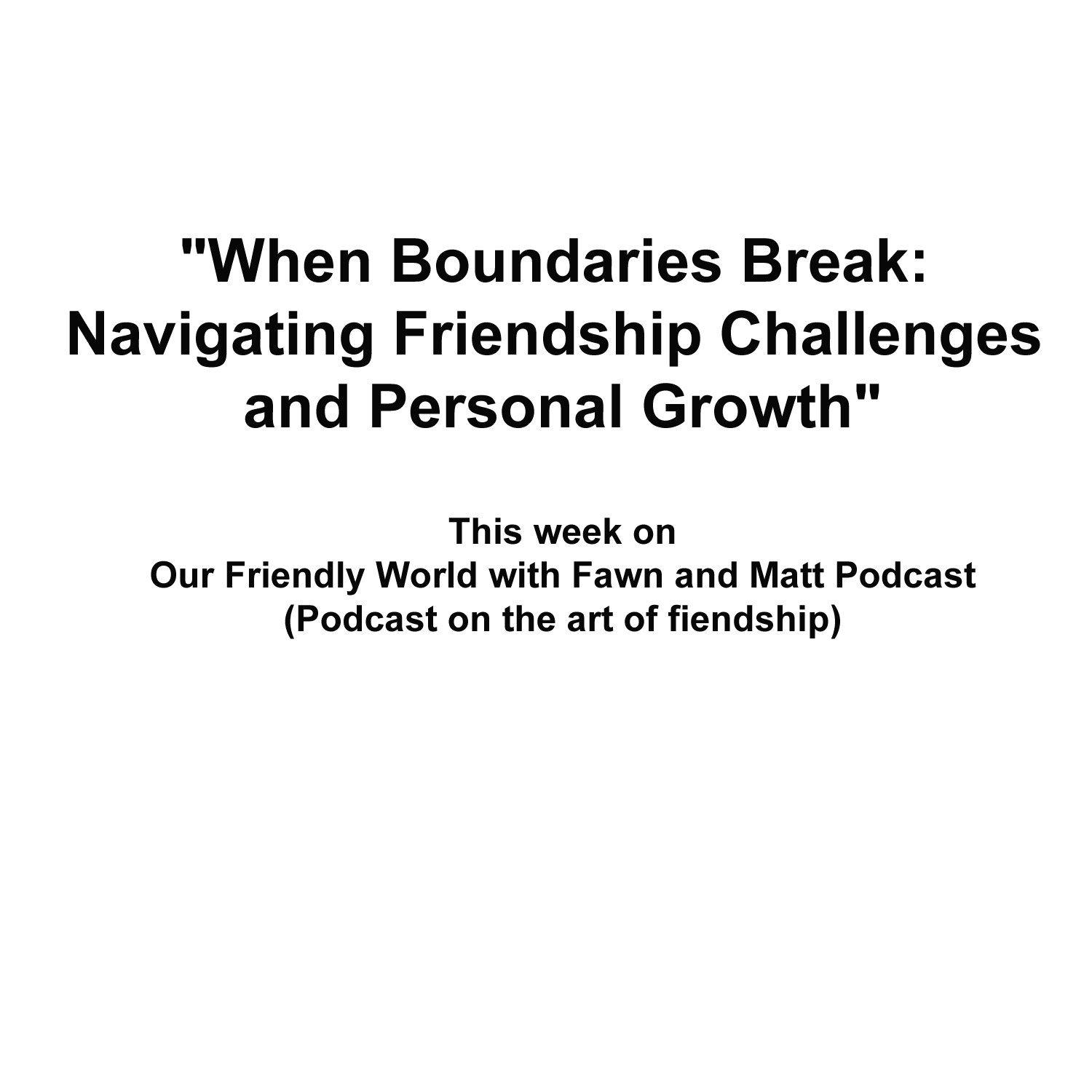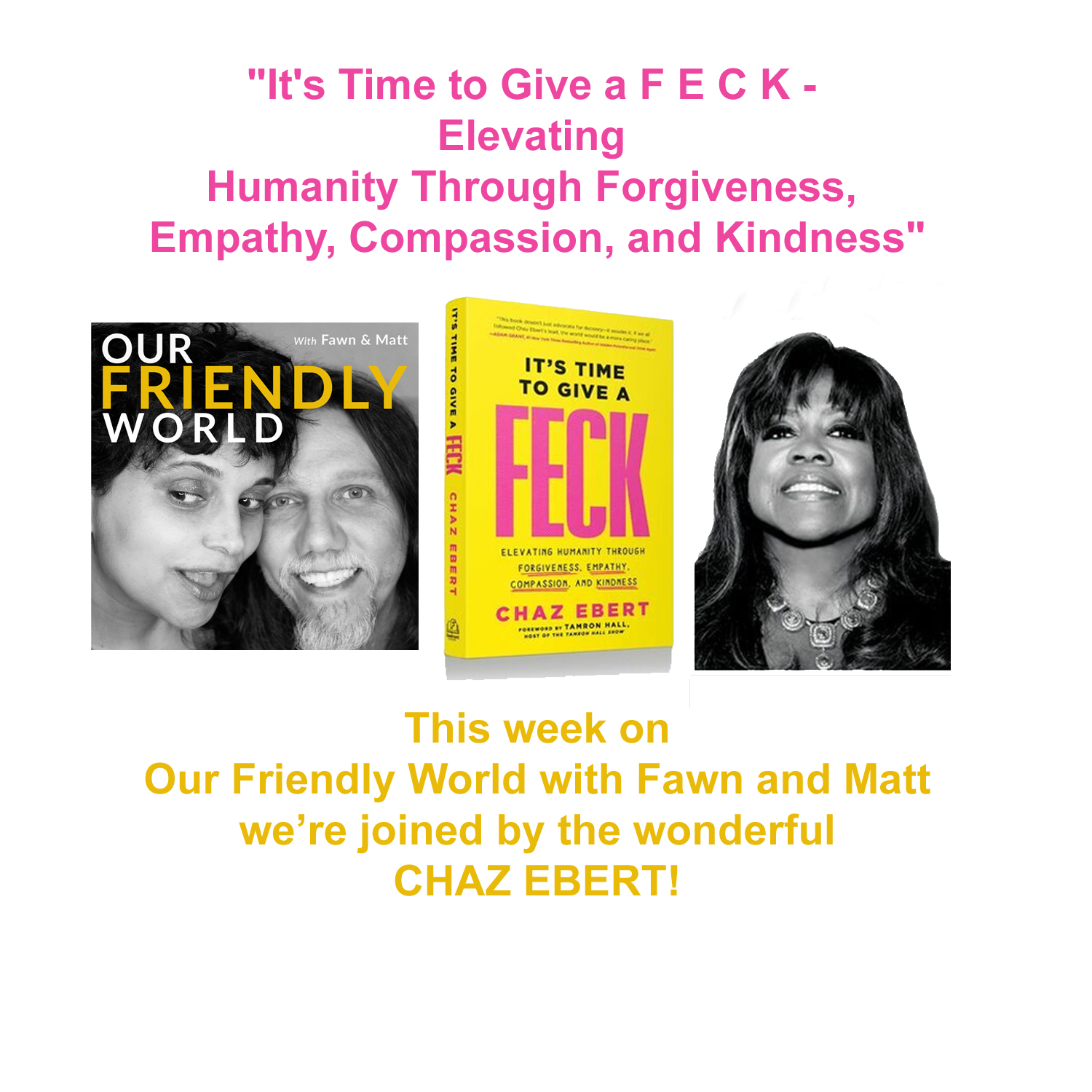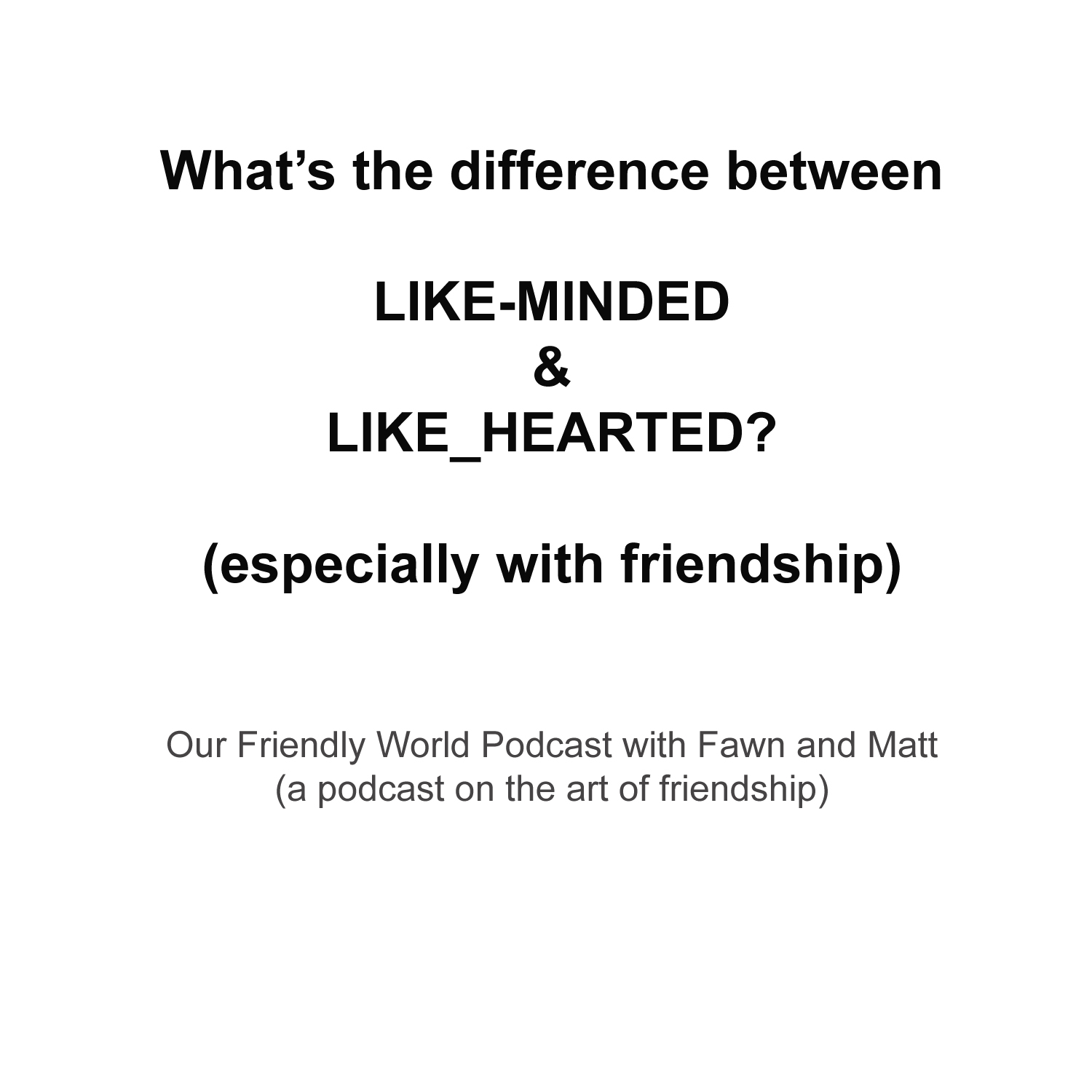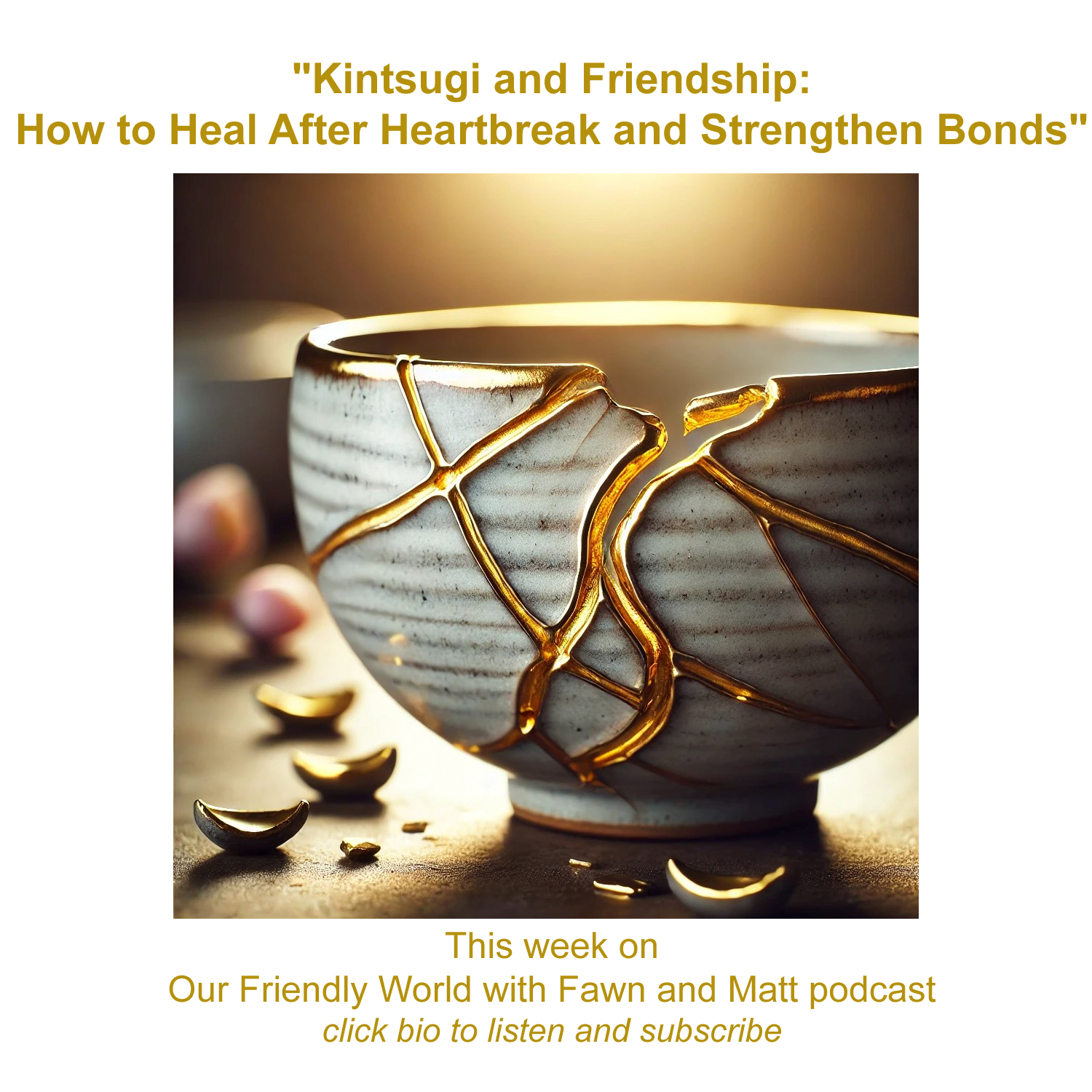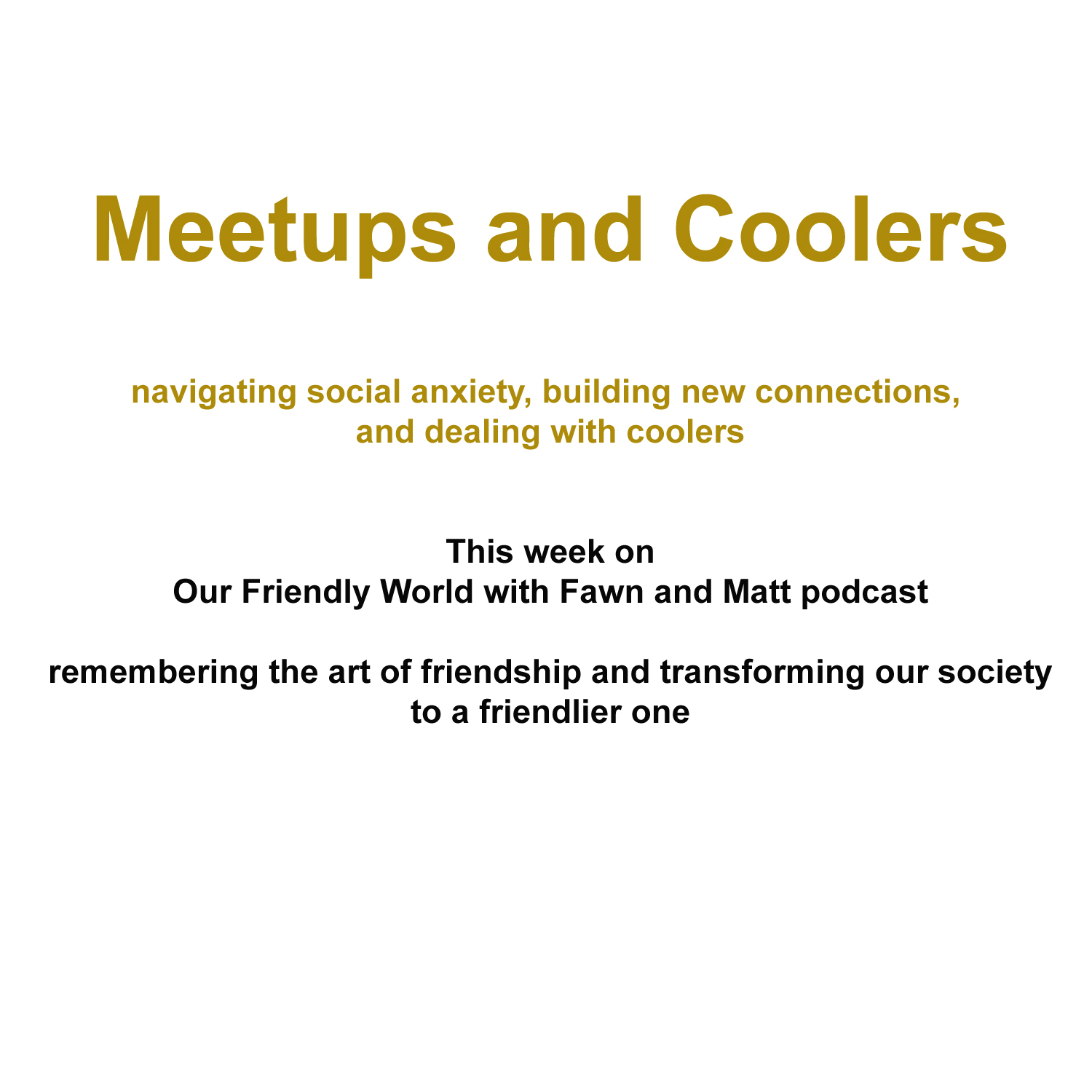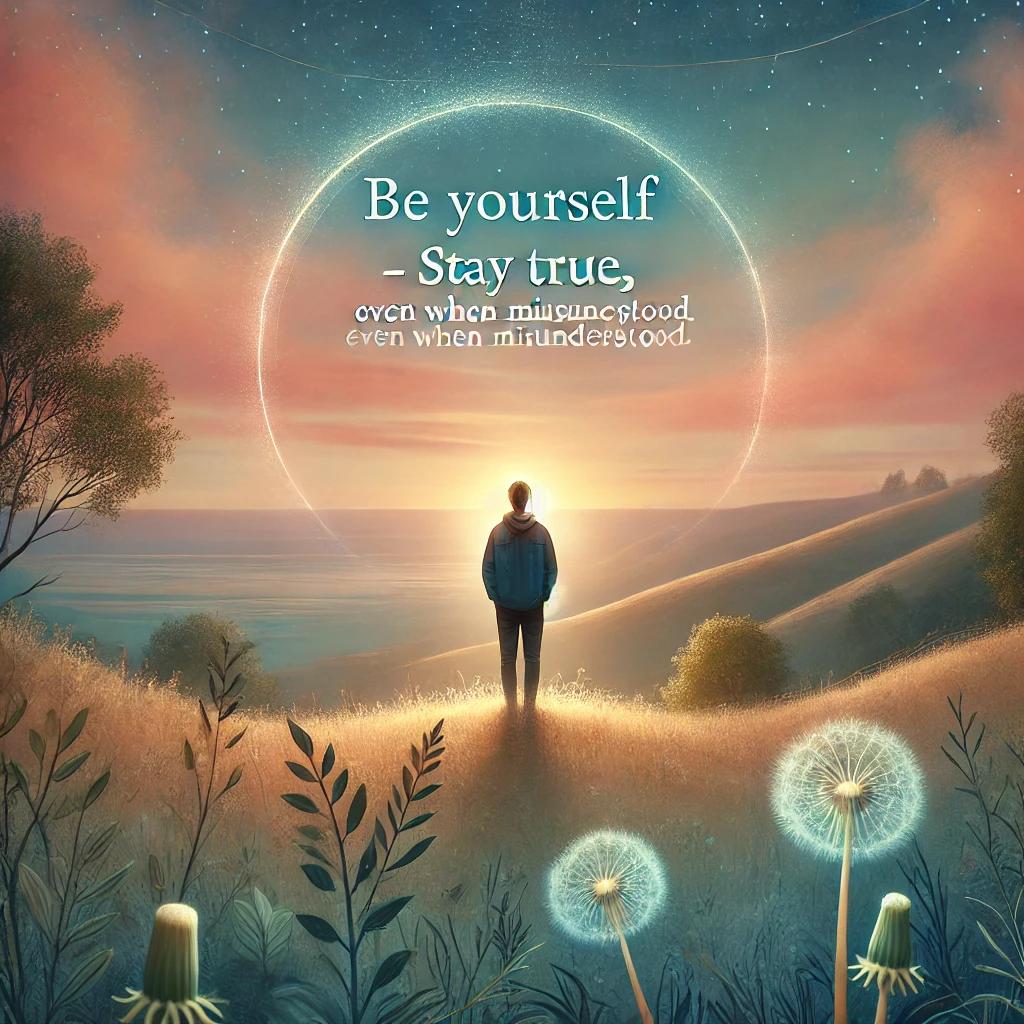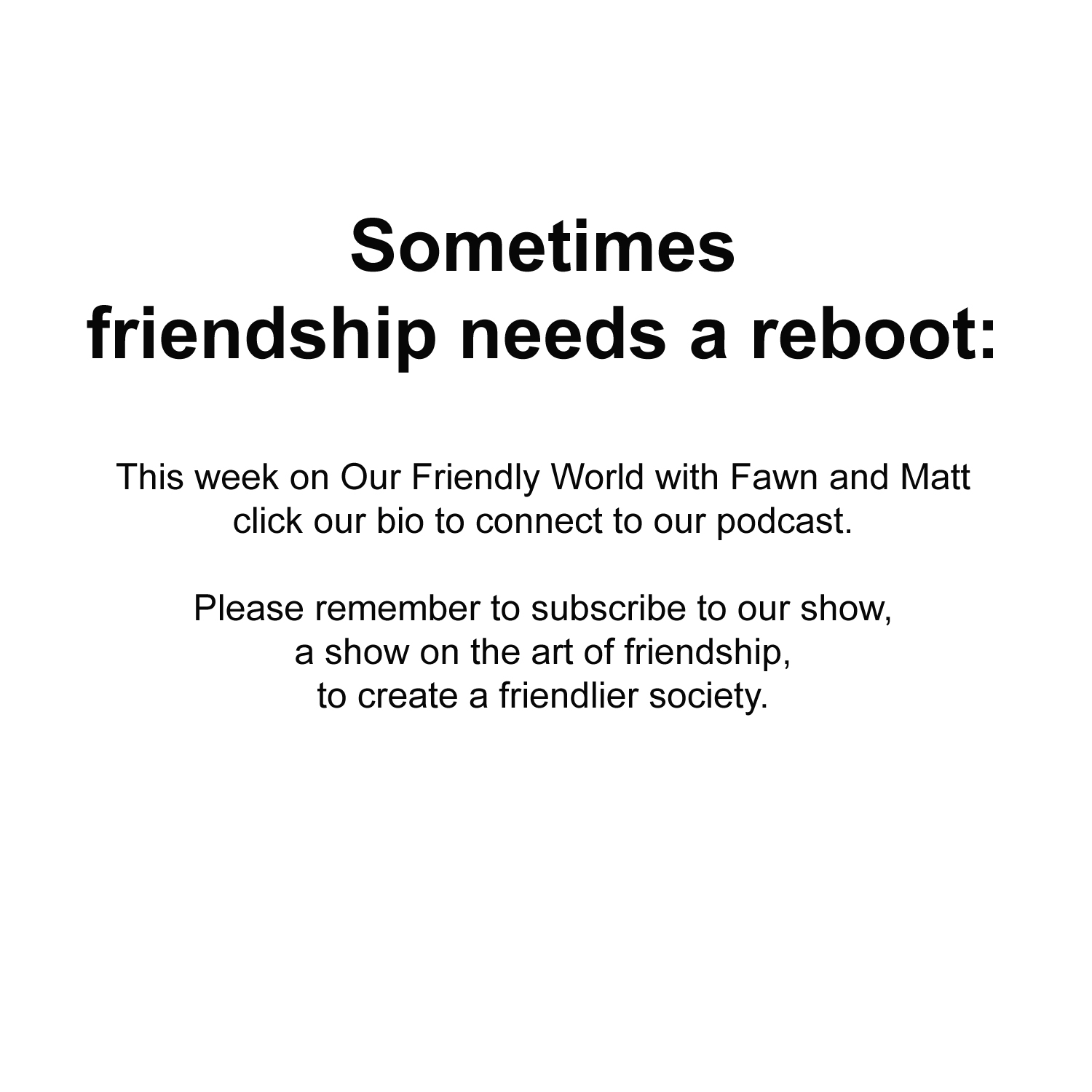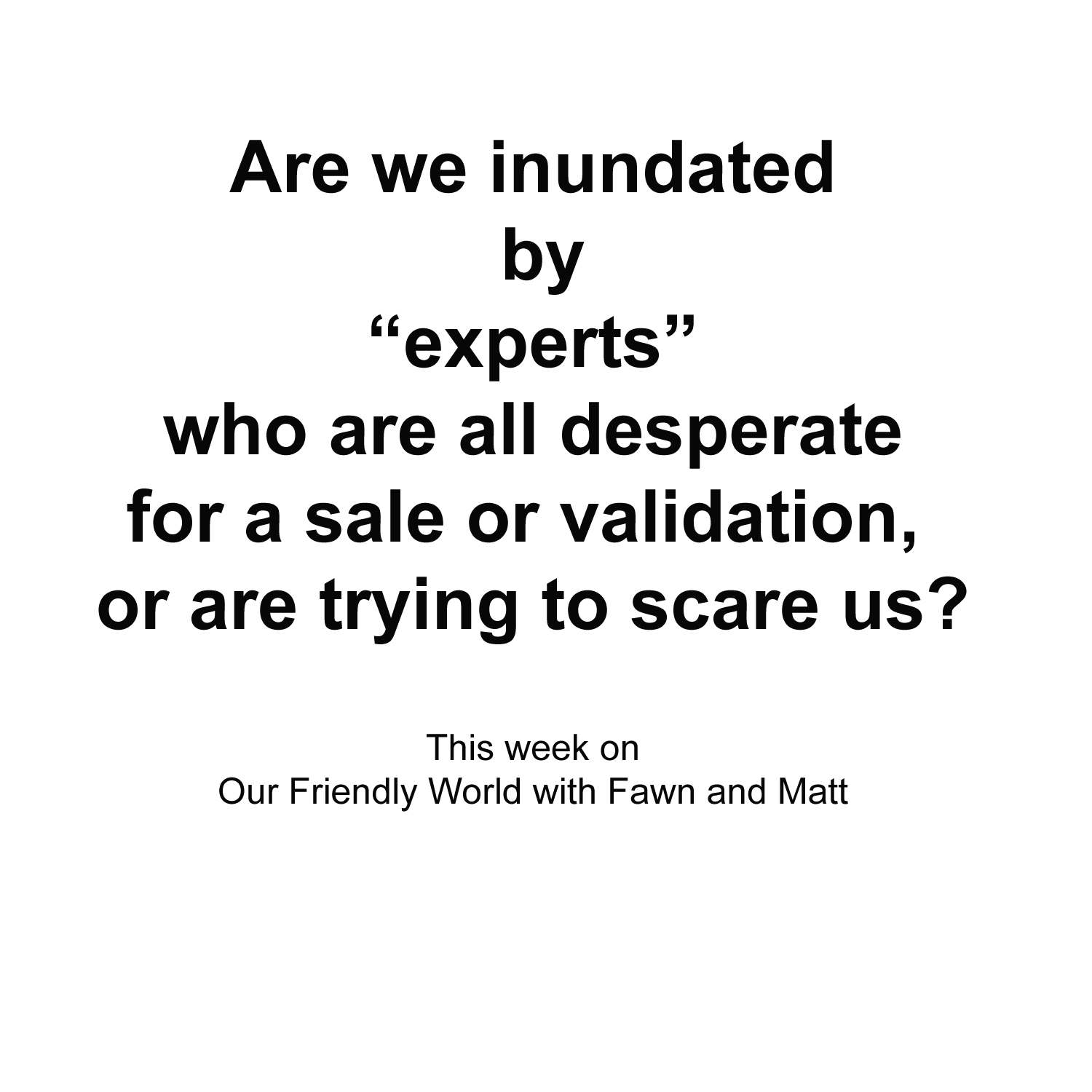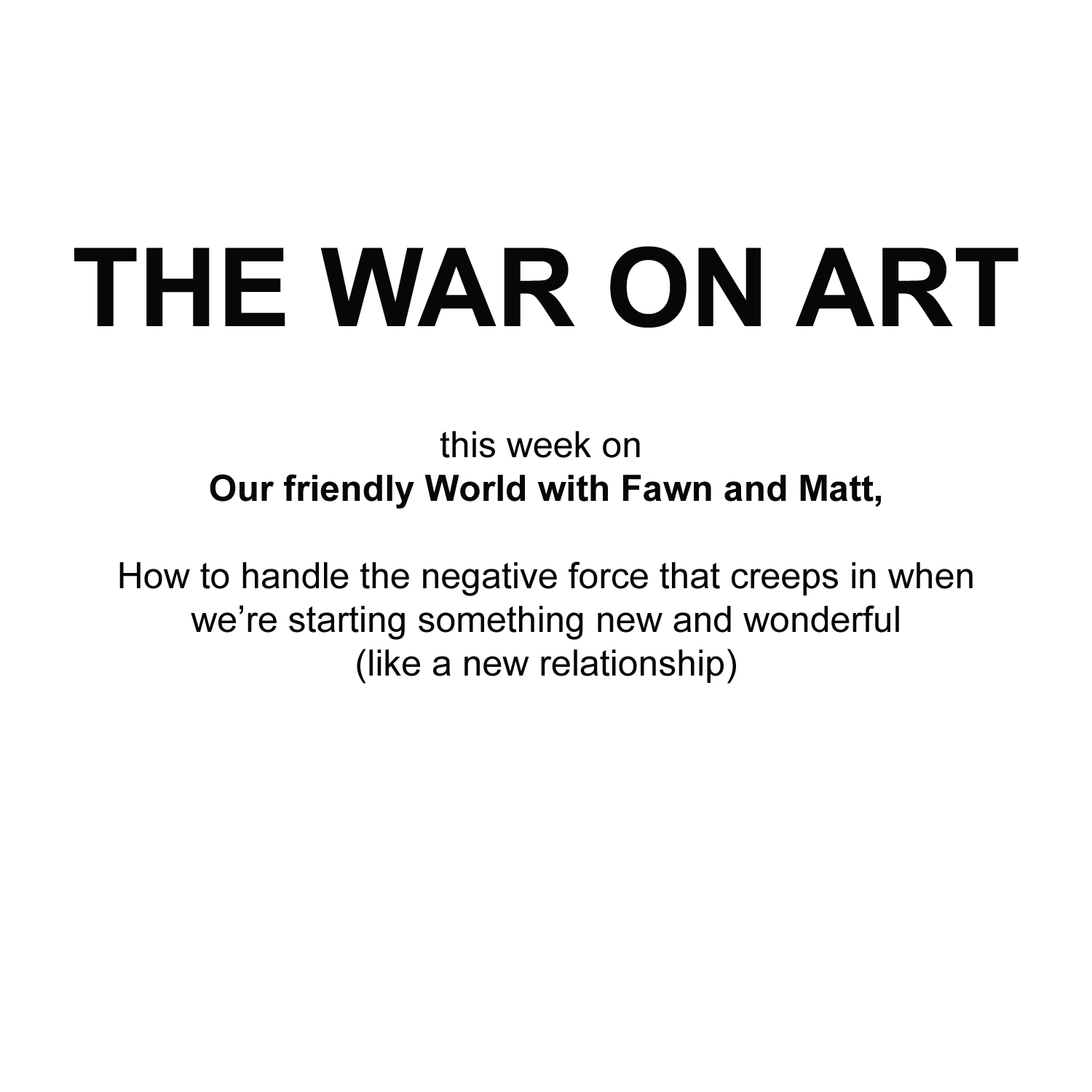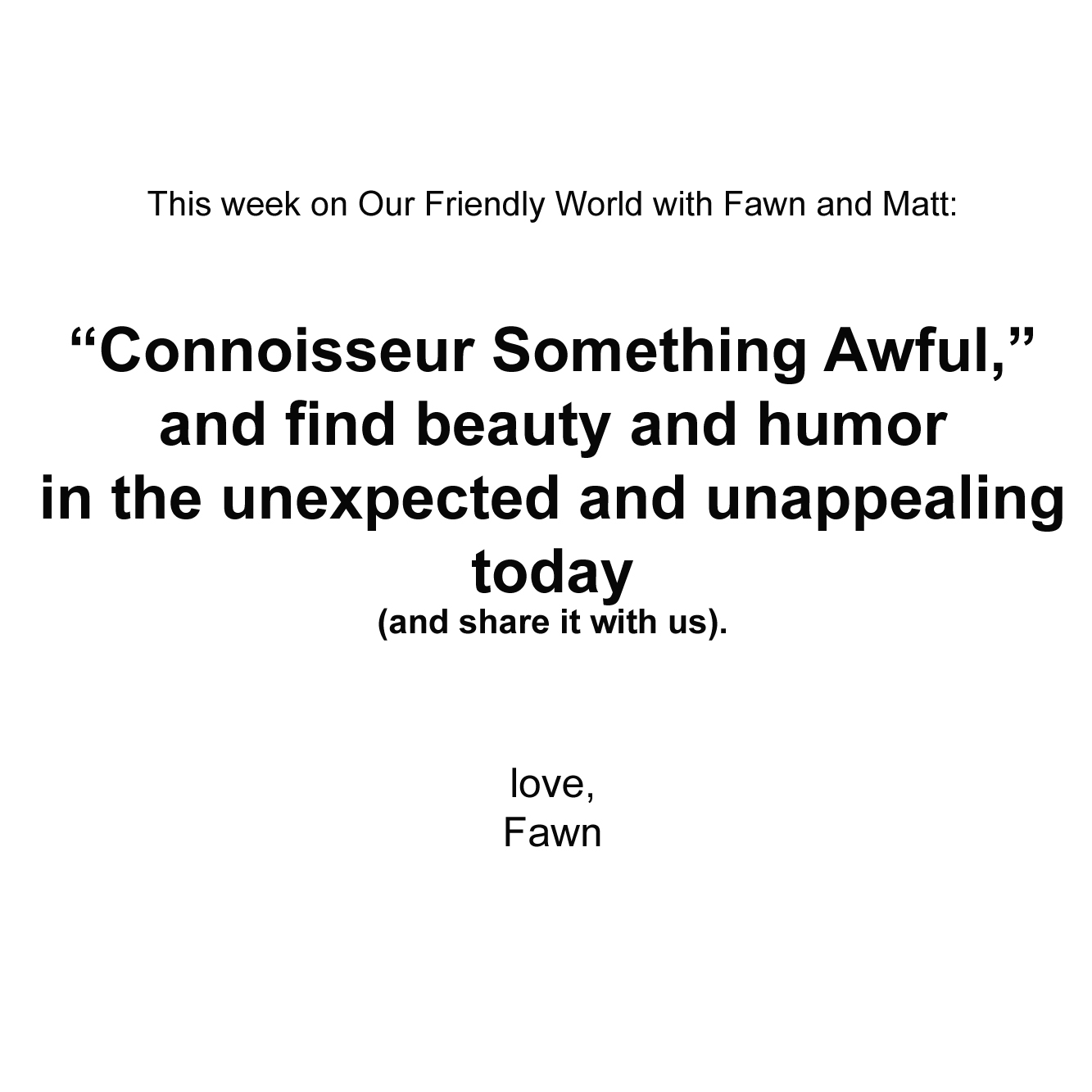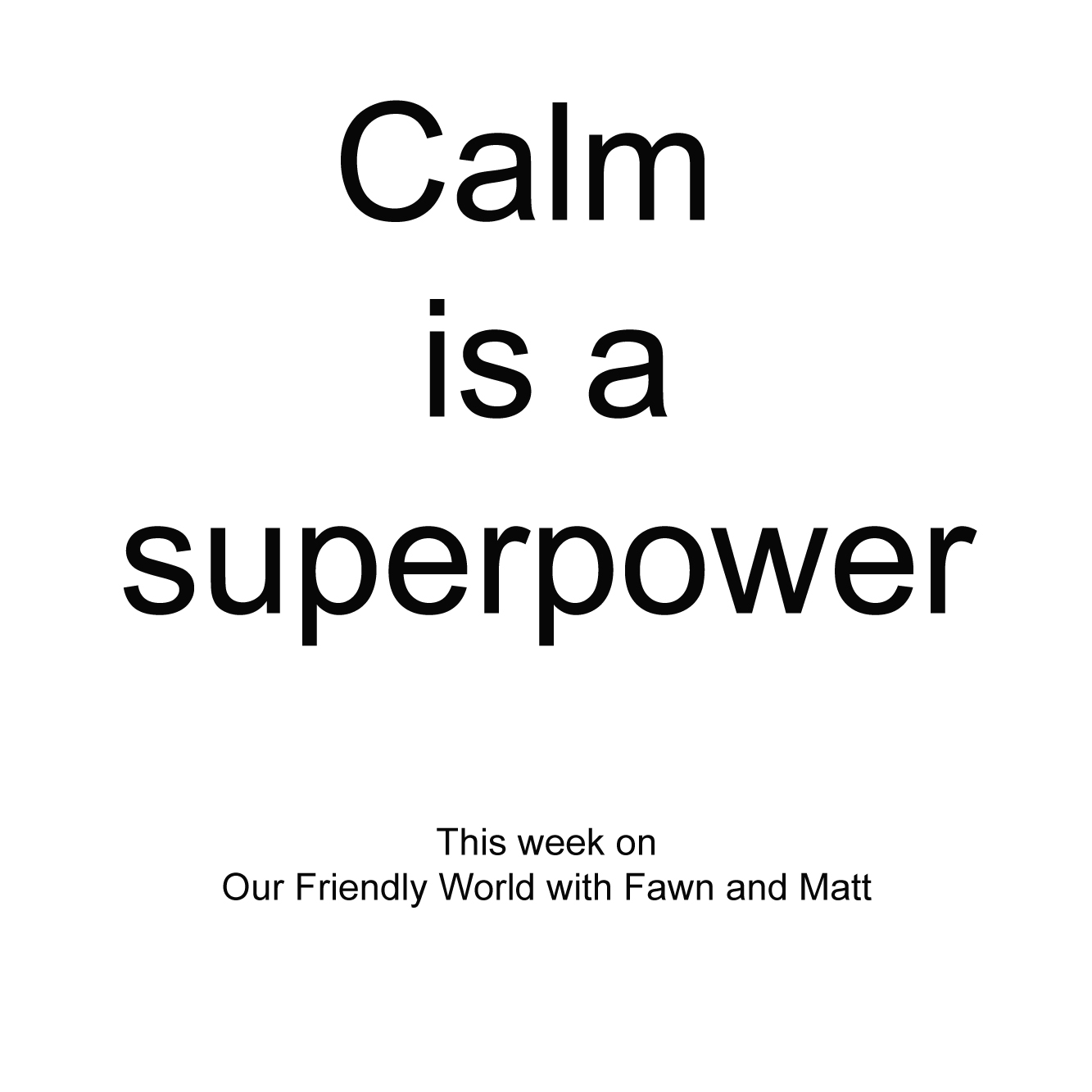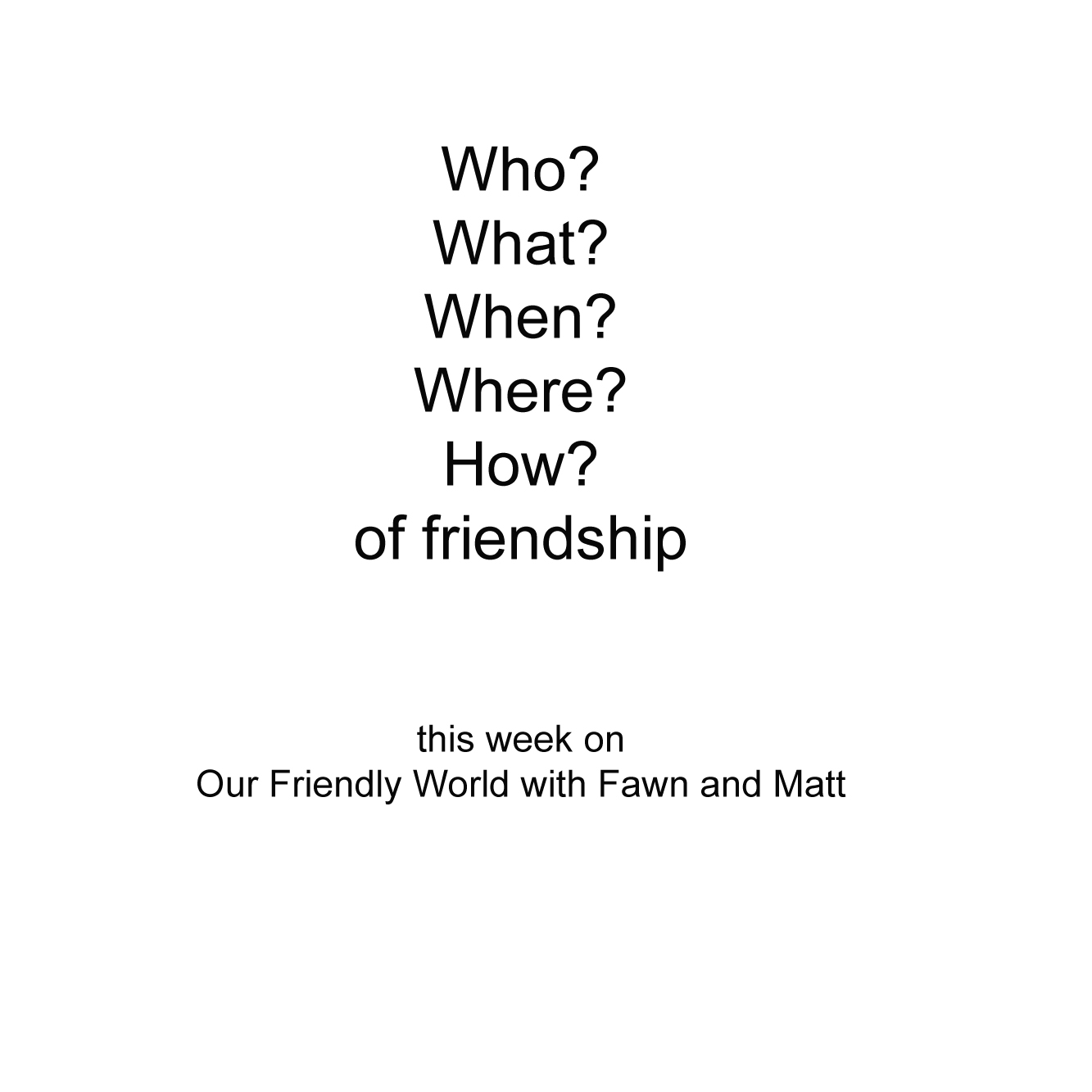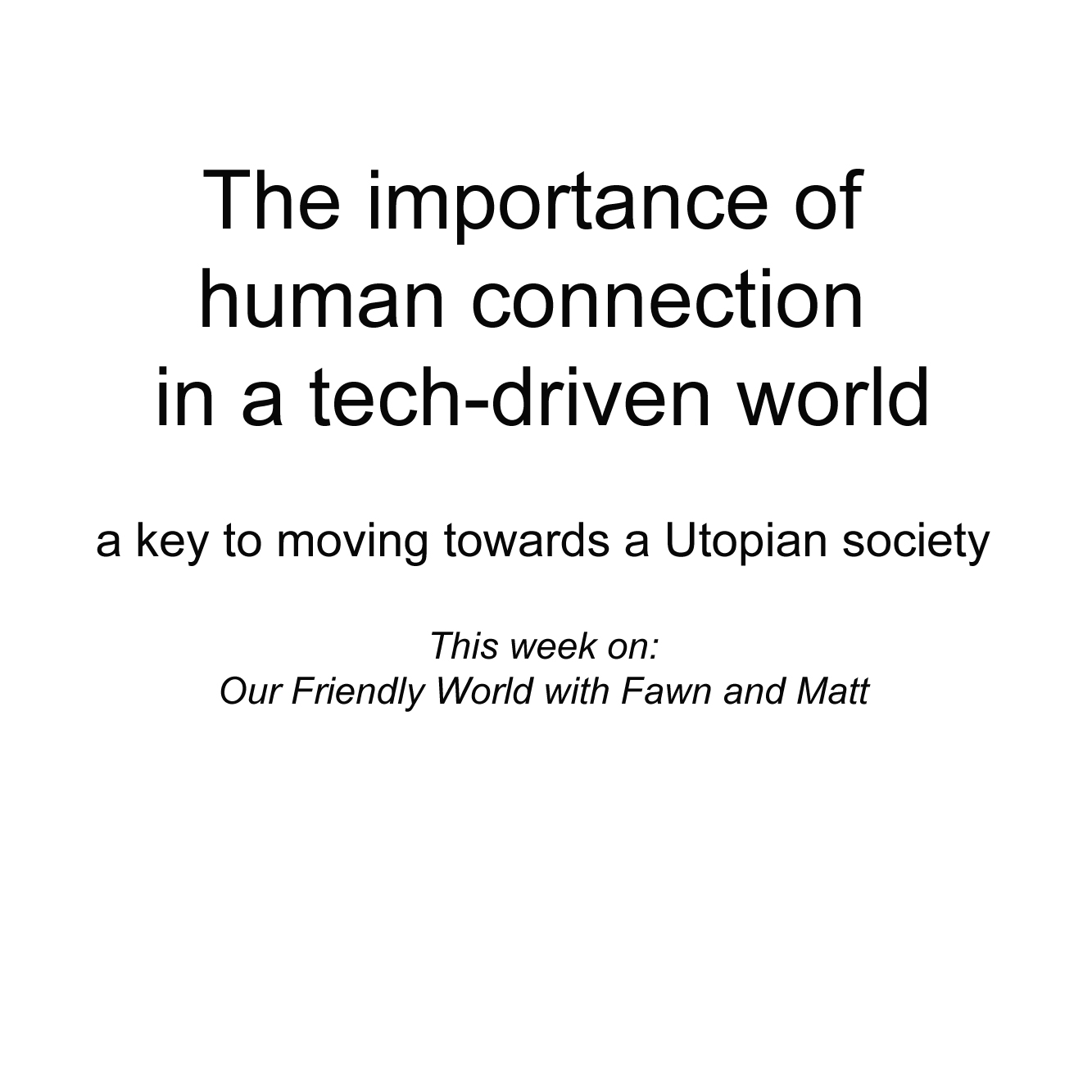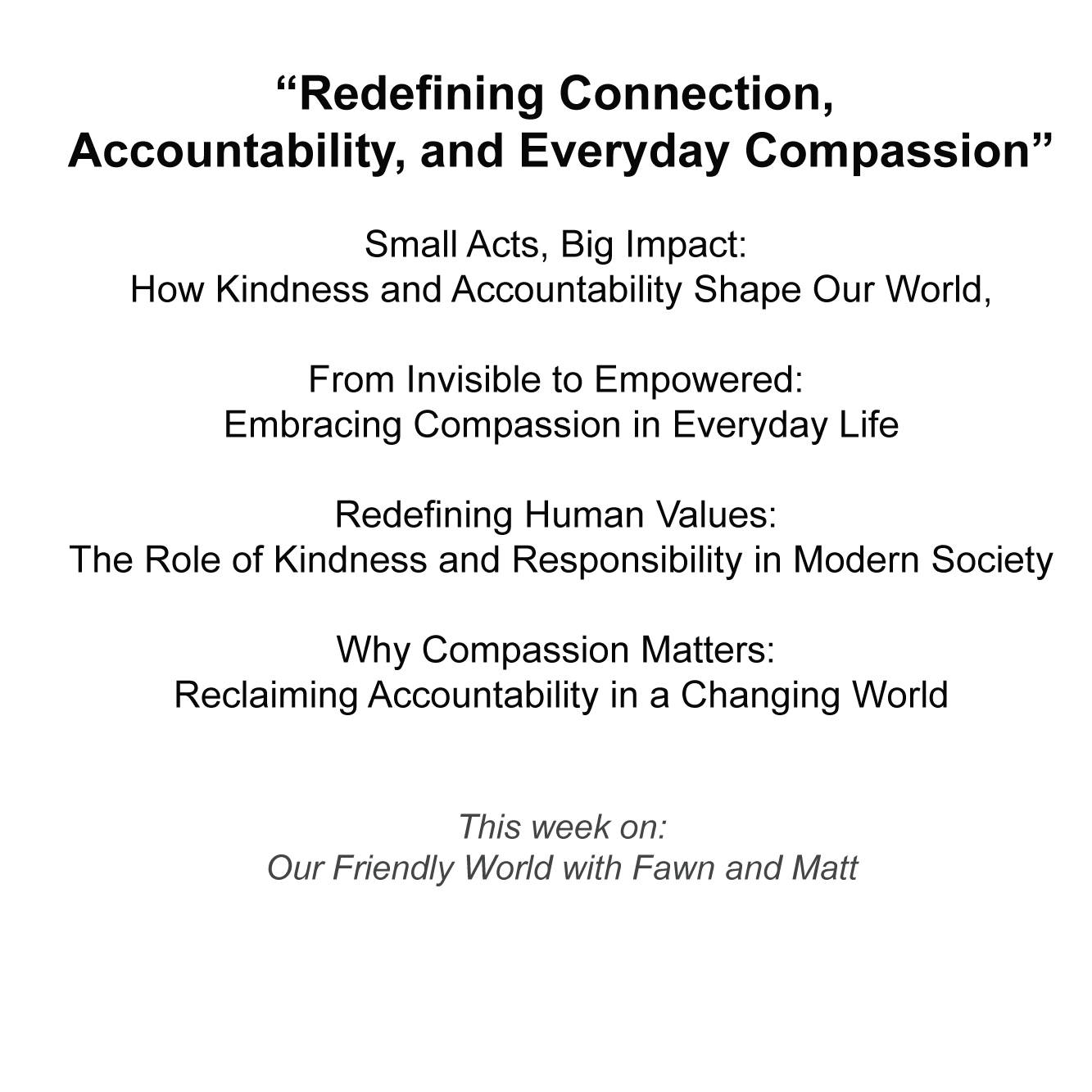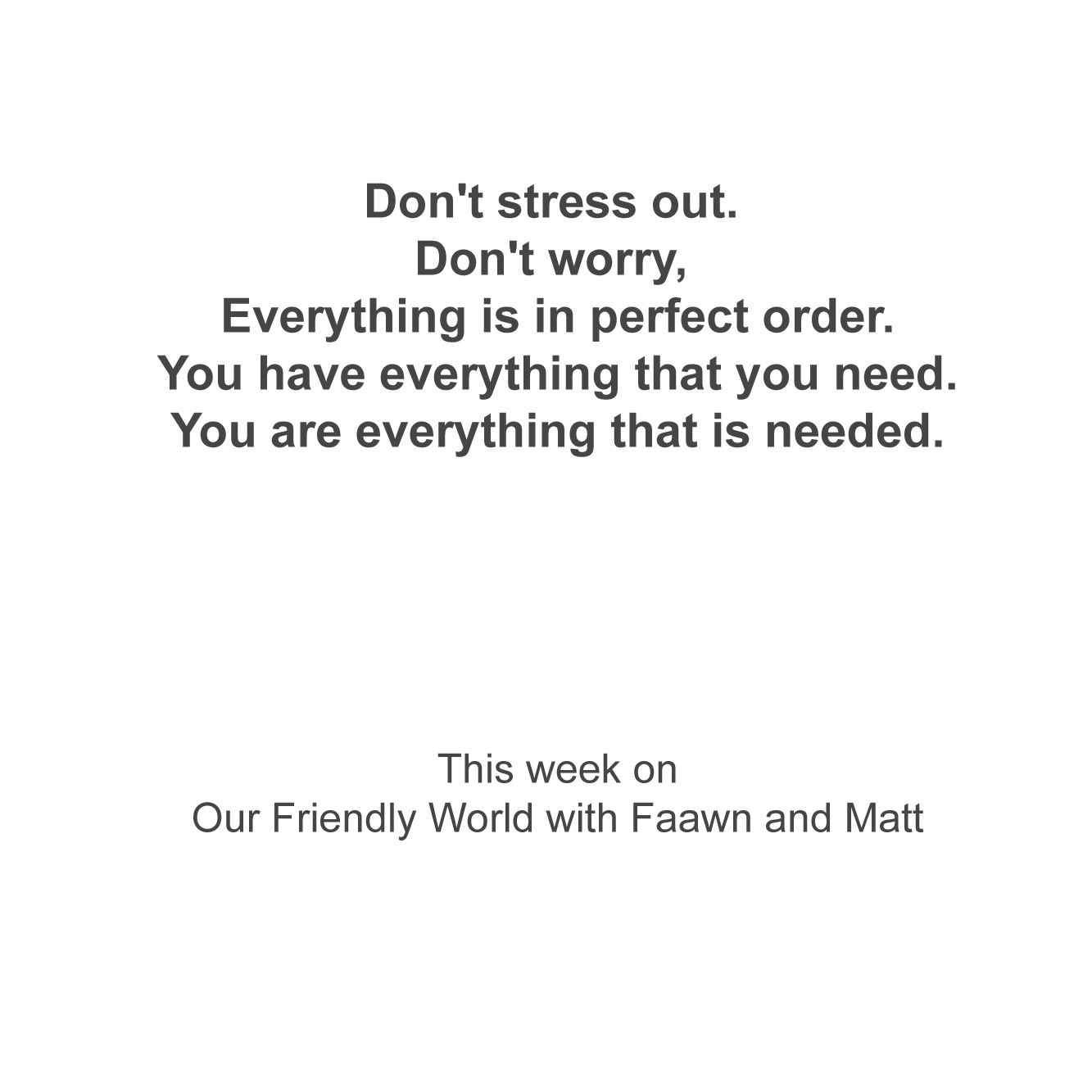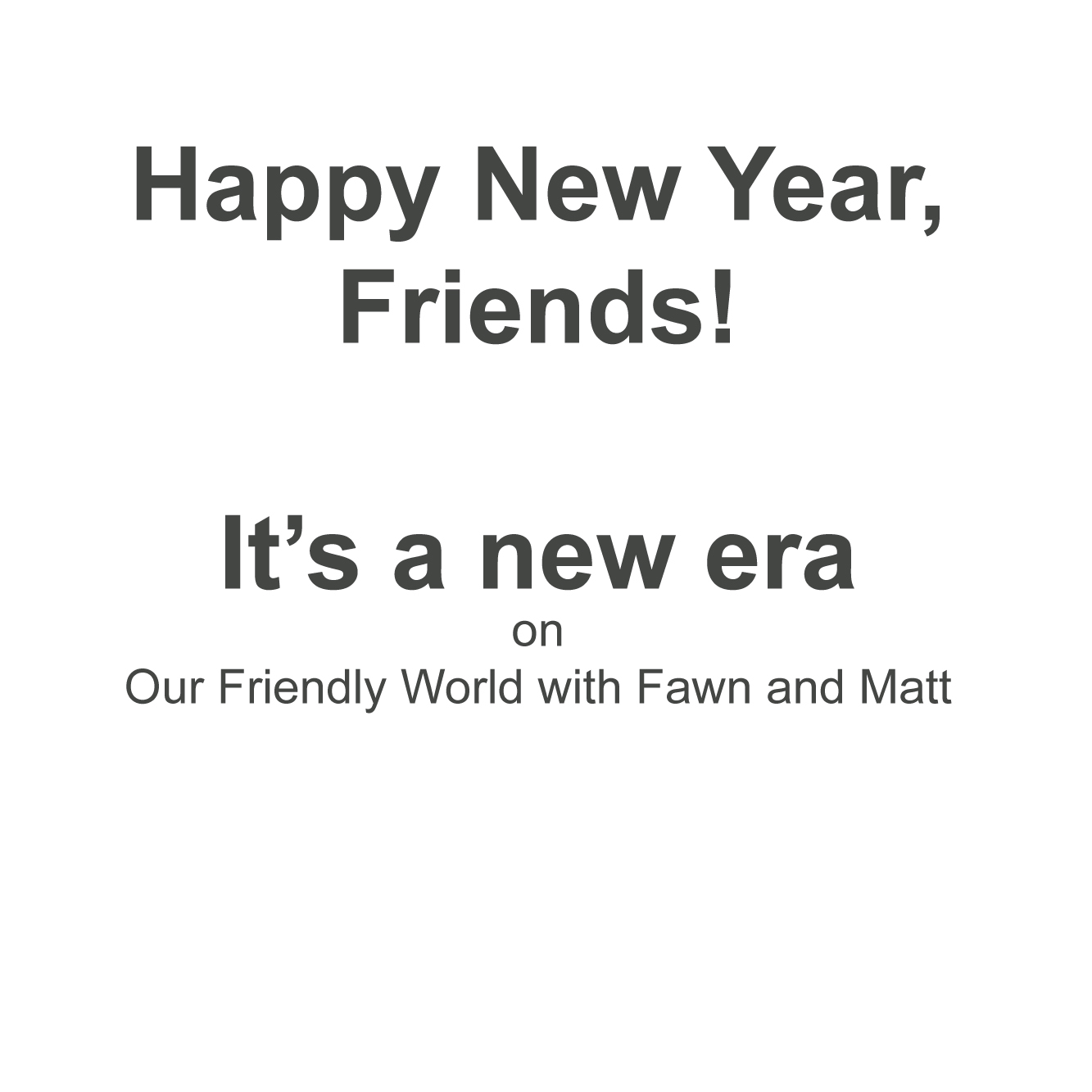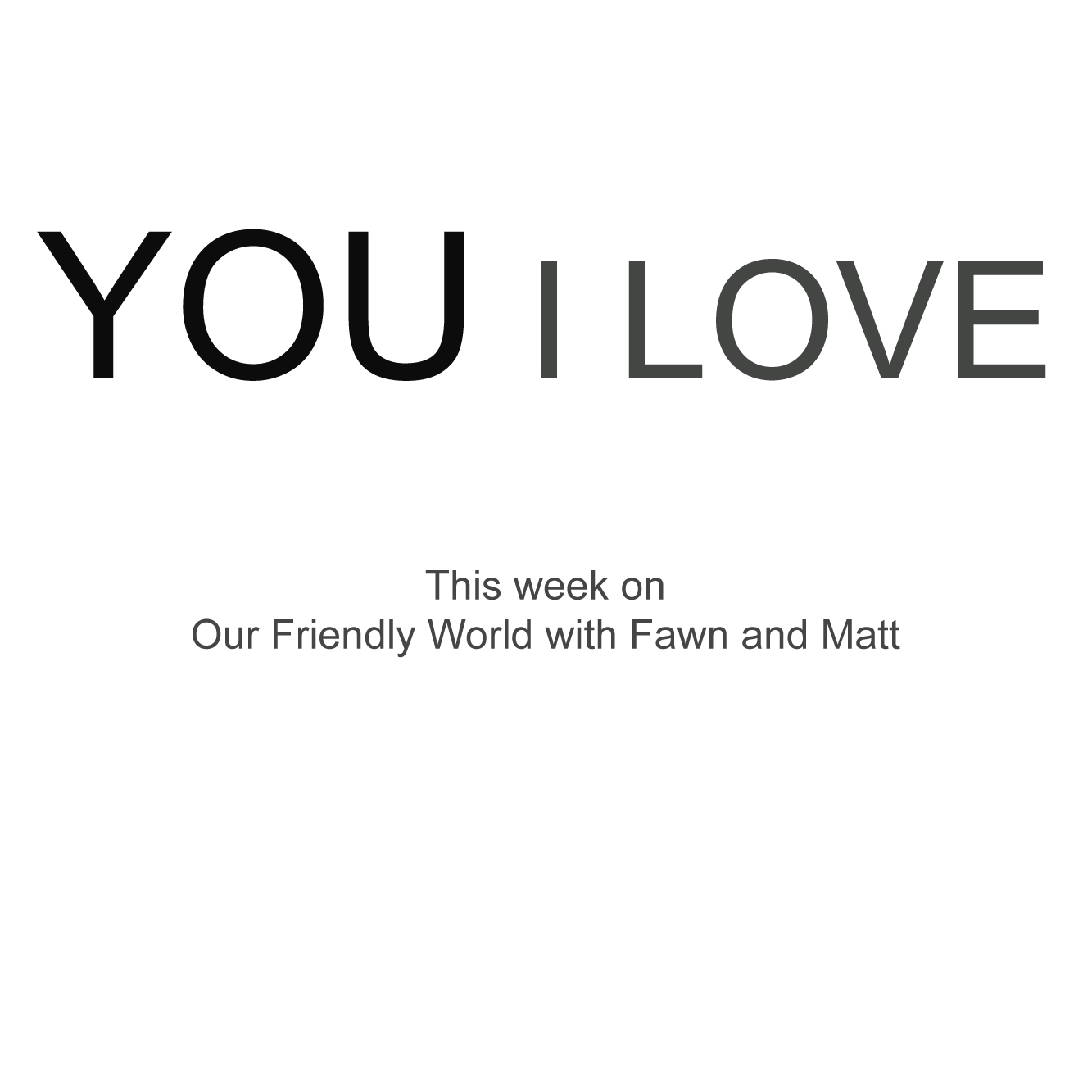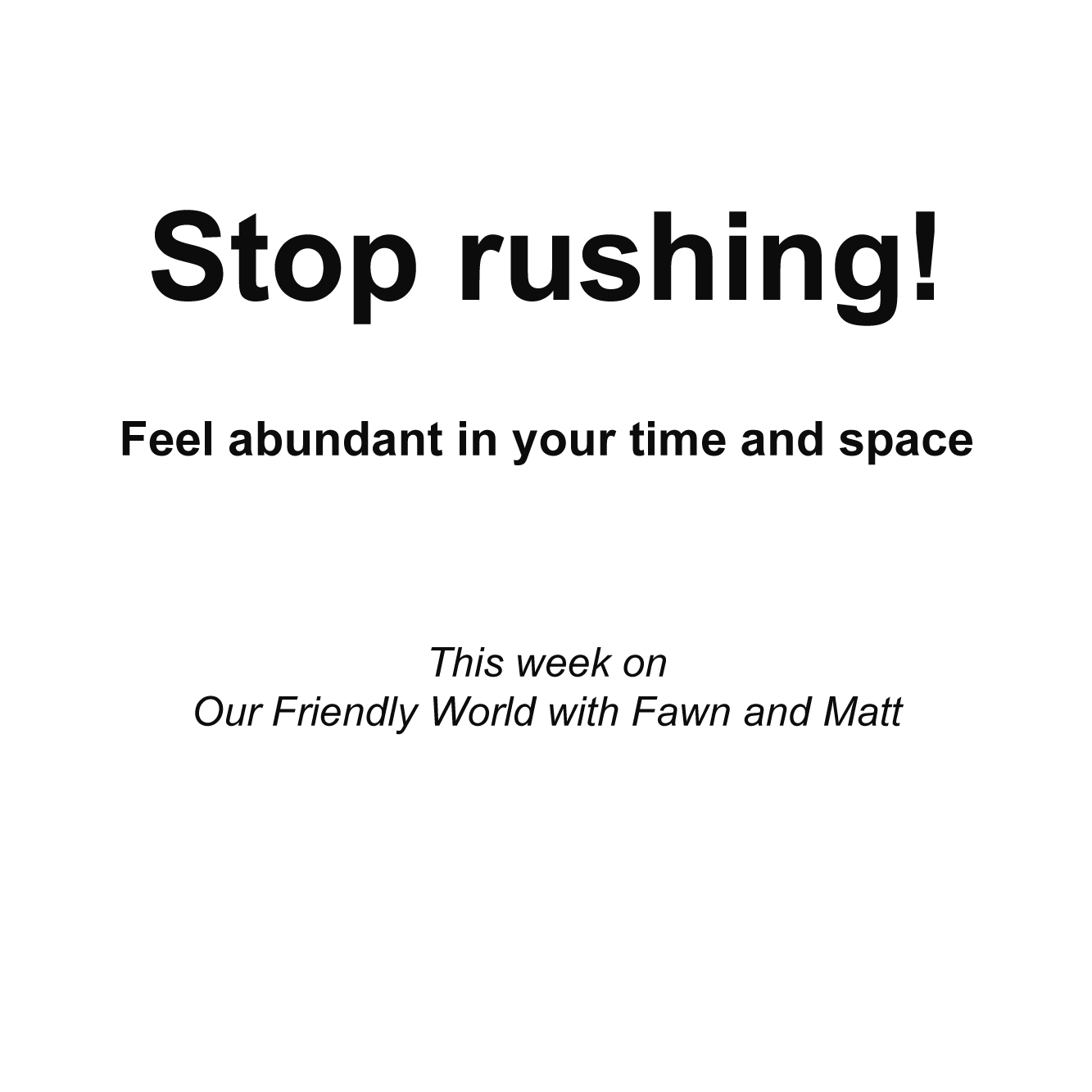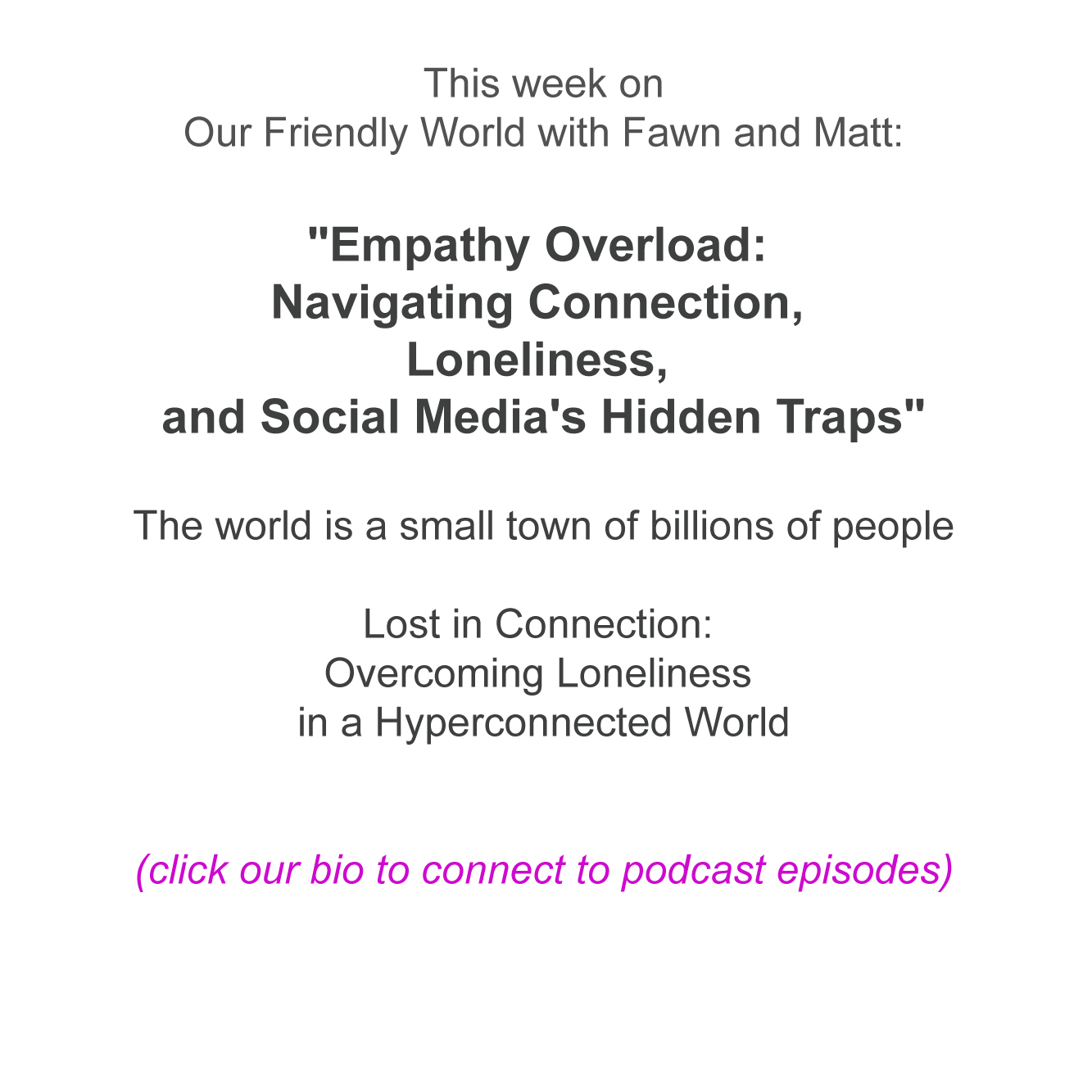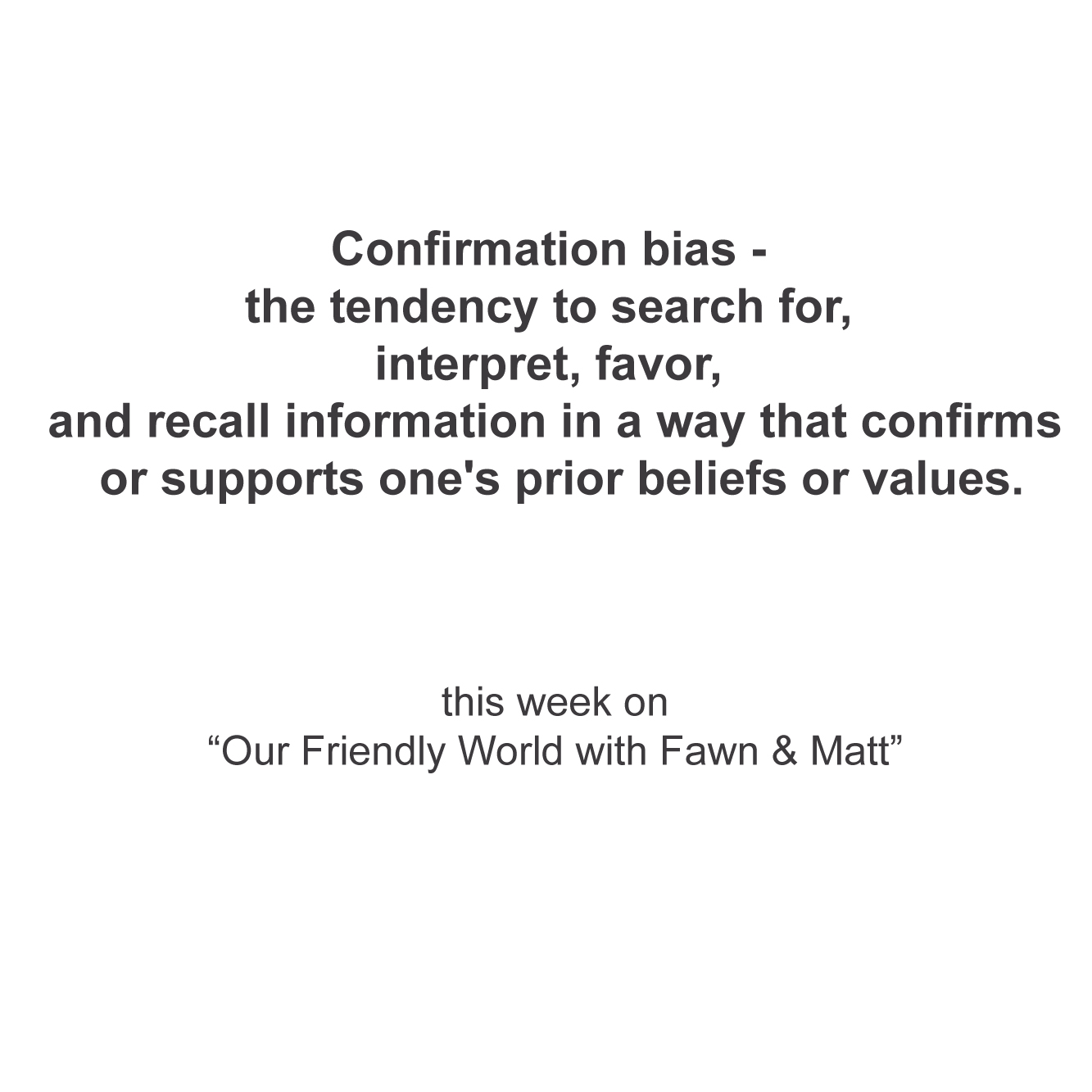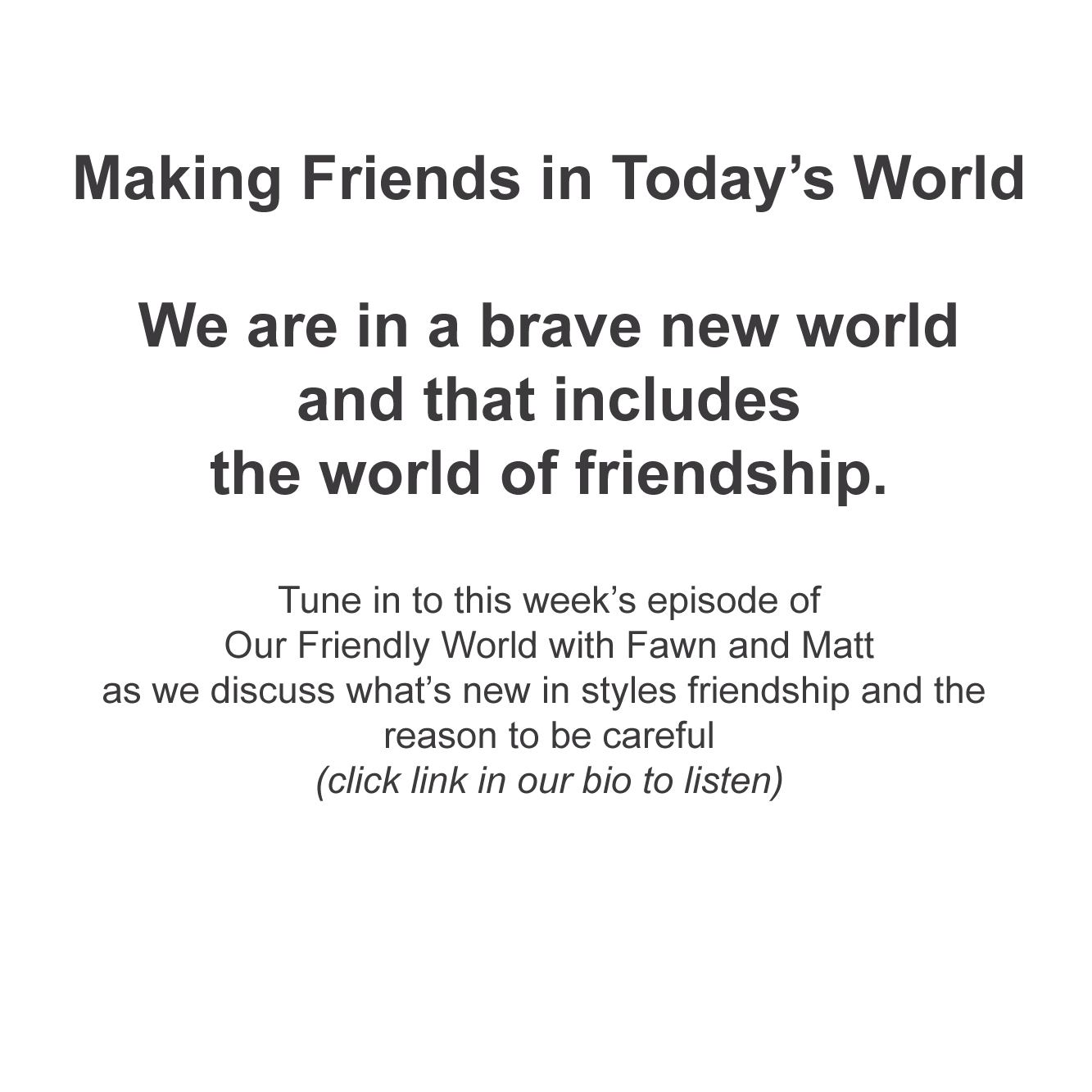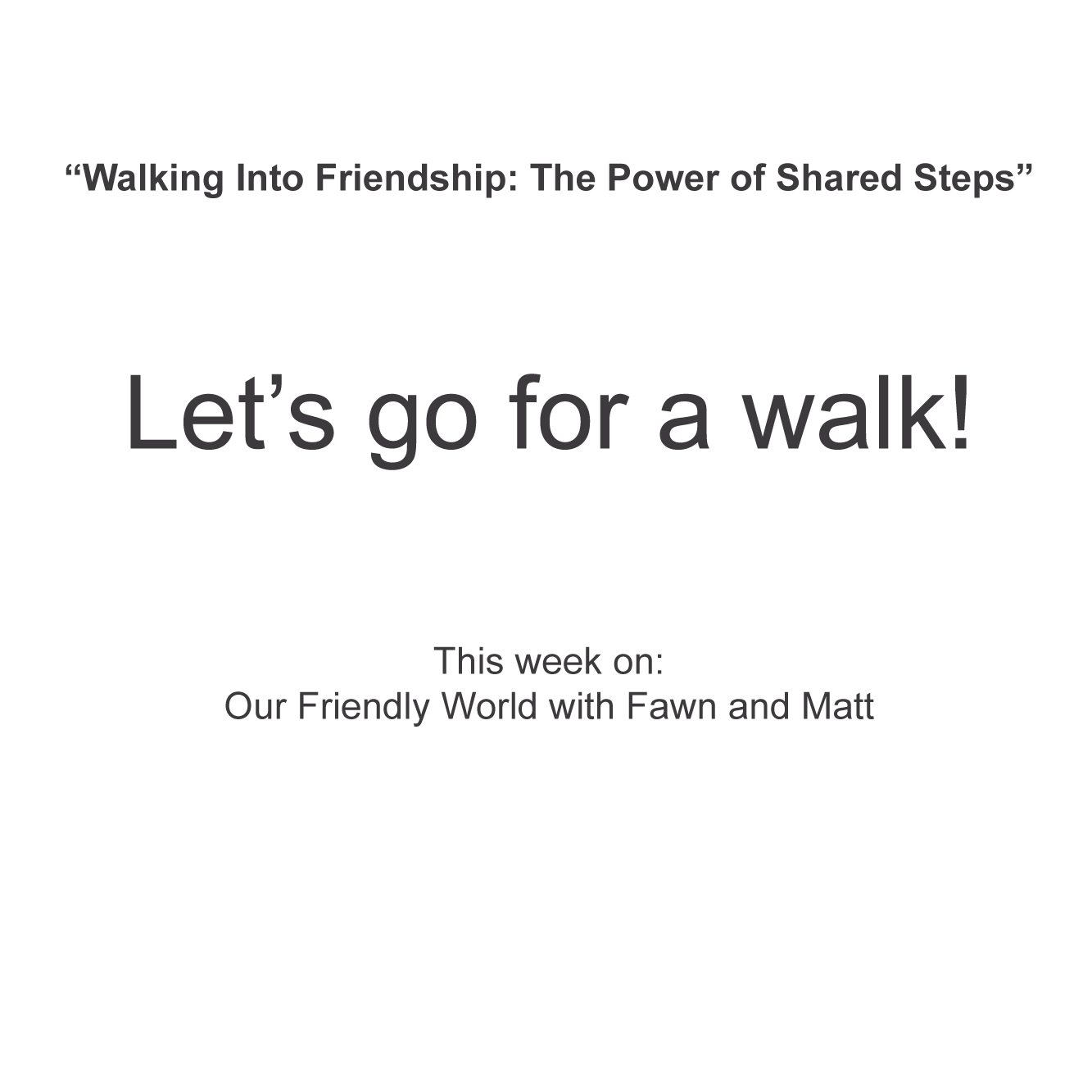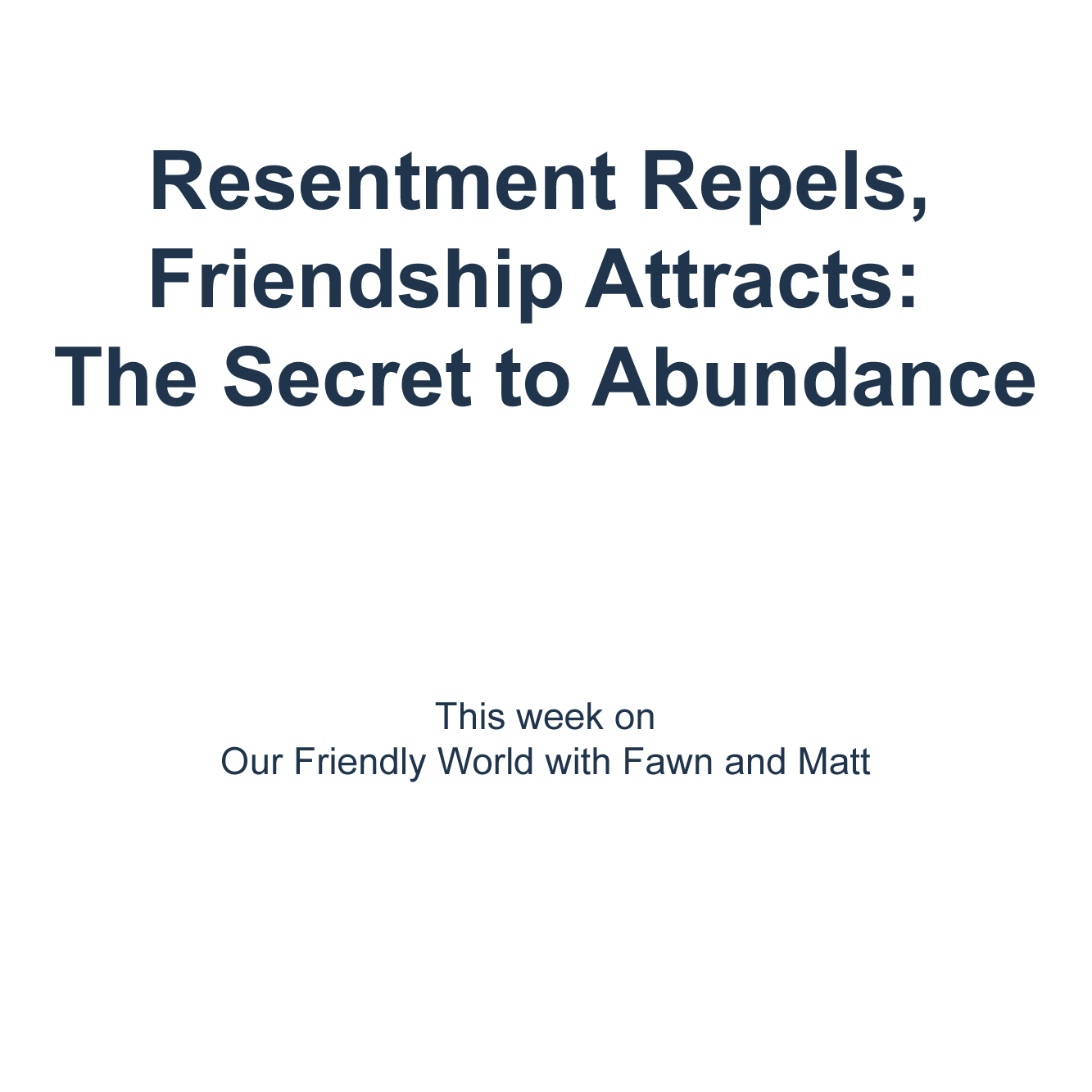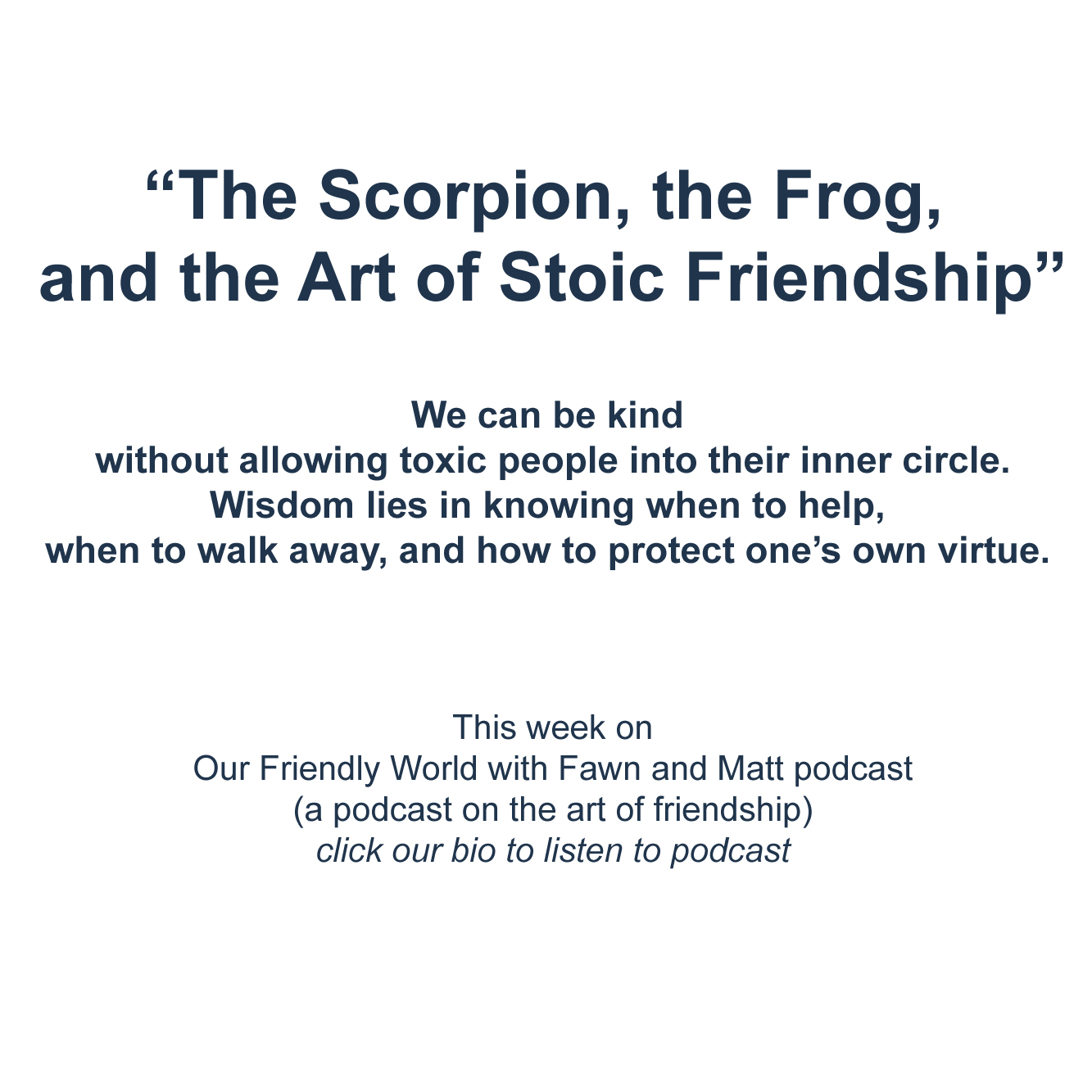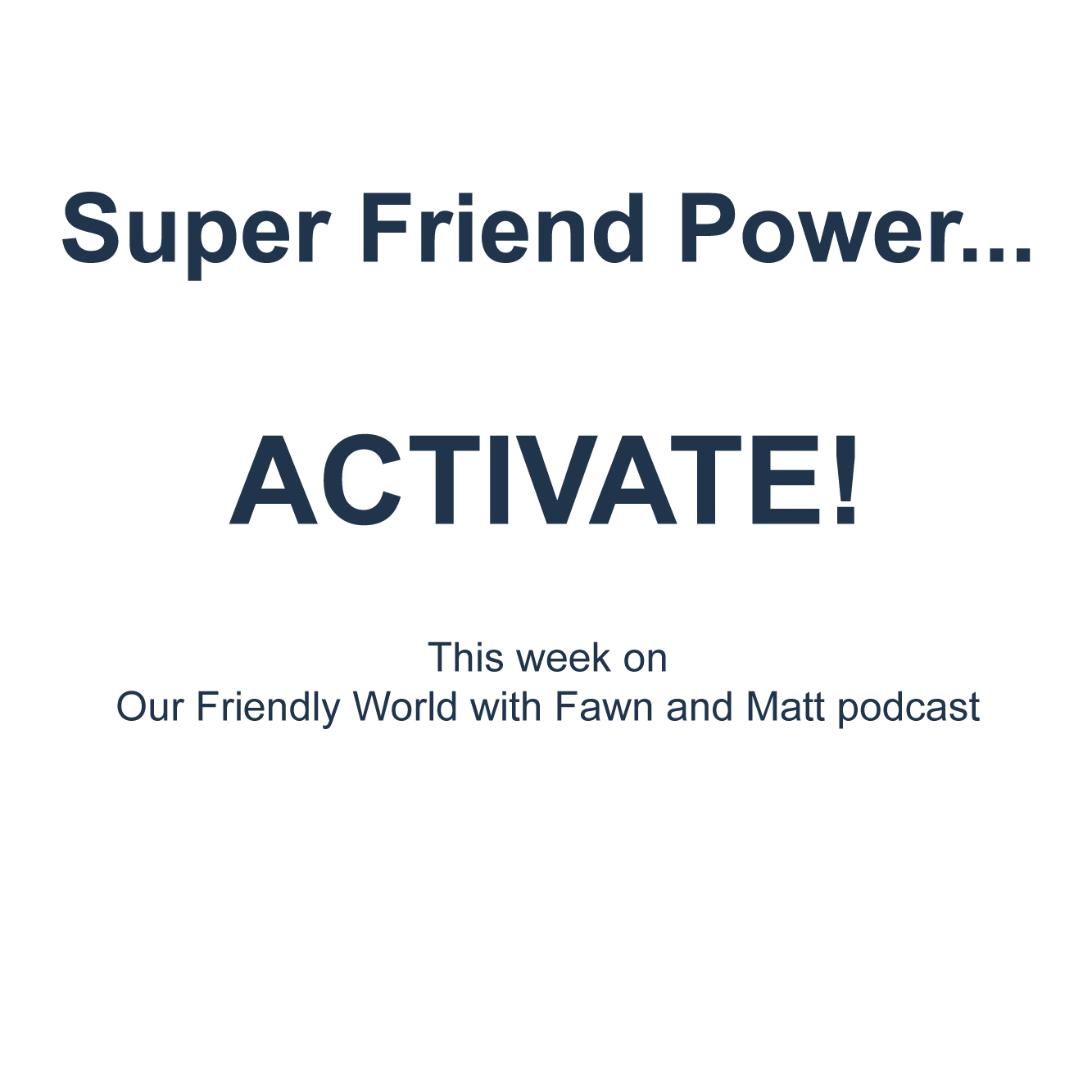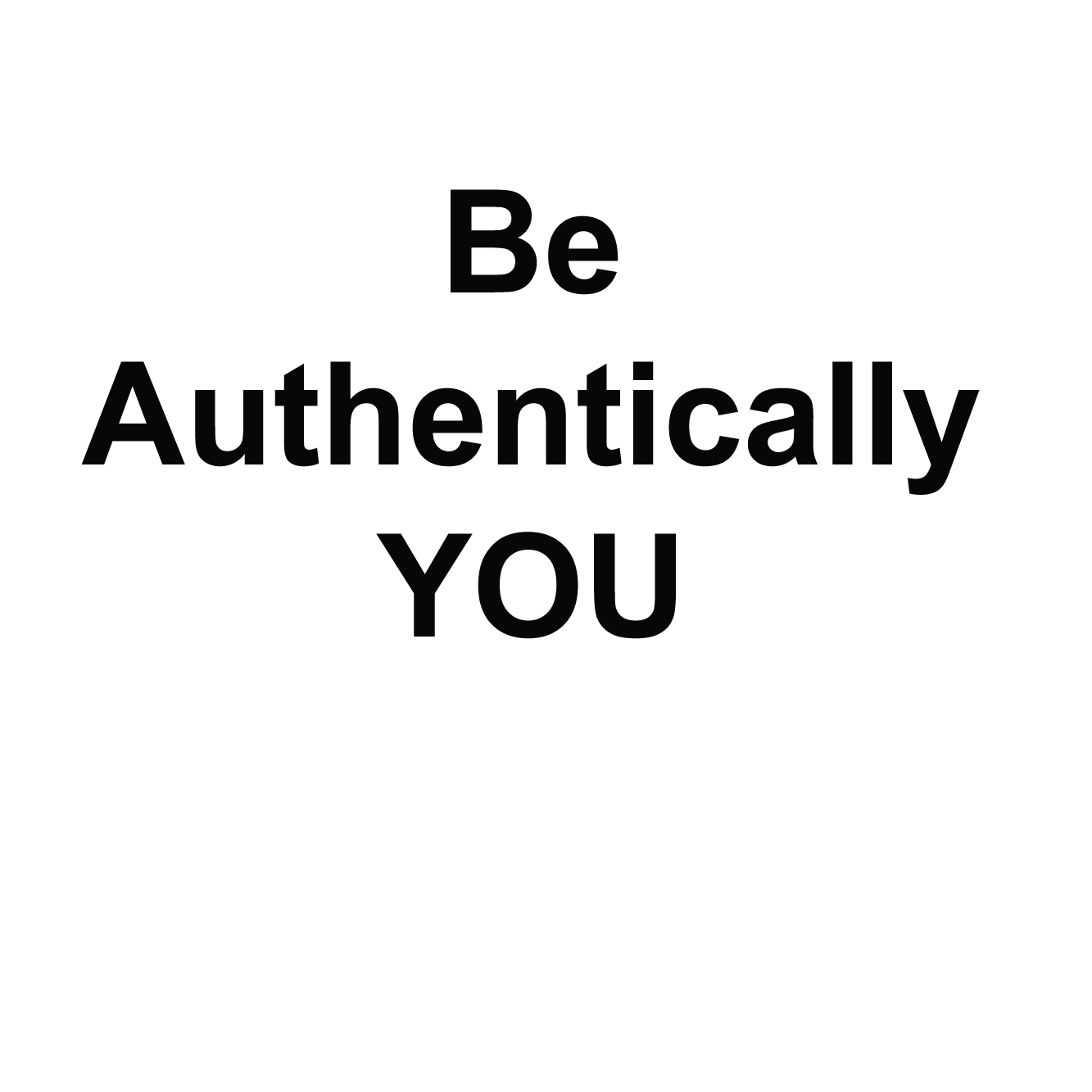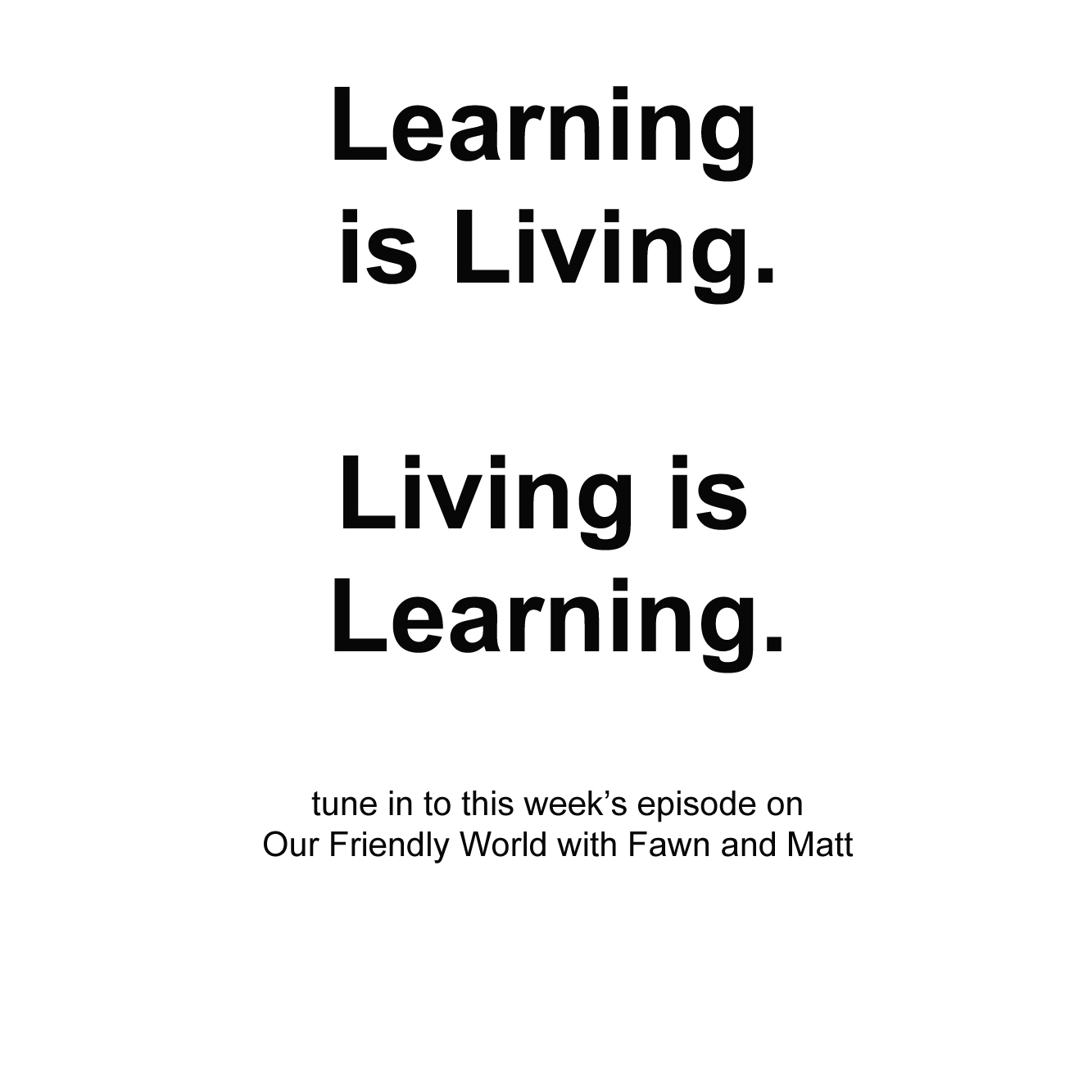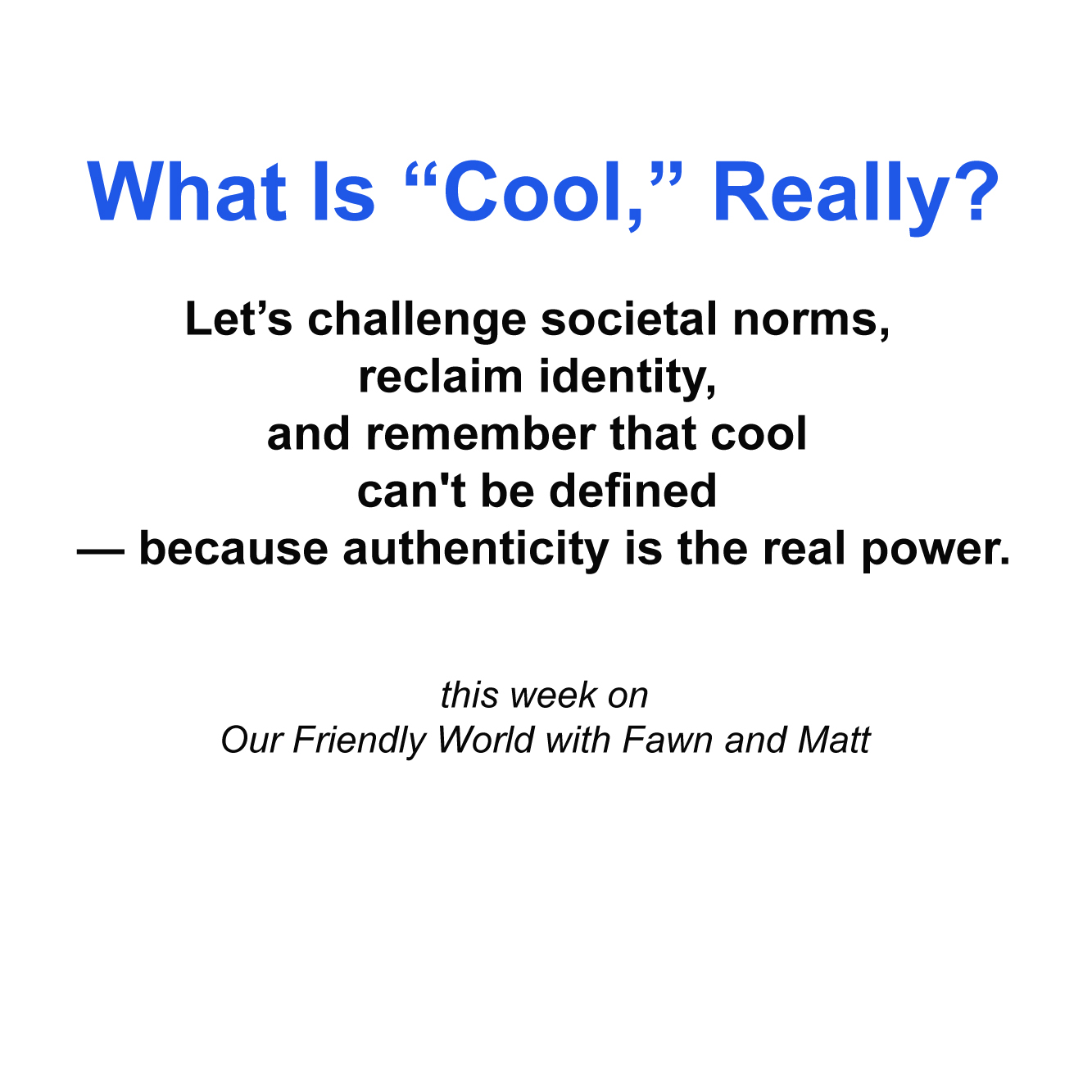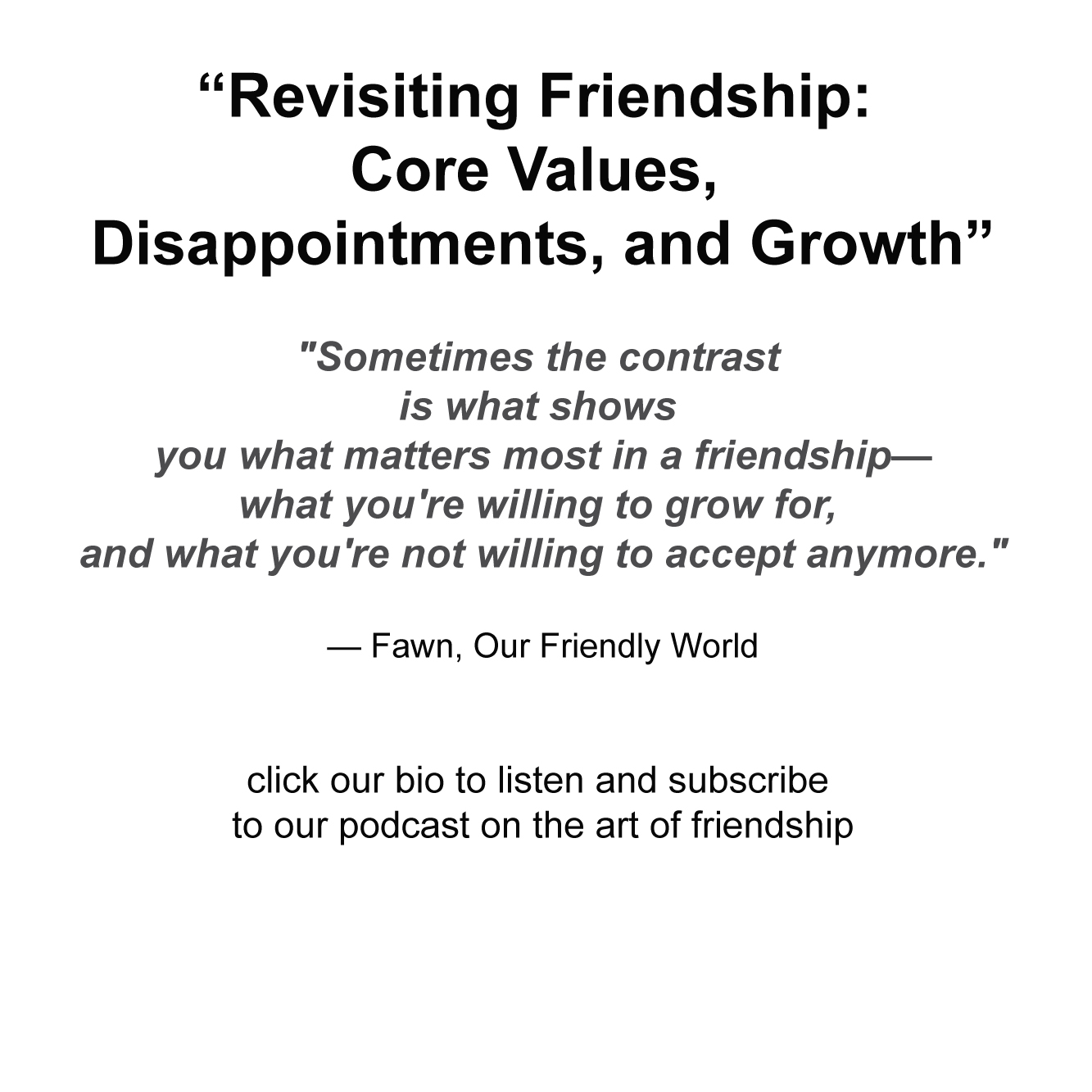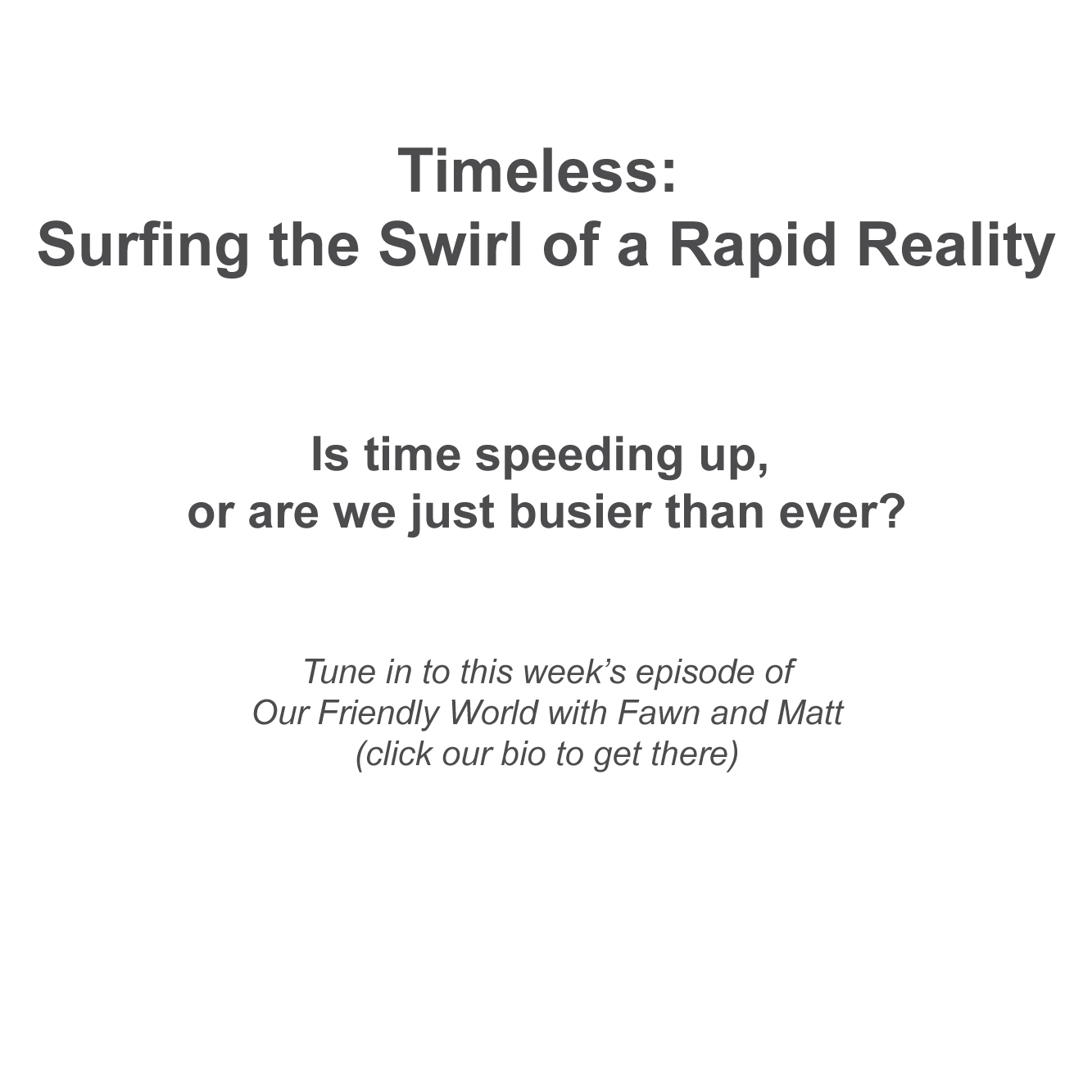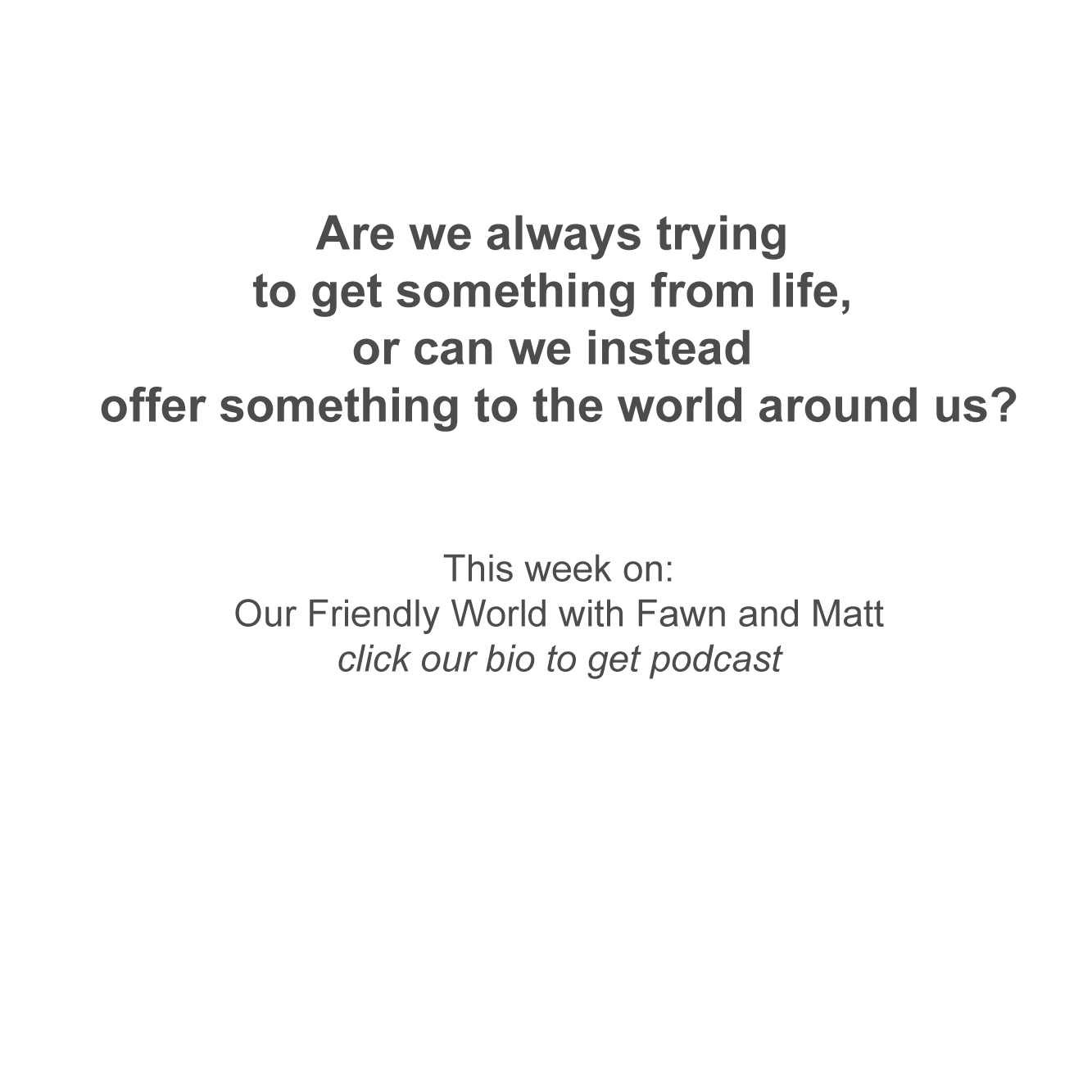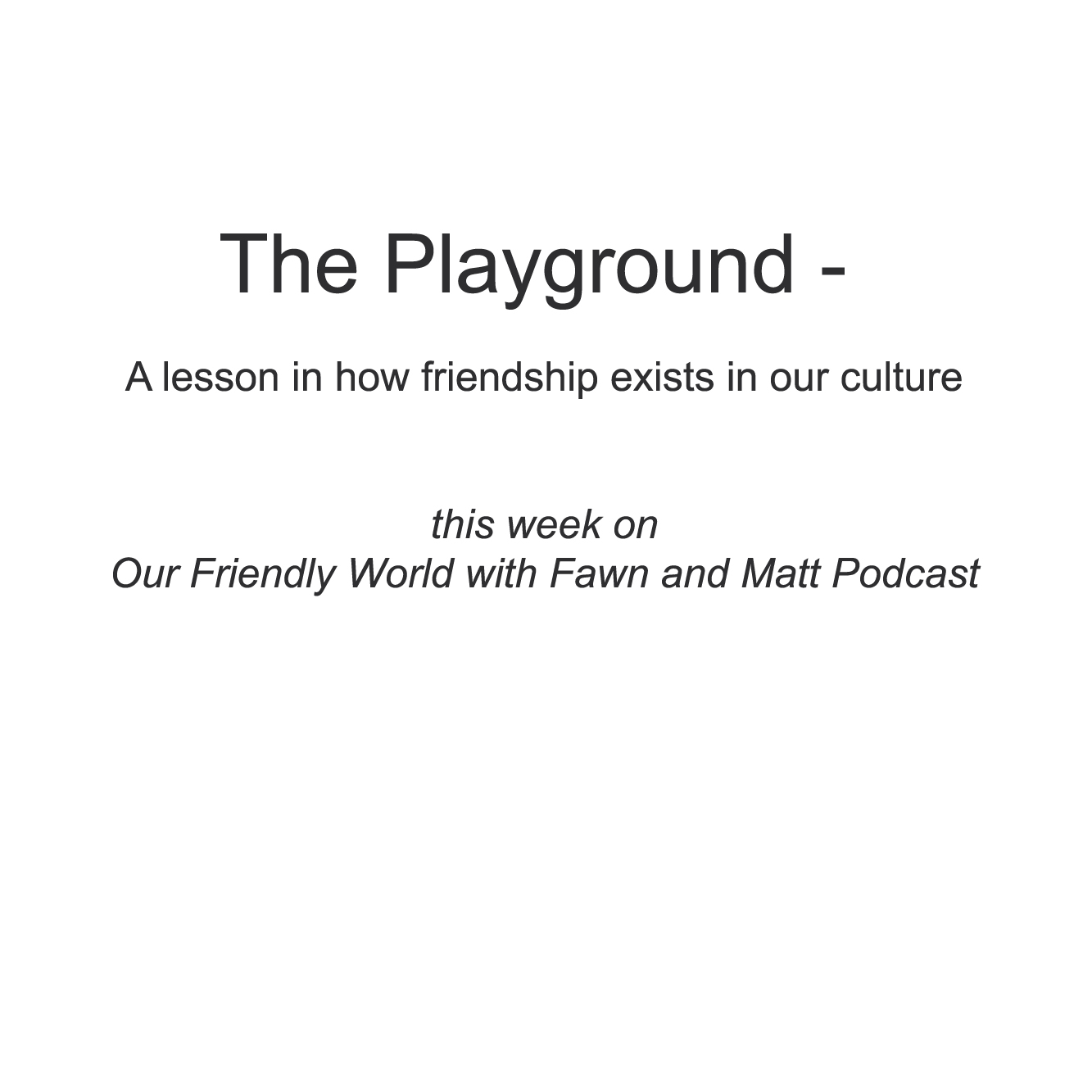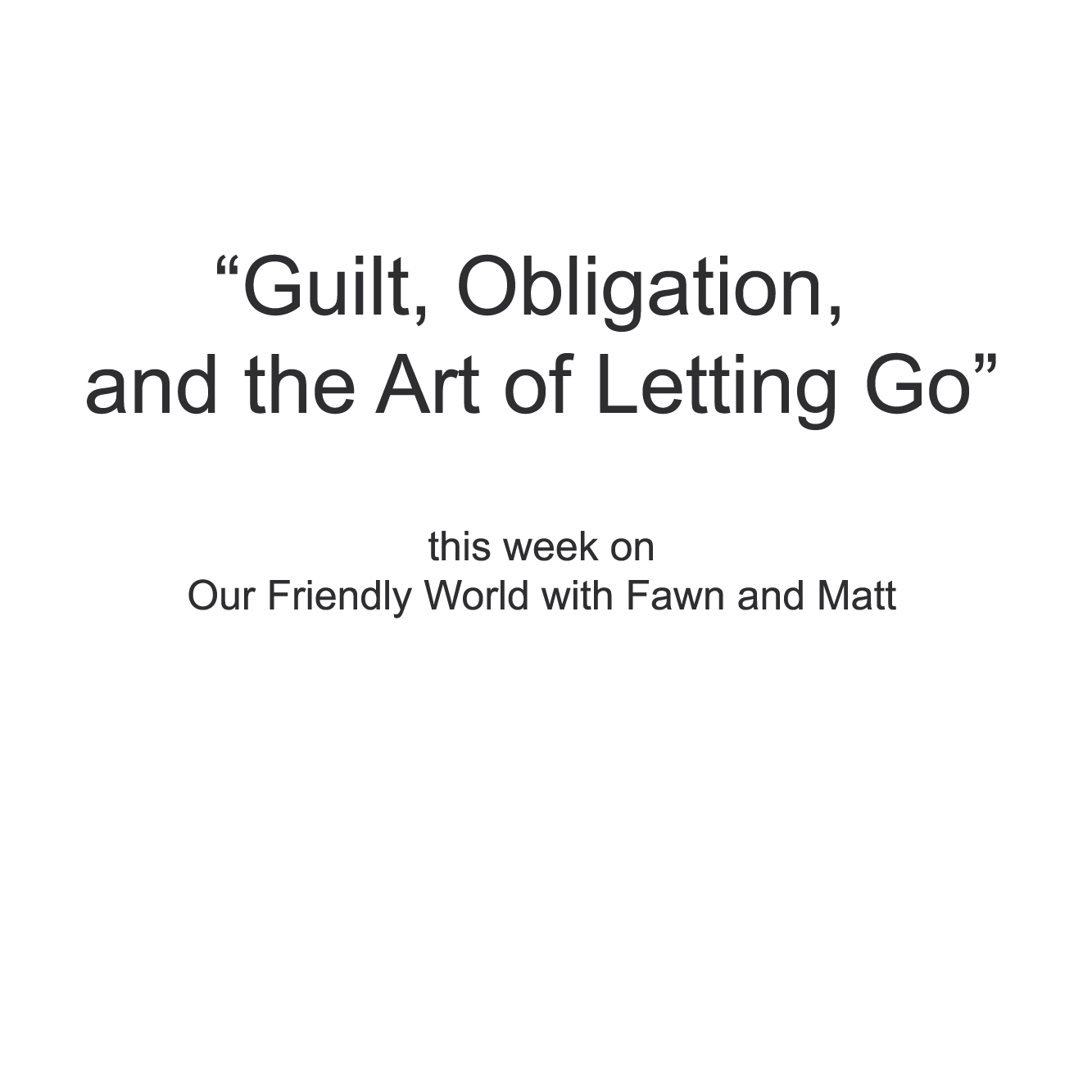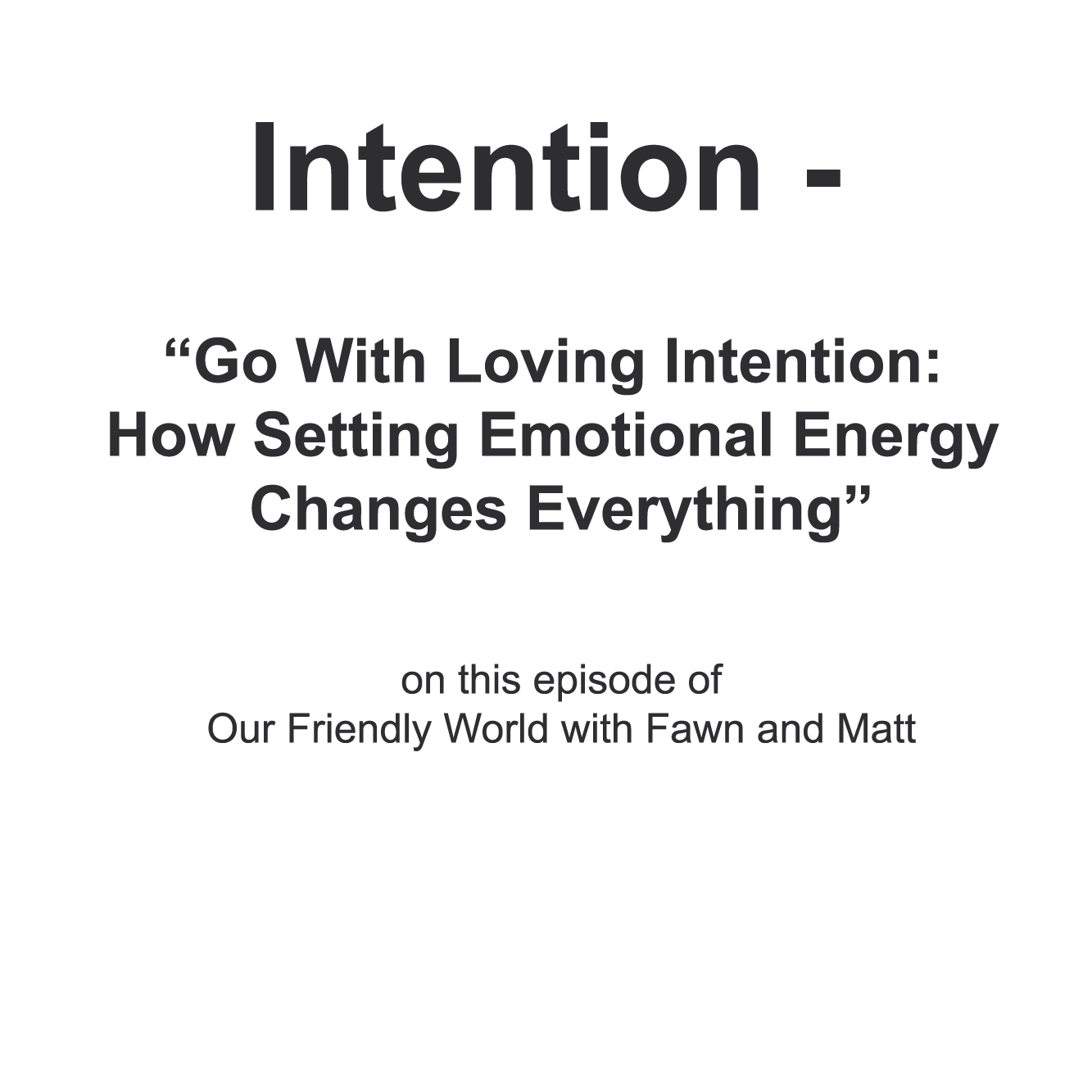Blockchain - How Tech Can Empower and Change Human Beings with Mostafa Purmehdi - Social Responsibility continues
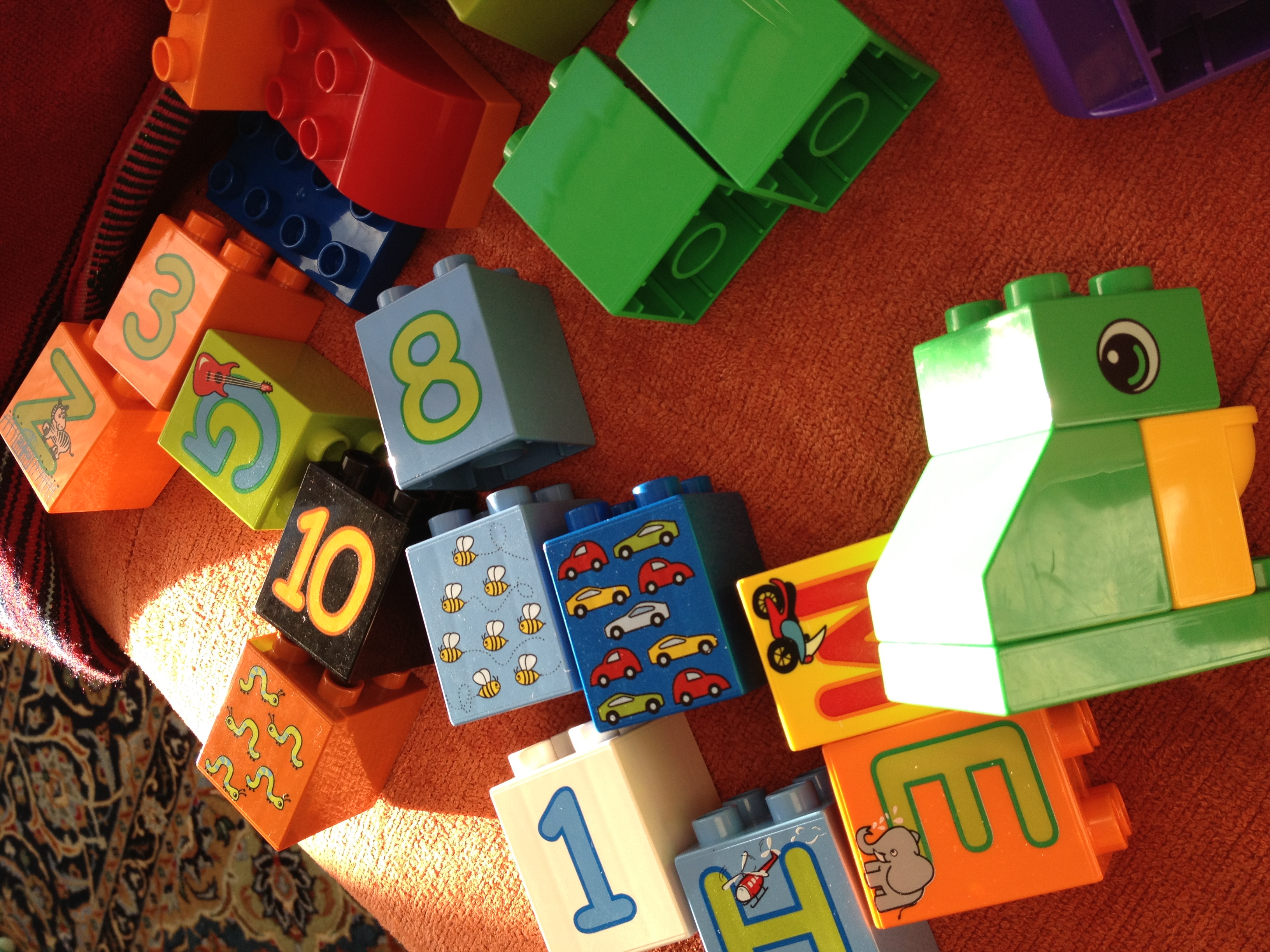
Tech #4
We continue with social responsibility and how the omelette caused discourse in the neighborhood and changes business. We talk about Toyota and emotions being a driving factor in purchasing power.
Mostafa: That reminds us that business is something that transcends beyond just exchange of products in return for money or some value. It is multidimensional. And it's a long-term relationship that the business needs to create with the customers. And the more we are advancing through , time, the more businesses are realizing this.
Fawn brings up the issue of access – access to internet/cable/health
protecting refugee identity rights.
Monero is the Esperanto word for money. Esperanto, if you are into that kind of thing is a language that was designed to bring Liberty and freedom to the world in the 18 hundreds, 19 hundreds.
The companies who are not acting responsibly they're usually taking advantage of the loopholes for example Apple, Amazon, and all these companies that are not paying their federal taxes. Either, they're using tax havens or they're putting their financial operations in different countries and other countries they're doing this because there is a loophole that allows them to do so.
happy apple vegan on Instagram. This was her question from the first show we did she, she goes Mostafa and Matt is crypto going to be the death of paper currency?
Crypto currency and homeless population
Did you know that gold was outlawed in the 1930s in the United States?
Tech #4
We continue with social responsibility and how the omelette caused discourse in the neighborhood and changes business. We talk about Toyota and emotions being a driving factor in purchasing power.
Mostafa: That reminds us that business is something that transcends beyond just exchange of products in return for money or some value. It is multidimensional. And it's a long-term relationship that the business needs to create with the customers. And the more we are advancing through , time, the more businesses are realizing this.
Fawn brings up the issue of access – access to internet/cable/health
protecting refugee identity rights.
Monero is the Esperanto word for money. Esperanto, if you are into that kind of thing is a language that was designed to bring Liberty and freedom to the world in the 18 hundreds, 19 hundreds.
The companies who are not acting responsibly they're usually taking advantage of the loopholes for example Apple, Amazon, and all these companies that are not paying their federal taxes. Either, they're using tax havens or they're putting their financial operations in different countries and other countries they're doing this because there is a loophole that allows them to do so.
happy apple vegan on Instagram. This was her question from the first show we did she, she goes Mostafa and Matt is crypto going to be the death of paper currency?
Crypto currency and homeless population
Did you know that gold was outlawed in the 1930s in the United States?
Transcript
[00:00:00] Fawn: [00:00:00] Oh, my goodness.
Matt: [00:00:02] Hello.
Fawn: [00:00:02] We are back. Hello? Hello. Hi friends. We are back. We are back with our beautiful professor Mostafa Purmehdi and.
Mostafa: [00:00:12] Hello everyone.
Fawn: [00:00:14] Hi, everybody. We are going to continue where we left off with social responsibility. And if you go back there is a link in the show notes to the previous shows.
So, or this is a series we're doing with our professor here and we're getting into blockchain and how that's changing our humanity, changing our entire lives. How we get a leg up on this thing, especially if you're someone like me, who is non-techie non beetle, beep boop (Fawn makes robot sounds) people. And so last week we were talking about social responsibility and the conversation got so deep.
I feel like even for me, I'm like this wasn't techie enough. So now we're going to get really [00:01:00] into the tech of it regarding social responsibility. Why are you giving me that weird look,
Matt: [00:01:06] I always give you that weird look,
Fawn: [00:01:07] God, it throws me off.
Matt: [00:01:09] Well then don't look at me.
Fawn: [00:01:11] Oh, here we go.
Love is winning. You get a little perturbed right now.
Why don't you get into the nugget of wisdom from Santa Monica? Cause this is your favorite. You
talk about it all the time.
Matt: [00:01:28] I then to say favorite is kind of an odd thing, cause it's not really a particularly happy story, but anyways so Sundays in Santa Monica on Main Street, there's a farmer's market at the Victorian Inn. Life is awesome.
So you go to the Victorian , you get some pastries, you get some coffee, hang out with your little
friends,
Fawn: [00:01:47] backup, backup. So you guys it's the farmer's market on main street in Santa Monica. Now there's a big farmer's market on third street promenade and everybody from all over LA [00:02:00] comes to that one.
This one was our little neighborhood; within our little village
Matt: [00:02:04] But it wasn't a tiny farmers.
Fawn: [00:02:07] So, there's a place called the Victorian and shout out you guys, we miss you. And it's beautiful because it has remember the museum of what kind of museum was it going? We never went in it, it was attached. Do you remember it was like a historical building across?
No, no idea. It was so there's the Victorian. And there is that grassy area in between, and there was another older building and it was usually closed, but the Victorian took its parking lot in the back and it became the farmer's market. And because the Victorian was a venue where people got married and it was just a beautiful place.
It was a beautiful restaurant, but it was more of a venue type situation. It wasn't like we would go there for happy hour. It was for special events and it was really beautiful. Like they had a whole [00:03:00] garden area and of course the big, big parking lot and the farmers would come and we all talked with one another and the Victorian brought out all the tables out in the garden with beautiful tablecloth and we all shared tables.
Like you would sit next to people that weren't in your close, close, close, close, super tight friend group. And we all had breakfast, brunch lunch together, and there were musicians and there was a lot going on and we would sit there for hours talking with one another anyway. So there was the pretty little picture.
Matt: [00:03:42] Anyways, and we would always get we would, and this was before we were vegan. Excuse me. We'd always get omelets made by a chef at the Victorian
Fawn: [00:03:52] Rich!
Matt: [00:03:54] Anyways. Main street had its own main street association. And there was a business [00:04:00] on main street that got upset about this.
Fawn: [00:04:02] Can I say the name?
Matt: [00:04:02] No.
Fawn: [00:04:03] Okay. Well, they
specialized,
Matt: [00:04:06] they got upset at Rich making omelets
Fawn: [00:04:09] because that's what they specialized in.
Matt: [00:04:10] , but anyways. Okay. And they got upset and they wielded the business association as a hammer and they made Rich stop making omlettes
Fawn: [00:04:20] and you got to understand Rich was a chef, a young chef, and he was a superstar because he was so kind and he was so funny and he would do these omelets demonstrations while he was making omelets for everyone, like custom made, whatever you want to throw in there is like, what do you want?
And then four, just shout out whatever ingredients. And we were the farmer's markets. So there was so much available. He'd throw in there, throw it in there. Like things would be sizzling and flying up in the air and landing back in his pans. It was a show and he even had one of his best friends be a heckler in the crowd. He would heckle Rich and it was, and [00:05:00] we would laugh and it was just a show and it was community and it was just ...and the omletts were amazing and healthier.
Right. Okay, go ahead.
Matt: [00:05:11] Anyways. So they wielded the business association, like a hammer. They made him stop making omelets. Now he had to stop making omelets from that point in time until I think it was the end of
the year.
Fawn: [00:05:22] And he only did this on Sundays for a few hours, right. For like three hours.
Matt: [00:05:26] Right,
exactly.
Fawn: [00:05:27] Meanwhile, they were in business seven days a week, right in business
seven days a week. And
they had a lot of business. I mean, we all went there like it was our church. This other place all the time, because they didn't, it wasn't just omelets with this place. They had really good food and there was a variety and that was a happy place too, remember? It was a family owned business and they also had a garden area in the back and the whole neighborhood. That's where that was our go-to that place.
Mostafa: [00:05:58] Well, I think you know, I [00:06:00] understand the business because that was the best day for serving omeletts.
Matt: [00:06:03] Probably was
yeah, you're right. It probably absolutely was, but they were about, they were separated by at least a half a mile.
They were you know, certainly catering to it it felt like to me, at least a completely kind of different demographic. These were, you know, we were people at the farmer's market. These were people going out for breakfast. It's kind of a different mindset. I think anyways, wield it like a hammer made him stop making them, but he, they could only do it until the end of the year.
So he made pancakes, you know, it didn't, you know, it affected his business, but it didn't affect his business,
Fawn: [00:06:38] but it was sad. There was no more show. Everyone was like,
Matt: [00:06:42] oh, we're, we're, we're the ambulance here at at farmer's market. And at the end of the day, when we found out about what happened, everybody was very candid about what happened.
And frankly, I think people were a little upset. I think Richard was a little upset about the whole situation. At at the end of the day, we stopped going to this [00:07:00] other place
Fawn: [00:07:00] and we were friends with them too, but like it's Matt's fault when Matt gets upset with a business, like when his, when, when your something gets affected in, you
Matt: [00:07:11] get me started on Toyota.
Fawn: [00:07:13] We don't, like we just start boycotting. We have boycotted so many places
Matt: [00:07:18] we have no, unfortunately Toyota brilliantly made cars, et cetera, et cetera, et cetera. I had a sales rep call me a jerk off. I'm done no way I am done. And of course, you know, I'm a long hair, 21 year old dumb ass. Right. But by the same token, I'm still your customer.
And to call me a dumb ass, I mean, he was walking away when he said it. So what he didn't call it, call me that to my face. Like don't waste time with jerk offs and I was seriously mining a car. Yeah, ridiculous. But anyway,
Mostafa: [00:07:49] sorry to hear about that, but I mean, you're right. You should be taking your business where, where it's appreciated she'd you as a customer, right.
And [00:08:00] they're there to serve you. You're not there to serve their business,
Matt: [00:08:04] but sometimes I feel bad about that one because it's literally one random sales rep at one random Toyota dealership ruined Toyota for me, forever tough.
Mostafa: [00:08:14] Yeah, maybe you shouldn't write off the whole brand. Exactly. But that's, that's what I've done. And since then I've owned Mazdas, Fords, and Honda,
Fawn: [00:08:20] but that's the power of emotion, right?
Matt: [00:08:22] Yeah. That is the power of emotion.
Fawn: [00:08:24] Not always totally logical and even keeled. And, you know, level-headed it's emotion.
Matt: [00:08:30] I know, right.
Mostafa: [00:08:31] That reminds us that business is something that transcends beyond just exchange of products in return for money or some value. It is multidimensional. And it's a long-term relationship that the business needs to create with the customers.
And the more we are advancing through , time, the more businesses are realizing this. I don't want to, cut off the story you were telling Matt. So [00:09:00] once you're done, remind me to tell you about these different eras of business.
Matt: [00:09:05] Gotcha.
Gotcha. And, and honestly, you know, I think the story might be done.
I mean, you know, we boycotted this, this restaurant from there, from then
Fawn: [00:09:11] on, we went with picket signs. We just
Matt: [00:09:13] stopped going there. Just, we just stopped going there and we told all our friends, oh, why we weren't going there anymore?
Fawn: [00:09:20] It was sad. Can I, okay. I have no idea if that has, has something to do with social responsibility, but can I, can I interject something long before you moved into the neighborhood, Matt ma was that, are you okay with that?
So, I'll try to make it really quick, but here's another one of the stories of good old Santa Monica. If you've been listening to our show long enough, you know, that most of us, came from all kinds of backgrounds and some of us came from like, Ivy league schools. Like our education was phenomenal, some of us, some of us were really, really [00:10:00] smart, but didn't, couldn't afford maybe to continue with university and all that. We had a mix of everything, a mix of everything, but for the most part, we were all in the industry in some way. We were all artists trying to make it. So it wasn't like a cush life for most of us, meaning we were like, oh my God, how am I going to pay rent this week?
Oh my God. You know, I don't have any money for food and forget about health insurance, all of that. Right. So we were just kind of squeaking by. And one of the things that happened was one of our friends was an electrician and he lived upstairs and we lived in this big building. We were all friends.
And one of the luxuries that came with our friends that knew about. Electrical wiring was this, this to me comes with like broadband. This was way before broadband, of course. But I think these [00:11:00] basic necessities need to be around for everyone and it's not. And I think the cable companies are so mean with their pricing structures, you know, and things are always going up.
The prices are skyrocketing every month. I don't get it. It makes me so mad. But back then, you know, we had no cable and our friend comes in who knows about wiring and he jumped it up. So we all got cable. We were so excited and because most of us were unemployed for like here and there. Like we were always in between jobs.
Because we were contractors because we all worked in the industry. So it's not like we had a complete nine to five gig that lasted for forever. Do you know what I mean? We would work on a project. We would have time off until the next movie or the next TV show or something else came along and we'd we'd work here and there.
And so cable was such a big deal. And [00:12:00] so the cable guy would come along and realize, oh my God, someone went in and messed around with the wiring. And so he would cut it off. He would cut it off and this would happen once in a once in a while. And then our friend would go in immediately and just like, put it back up, like get new wires and he would dig it up.
And so this went on and every month it would happen and we all would look out the window and see the guy drive away. And as soon as he drove away, the new wires would go back up, we'd have cable again. And it got to be like such a cat and mouse thing that he's, he started to the cable guy came around more often.
And so I remember when the cable would go off in unison you could hear the building go, ah, cause we were watching TV at the same time, all of us in the middle of the day. [00:13:00] And so anyway, I dunno. What that has to do with social responsibility, other than
Matt: [00:13:06] seems rather
irresponsible,
Fawn: [00:13:08] because it's us, right; the people. And that's just that, like, that was before everyone had internet. Okay. And I'm just saying everyone needs internet. You shouldn't have to struggle to get access to something like that. It shouldn't be, you shouldn't have to be privileged to have health insurance and you shouldn't be privileged to have access to what the majority of people have access to, which is internet
Mostafa: [00:13:37] access is an important issue. I think, throughout time, it's been all about access and you're right.
Some utilities, anything that is categorized as utility needs to be, equally accessible to all people. Healthcare, communication infrastructure, now with the talks all about, availability of [00:14:00] vaccines to all people in the world, , now from a business perspective it is a curse and it's a blessing because, well number one for a business they need to have, they want to have a bigger market share in general.
They want to have more of the market looking at them. But at the same time, they can create exclusivity and charge premium for that when they limit the access. So that also is a sound, business objective that works. Now this sweet spot between the two of these strategies is going to be where business practices are equitable and responsible.
So they are creating value through exclusivity through offering access to those who really want it so badly. But at the same time, it shouldn't be at the expense of other people. I mean, being, removed from what [00:15:00] they need to have as especially those things that relate to human rights.
You know, with the world of business, many of those decisions that businesses make, they are oscillating between, the objective of profitability; maximizing profitability and creating a good brand image, creating, Goodwill,
Matt: [00:15:23] frankly. I have to say that I think that there's exclusively moving towards profitability, at least companies, it seems like in America now, I think that they're discovering that Goodwill is profitable.
If everybody hates your brand and nobody is going to buy it. So Goodwill is an expense that they have to take on, but it's not a central point. Now I think that there are certain companies like a Patagonia that go out of their way to show you how like friendly they are. But I think that that's part of their messaging.
And I think that they stand out so much because that is a unique kind of, part of their DNA, part of their [00:16:00] corporate DNA.
Mostafa: [00:16:02] You are right Matt, in a sense that Goodwill is categorized as a tangible asset. And sometimes for some companies, it goes and sits on their balance sheet and they put a dollar amount, assign a dollar amount to it, or how much this Goodwill we've generated is worth to our company.
And also you mentioned that I totally understand your perspective, that companies seem to be valuing only profitability and profitability alone. And I cannot really say, that you wrong, but I can tell you this, there has been an evolution. So there are four or five different eras in the history of business.
the business world started off, the science of business, if you will. Like from the 17 hundreds, 18 hundreds, of course, business goes back way back, , to the middle Easterns thousands of years ago, Eastern Asians [00:17:00] 5,000 years ago, you can read about that in, Marco Polo's journey. But we look at how business is done, especially in the Western hemisphere.
It has gone through some evolution. It started with production era, right around, the industrialization. So mass production became possible. A business could survive and thrive if they could leverage production. What is it like if you have that capacity to mass produce some you're in business and that era saturated itself.
And we moved from that to a product era. So at this point, businesses, already have tackled the issue of production. They have put the processes in place. What really distinguishes business from one another is what product they are offering the market. So the product, its features, its quality [00:18:00] durability, would be the differentiating point.
Successful companies versus less successful ones would be the ones who have the better product. And then it took a few years and we moved past from that we entered into a new era, which was the sales era. Now our collective understanding of how to do business has evolved. We know how to set up the production in an efficient way.
We've learned about what product features and characteristics make it to the market successfully. And now we're understanding how sales techniques can really make some company successful. So it's all about sales. It's about closing deals and companies start focusing on having the right salespeople.
The right sales team is setting up sales structures. And this is, [00:19:00] when the whole stereotype of a salesmanship has come to our collective culture that we got people whose sole goal is to sell, sell, sell, and they don't care about what happens after that. As soon as they closed the deal, they're off to the next customer. You don't hear about them, you don't see them. And that took a while for the companies and for the business world to move away from. And they entered in yet a new era, a newer era, which was the marketing era. So now the focus is turning to centering the business around the market and the customer.
What is it that the customer needs I'll make that product I'll make that offer that service because I already know how to set up the production. I already know how to create the right product. I already know how to sell it. So now the time is ripe for [00:20:00] businesses to restructure themselves and become customer centric.
And this is when we made a huge shift. The power shifted from the businesses to the customers. We started to coin this term customer is king. Everything they need, we create for them. And this is how we were gathering our market share. This is how we're gathering collecting our profit. A very interesting code that contrast the before and after the shift is when you look at how Henry Ford used to say We'll make our cars in any color that the customers want, , as long as that color is black. So there was no customization because for some reason, black was the color that, the company preferred probably it was an issue of efficiency of you know, that one, you know, bringing in one color hat you know, but customization was not in the focus of businesses at the time, Henry Ford and then [00:21:00] in the market era marketing era, we started to see that. Now we have been living in post-marketing era today, or we, some people call it the social media era since social media is what is driving businesses.
But some people look at it from a broader perspective and call it a societal marketing era or social marketing era. And you see more and more business we're living in this era. We see more and more businesses paying attention to the longterm effects of their day-to-day business, their products, the way they treat the communities, their market.
So for example, one of the popular concepts about businesses today is customer lifetime value. So businesses not only are customer centric, but also they envision their relationship with customer over a period of time. [00:22:00] So if something, even an immediate profit, stands in between the business and the longterm relationship, companies are ready to let it go. Right. And this evolution is really interesting. So, the stereotypes that, oh, you know, especially people who have lived through the other steps of this evolution are obviously right to have negative conceptions about the businesses. But the trajectory is really promising.
I think businesses are becoming more and more responsible.
Matt: [00:22:35] Right, right. It's not about it's, it's been an interesting thing. I think lately what I've seen in like, you know, a store let's say supposedly you can take anything back to a Walmart, even if they don't sell it. They will give you a refund for it.
And it's about Walmart looking at you and looking at again, a lifetime value take much from
Fawn: [00:22:56] Nordstrom's Nordstrom's was that way. Do you guys [00:23:00] remember? No, I never did it because I never returned anything. I really, I can't do that. I have a hard time returning stuff, but Nordstrom's was famous for that, I think.
Oh, interesting.
Mostafa: [00:23:11] Okay. I want to also introduce, the four types of companies looking at social responsibility. Some companies, as Matt said look at social responsibility as an instrument of profitability. Their objective is still wealth creation and they see that customers care about that. They understand that competition, dictates, for them to pay attention to these. And that's why they are interested in social responsibility, in the environment, in a welfare and wellbeing of communities. Sometimes they actually mean it and sometimes they don't. They engage in hypocritical and show off type of projects towards environment towards the communities, a company that does greenwashing for [00:24:00] example. They pretend to be green, but they're not, they're just putting out the show. Instrumental theories, of social responsibility pertain to these kinds of companies. There are other types of perspectives as well. So political theories tell us that companies are concerned with the power that their corporation exerts in the community and they want to maintain that power.
Today they are treating that source of power with more responsibility. The ideas of companies being good citizens is coming from that. There is a third type ethical perspective. So some companies are just ethical in their DNA. They are created based on some ethical responsibility and the fourth type, which is the rarest type, is an integrative perspective; where the corporation is integrating all these three perspectives and is focused on [00:25:00] satisfaction of the social demand.
Fawn: [00:25:02] Would that be like a Patagonia with Patagonia? Be there?
Mostafa: [00:25:06] It could be, it could be. Well
Matt: [00:25:09] it sounds like we'd really have to get down under and into a boardroom to really understand, you know, if they're, if they're fronting or if they're for real or, or, or, or, or, and, and Patagonia makes a really great, they have a really great story that tells us that they are, but is that clever marketing or is that really baked into their DNA, is the fun part and is the hard part to determine, I think it's really easy to figure out a company that isn't. You know, that's, that's strictly paying lip service that, does something that sounds super cool, but then you realize that they were forced to do it through legislation. And, you know, they're allowed to advertise that they're doing this lovely thing, but it feels so in-congruent to, you know, the, the 20 years they went before, for
Fawn: [00:25:56] example, but they started, they started with just like
[00:26:00] Matt: [00:26:00] one or two people they're telling a great Patagonia, tells a great story.
And the fact that you know, the Patagonia vest became this kind of a symbol of financial institutions. And then they refused to sell them the Patagonia vest for them to put their logos on. That's a great story. Does that aid them in profitability because people cause their core demographic and, and I love these really big marketing words, but does their core demographic. You know, is a core demographic, these financial companies that are spending an interesting amount of money to put their logo on their vest, or is it a core demographic, you know, a hippie surfer who doesn't want to be associated with that?
Fawn: [00:26:41] I have a question you guys, but I don't want to ask it because I don't know if we were,
Matt: [00:26:46] oh, well, we haven't talked blockchain at all.
So we're all over the place today. So ask your
Mostafa: [00:26:53] question. I can't, I can tie it to blockchain. So I would say if you want to, if you want, like, but going back [00:27:00] to what you were just discussing, if you want to know where the company really stands, are they really an ethical business or are they looking at, CSR as an instrument of profitability or political, leverage. you have to follow the money.
How can you follow the money? If only there was this transparent unalterable system that could document everything that the company does and make it available to investigative journalist or a regular customer, that would help us a lot. And that is,
Matt: [00:27:37] that is the unalterable ledger that is blockchain.
And the fact that this element can be shared across an entire network and if all of a sudden I'm like, huh, I don't want that there. I can't do much.
Fawn: [00:27:52] You guys are going to have to convince me here because. I am very, I feel very pessimistic about this. I don't think that this [00:28:00] will be possible.
If I were to just sit back and go this mysterious beep beep boop, boop, boop boop situation went to the blockchain can come save the day for me, it's like, it's feasible. Like it can happen because I know nothing about technology. However, I do know that there are human rights lawyers, that there are environmental rights lawyers that are in a jail of certain kinds.
Like I know of this one environmental lawyer that has had an ankle bracelet for the last two years of his life, because a big, big, big corporation didn't like the fact that he was exposing them and put them in this kind of a jail situation. So when you have, someone's so powerful and I don't mean someone, but an entity, like a corporation that is so powerful and they have so many lawyers [00:29:00] working for them, how can they not find a way to get around blockchain?
Or how can they not find a way to manipulate the situation somehow?
Mostafa: [00:29:09] Yes.
A system in which blockchain can work effectively has to have other elements .To give you an example, financial transparency of the corporations was not a thing until the Enron scandal happened and when it happened and it blew up in our faces, I think one of the things that came out of that backlash was nurtured to, Create an infrastructure for financial transparency.
And part of that infrastructure was, the regulation. The legislation was not there. So there was, two senators, came together and proposed, legislation today known as tarpons Oxley. And it requires companies to be transparent about a majority of their financial activities. I think with [00:30:00] blockchain, once this foundation becomes popular, then we will start to see discussions around legislation that is in line with that and the legislation plus the existence of a system that is unalterable will make it happen, because otherwise, you're , right, some powerful person or a group of people could strong arm, any, initiative and they'll find their ways to keep people silent. But I mean, when there is an algorithm that is documenting everything, prior to the fact, when I say prior to the fact , I mean prior to the scandal, then it is there, there is nothing to be done about that. Can they remove the system if they do, that's just showing their hand in a way. They lose their image. So I'm very [00:31:00] optimistic, but I don't think just adopting blockchain is going to do it.
Fawn: [00:31:03] How does the blockchain come into form? I dunno how else to phrase this question? So let's say there's this, I'm just thinking about the corporation and they're very shady. Who decides what goes into the blockchain? So if someone who's out in the field or like a, someone like a reporter, can they add some text to the to the blockchain and say, this is what they're doing? Like, how does the info get in to the blockchain?
Mostafa: [00:31:35] So blockchain, is a system of accounting, is a system of documentation.
And it only works as good as it is designed to. now you must also understand that a company could create a blockchain for themselves and they don't have to make it public. They could keep it private [00:32:00] or they could decide which elements are documented, which transactions are actually put on blockchain and which are not. The cool thing is once they create a blockchain, usually, the community doesn't really give a damn about the blockchain as long as it is not audited.
So it has to be audited by a third party. And the audit is a really intrusive. It points out, all the dark corners of the blockchain where doesn't comply with standards and where it could actually, be weak or strong. So when we're talking about a company that is documenting their activities on a blockchain, that is audited, all these factors have to come in play.
So let's say we are a company. How do we decide we should go on a blockchain? Well, number one, our competitors are doing that and we're losing business to our [00:33:00] competitors just because people are liking their systems better and they're finding that they can trust that company better. So I have to do something to stay in the competition.
Number two, I might be in an, in a regulated industry and the government actually requires me to. Put my activities on a blockchain and the government probably prescribed some standards for that blockchain. So competition, regulation, and number three, I could be a forward thinking company and I realized that when I put things on a blockchain, not only it helps me bring more business to the company or comply with regulation, but also it smooths up my operations because blockchain helps, with the operations of the company a lot as well.
Here are some of the things that blockchain can do. It can replace the standard methods of documentation. That's a lot, there's a lot of efficiency right there. It [00:34:00] smooths out our logistics increases transparency. Especially for a global business, it is really useful to the company itself, how it is managed speeds up transactions. So for example, for a company to move funds from another account country, from a country to another through the system of swift, it takes a few days up to a week to actually make that transfer. With blockchain, it happens in a matter of seconds. That speed really helps the company. Transparency alone, put aside just the speed helps the company. And also blockchain helps with planning helps with tracking of trade. So these are the three reasons why a company might think about putting together a blockchain competition ,regulation,
and efficiency. Yes. Go ahead. I see your question.
[00:35:00] Fawn: [00:35:00] You mentioned activities on a blockchain and my question is, and I think I'm taking us away from it. Cause I always go towards the humanitarian aspects or the environmental aspects, and I'm taking you guys away from the actual blockchain thing. So we can talk about this another time, but if you want, but I just want to put this question out there.
You mentioned the activities on the blockchain and I wonder what activities exactly is on the blockchain and can things be omitted? Can you not talk about certain things? So if let's say a pipeline, the company creates pipelines and. Is it purely financial what's on the blockchain, because what if there are environmental aspects?
Is there any way to get the humanitarian issues or environmental issues? Like let's say there's a leak and there's chemical waste in the [00:36:00] environment that gets produced. Does that end up on a blockchain? Like, is there any way to, to have that kind of accountability or that kind of information on the blockchain?
Mostafa: [00:36:12] Once the information exists, accountability, pursues.
As I said before the information extent to which information exists on blockchain really depends on the design the company decides on, but it is influenced by the requirements of the community, other stakeholders, like government and regulatory bodies. So if a company puts together some blockchain and promotes that, but people realize that it doesn't, it lacks certain key elements or features, then the company will be pressured to add that to the blockchain.
Otherwise people discount it and, it will not have that promotional value anymore. [00:37:00] Having said that, information on blockchain can help us in many ways, examples tracking food, if you're big on, ethical sourcing of food. All food companies who track their items on blockchain will greatly help, farmers, consumers, countries, policy makers.
So that's great. Addressing land grabs. Land is a very valuable asset and it is one of those that is quite scarce. We cannot make up land. There are ways of course you can see, but there are ways, but this is very, negligible. Most of the biggest fights in human history has been over land.
A micro or macro level, I mean, we can talk about countries taking over another country's land or, individuals and companies taking over some land from an individual. So blockchain helps in [00:38:00] a sense that it documents identity, it documents ownerships. So it seriously helps with all those issues.
Fawn: [00:38:10] So you can say the buck stops here so, you know, who's responsible. He can't place the blame on anyone else.
Mostafa: [00:38:18] That's the hope. Yeah. Talked about identity protecting refugee identity rights. Imagine if we had some global system; identity system for refugees. That would be really useful. Blockchain can help with combating bribery and corruption just by the token of documenting the flow of money like today, if you move any funds on the blockchain it is transparent to everyone. Wow. I cannot put a face on a certain blockchain address, but I can easily see, that certain address is receiving funds from which other [00:39:00] addresses and is sending funds to which others.
So that helps a lot with bribery and corruption. I mean, doesn't help with primary, but combating bribery . Yes. Go
Fawn: [00:39:12] ahead. Can there be a pirate blockchain where none of
Mostafa: [00:39:17] this? Absolutely. Yes. Anonymity. Okay. So here in blockchain, Bitcoin was first pitched as anonymous money and maybe in the very first years, it was a pseudo anonymous, but today, with all the blockchain scan systems that scan trace the transactions, it is not anonymous.
It is on the contrary, very, very transparent. And that's one of the key selling features of Bitcoin, but there are projects, coins, that, are trying to offer that anonymity. So there is this technology called the ring technology adopted by a project called Monero that makes. [00:40:00] All transactions completely anonymous by concealing the sender address and the receiver's address.
Everything is anonymous and well, of course it can be used by people who want to be in the dark, markets. And that's one of the issues with that, but we do have projects that offer that. By the way, Monero is the Esperanto word for money. Esperanto, if you are into that kind of thing is a language that was designed to bring Liberty and freedom to the world in the 18 hundreds, 19 hundreds.
Fawn: [00:40:36] Thank you. I learn, I learn every day.
Mostafa: [00:40:44] One of the coolest projects I've ever seen The person who actually created the language of Esperanto was a Jewish physician Polish Jewish physician. He had this vision of bringing the world together through the common language. [00:41:00] It doesn't belong to any race, nation or people.
So, let me tell you two more applications of blockchain, and then we can pivot. The issue of identity comes in handy with eliminating voter fraud. Voter fraud is a big issue. When people come to elect officials, government officials, and also when it comes to companies. If you're a shareholder, how much power can you exert on the decisions of the company you own shares of? Today, if you have one apple stock or one Tesla stock, how much power does it relay to, you? Not, much, but if in the future stocks of these companies goes on blockchain then just by the token of holding a piece of that blockchain, you have a vote.
So, major decisions of the company can be put to vote, put out to vote. And you have a say. That would be [00:42:00] fantastic. I mean, companies will be run by the people literally,
Matt: [00:42:05] but if I own stock now I get to vote on items that come up, you know, on a quarterly basis, you know? And how is this different?
You do. Yeah,
Mostafa: [00:42:16] really well. Well-oiled, done more smoothly. I, I
Matt: [00:42:22] got you. It's a, it's a, it's a painfully manual process. Yes. Like you vote on boards of directors and all sorts of, I mean, they're usually pretty boring things. It's not like you're voting on gee, should this company go forward in this direction or that direction is you generally just, you know, do you want to approve our nominations for board of directors
Mostafa: [00:42:40] and they will be more transparent.
Matt: [00:42:43] People talk about, , we can get closer to a true democracy, the more and more automated, the more we can blame bring, you know, very quick processes into place, which blockchain helps give us. Wouldn't it be great on some level, if we could move beyond our representational democracy to a true democracy, for [00:43:00] instance, which God help me and I'll probably never, ever, ever happen.
So instead of electing representatives who then propose bills and elect bills or proposed bills and vote on these bills, et cetera, et cetera, we could be directly voting on those things ourselves. But that there's just so much going on. I mean, it's, it's, it's, it's more than a full-time job to do that, which is why we elect representatives,
Fawn: [00:43:21] Can that happen and can that happen quickly?
Can we do that? So we are a true democracy.
Mostafa: [00:43:27] Technically on paper. Yes, it can happen. I should warn, it will be really messy when everyone can have a say on everything. Decisions could technically, take much longer to be made when you awaiting everyone to chip in with their opinions or their votes. But it can happen.
There is a technology that is trying to make that happen. It's a great technology. We've talked about this before Cardona, which is the [00:44:00] technology being made 20 minutes from where you guys are sitting in Colorado. If you're interested in that type of application of blockchain, I highly encouraged you guys to get in touch with Charles Hoskinson in Longmont.
And that will be a great conversation. It would,
Matt: [00:44:18] However it, God, how would that affect how things work now? I mean, everybody always complains and I'm I'm as guilty as anyone else, as far as it seems like politics in Washington in the United States is like the art of compromise. So like you, you can move things forward, but you have to offer this guy something to make it worth his while to vote in favor of your stuff.
So everything becomes tricky. Like if I want to build a national park in Colorado, Maine doesn't care, Montana doesn't care, you know, even Wyoming next door to us doesn't care there. How do I get federal funds assigned to that? Well, I have to talk around the room to everybody and [00:45:00] say with something, if you really care about something, I'm obviously going to help you out. So help me out. It's a tricky thing and it would be interesting to see how the art of the compromise would actually happen in a quote unquote, true democracy. What does that look like? When all of a sudden, now I have to appeal to 400 million different people, or 400 million minus the population of Colorado to get something to happen.
Fawn: [00:45:24] And is there a force out there that doesn't want that to happen?
Mostafa: [00:45:28] I think the way it works now will be, will change, will transform because right now all the funds go go to the top, to the federal level. And then there will be redistributed from top to bottom.
I think it will be more in a blockchain oriented system where, for example, your tax dollars would be directly spent, I'm trying to visualize it for myself as I'm speaking, but your doll tax dollars [00:46:00] will be allocated to the issues that you have at the local level, at the state level and at the federal level.
But still there has to be some people who make those decisions. The good news is that those governing bodies have to put those decisions to vote before they can implement those proportions into the blockchain. So you see the whole thing about blockchain is that decisions have to be programmed into the code and for a new part of code to be implemented in the actual blockchain.
The governing, the people who are holding the governing tokens will have to vote. Usually any blockchain has two types of tokens. One type is for exchange. The other type is for governance and those who are holding the governance tokens, you get to vote on the changes on the blockchain. So, I [00:47:00] think people will have some representatives or I mean more than the number will be more than what they have now, but those representatives will decide what changes go into the blockchain.
Once it is in the blockchain, then it is automatically enforced. So once you pay your tax dollars, it'll be proportionately redistributed to issues at each level of governance. You know, local state and federal.
Matt: [00:47:31] And of course that assumes that the people who are disproportionately benefiting from the current system are willing to give that up, which is a very
hard thing.
Mostafa: [00:47:41] That is true. Yeah. I think there has to be some cultural or social shift that convinces those people in power. They have to relinquish some of that power or, or maybe just, it just happens. I hope it doesn't. Yeah. Interesting. Interesting. I mean, relinquishing power [00:48:00] is always difficult and messy and sometimes not so pretty.
I hope we don't come down to not so pretty.
Fawn: [00:48:09] And this is where I started the whole conversation from my perspective is they have, some entities, some corporations have so much power that they transcend all laws. They create their own worlds, their own societies, and you can't touch them. And if you say anything bad about them, they will crush you.
So I guess that's another subject .
Mostafa: [00:48:34] That's because they can, what if they, the cool thing is in the world we're living now in the social marketing era people truly vote with their dollars. So if a company like Toyota doesn't hold up their end of the bargain in terms of I mean, it could be an environmental issue, could be social issue or whatnot, or [00:49:00] simply not respecting the customer.
Then the customer will go to another business. And as soon as a business loses a large number of people, there are other new entrance in the market, or there are some incumbent competitors that can actually take up and you know, take up that segment of the market. So there is a lot of pressure on the companies to act responsibly and we've seen that around in the world.
The companies who are not acting responsibly they're usually taking advantage of the loopholes for example Apple, Amazon, and all these companies that are not paying their federal taxes. Either, they're using tax havens or they're putting their financial operations in different countries and other countries they're doing this because there is a loophole that allows them to do so.
But the same company when it comes to environmental issues they do not have those loopholes, so they try [00:50:00] to be responsible. And of course they're leveraging that in their marketing. So apple comes out and says, okay, we are now using 100% recycled aluminum in our, in our Mac books. And you're using that as a marketing point is probably because they know Environment is important.
They know that governments are, you know, having a tighter grip on regulating environmental aspects of business. And they have to do that if there was a loophole they probably wanted to take advantage of that. I think when it comes to financial transactions, financial situation blockchain will come in and no it takes away removes those loopholes.
That's what I hope.
Matt: [00:50:45] Yeah, no, no, no, no, absolutely. If we take a look you know, it's something that happened just a few years ago, we take a look at, at VW, took advantage of and they cheated out on unfortunately I can say this without being libelous because everybody proved it, but they, they cheated out on their diesel [00:51:00] claims as far as it not as much, not as much emissions, you know, they lost business because of that.
And they immediately went to as transparent of a model as they could. They lost business for a year or two. And I think they're right back where they were before. I think the more and more transparency we have because they got caught, they got caught through investigative reporting, but the more transparency that they put out, the more Goodwill they generate, hopefully Goodwill, they generate.
Right. Cause they're not gonna want to be transparent if they're transparent, then they, hopefully aren't doing bad things and yeah, profitability ensues.
Fawn: [00:51:34] Can I ask a question from a viewer or should we speak?
Mostafa: [00:51:38] Yes. Oh, we have a question from a viewer.
Fawn: [00:51:40] We do. So this was from the first episode, it comes from a friend to the show happy apple vegan on Instagram. This was her question from the first show we did she, she goes Mostafa and Matt is crypto going to be the [00:52:00] death of paper currency? And then she just texted me and she's like, things are going way down. Is that going? Is it, will it go back up again?
She's talking about cryptocurrency, I guess Bitcoin and what's happening. Like it, there was a huge crash. What is happening? Is it the death of paper, money?
Matt: [00:52:19] Well, paper, money, you know, w what we think of as paper money is I think in the process of going away and you can't see it unless you look at a country like Sweden,
Fawn: [00:52:29] but it's right here in Boulder.
There's some coffee shops that will not
Matt: [00:52:34] happen. There was one coffee shop. We know of Alpine modern on a Pearl that does not have no cash, no cash, which is it. It's called Alpine modern. I think
Fawn: [00:52:45] you do you think
Matt: [00:52:47] they're still there. There you go. Of course you lived in Colorado. Nevermind. I forgot. You're in Canada.
Beautiful Canada. Oh, Canada anyways. Yeah, they don't accept cash money in Sweden, you legally businesses are [00:53:00] legally not required to accept currency so they don't have to. And I think there's a lot of businesses that are not accepting currency, which is making things interesting for on a social level, as far as like giving money to homeless and things like that.
But. That's happening in sweden right now,
Fawn: [00:53:16] but that's, that's involving credit cards. I think what Wendy's saying is crypto going to take over and will it be the death of money as we know it?
Well,
Mostafa: [00:53:27] what is money? Money has several dimensions. So I think what, when these concerned about is the anonymity that cash offers two transactions, that's that generally goes away.
When you use a debit or credit card, you are putting your transaction, your purchase yourself on a system that can be traced and people have Good reasons to keep their transactions anonymous
Fawn: [00:53:55] God, Matt says that all the time, he says he doesn't want the man knowing what he's buying.
Matt: [00:53:59] Well, [00:54:00] yeah, no, no
Fawn: [00:54:00] He wants to pay cash.
Matt: [00:54:02] It's one of those interesting things back when I think Colorado was the only state in the union that had legalized marijuana. I personally don't, but Hey, rock on for everyone who does shout out. But if I was to go into a place that sold marijuana, I would want to pay with cash. I just would, and I know that there's legal requirements.
They have to gather your ID, et cetera, et cetera, et cetera, for Colorado state law. But , it's not something I want visa knowing
about.
Fawn: [00:54:29] We knew of someone who had to sue a store for something, and the lawyers came back and went through all his credit card transactions and said, well, you buy beer.
So you're a drunk. And he wasn't, but they use that against him. So it's stuff like that. Right. So you don't, you don't have that protection of like, I can just buy this and it doesn't have to, the man doesn't have to know.
Matt: [00:54:58] Right. And I would [00:55:00] actually, typically before the pandemic, I would always buy beer with cash
Fawn: [00:55:03] and that woman, you hear the story all the time goes to a big chain store and she buys, what does she buy? And somehow the story
she goes,
what was that? The baby? Yeah, the baby
Matt: [00:55:18] case. And she, she bought just the right combination of okay. Explain
Fawn: [00:55:22] to our viewers and other countries what happened.
Matt: [00:55:24] Okay. So woman goes to Target and she buys a combination of items.
I don't even know what this combination was, but Target's algorithms decided that she was pregnant.
Fawn: [00:55:36] She did not buy a pregnancy test or anything like that.
Matt: [00:55:39] No, but the items she bought were indicative, I guess of, because we're so focused on figuring stuff out and really classifying consumers. And so she started getting offers from other companies mailed to her that were mailed to her mail, to her house where her dad got to see them.
And he got to be like, ah, and she didn't, she did not know she was pregnant. [00:56:00] It turns out she was pregnant, but you know, their algorithm determined that she was
Fawn: [00:56:05] isn't
that a bitch, the store knows before you do about your own body, that's some scary
stuff.
Matt: [00:56:10] It is some scary stuff, but you know, they're plotting trends and you know, there you go.
Mostafa: [00:56:16] That is right.
Fawn: [00:56:16] So now we're veering way off with Wendy's question. No
Matt: [00:56:20] anonymity in cash,
Fawn: [00:56:21] you know, she's saying, is cash
Matt: [00:56:23] going to go away? Right. Right. And I'm, I'm saying cash, I think at some point where it makes financial fiscal sense, businesses will only do things that make sense for them from a financial point of view.
So honestly, I think a company is much happier if you pay with credit card, because if you pay with credit card, I don't have to have an armor truck roll up. And I, and, or I don't have to go to the bank and deposit cash. I get to just magically because I pay visa five to 10% or whatever, whatever the percentage is, I think it might be for you know, [00:57:00] boom.
And I can get it deposited in my account, et cetera, et cetera, et cetera. I am not in the business of ferrying paper, money around and varying coins.
Fawn: [00:57:08] Well, what do we do about the population that has no home. Right. And they don't have bank accounts. How do we, how do they survive? How do they get food?
Mostafa: [00:57:19] Well, Bitcoin, as a big cryptocurrencies, don't care if you have a home. So that's a check mark right there.
Fawn: [00:57:27] But like, what if you don't have access to a bank account, you know, you only deal in cash.
Mostafa: [00:57:32] Okay. Here's the thing with cryptocurrency. So we have to have at the moment, his mobile phone, and I think in the future is that it's going to go away as well.
Fawn: [00:57:44] So what do you mean? What does that mean?
Mostafa: [00:57:47] Like you don't have to, right now you store your crypto, technically not on the mobile phone, but that's how you access it. Your crypto is stored for you on the blockchain, so you can access [00:58:00] it from anywhere, but usually you need to have no, Portal could be a mobile app or it could be a website.
And so if you have a mobile phone and you can download an app a crypto wallets, you can send and receive crypto, or you can earn crypto in return for some service you provide or some activity that you do. So you don't need to have bank accounts. You don't need to have home addresses, and it takes away a lot of those agents and middlemen and the paperwork.
So one of the cool things about blockchain is that it dramatically reduces the amount of paperwork. And the agents that are involved in our financial transactions and in terms of anonymity, as I said, there are blockchain projects that provide that anonymity, those projects are becoming more and more popular and at the same time, they are becoming subject to regulation and litigation [00:59:00] in some cases. One of the popular privacy coins was Dash. Historically they marketed themselves as a privacy coin and now that they are looking for more adoption, they're trying to get into mainstream markets, they need to comply.
And that's why they are shifting away from being a privacy coin. And they want to market themselves as a digital coin that you can just pay for things. And they think that that's a better business model for them, but still there are projects that are privacy based. So I think what people want, what people think cash does for them, they can find crypto coins that do just that.
However crypto goes beyond that and resolves a lot of problems that the cash inherently has not transferring cash physically is a [01:00:00] problem.
Fawn: [01:00:01] And it's dirty and it's dirty, you know,
Mostafa: [01:00:06] health problems. There you go. The health problems are also there. I mean, we have just a limited space in our wallets, in our pockets.
And I also want to say that cash is anonymous to some extent. The governments can trace, there you go. They can trace cash.
Fawn: [01:00:27] It has that little strip inside
Mostafa: [01:00:30] and the ribbon. And what if they put some RFID in cash?
I mean, we've come up with this new technology, new cash that has embedded RFID. Now every bank note that you are you know, carrying would, you can be traced as soon as you change exchange hands It can be traced and you combine that data with CCTV data from the cameras and bam [01:01:00] you can be traced easily, easily as with a visa card, right?
Matt: [01:01:05] Absolutely. Now I will say in Sweden where they don't have to accept cash, the solution they came up with, and this was years ago for giving money to the homeless and helping out the homeless was actually debit cards, which is an interesting thing. So you can literally like transfer money to a homeless person's debit card, which seems so kind of odd, but that's, that was a solution that they had come
Fawn: [01:01:31] up.
We didn't have like a social program, like at the library, you can set up a a digital account and have money wired somehow.
Matt: [01:01:41] Right? And that's actually something we're seeing in America currently with food stamps, honestly, because you get, I think it's called a snap card and you can then use that snap card and you can spend money off of that snap card that gets put on it.
So
Mostafa: [01:01:55] I think those cards are a great idea, especially if they [01:02:00] make them available to people without identification, like without requiring identification or, you know, things that make people wary of using them. I'm not sure if this is the right analogy to make, but I think he takes it home. So, condoms, condoms are distributed in dorms and the policy behind that is a, it promotes safe sex. It promotes it, it you know, addresses a lot of issues that comes with unprotected sex or comes with, pregnancy and whatnot. So, but when you, okay, so how do they distribute condoms? I either there an ATM, you can put in some coins and you can buy that. Or when you go to student centers there was a box, a basket, and you can just go grab some.
Now it only works as long as it is not traceable, but if there's mechanism is [01:03:00] designed in a way that those condoms are traceable, or you have to reveal your identity before you can get one, then the adoption of the system would go away because people don't want to reveal their identity. It's just too risky for them.
So, yeah. Making the most out of blockchain requires reliable policy. So policy makers must move on to thinking about what technological issues could be mitigated or solved or improved. And they need to explore the potentials of blockchain, through setting the right policies. Okay. Because I mean, blockchain technology could be the ultimate big brother, couldn't it?
I mean, one could envision that. So it really needs us to think hard about new policies we have to put in place and the [01:04:00] standards that people need for such overarching systems.
Fawn: [01:04:07] Yes. Okay. So here is my question. Mostafa, how do we solve this problem? Because you're talking about representatives coming into play, right?
Creating policies. These guys are old and they don't, they still don't understand the internet. You know, they don't understand any of that. So how can we get representatives that really understand this whole blockchain and can really be on the forefront of creating a better society? When we have a bunch of ignorance, old people who don't want to change and talk about the, or learn about the new technology, how can we get a group of humanitarian type representatives to come in?
Because it's not just per country, right? It's a global thing too. That's a problem,
Mostafa: [01:04:55] right? I think the short answer is let's elect younger [01:05:00] representatives that should take care of that. When you look at the new senators in the United States who are younger, they are more progressive. They are more energetic about the social equity, social justice issues.
But at the same time, you look at people like Bernie Sanders and he's not we technically young, but he certainly definitely very progressive.
Fawn: [01:05:27] I'm sorry. You know what? That was wrong of me to say old people. I was just thinking about certain people that are old in that they're rigid. You know, they are not, they are not bamboo.
They don't sway with the wind. Do you know what I mean?
Mostafa: [01:05:41] Yeah. I tell you what, first of all
Fawn: [01:05:44] and I'm sorry, I'm going to interrupt you. And the thing is that it's not a country issue. Now it's a world issue. So. How do you deal with that? How do we have representatives that, that deal with a world issue?
Mostafa: [01:05:58] Well, presented [01:06:00] those work the same way as companies do if they have pressure from market from competitors they will shift. So I would think at least my hope is that the promises of a blockchain oriented system, the Hyperledger oriented system, when I say Hyperledger, I talking about a universal ledger that transcends borders of the countries.
So those promises are so, simply explainable to the masses that people will be easily sold on them. And once they are sold on them and they demand it, those who are willing to get in a race for public office, they have to get behind it.
we have seen in the past that a candidate or a an office hopeful gets behind some social justice trend. And when they [01:07:00] get into office they forget about that. They don't actually do what they are that people demand that they put that person in office just to do that. And the hope is that through the power of blockchain we eliminate that chance because once the person is put into office to deliver those promises at the same time, we have blockchain based infrastructure that documents every step in, in the way.
Fawn: [01:07:28] So it takes people like us, friends talking about it for the word to spread. So people, more people will talk about it because it is a simple thing, right? It's not a boop boop, boop, boop boop kind of situation that I normally don't understand. I think I'm understanding what it is and
Mostafa: [01:07:45] the potential. I think you are right.
You, you and I might not get the technical nitty gritty of how the blockchain works. I mean, I,
Fawn: [01:07:56] you do. I don't,
[01:08:00] Mostafa: [01:08:00] no, again, I'm a business person. I'm not really a techie person that knows better than both of
Fawn: [01:08:06] us, man. It's been very quiet the past few years about this used to have such huge, crazy opinions.
About technology. You've just been quiet. What's happening.
Matt: [01:08:19] Absolutely nothing. I honestly think that my mindset is become more and more mainstream, so I felt less of a need.
Mostafa: [01:08:29] I think seeing what he liked to see in the world step by step unfolding and correct me if I'm wrong.
Matt: [01:08:37] No, you're, you're, you're absolutely right.
You know, I, I always describe myself as a Luddite, frankly. You know, I think Ned Lud had a lot going for him. You know, even though I, I rush headlong into technologies, I don't believe in, you know, let's say when I'm developing software for someone, I don't believe in making something unnecessarily complicated.
I believe in the simplest product that'll solve the [01:09:00] problem. It's not about, you know, an extra, it's not an exercise of ego to, to figure this stuff out and you know
Fawn: [01:09:06] what, right. With a pandemic. Now I'm with you 24 hours a day. So I can, I can hear every word you say at work. I can see that, that you're, you're a total human being.
Your expertise is in technology, but you're not, you are about human connections. So as I'm listening to you all day with your coworkers, you're like, so bonding you're, you're the human factor within the technology that I can see that Luddites thing in you. Do you know what I mean? Yes. You're going to use technology, but it comes back to connecting with as human beings to make life better, to create a product because really the end goal is to make our world better, [01:10:00] to provide a product that helps you, that provides service for you, a human being.
Matt: [01:10:07] And make and fundamentally makes your life better because what Ned Lud had understood was that the the production era where it took him out of his family and took him into a warehouse or not a warehouse, but a factory to make, you know, textiles was going to destroy his life, you know, his, his familial life and his, you know, that whole thing, which is why he went and destroyed the machines or wanted to destroy the machines because he didn't want to be in a factory for 12 hours a day.
He wanted to be home for 12 hours a day with his
Fawn: [01:10:36] family and folks. This is exactly why we started our friendly world. This is exactly why we started this friendship movement, because we have gone away from human relationships, from family, from friends and it's all family friendships or friends. It's it's family, the kind of friends we used to have.
It's all broken. Families are [01:11:00] broken. This is why we're doing what we're doing is to going back to the human aspect. Because when we fail to have the friendships, we are not powerful, we are weak. And then some bizarre thoughts, bizarre mind, depression, sadness, that stuff will, it's like, it's a disease and it will eat you up and it will destroy our society.
So we need to get back. We are getting back to the human heart, to heart connection, coming back together and being together and having a life it's not about going away to a factory to produce something. And then you come back home and you're too tired to even connect with anyone. We need to get back to friendship.
Mostafa: [01:11:51] Yeah. I like that. And I think We need more, more people who are basically making that connection between [01:12:00] technology and the human needs, the human values from technologists, from developers and taking people to policy makers to corporations. So with proper cooperation between policymakers, governments companies engineers business analysts, all of these people we can set in place a system to regulate all these aspects that we talked about and hopefully in the future, blockchain will become an accepted part an unnoticed part of many aspects of our everyday life. And we just accepted the way we've accepted internet and a mobile world today. Nobody's second guesses or nobody questions.
Okay. Oh, we have internet or we don't, it just exists. It's like [01:13:00] air and hopefully blockchain will be like that.
Fawn: [01:13:02] I hope so. Which, which brings me back again. So is it the death of cash? Let's see
Matt: [01:13:09] stupid defined, defined cash as currency.
And obviously not because it's always going to be a form of currency. If there is market demand for a non-US quote unquote cryptocurrency, it will exist. If there is demand for, if there is a continued demand for, for paper money that will continue to exist. It just, it market forces will determine,
Mostafa: [01:13:32] think of it like this, cash, the way we know it might have sounded like a joke to people 200 years ago, because back then cash meant something valuable, like a gold silver or something like that.
Right. And or even when the paper money was invented, it was backed by gold. And so, so I think what we know as cash, to the [01:14:00] traditional idea of cash is the same thing as blockchain based cash to the cash we know today. So it is the same trajectory. I was reading something about all the activities that took place before we decoupled the US decoupled, a us dollar from gold standard.
Did you guys know that? Well, of course it has. The decoupling happened when Nixon was president, what was that? 1970s, 1960. I
Matt: [01:14:31] just 71, actually, I actually recently looked
Fawn: [01:14:33] into it. Wait 71. Was it 79? He went away from the Goldstein 71. He went order from the Goldstone. Okay. Okay.
Mostafa: [01:14:40] So paper cash became, it became just paper, some promise that was not backed by anything other than the promise of a government. But what made them able to do is going back 30 years before that the US government outlawed gold. [01:15:00] So no one was allowed to store gold except for jewelers. And I think one or two more professions, other people couldn't. Can we
Fawn: [01:15:10] back up for one second? So this conversation happened between Mostafa and I.
Because I was trying to understand what happened because it was really the conversation of the thing that we have, Matt, why are the CEO's getting paid all this money? And the workers are not like what happened because growing up in the seventies and eighties, that really wasn't the case, the way it is right now.
And so I was trying to study and learn what happened. And so I started to learn about the gold standard and how that went out and the disappearing of the middle-class around the world. And I saw this graph, and this is when I called Mostafa I'm like, can you, please, can you please explain this to me? And Mostafa said, actually it goes beyond Nixon.
It happened in the thirties. [01:16:00] But like, what I learned was that the graph showed that in 1979, up until now it's flattened, the line is flat. Yet productivity has shot up like. Almost like a 90 degree angle this whole time. It's like gone up. So we've been working harder. We've been working more efficiently, but yet the pay level has remained exactly the same since 1979.
So I guess, would that involve inflation? Like, I mean, I don't know if inflation is the right word. Inflation
Mostafa: [01:16:34] is the key word here. So
Fawn: [01:16:36] basically we've been paying, we've been getting paid the same amount, but there's more and more work. And w w the pay isn't reflective of the advancement we've made and only a certain population gets that money.
And so now there is no middle class. And so I think what you were explaining to me was exactly where you just left off. So I just [01:17:00] wanted to interject. So please go back to the 1930s, what you were saying.
Mostafa: [01:17:04] Well, what happened in the thirties was the gold was outlawed. So people had to sell their goal to the government.
And the price, you know, the price that it was at the day and receive paper money instead. And one could argue that that was when cash died. But we see that paper money is still carrying some of the applications that gold based cash or gold and silver themselves could do in the past, like give a person power to engage in transactions to make things happen in life.
But the government had to actually start that project so that they have all the gold and they can call it. Right. Imagine if they wanted to decouple gold from a dark dollar from gold standard and people had gold, what [01:18:00] will people do? They would go back to you know, exchanging things with gold.
So it wouldn't work. Now the same thing could still happen as long as you have centralized systems those things could happen. Imagine that the governments outlaw cryptocurrency.
Fawn: [01:18:16] And can I, okay, so this is another thing that blew me away that for you guys is known, but for me, it blew me away. The fact that, okay, so here I am a squirrel trying to get a nut and it's been hard to get a couple of nuts. I've always struggled with my career. I've always been like, it's been a struggle. And so, okay. I finally get a little tiny nut and I'm going to put it on the ground. I'm trying to save my nuts. And so what's happening is cash, money is you get taxed on various different things from the government by the government.
Right. But then there's a tax we don't know about, which is inflation. So let's say I'm, I'm, I'm trying, I'm finally getting to a point where I'm [01:19:00] out of debt and okay. I'm gonna save for our house. Well, I'm saving cash over here, but the tax that I don't see, even though I say, oh, look, I saved another $5.
Well, it's not really $5 anymore because inflation takes out a big chunk of it. And I don't see it because I just see a number and that number doesn't really mean anything in the bank. And so what people are saying is. You know, trying to teach people to, to rise above things is you have to invest and right.
Am I right? You have to invest, you have to get out of the cash thing because, so you don't get taxed like that. And so then you were telling me that, oh, it gets so complicated anyway. Nevermind. Okay. So
Mostafa: [01:19:44] I think you are I think about two things at once. So, inflation and the purchasing power of cash is one thing centralization of the financial system is another one.
Yes. They go hand in hand [01:20:00] because the centralization allows for you know, imposing inflation.
Fawn: [01:20:05] The government can tell us, oh, inflation is 2%, but it's really not. They're lying because,
Mostafa: [01:20:11] and they can decide on how much inflation they decide to inject and all that. So, yeah, with the pandemic, for example, they printed what trillions of dollars of money that's going to as bound to increase inflation, right?
Matt: [01:20:26] That's going to devalue the a hundred dollars I have in the bank. It'll buy
Mostafa: [01:20:30] less, grew by less. Yes. McDonald's started when in the sixties, seventies, and every Mac was 15 cents today. Big Mac is what six, $7 that's if you connect those two dots and draw a line that is inflation in a very simplistic way to talk about it, but that's how much purchasing power of the dollar has decreased over the years.
So, [01:21:00] blockchain, hopefully and fortunately answers both of them. Number one, it is decentralized number two, it is deflationary. It's on the blockchain. The way it works is if you don't have inflation in it, just because the code is designed in a deflationary way. So it preserves its purchasing power.
Every four years, we have this event called havening and that event guarantees the deflationary nature of blockchain. Right. So that's fantastic. But I want to finish the thought I had about outlawing crypto. Imagine the government Outlaws the crypto and said, okay, every individual holding crypto has to give them back to the government.
We'll buy it back all your crypto in the price that it is today. And it will be only the government who's allowed to store crypto Bitcoin as a store of value. [01:22:00] That actually allows them to do the same thing with the gold standard in a matter of years or decades. So I think if the governments keep staying centralized in the way they operate we're going to have, we're going to see that sooner or later, but if along the way governments embrace the promise of blockchain and act more decentralized delegating some of the power back to the people then we'll probably there will be, it will be less probable that we see that event
Fawn: [01:22:38] Mostafa do you think that's the reason why all of a sudden Bitcoin and all the.
All the alt coins and crypto has gone down all of a sudden because the government's maybe said something like what, why the crash
Mostafa: [01:22:53] directly, because government of China recommended that banks and corporations don't invest in Bitcoin.
[01:23:00] Fawn: [01:22:59] So what do we do? So here's my nut. I put my hundred dollars in. I invest for the first time in my life.
And then it crashes. I'm like, man, I mean, I was so depressed. I'm like, finally, I'm learning blockchain. I'm learning all this stuff. Oh, I'm going to get, have some heads up. Right. I put in my a hundred dollars. I'm like, oh, now I have $45 son of a biscuit. What is going to happen? Do you think, will it go back up or should I keep going?
Yes, it
Mostafa: [01:23:30] will go up and go back up. But it will take some time. We have to get over this shock. And is it a good time to buy? It's usually a good time to buy. Of course you have another $100.
Fawn: [01:23:45] I have to put a legal disclaimer. I'm sure we're not financial advisors. Right? Disclaimer, disclaimer,
Mostafa: [01:23:52] disclaimer,
Matt: [01:23:54] we do need to tie this up in a pretty bow.
My goodness. We've been going for a long time, lot
Fawn: [01:23:58] to talk about. I know [01:24:00] you guys, you can just press pause on the podcast and come back tomorrow and listen to the rest of it. One of my favorite podcasts is two and a half hours long. I just keep putting on pause and come back. All right. All right.
It's a good conversation.
Matt: [01:24:15] It is absolutely.
Fawn: [01:24:16] Let's continue the conversation because we need, we need time to digest. Yes. Right? So where should we, how do we, where do we go from here guys?
Are we still talking about money? Are we, I guess social responsibility really? Is about everything and it encompasses everything. So tune in tune in, in the next few days, we're going to have another episode with Mostafa Purmehdi and all his information, everything is in the show notes and on our website, ourfriendlyworldpodcast.com.
Please go there and be a Wendy McMillan. You can find out more [01:25:00] about us on Instagram. Also be friendly world. Give us your questions. I'm thinking we should actually have listeners on our show. That would be so cool.
Matt: [01:25:10] Yes. Well, two thoughts I want to leave with is, well, one thought I want to leave with everybody thinking about, you know, is this for me?
Is this not for me? Studies have shown that more than greater than 80% of millennials care about corporate social responsibility. And that is a very powerful, big number. And number two is we forgot to give a little stuff us. You are website,
Fawn: [01:25:33] you can find Mustafa at nex3.xyz, his bio.
Everything is on our website. Please stay in touch with us. Let's see. What else, what else? Any news I want to thank all the countries that are listening to us around the world. Every time another country pops up. I'm like, oh my gosh, thank you. Thank you for this [01:26:00] country. The newest country was, or two popped up Chile.
We got Chile. We got Tunisia . Let's see. They're they're just popping every week. There's a new one. And the map is starting to look filled in.
Mostafa: [01:26:14] That is cool. I'm really happy that you guys are finding audience in other countries as
Fawn: [01:26:19] well. Yeah. Yeah. I mean, I was surprised like some, some places I'm like Russia, you're listening.
Well, Russia Hi! Kazakhstan out here. But yeah, we have to, it's everywhere. We're everywhere. Yay. Thank you everyone. Really, really grateful. Okay, so we're going to continue this conversation on. Blockchain. All right, we'll talk to you in a few days, guys. Be well. Okay. Bye
Mostafa: [01:26:48] guys. Have a good day.

Mostafa Purmehdi
Professor, Researcher, Art Dealer
social scientist with a PhD in marketing. I teach marketing at the University of the Fraser Valley (UFV) and provide consulting for various businesses on new product development, consumer behavior, and advanced technologies.















